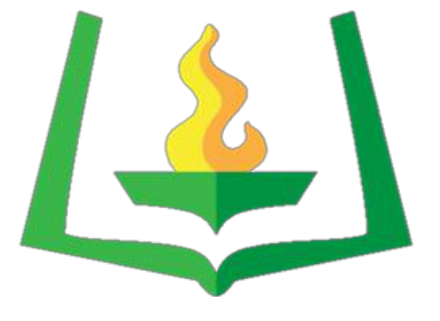
2023-2024
Course Catalog
Aiken County
Public School District
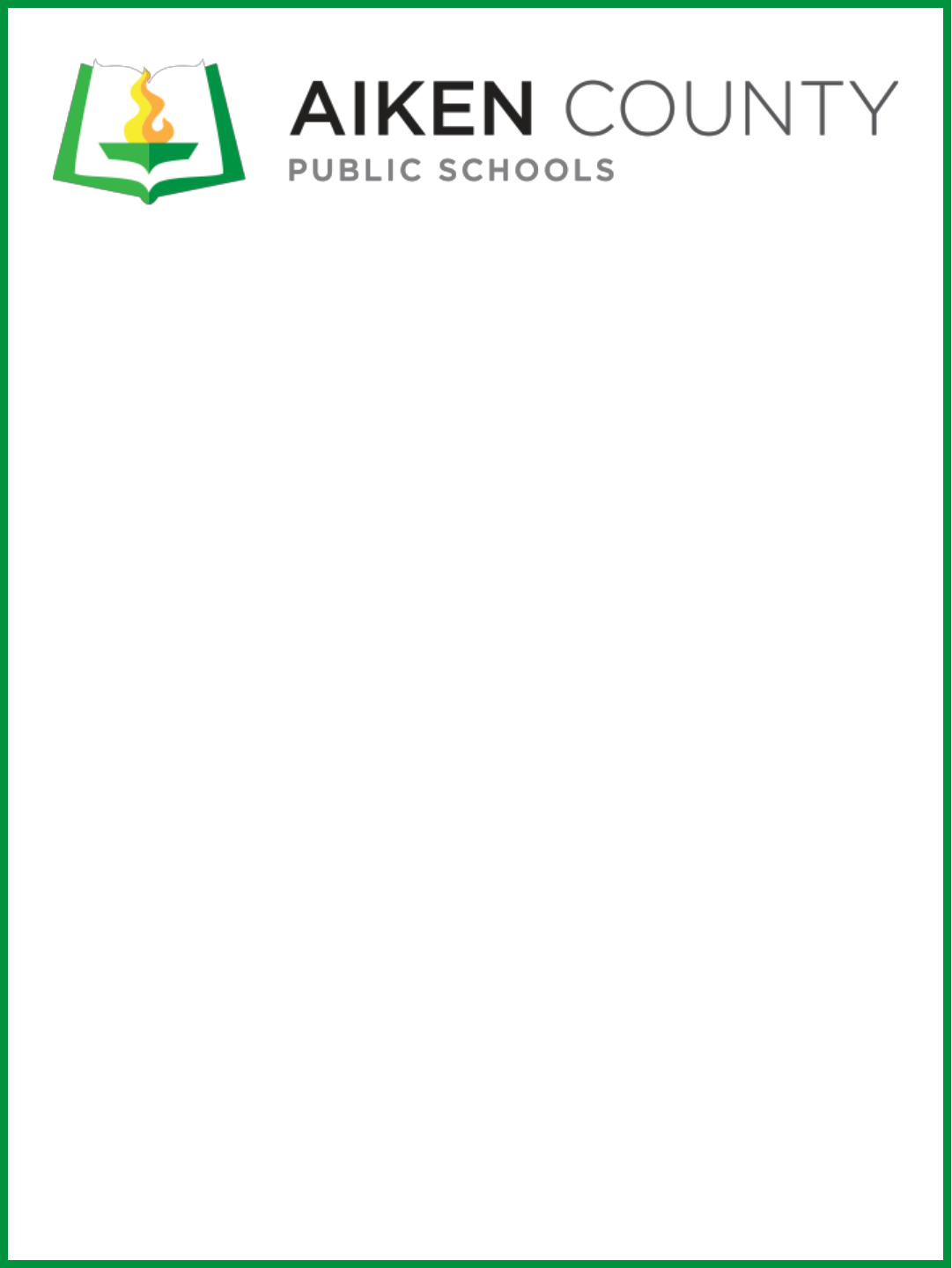
Mission
The Mission of Aiken County Public Schools, the unifying agent of new horizons
and extraordinary possibilies, is to ensure all students thrive as future-ready,
globally mindful, and producve cizens through a responsive and inclusive
school system disnguished by high quality and student-centered learning expe-
riences, transformave stakeholder partnerships, and a culture of purpose, in-
novaon, and excellence.
King Laurence, Superintendent
Aiken County Public School District
1000 Brookhaven Drive
Aiken, SC 29803
803-641-2428
www.acpsd.net
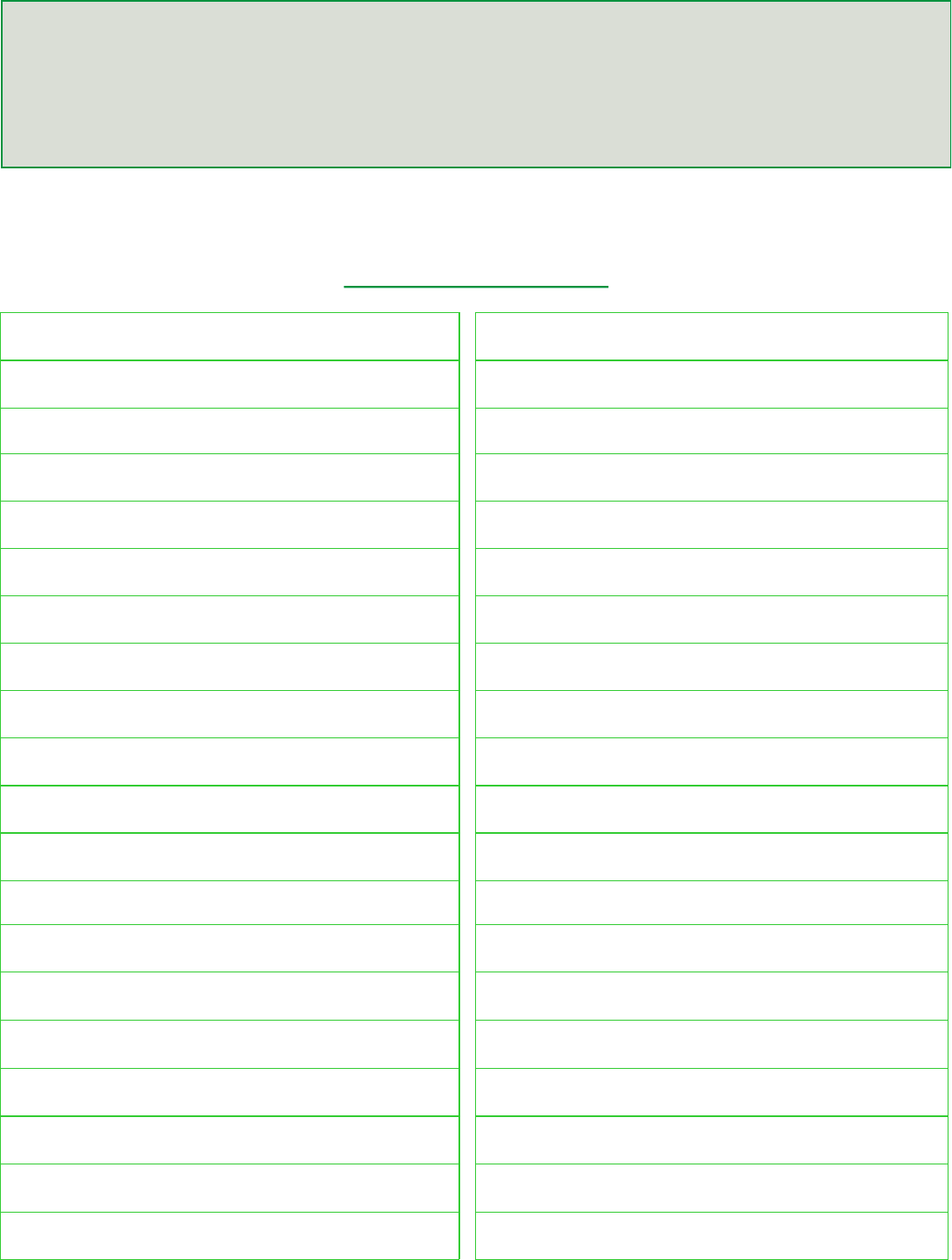
Welcome to the 2023-2024 Course Catalog
The Course Catalog is your guide to SC High School graduaon requirements, scholarship opportunies,
majors, course descripons, and more.
Table of Contents
Mission & Objecves Front Cover
Mathemacs 43
Course Registraon 1 Science 47
Academic Policies 2 Health & Physical Educaon 53
SC Public 4 Year College Requirements
6
Military Science 55
Grading & Assessment System 7 SC Credenal/District Credenal 56
SC Uniform Grading Scale 8 Elecve Courses 62
SC Diploma & Credenal Pathways 9 Educaon & Human Services 65
College and Career Readiness 10 Hospitality & Tourism 66
SC Scholarships 11 Agriculture 67
Assessments 12 Business, Markeng, & Finance 69
High School & College Athlecs 13
Informaon Technology & Engineering
71
College Credit Opportunies 14 Manufacturing & Transportaon 73
Post-Secondary Planning 15 Health Science 74
Individual Graduaon Plans 16 Career Center Courses 76-87
Aiken County Majors 17 Work Based Credit 88
Course Descripons 22 - 85 Aiken iNNOVATE 89
English & Language Arts 22
Aiken County Virtual Academy Courses 90
Social Studies 29 Aiken Works 91
Fine Arts 34 High School Contact Informaon 92
World Language 40

1
Aiken County Public High Schools implemented a 4X4 block schedule during the 2023-2024 school year. Previously,
high schools used a tradional, 7 period day schedule. Grades, test scores, and teacher recommendaons may be
used to determine a student’s placement in specic courses. Students should not register for courses for which they
are not prepared. It is very important to understand that each course begins at an expected level of student ability
and performance. Students should be prepared to select classes when they meet with their school counselor and
parent during their annual Individual Graduaon Plan (IGP) conference. Students are expected to have a parent
signed IGP and registraon sheet on le in the counseling oce for each school year.
STUDENTS PLEASE REMEMBER:
Review your Individual Graduaon Plan (IGP) to make sure high school/college requirements are being met.
Read the course descripons in this guide and make sure you understand the content and prerequisites for courses.
Discuss your course requests with your parents, teachers, and counselors before compleng your registraon each year.
PLEASE CONTACT YOUR HIGH SCHOOL REGARDING DEADLINES FOR
CHANGES TO COURSE REQUESTS AND SCHEDULE CHANGES.
AVAILABILITY OF COURSES
Decisions on whether courses can be oered are dependent on student enrollment, teacher stang, and budget
consideraons. Aiken County Public Schools reserve the right to cancel or eliminate courses for any given school
year. If the administraon decides to cancel a course due to low student enrollment or stang changes, the
student’s alternate choice will be used. If that course is also not available, the student will be consulted to make a
new selecon. If the student cannot be reached, his administrator or counselor will make the choice for him/her.
SCHEDULE CHANGES
Student schedules are generated by the computer system. Placement in secons is determined randomly.
Pre-registraon is used each year to determine the classes needed for the next year, and teachers are hired
according to that need. It is crical to study the course descripons, to consider the prerequisite recommendaons,
and to discuss selecons with parents, teachers, counselors, and administrators. The parent/guardian and student
must sign the completed registraon form or IGP each year. Students and parents are encouraged to make changes
prior to the end of the school year.
Course Registraon

2
COURSE WITHDRAWALS
With the rst day of enrollment in a course as the baseline, students who withdraw from a course within 3 days in a
45-day course, 5 days in a 90-day course, or 10 days in a 180-day course will do so without penalty. Students who
withdraw from a course aer these me limitaons shall be assigned a course grade of "WF" (Withdrawn
Failing), and the "F" (as a 50) will be calculated in the student's overall grade point average. The student must
connue to follow his/her schedule unl the drop form is approved and the new schedule is entered in the
computer.
Students who drop out of school or are expelled aer the allowed period for withdrawal, but before the end of the
grading period will be assigned grades in accordance with the following polices:
The student will receive a WP if he or she was passing the course. The grade of WP will carry no
Carnegie units and no quality points to be factored into the student’s GPA.
The student will receive a WF if he or she was failing the course. The grade of WF will carry no
Carnegie units but will be factored into the student’s GPA as a 50.
If a student fails a course due to excessive absences, an FA will be recorded on his or her transcript. The grade of FA
will carry no Carnegie units but will be factored into the student’s GPA as a 50.
CREDIT RECOVERY
Credit recovery is dened as a course-specic, skill-based learning opportunity for students who have previ-
ously failed to master content or skills required to receive credit. The term “Credit Recovery” refers to a
block of instrucon that is less than the enrety of the course. Credit recovery targets specic components
or a subset of the standards to address deciencies necessary for student prociency in the overall course.
When a student recovers a failing grade, the original failing grade will remain on the transcript and will be
counted in the GPA calculaon. The credit recovery course will be entered on the student record as a new
course which is marked as CR. If the student passes the credit recovery course with a 60 or higher, the pass-
ing grade will be transcribed as a “P” for passing. If the student does not pass a credit recovery course, the
nal grade will be transcribed as “NP” for not passing. The “P” and “NP” are both GPA neutral and do not im-
pact the GPA calculaon. Students wishing to modify their GPA shall repeat the full course for credit and not
seek a credit recovery soluon.
Students who are enrolled in a credit recovery course that requires an end-of-course exam are not required
to retake the end-of-course exam.
PROSPECTIVE STUDENT-ATHLETES SHOULD CONSULT WITH THEIR HIGH SCHOOL COUNSELOR,
COLLEGE ATHLETIC COMPLIANCE OFFICE, AND/OR THE ELIGIBILITY CENTER PRIOR
TO ENROLLING IN A CREDIT RECOVERY COURSE.
Academic Policies

3
UNIT RECOVERY
Unit Recovery for Mastery allows students to recover no more than a quarter of a course, including one or more units
of study and/or supplemental assignments/acvies assigned and approved by a cered teacher, as needed for stu-
dent mastery of course content. Students will work for a mastery grade of 60 within the assigned units. Student will
have four weeks from the date of enrollment to complete Unit Recovery for Mastery. The school administrator or de-
signee can re-evaluate the need for extended me.
ATTENDANCE REQUIREMENTS
For semester long classes, a student must aend 85 of the 90 class days in order to receive credit. For yearlong clas-
ses, a student must aend 170 of the 180 class days in order to receive credit. Remember: Only 3 absences per 45-
day course, 5 absences per 90-day course, and 10 absences per 180-day course are allowed. Students are required
to connue aending class even if credit has been denied in the course or if they are currently failing the class. Ab-
sences in high school credit earning courses are counted on a course-by-course basis.
Notes for Absences
Students must present an excuse to proper ocials within three (3) school days following the return from an ab-
sence or absences. These notes are crucial in determining whether credit can be awarded. Physicians’ notes, excuses
for legal appointments, and death in the family are important factors in determining if credit can be awarded.
PARENT PORTAL (HTTPS://AIKEN.POWERSCHOOL.COM/PUBLIC/)
Parents are encouraged to frequently check their student’s grades using the parent portal website. Parent portal
provides real me access for parents to their child’s grades, aendance, assignments and more. To access the Pow-
erSchool Parent Portal please visit the district website (www.acpsd.net) or contact your child’s school for more infor-
maon.
Academic Policies

4
RETAKING A COURSE
Students in grades nine through twelve may retake a course at the same level of diculty if they have earned a
D, P, NP, WP, FA, WF or an F in that course. Retaking the course means that the student completes the enre course
again (not a subset of the course such as through credit or content recovery). If the course being retaken has an
EOCEP, the EOCEP must be retaken. The student’s transcript will reect both course instances. Only one course
aempt and the highest grade earned for the course will be calculated in the GPA.
A student who has taken a course for a unit of high school credit prior to his or her ninth grade year may retake
that course regardless of the grade he or she has earned. A student who retakes a high school credit course from
middle school must complete it before the beginning of the second year of high school. A student in grades nine
through twelve, must retake a course by the end of the next school year or before the next sequenal course
(whichever comes rst). In such a case, only the highest grade will be used in guring the student’s GPA, but all
course aempts will be reected on the transcript. The student may not retake the course if the course being re-
placed has been used as a prerequisite for enrollment in a subsequent course; i.e., a student may not retake Alge-
bra 1 aer having earned credit for a higher level mathemacs course (Geometry,
Algebra 2).
TRANSFER STUDENTS
High school schedules and course oerings vary from high school to high school both within the district and from
district to district. Parents and students are cauoned that it may not be possible to transfer all credits for courses in
progress from one school to another. Every eort will be made by the receiving high school to evaluate a
student's transcript and move the student into the schedule with minimal disrupon to the student's plan of study.
Courses transferred from another South Carolina public school will be transferred with the grade weight awarded by
the sending school.
CONVERTING GRADES ON TRANSCRIPTS
When transcripts are received from accredited out of state schools (or in state from accredited sources other than
the public schools) and numerical averages are provided, those averages must be used in transferring the grades to
the student’s record.
If the transcript displays leer grades with no numerical averages, this conversion will apply:
A = 95 B = 85 C = 75 D = 65 F = 50
If the transcript indicates that the student has earned a passing grade in any course in which he or she had a
numerical average lower than 60, that average will be converted to a 65 numerical grade on the new scale. See
State Board of Educaon Regulaon 43-273 (South Carolina Uniform Grading Policy) for complete informaon on
transfers and withdrawals. The criterion for accepng transcripts from a home school program is a local decision.
If the transcript shows that the student has earned a grade of P (passing), that grade will be converted to a
numerical designaon on the basis of informaon secured from the sending instuon as to the appropriate
numerical value of the P. If no numerical average can be obtained from the sending instuon, the credit will be
awarded and a “P” will be entered on the transcript. If no numerical average can be obtained from the sending in-
stuon for an “F”, then a “NP” will be transcribed on the student’s transcript.
Academic Policies
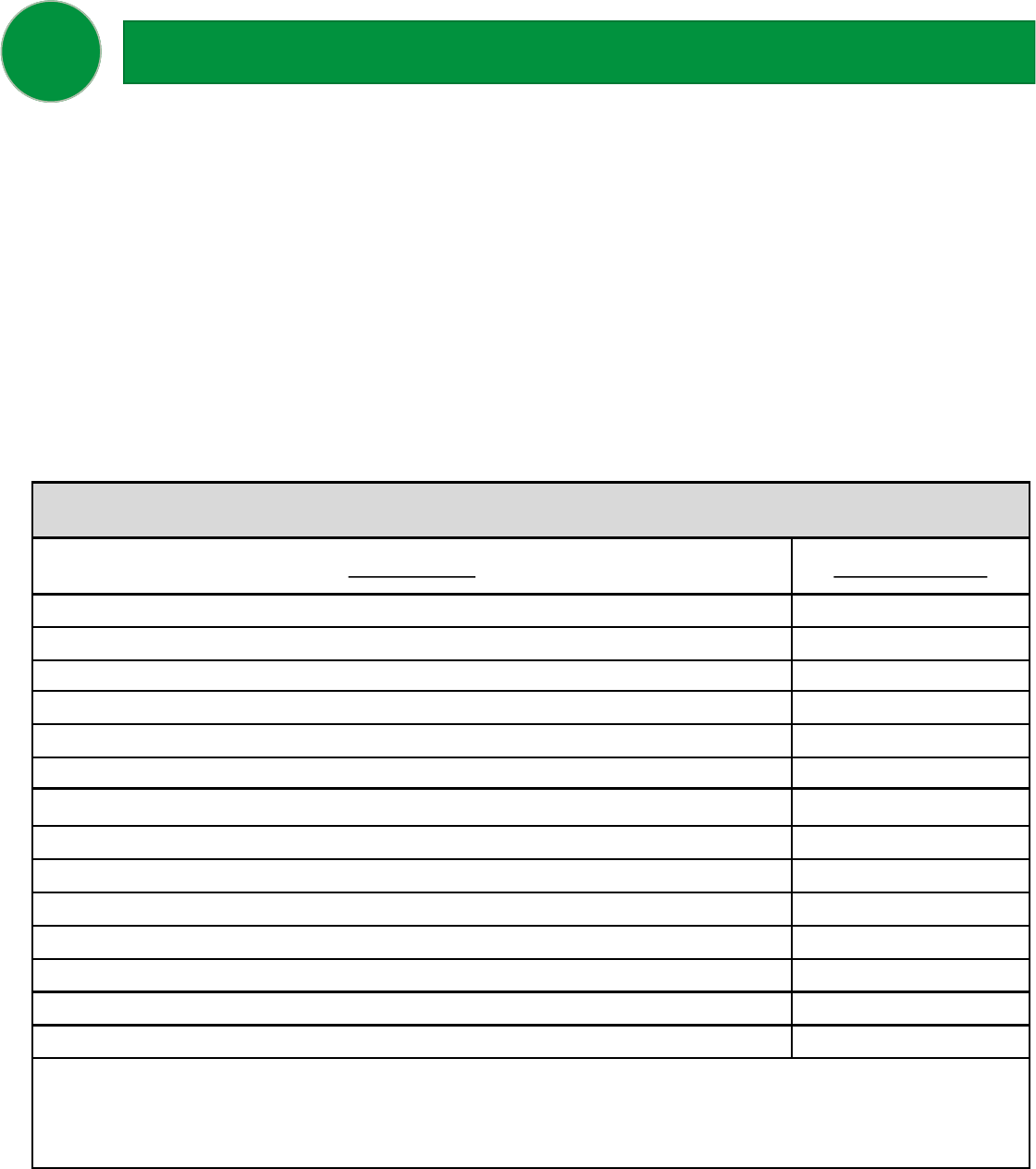
5
HIGH SCHOOL CREDITS AND PROMOTION
Promoon requirements for students entering ninth grade in 2023-24 school year and beyond:
Promoon to 10th grade: 6 credits (to include 1 English and 1 Math credit)
Promoon to 11th grade: 12 credits (to include 2 English, 2 Math, and 1 Science credits)
Promoon to 12th grade: 18 credits (to include 3 English, 3 Math, and 2 Science credits)
Promoon requirements for students who entered ninth grade prior to the 2023-24 school year:
Promoon to 10th grade: 5 credits (to include 1 English and 1 Math credit)
Promoon to 11th grade: 11 credits (to include 2 English, 2 Math, and 1 Science credits)
Promoon to 12th grade: 17 credits (to include 3 English, 3 Math, and 2 Science credits)
Physical Educaon (PE) and Comprehensive Health Educaon (CHE) (§59-32-30; Regulaon 43-238) are re-
quired by law in order for a student to earn a South Carolina High School Diploma per Regulaon 43-234. If
CHE is not integrated into the PE course or another subject, a separate half credit of Comprehensive Health
Educaon is necessary.
GRADUATION REQUIREMENTS
Subject Area Credits Required
English/Language Arts 4
Mathemacs 4
Science 2
Biology 1
U.S. History 1
Economics 0.5
U.S. Government 0.5
Other Social Studies Elecve 1
Physical Educaon 1* or JROTC 1
Computer Science 1
World Language OR Career & Technology Educaon Elecve 1
Personal Finance** 0.5
Elecves 6.5
Total 24
*Students must earn a 0.5 credit of Health if Physical Educaon is taken in a virtual format.
**Personal Finance is required for graduaon beginning with students entering 9th grade in 2023-2024.
Academic Policies
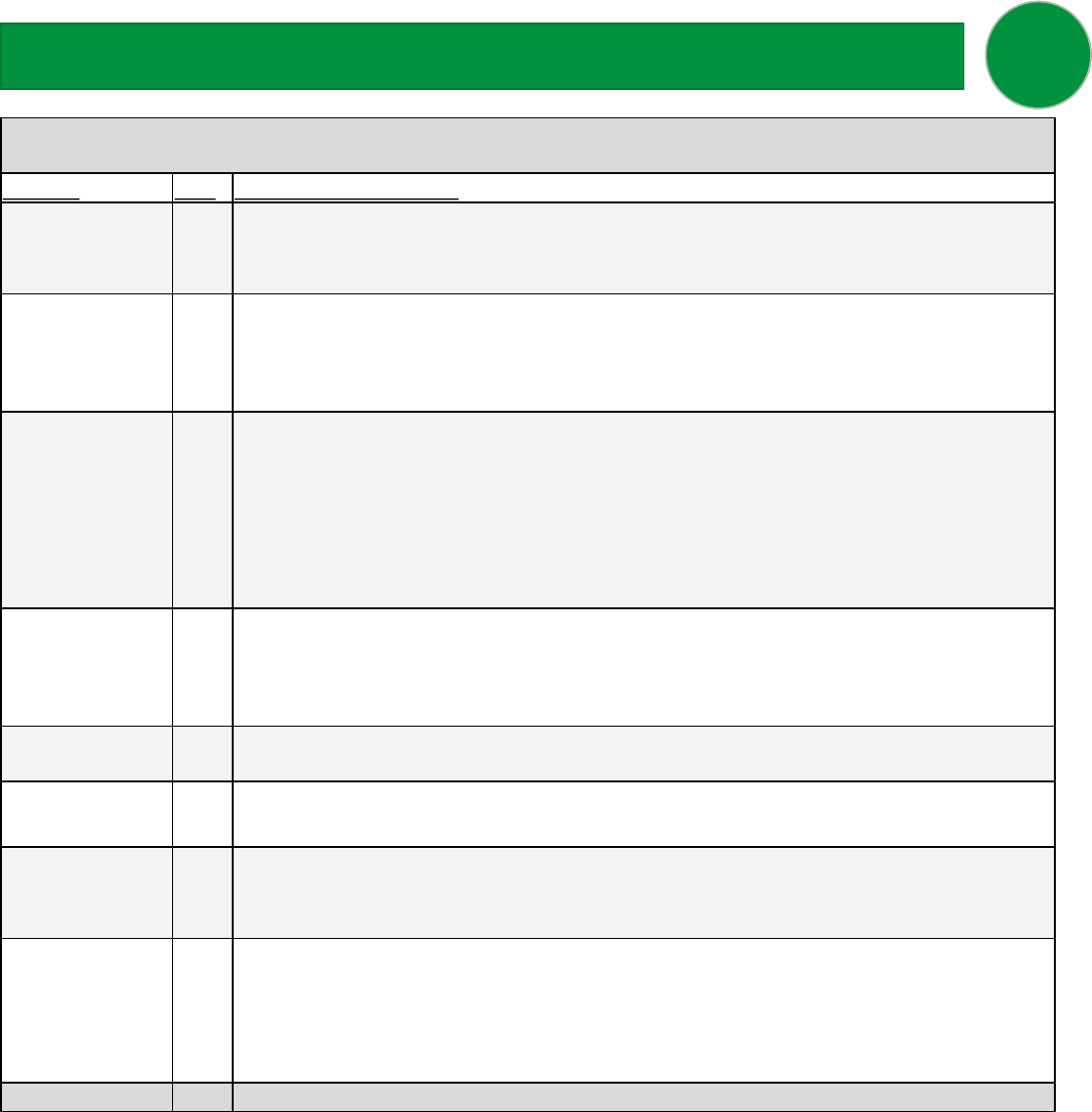
6
South Carolina Public 4 Year Instuon Requirements
HIGH SCHOOL COURSE REQUIREMENTS FOR APPLICANTS TO SOUTH CAROLINA 4-YEAR PUBLIC COLLEGES AND
UNIVERSITIES: CLASS OF 2019 AND BEYOND
Course (s) Units Requirements for Admission
English 4
All four units must have strong reading (including works of con and non-con), wring,
communicang, and researching components. It is strongly recommended that students take two units
that are literature based, including American, Brish, and World Literature.
Mathemacs 4
These units must include Algebra I, Algebra II, and Geometry. A fourth higher-level mathemacs unit should be
taken before or during the senior year. Foundaons in Algebra and Intermediate Algebra may count together
as a substute for Algebra I if a student successfully completes Algebra II. No other courses may be substuted
for the three required mathemacs courses (Algebra I, Algebra II, & Geometry).
Laboratory Science 3
Two units must be taken in two dierent elds of the physical, earth, or life sciences and selected from
among biology, chemistry, physics, or earth science. The third unit may be from the same eld as one of the
rst two units (biology, chemistry, physics, or earth science) or from any laboratory science for which biology,
chemistry, physics and/or earth science is a prerequisite. Courses in general or introductory science for which
one of these four units is not a prerequisite will not meet this requirement. It’s strongly recommended that
students desiring to pursue careers in science, mathemacs, engineering or technology take one course in all
four elds: biology, chemistry, physics, and earth science.
Social Studies 3
One unit of U.S. History, a half unit of Economics, and a half unit of Government are required. World
History or Geography is strongly recommended. Psychology, Sociology, and Civics are considered social
studies credits. Students should check with their school counselor before considering other courses to
meet this requirement
World Language
(Foreign Language)
2
Two units with a heavy emphasis on language acquision.
Fine Arts 1
One unit in appreciaon of, history of, or performance in one of the ne arts. This unit should be selected
from among media/digital arts, dance, music, theater, or visual and spaal arts.
Physical Educaon or
JROTC
1
One unit of physical educaon to include one semester of personal tness and another semester in
lifeme tness. Exempon applies to students enrolled in Junior ROTC and for students exempted
because of physical disability or for religious reasons.
Elecves 2
Two units must be taken as elecves. A college preparatory course in Computer Science (i.e., one involving
signicant programming content, not simply keyboarding or using applicaons) is strongly recommended
for this elecve. Other acceptable elecves include college preparatory courses in English; ne arts; foreign
languages; social science; humanies; mathemacs; physical educaon; and laboratory science (courses
for which biology, chemistry, physics, or earth science is a prerequisite).
Total 20 For Addional Informaon: www.che.sc.gov
NOTES
Each instuon may make excepons in adming students who do not meet all of the prerequisites, limited to those individual
cases in which the failure to meet one or more prerequisites is due to circumstances beyond the reasonable control of the student.
The College Preparatory Course Prerequisite Requirements are minimal requirements for four-year public college admission.
Therefore, students should check early with colleges of their choice to plan to meet addional high school prerequisites that might
be required for admission and to prepare for college entrance examinaons.
Students should prepare themselves for college-level work by enrolling in challenging high school courses, such as honors, Advanced
Placement (AP), Internaonal Baccalaureate (IB), and dual enrollment courses.
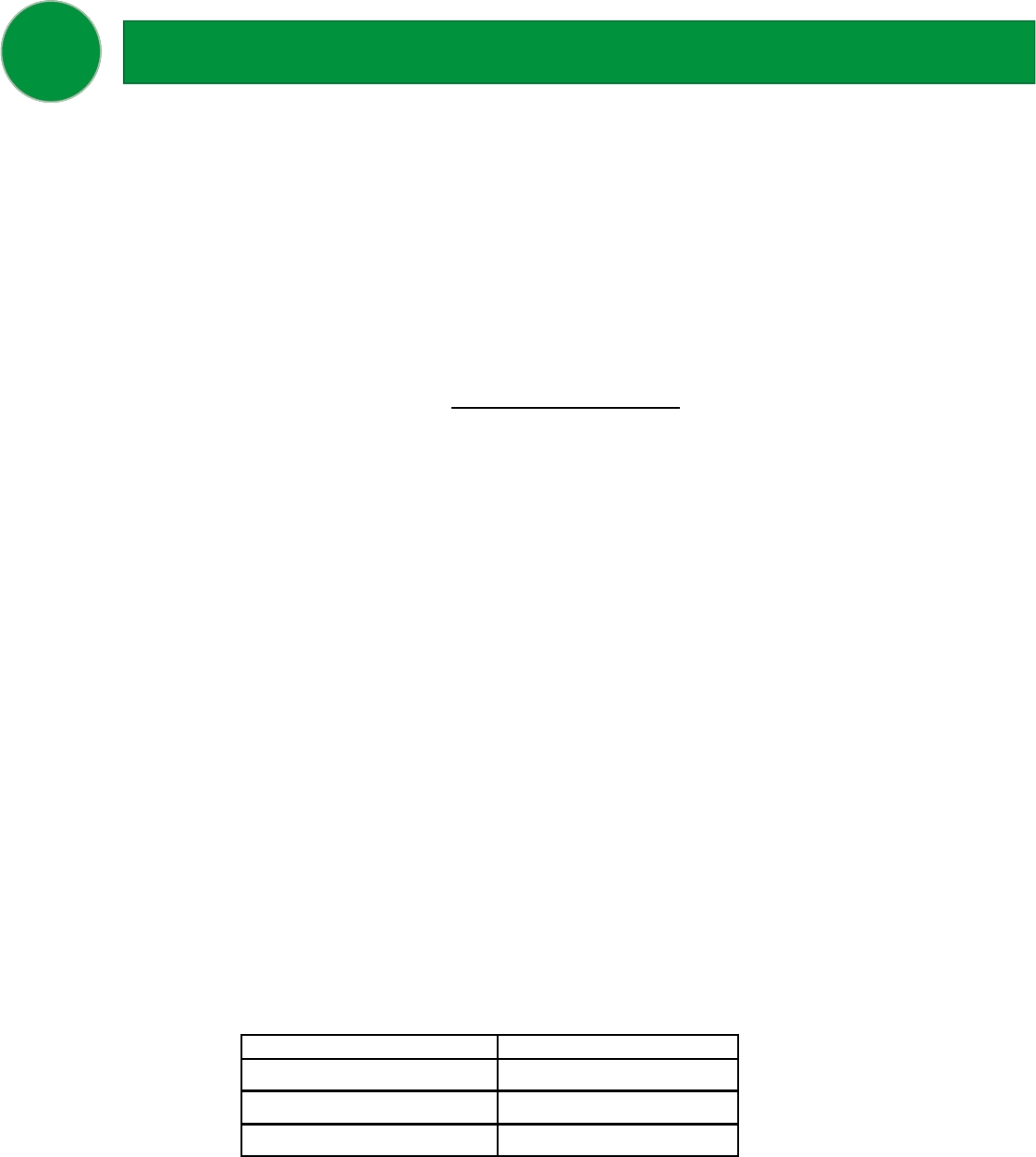
7
GRADING/ASSESSMENT SYSTEMS
The state-mandated uniform grading scale and method for calculang GPA and determining class rank will apply to
all courses taken by a student carrying Carnegie units, including units earned at the middle school. The scale will
yield each student's GPA, and all grade-point raos are then ranked from highest to lowest in the class. Computa-
ons of GPA will not be rounded to a higher number. All diploma candidates in the class are included in the ranking.
COMPUTING GRADE POINT AVERAGES
All South Carolina public schools will use the following formula to compute all GPA’s and will use the 3 decimal point
scale.
GPA = sum (quality points x units)
sum of units aempted
HONORS COURSES
Honors courses, which extend and deepen the opportunies provided by courses at the high school level, are
designed for students exhibing superior abilies in the parcular content area. The honors curriculum places
emphasis on crical and analycal thinking, raonal decision making, and inducve and deducve reasoning.
HONOR STUDENTS/ HONOR GRADUATES
Valedictorian and Salutatorian - Students graduang early will be ranked as members of the senior class, but
students must aend 8 semesters in a high school (grades 9 to 12) to qualify for the recognion of Valedicto-
rian or Salutatorian. To be recognized as Valedictorian or Salutatorian, students must be enrolled before the
beginning of the ( 11th grade/third year) or have four consecuve semesters at the awarding high school.
Further, to qualify as Valedictorian or Salutatorian, students must take a minimum of four courses (1.0 credit)
in at least two of the remaining four semesters on the school campus. The Valedictorian and Salutatorian
designaon will be determined at the conclusion of the 8th semester.
Junior Marshals - The 11th grade students who have the highest class rank at the end of the h semester will be rec-
ognized as Junior Marshalls.
School Enrollment 1200 or higher 20 Junior Marshalls
800 – 1199 15 Junior Marshalls
799 and below 10 Junior Marshalls
Honor Graduates -
Senior Scholars-
Aiken County recognizes students as Senior Scholars for maintaining academic excellence. Senior Scholars
must be a 12th grade student and have a minimum cumulave GPA of 3.75, rank in the top 10% of the class,
and have earned a minimum of a “B” (80 or higher) each quarter in every credit-bearing high school course.
In addion, nal grades in dual enrollment and virtual courses must be a “B” or higher.
Grading and Assessment System
Honor Graduate Designaon Class of 2021 and beyond
Summa Cum Laude GPA 4.8 or higher
Magna Cum Laude GPA 4.4-4.7
Cum Laude GPA 3.9-4.3
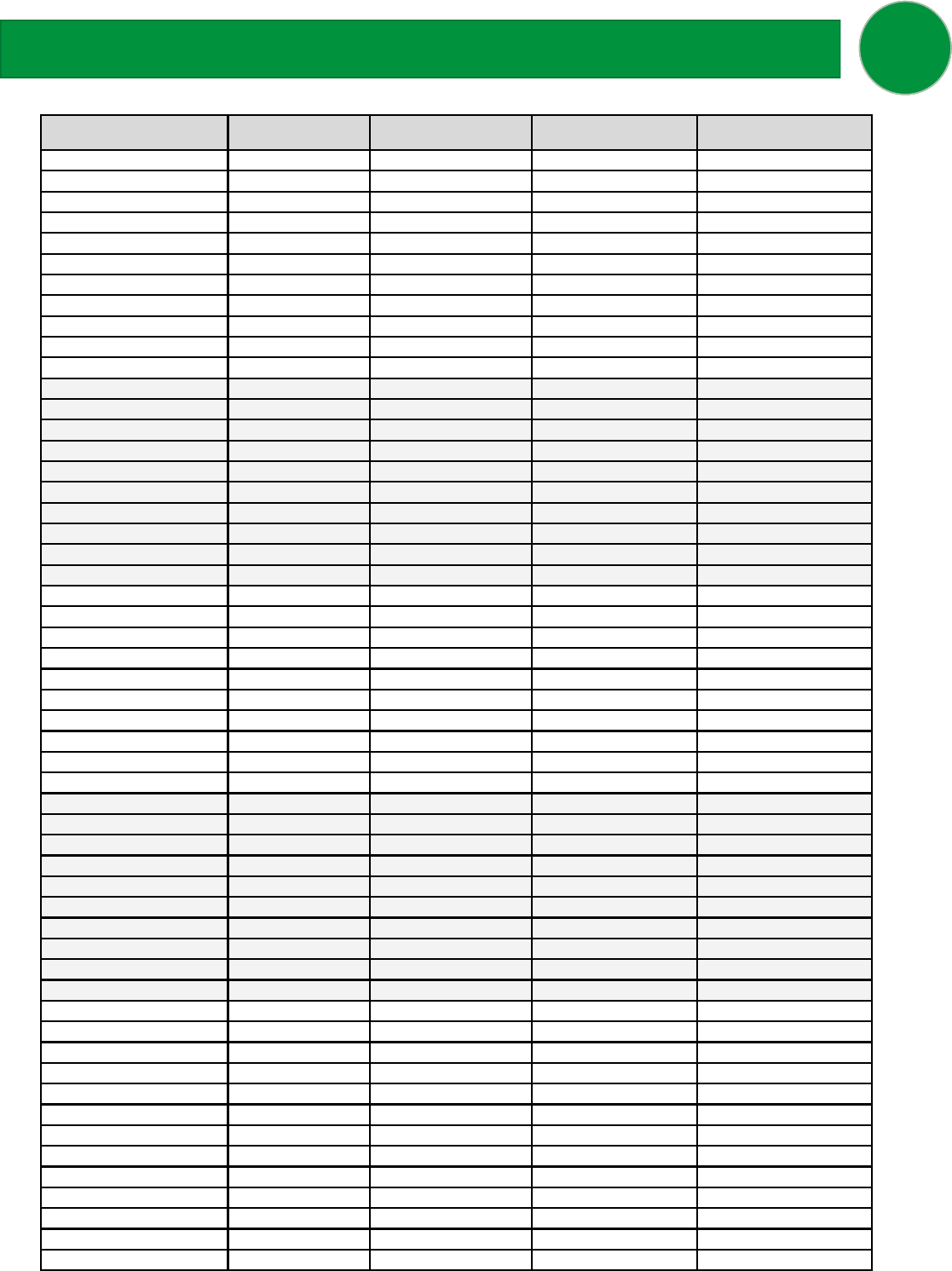
8
South Carolina’s Uniform Grading Scale
Numerical Average Leer Grade College Prep Honors AP/IB/Dual Credit
100 A 5.000 5.500 6.000
99 A 4.900 5.400 5.900
98 A 4.800 5.300 5.800
97 A 4.700 5.200 5.700
96 A 4.600 5.100 5.600
95 A 4.500 5.000 5.500
94 A 4.400 4.900 5.400
93 A 4.300 4.800 5.300
92 A 4.200 4.700 5.200
91 A 4.100 4.600 5.100
90 A 4.000 4.500 5.000
89 B 3.900 4.400 4.900
88 B 3.800 4.300 4.800
87 B 3.700 4.200 4.700
86 B 3.600 4.100 4.600
85 B 3.500 4.000 4.500
84 B 3.400 3.900 4.400
83 B 3.300 3.800 4.300
82 B 3.200 3.700 4.200
81 B 3.100 3.600 4.100
80 B 3.000 3.500 4.000
79 C 2.900 3.400 3.900
78 C 2.800 3.300 3.800
77 C 2.700 3.200 3.700
76 C 2.600 3.100 3.600
75 C 2.500 3.000 3.500
74 C 2.400 2.900 3.400
73 C 2.300 2.800 3.300
72 C 2.200 2.700 3.200
71 C 2.100 2.600 3.100
70 C 2.000 2.500 3.000
69 D 1.900 2.400 2.900
68 D 1.800 2.300 2.800
67 D 1.700 2.200 2.700
66 D 1.600 2.100 2.600
65 D 1.500 2.000 2.500
64 D 1.400 1.900 2.400
63 D 1.300 1.800 2.300
62 D 1.200 1.700 2.200
61 D 1.100 1.600 2.100
60 D 1.000 1.500 2.000
59 F 0.900 1.400 1.900
58 F 0.800 1.300 1.800
57 F 0.700 1.200 1.700
56 F 0.600 1.100 1.600
55 F 0.500 1.000 1.500
54 F 0.400 0.900 1.400
53 F 0.300 0.800 1.300
52 F 0.200 0.700 1.200
51 F 0.100 0.600 1.100
0-50 F 0.000 0.000 0.000
51 WF 0.000 0.000 0.000
51 FA 0.000 0.000 0.000
- WP 0.000 0.000 0.000
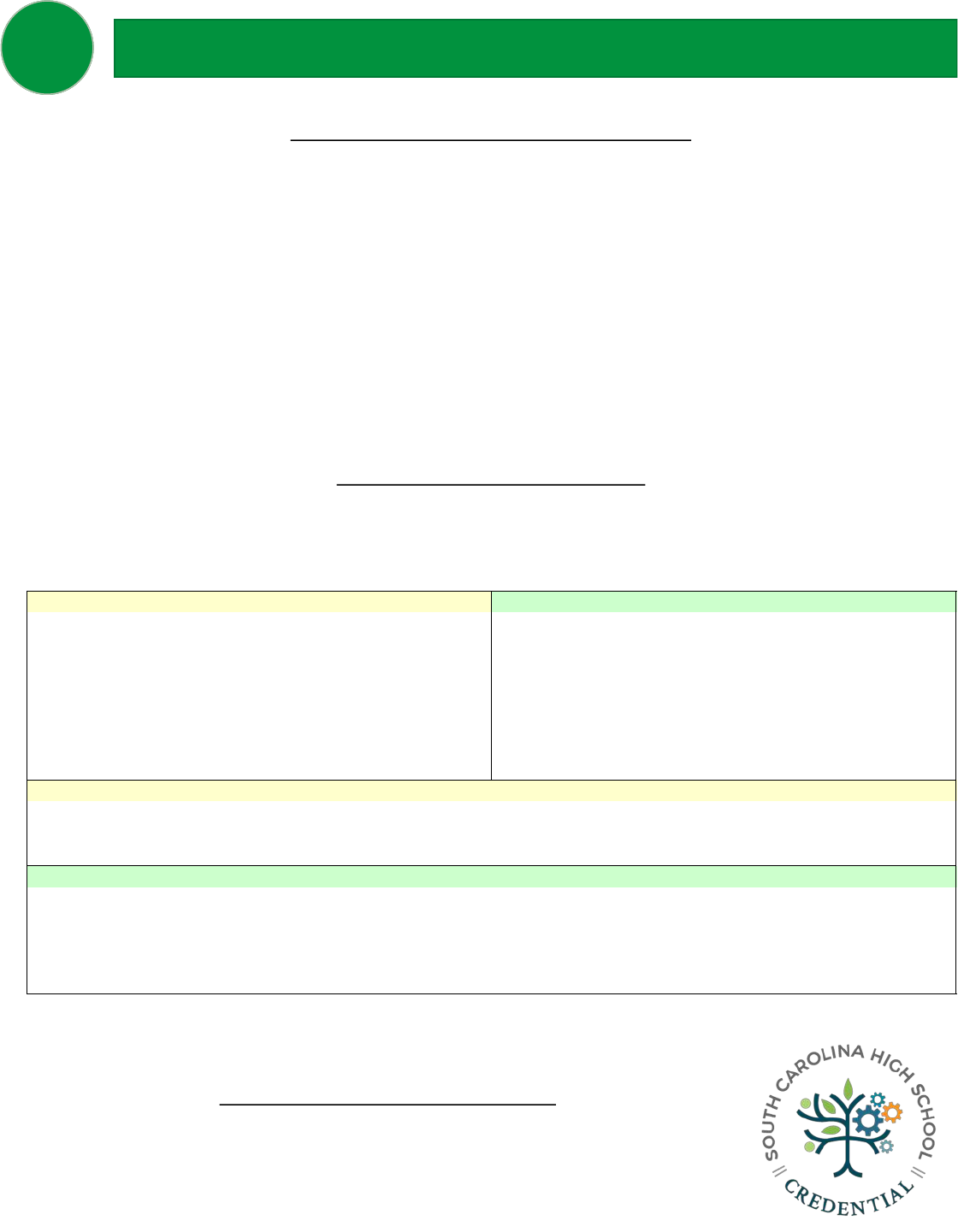
9
SC Diploma & Credenal Pathways
SOUTH CAROLINA STATE ACADEMIC HONORS AWARD
To receive an academic honors award, a student will:
complete twenty-four units of credit as prescribed;
receive a minimum grade of “B” for each semester course in grades 9–12 through the seventh semester; and
achieve either a score of 710 or higher on the SAT verbal, a score of 690 or higher on the SAT mathemacs, a score of 30 or
higher on the ACT English, or a score of 33 or higher on the ACT mathemacs;
OR –
each student shall have completed twenty-four units of high school credit; Of the twenty-four units earned, eighteen units
must be college preparatory coursework, four units in addional elecves, and two units in one or more of the following:
English, science, social studies, or mathemacs.
be eligible for graduaon with a state high school diploma
receive a minimum grade of “B” for each semester course in grades 9–12 through the seventh semester
have a combined score of 1400 on the SAT verbal and math secons, or an ACT composite score of 31.
SOUTH CAROLINA SEALS OF DISTINCTION
Beginning with the class of 2022, students may earn one or more Disncons: Honors, College, Career,
Specializaon (with focus areas in the following: STEM, World Language, Arts, and Military).
GPA requirements must be met by the end of rst semester of senior year or with the nal GPA. Students who meet the
GPA requirement at the end of the rst semester of the senior year do not need to re-qualify
with the nal GPA.
SOUTH CAROLINA HIGH SCHOOL CREDENTIAL
Students with Individual Educaon Plans may be eligible to earn a South Carolina High School
Credenal. To align with the Prole of the South Carolina Graduate, this opportunity will assist
students with disabilies in acquiring skills necessary to be successful aer high school. Students
with disabilies entering ninth grade may aain a uniform diploma through a personalized path-
way or they may aain a uniform SC Credenal. The IEP team will determine if the student’s
expected outcome is to earn a SC High School Diploma or the state-recognized SC Credenal.
Honors College
4 English Credits - 2 at the honors level or higher 4 English Credits
4 Math Credits - 3 at the honors level or higher 4 College Prep. Math Credits
3 Lab Science Credits - 2 at the honors level or higher 3 Lab Science Credits
3 Social Studies Credits - 2 at the honors level or higher 3 Social Studies Credits
3 World Language Credits of the same language 2 World Language Credits of the same language
GPA- 3.5 or higher on the SC UGP One Fine Arts Credit
Advanced Coursework - 4 honors or higher credits (Jr/Sr year;
eg. Honors, Dual Credit, AP)
GPA - 3.0 or higher on the SC UGP or ACT=20+ or SAT =1020+
Career
Compleon of an EEDA Major OR a CATE major (4 aligned courses)
One Industry-recognized credenal or Silver or higher on the ACT WorkKeys or a semester-long Work-based learning credit
GPA- 2.5 or higher on the SC UGP
Specializaon
GPA - 3.0 or higher on the SC UGP
STEM- 4 addional courses in one or more areas of STEM with 2 at honors or higher
Military- 4 JROTC courses AND score of 31 or higher on the ASVAB
Arts- 4 elecves in any arts area with 2 at honors or higher and mastery level on external performance task
World Languages- 4 credits in the same language or prociency test or AP score of 3 or higher (ACTFL/AP/ACCESS)
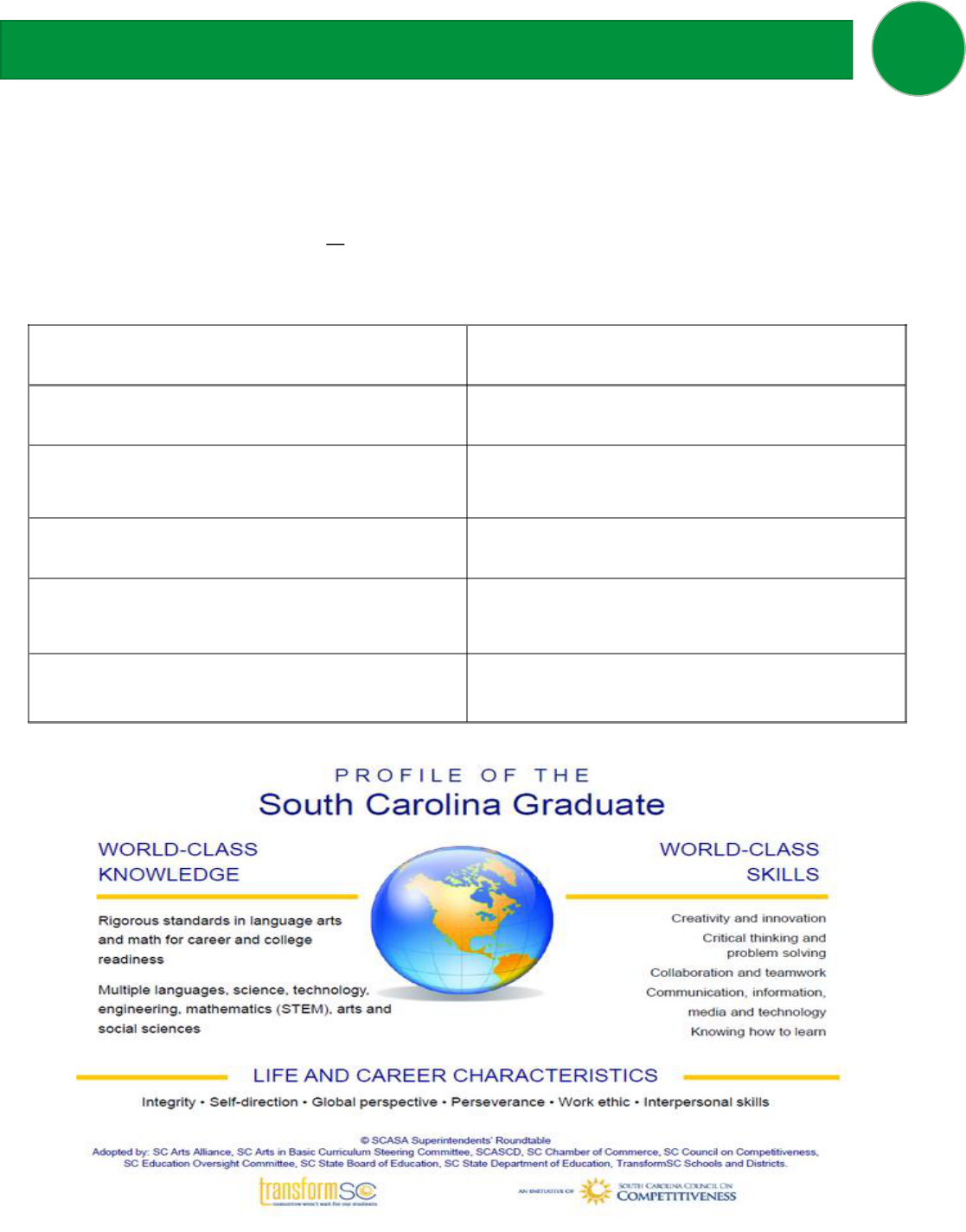
10
College and Career Readiness
The South Carolina College and Career-ready indicators are designed to measure the percentage of graduates
who are prepared to enter the workforce ready to earn a living wage or enter college without the need for
remediaon. To be eligible for early dismissal during the senior year of high school, students must have
earned college or career readiness or be enrolled in a CTE pathway or work-based learning program.
Students can demonstrate college and/or career readiness by meeng one or more of the
following criteria:
College Ready Career Ready
ACT Composite=20 or above CTE Completer with Industry Credenal
SAT Total Crical Reading + Math=1020 or above Score of “3” or higher on all secons of the WIN
career readiness test
AP test score of 3 or higher ASVAB score of 31 or higher
Dual Enrollment in 6 credit hours with a nal
grade of “C” or higher
Completed Apprenceship, Internship, or Co-Op
Score a “C” or higher in any Advanced Level (A) or
Advanced Subsidiary (AS) Cambridge exam
Recipients of the SC Employability Credenal
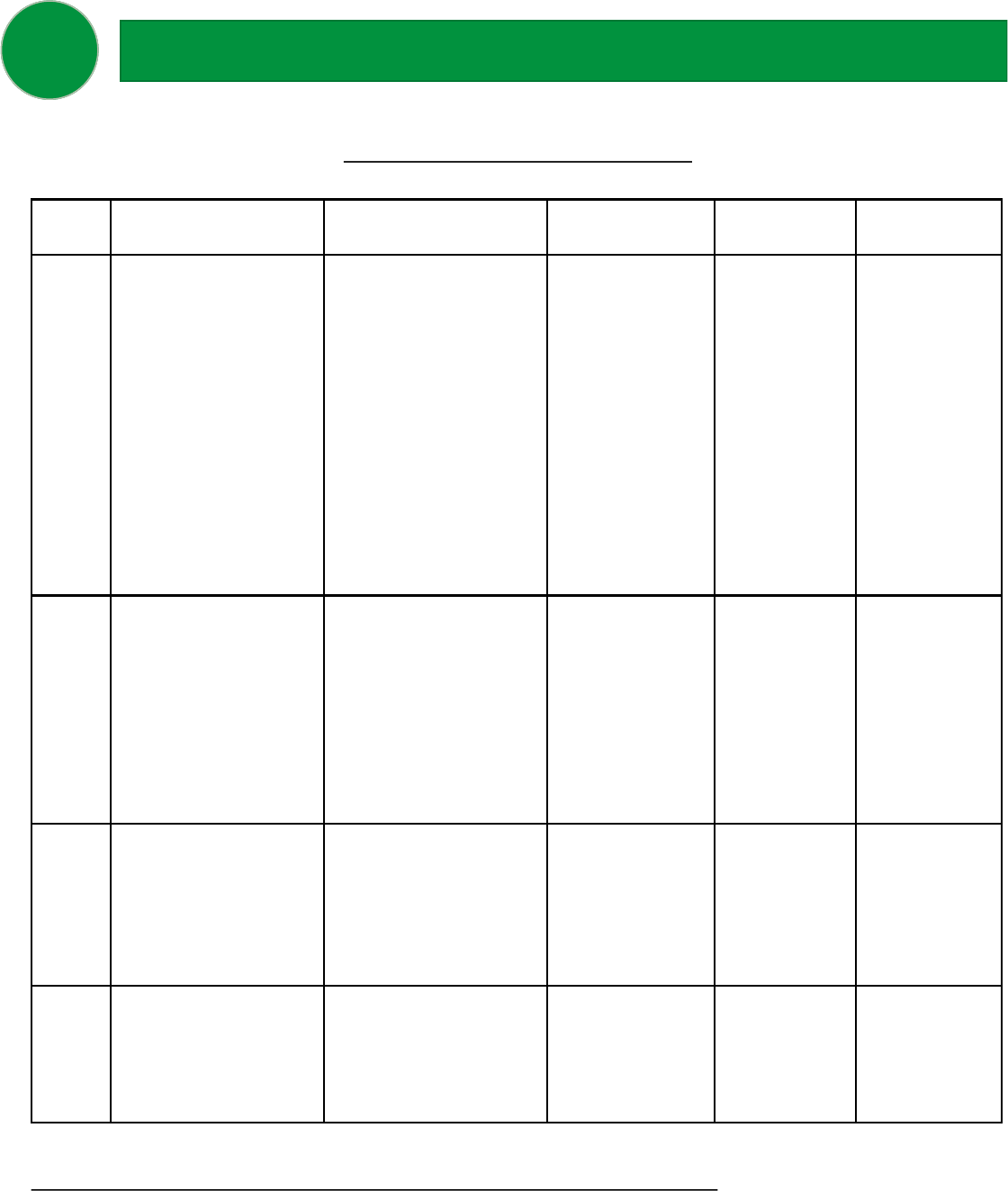
11
South Carolina State Scholarships
Palmeo Fellows
Scholarship
LIFE Scholarship
S.C. HOPE
Scholarship
S.C. Needs-based
Grant
Loery Tuion
Assistance
Inial
Eligibility
Minimum 3.5 cumulave
GPA based on S.C. Uniform
Grading Scale
Rank in top 6% of class at
end of sophomore, junior,
or senior year
Minimum score of 1200 on
SAT or 25 on ACT
-OR-
Minimum 4.0 cumulave
GPA based on S.C. Uniform
Grading Scale
Minimum Score of 1400 on
SAT or 31 on ACT
Rank requirement waived
For a 4-year Instuon, must
have 2 of 3:
Minimum of 3.0 on S.C.
Uniform Grading Scale
Rank in top 30% of high
school graduaon class
Minimum Score of 1100 on
SAT or 22 on ACT
-OR-
Minimum 3.0 cumulave GPA
based on S.C. Uniform Grad-
ing Scale at two-year instu-
on
Test score and rank are
waived
For students who do
not qualify for the LIFE
or Palmeo Fellows
Program, but graduate
from high school with
at least a B average
(3.0+)
Minimum 3.0
cumulave GPA
based on the S.C.
Uniform Grading
Scale
No minimum test
score or rank
required
No minimum
GPA
Students must
complete Free
Applicaon for
Federal Student
Aid (FAFSA)
No minimum GPA
Students must
complete Free
Applicaon for
Federal Student
Aid (FAFSA)
Two-year instu-
ons only
Award
Amount
Up to $6,700 toward the cost
of aendance at eligible
four-year instuons
freshman year
Up to $7,500 for sophomore,
junior, and senior years
-Up to $10,000 for math or
science majors beginning in
sophomore year
Up to $5,000 (includes $300
book spend) towards the cost
of aendance at eligible
four-year instuons
-OR-
Up to the cost of aendance at
eligible two-year instuons
plus $300 book spend
$2,800 (includes $300
book spend) towards
the cost of aendance
at eligible four-year
instuons
Up to $2,500 for full
me students and
$1,250 for
part-me students
towards the cost of
aendance at
eligible four-year
instuons
Up to the cost of
tuion
Renewal
Criteria
Minimum 3.0 cumulave GPA
and 30 credit hours for
graduaon purposes each
academic year
Minimum 3.0 LIFE GPA and an
average 30 credit hours each
academic year based on inial
college enrollment
This scholarship is for
the rst year of
aendance at a four-
year instuon only.
Fill out FAFSA and
minimum 2.0
cumulave GPA
and 24 credit hours
each academic year
if full me and 12
hours if part me.
Fill out FAFSA and
sasfactory
academic progress
Term
Limit
Eight consecuve terms
toward rst bachelor’s degree
Two consecuve terms for
cercate or diploma; Four
consecuve terms for an
associate’s degree; Eight
consecuve terms for rst
bachelor’s degree
Up to two consecuve
terms of funding
Eight consecuve
terms toward
bachelor’s degree
South Carolina Scholarships
All state-funded scholarships require US Cizenship or status as a permanent legal resident.
Note about Palmeo Fellows and LIFE scholarships for December and July Graduates:
Parents and students are encouraged to read all state scholarship guidelines by vising the website for the South Caro-
lina Commission of Higher Educaon: www.che.sc.gov
December graduates must apply for Palmeo Fellows aer compleon of the junior year or before the mid-year gradu-
aon date. Students must meet all inial eligibility criteria (rank, GPA, test score). Students must enroll full-me at a
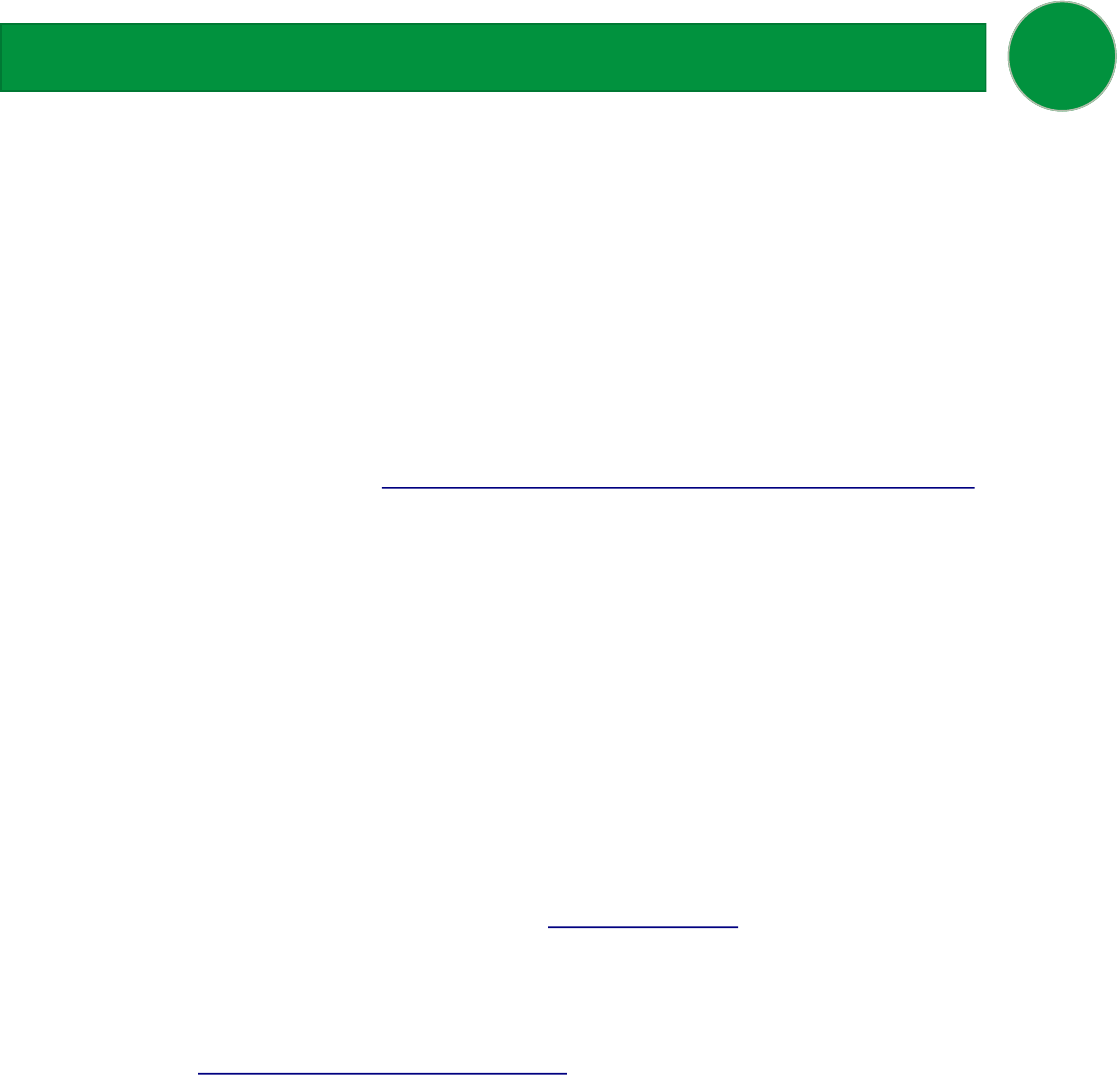
12
EOC—End of Course Examinaon Program
The Educaon Accountability Act of 1998 requires the development of end-of-course examinaons in gateway or
benchmark courses. The program is called End-of-Course-Examinaon Program (EOCEP). All public middle school,
high school, alternave school, virtual school, adult educaon, and home school students who are enrolled in
courses in which the academic standards corresponding to the EOCEP tests are taught, regardless of course name or
number, must take the appropriate tests. Each examinaon will be administered to the students at the end of the
semester in which they are scheduled to complete the course.
The examinaons, which count 20 percent of the students’ nal grade in each gateway or benchmark course,
include Algebra 1/Intermediate Algebra, English 2, US History and the Constuon, and Biology 1.
PSAT
The PSAT has two primary purposes (hp://www.collegeboard.com/student/tesng/psat/about.html). First, it
introduces a student to the organizaon and queson types found on the SAT so that a student gains test-taking
skills, and it can predict scores on the SAT. Second, the junior year scores on the PSAT are used in selecng
semi-nalists for the Naonal Merit Scholarship Awards. The PSAT is oered once a year in October.
WIN
All students entering the third year of high school are administered the WIN career readiness assessment. The WIN
test is a job skills assessment system that helps employers select, hire, train, develop, and retain a
high-performance workforce. This series of tests measures foundaonal and so skills and oers specialized
assessments to target instuonal needs.
ACT
The ACT is a mulple-choice test made up of four subtests in English, math, reading comprehension, and science
reasoning. Each subtest has a score of 1-36 and is equal to 25% of the test score. A composite score is calculated by
taking an average of the four subtests. The ACT also includes an oponal wring exam, which is scored separately
from the composite score. For addional informaon visit: www.actstudent.org.
SAT
The redesigned SAT focuses on the knowledge and skills that current research shows are most essenal for college
and career readiness and success. The SAT redesign centers on eight key changes; to learn more about these
changes, please visit www.collegereadiness.collegeboard.org.
Assessments

13
HIGH SCHOOL ATHLETIC ELIGIBILITY
To parcipate in interscholasc acvies, students in grades nine through twelve must achieve an overall
passing average and either:
-Pass at least four academic courses, including each unit the student takes that is required for graduaon.
The required courses are as follows:
English/Language Arts 4 Units, Mathemacs 4 Units, Science 3 Units, U.S. History and Constuon 1 Unit,
Economics (1/2 Unit), Government (1/2 Unit), Other Social Studies 1 Unit, Physical Educaon or ROTC 1 Unit,
Computer Science 1 Unit, Foreign Language/CTE 1 Unit
or
-Pass a total of ve academic courses. Students must sasfy these condions in the semester preceding par-
cipaon in the interscholasc acvity, if the interscholasc acvity occurs completely within one semester
or in the semester preceding the rst semester of parcipaon in an interscholasc acvity if the acvity oc-
curs over two consecuve semesters and is under the jurisdicon of the South Carolina High School League.
Please visit the SC High School League webpage for full details: hps://schsl.org/archives/8332#:~:text=To%
20parcipate%20in%20interscholasc%20acvies,that%20is%20required%20for%20graduaon.
COLLEGE BOUND ATHLETES
NCAA Eligibility
The Naonal Collegiate Athlec Associaon (NCAA) has in force policies regarding athlec eligibility for Division I
and Division II schools. To be eligible for nancial aid, pracce and compeon during the freshman year,
students must:
graduate from high school;
take NCAA approved college preparatory courses
present a minimum combined test score on the SAT or a minimum combined score on the ACT according to a
sliding scale using the GPA from core courses; and
present a minimum GPA in at least 16 core courses in subject areas as dened by the NCAA.
Students planning to parcipate in athlecs at Division I or Division II colleges or universies must be cercated by
the NCAA Eligibility Center. Students should contact the athlec oce, the school counseling oce or the NCAA
Eligibility Center at www.eligibilitycenter.org for specic informaon regarding core course grades, minimum test
scores and minimum GPA as dened by the NCAA.
NAIA Eligibility
The NAIA Eligibility Center is responsible for determining the eligibility of rst-me NAIA student-athletes. Any
student playing NAIA sports for the rst me in the fall of 2011 or later must have his or her eligibility determined by
the NAIA Eligibility Center.
Any student who wants to play NAIA sports will need to register. ACT and SAT test scores should be sent to the
NAIA Eligibility Center directly from the tesng service using the code 9876.
Ocial transcripts conrming high school graduaon, cumulave GPA and class rank should be sent to the NAIA
Eligibility Center directly from the student's high school aer high school graduaon.
Students planning to parcipate in athlecs at NAIA colleges must register by vising www.playnaia.org and
create a prole.
High School and College Athlecs
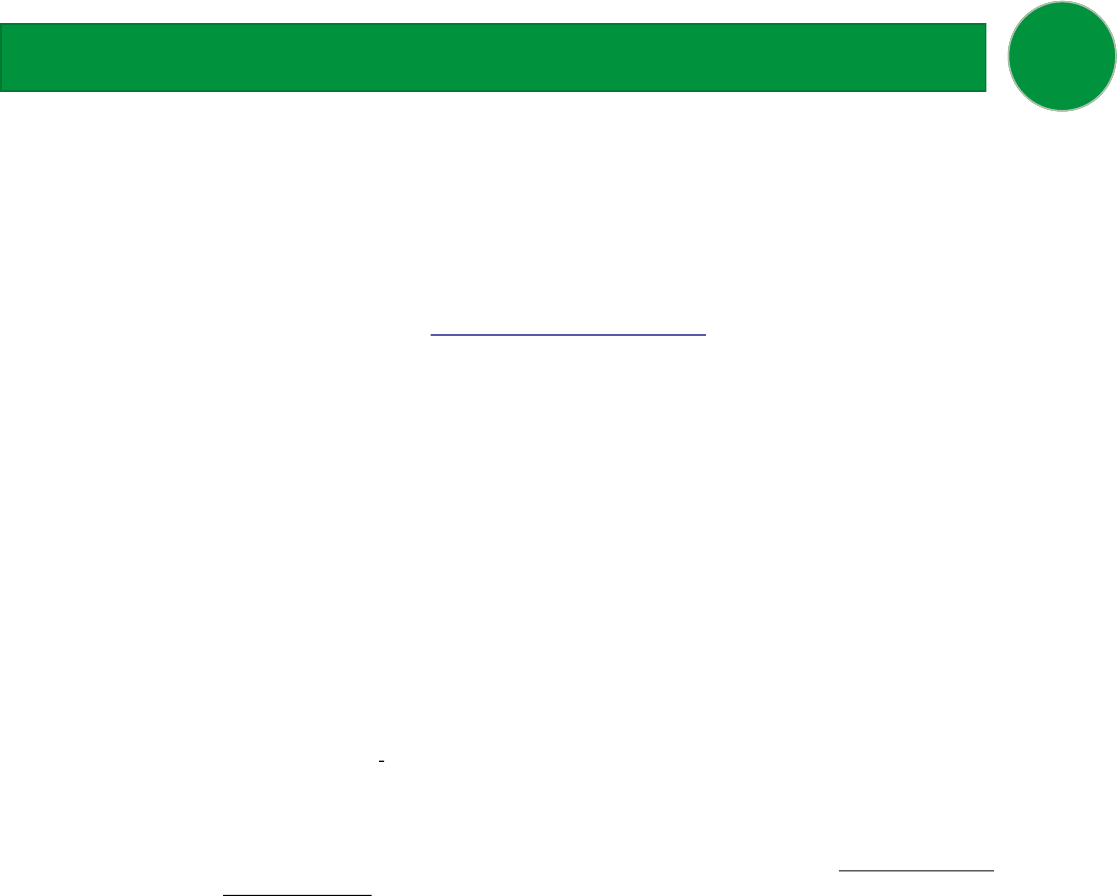
14
COLLEGE CREDITS WHILE IN HIGH SCHOOL
Students may obtain college credit while in high school through the following programs:
ADVANCED PLACEMENT (AP)
Advanced Placement describes high school courses that oer college-level academic work to prepare students for the rigors of
college. This program is operated by the College Board, a naonal organizaon that develops course curriculum, provides
teacher training and administers a naonal standardized exam for each AP course. Students enrolled in these courses must take an
AP exam. Successful scores on the AP exam may qualify students for college credit and advanced standing at U.S.
colleges and universies. For more informaon visit www.apcentral.collegeboard.com.
CAMBRIDGE
Cambridge Internaonal prepares students for life, helping them develop an informed curiosity and a lasng passion for
learning. This program is part of Cambridge Assessment, a department of the University of Cambridge. These internaonal quali-
caons are recognized by the world’s best universies and employers, giving students a wide range of opons in their educaon
and career.
Cambridge Advanced Internaonal Cercate of Educaon (Cambridge AICE) is a group cercate which requires learners to study
subjects drawn from three curriculum areas within Cambridge Internaonal AS & A Level: mathemacs and science,
languages, and arts and humanies. There is also a compulsory core subject, Cambridge Internaonal AS Level Global
Perspecves & Research. The Cambridge AICE Diploma includes the ‘gold standard’ Cambridge Internaonal AS & A Level qualica-
ons, and oers learners the opportunity to tailor their studies to their individual interests, abilies and future plans within an in-
ternaonal curriculum framework. Many schools use Cambridge Internaonal AS Level assessments to give learners valuable feed-
back on their performance before they complete their full Cambridge Internaonal A Level and the Cambridge AICE Diploma.
DUAL CREDIT
Dual credit courses, whether they are taken at the school where the student is enrolled or at a post-secondary instuon, are
those courses for which the student has been granted wrien permission by his/her home school to earn both Carnegie units and
college credit for those parcular courses.
Dual credit courses that are applicable to baccalaureate degrees, associate degrees, or cercaon programs that lead to an
industry credenal oered by accredited instuons per established district arculaon agreements will carry an addional weight
of 1.0 quality point added to the college prep (CP) weight. (see State Board of Educaon Regulaon 43-234, Dened
Program, Grades 9-12 and Regulaon 43-259, Graduaon Requirements).
The high school will transcribe a numerical average of 0 to 100 when provided by the postsecondary instuon for the purpose of
recording a nal grade on the high school transcript. If the numerical average is not provided, the UGP conversion rule for
other grades will be applied. College remediaon courses may not be taken for dual credit. Courses less than 3 credit hours may
not be taken for dual credit. College orientaon courses oered by postsecondary instuons carry CP weighng. When a student
transfers from out of state, the weight applied at the sending instuon according to that state’s regulaons will be applied on the
transcript in accordance with the UGP.
CONCURRENT CREDIT
Concurrent credit is a college program that allows high school students to take college courses, while enrolled in high school and earn college credit. With
the permission from their high schools, qualied students may enroll in college courses oered by post secondary instuons. Course
competed as a part of the Concurrent credit program will become a part of the students’ college transcripts, but will not be recorded as a part of their
high school transcript. The student and/or parent are responsible for paying all college fees.
TECHNICAL ADVANCED PLACEMENT CREDIT
Students can earn college credit in partnership with Aiken Technical College for taking specic technical-based courses while in high school. Course
credit eligibility is based on certain prociency standards. Credit is awarded as an exempon credit and is not factored into a student’s college GPA; how-
ever, exempon credit can be used toward achieving a diploma or degree for specic programs.
College Credit Opportunies
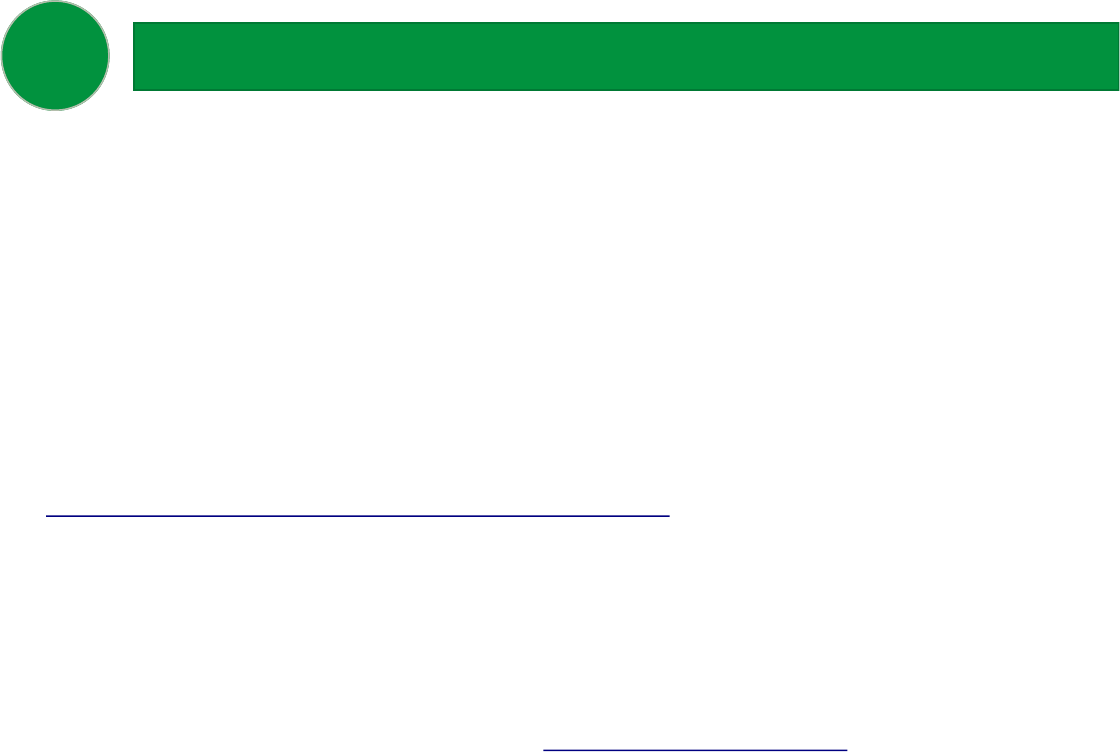
15
DESTINATION: WORKFORCE
The school district encourages students who plan to enter the workforce immediately aer high school to take
advantage of career and technical educaon programs available at their respecve high schools or at the Aiken
County Career and Technology Center (ACCTC) and to parcipate in as many work-based learning opportunies as
possible. Proper planning assists students immediately entering the workforce with the development of marketable
job skills.
DESTINATION: TECHNICAL COLLEGE
Students in South Carolina are fortunate to have access to a strong technical college system and especially to have
Aiken Technical College (ATC) nearby. Students who plan to aend a two-year technical college are encouraged to
parcipate in a career and technical educaon program related to their career plans. Students who plan to aend a
two-year technical college must take the ACCUPLACER placement test. ACCUPLACER is available on the ATC campus
(hps://www.atc.edu/Home/About/Oces/Test-Center/Accuplacer). High schools in Aiken also oer opportunies
to take the Accuplacer on their campuses. Check with your school counseling department for more details. Students
who earn a B average in 30 hours of academic coursework at a South Carolina technical college may be eligible to
transfer to a public four-year college in the state. Tradional entrance requirements, such as ACT/SAT tesng., are
waived.
DESTINATION: MILITARY
Military recruiters visit the high schools regularly to talk with students who are interested in a career in the military.
Students who enter the military must take the ASVAB (hp://www.asvabprogram.com/). This informaon is used to
make decisions about military assignments.
DESTINATION: FOUR-YEAR COLLEGE
Students who plan to enter a four-year college immediately aer graduaon should be aware of the specic college
entrance requirements of the colleges. Students who plan to enter a four-year college must take a college entrance
exam as a part of the admissions process. Two widely recognized college entrance exams are the SAT and the ACT.
All colleges and universies in South Carolina accept ACT and SAT scores for use in their admissions process. ACT
and SAT are dierent in format and content. Some students perform beer on one test than they do on the other.
Counselors may assist students in ulizing previous course work and test scores to help determine the test that
might be most benecial for them.
Students planning to aend a four-year college should begin considering these factors no later than eighth grade
and plan their high school program accordingly.
Select coursework that meets college entrance requirements. Work with the School Counselor each year on
your Individual Graduaon Plan.
Realize that your courses should be at the instruconal level that helps you reach your potenal and prepare for
college/career goals.
Determine the required courses for your intended college major.
Remember that Grade Point Average, class rank, and SAT or ACT scores are all used to determine college
acceptance. Entrance requirements vary among colleges. Therefore, you should read college catalogs and talk
with college admission counselors concerning specics for the college(s) in which you are interested.
Be aware that extracurricular and leadership acvies and/or work experience may also inuence your
admission.
Post-Secondary Planning

16
Individual Graduaon Plans
INDIVIDUAL GRADUATION PLAN (IGP)
The purpose of the Individual Graduaon Plan (IGP) is to assist students and their parents in exploring educaonal and
professional possibilies and in making appropriate secondary and postsecondary decisions. The IGP is based on the
course work, assessments, and counseling in middle and high school. The IGP is not intended to reect all
aspects of the high school experience. An IGP consists of the state high school graduaon requirements and/or
college entrance requirements. In addion, course recommendaons for successful compleon of a major that align to
postsecondary educaon and the workplace are included.
Developing the IGP
School counselors begin working with students regarding interests, academies, majors, postsecondary choices, and high
school opons through individual and group counseling in middle school. This includes informaon on
academic and professional goals, career acvies, and access to career resources. Teacher and parental involvement
throughout this process is crical.
In the eighth grade, students choose a cluster of study to explore. This takes place during an individual
planning conference with a school counselor, the student, and his or her parent(s). In ninth grade, students select at least
one major to explore. Students can change majors if their professional interests change. They can use the curriculum
framework, with its academies and majors, and career assessment informaon in making these decisions. Students will
not be penalized for not compleng a major. The IGP will be revised annually through the 12th grade year of high school.
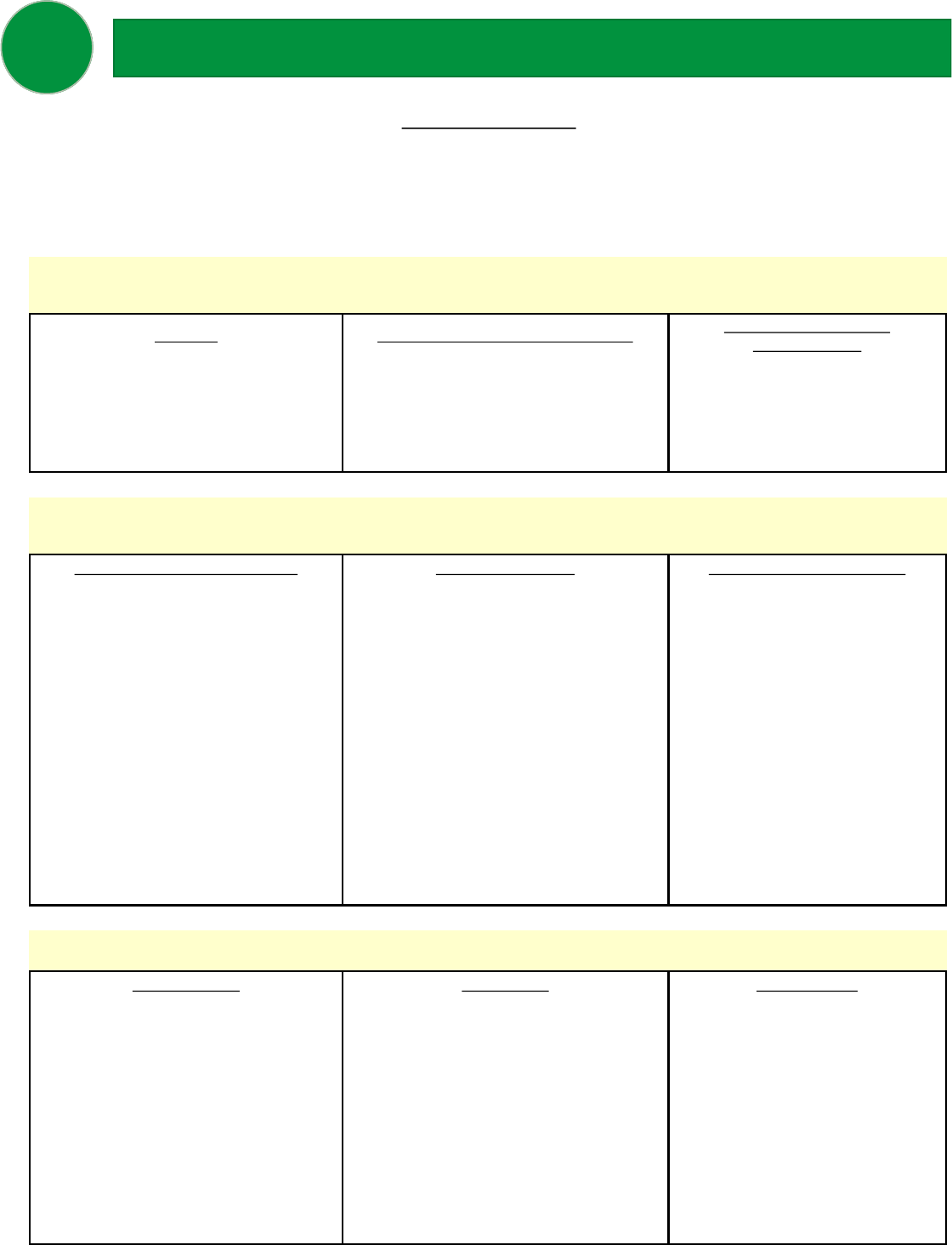
17
How to earn a major
Students must earn 4 or more credits within a given major in order to complete the major. Some CTE
Completer Programs only require 3 units of credit for compleon. Please see your school counselor if you
have quesons about coursework taken through dual enrollment or through virtual school and how it may
count towards a major.
Aiken County Public School District Majors
Architecture & Construcon Law, Public Safety, Correcons, & Security
Electricity Emergency & Fire Management Services
Law Enforcement Services
(Criminal Jusce)
ACCTC ACCTC ACCTC
Electricity 1, Electricity 2
Introducon to Law, Public Safety,
Correcons, & Security
Introducon to Law, Public Safety,
Correcons, & Security
Electricity 3, Electricity 4
Fireghter 1 Law Enforcement Services 1
Fireghter 2 Law Enforcement Services 2
Business, Management, & Administraon
Business Informaon Management General Management Human Resource Management
MVHS, NAHS, WSHS MVHS, SAHS, WSHS RSMHS
Required: Required:
Required:
Digital Desktop Publishing Accounng 1
Image Eding 1 Entrepreneurship Business Law
Addional approved courses: Addional approved courses:
Fundamentals of Human Resource Manage-
ment
Adversing Business Law
Addional approved courses:
Digital Mulmedia Markeng
Entrepreneurship, Fundamentals of Compung Business Principles and Management
Fundamentals of Business,
Markeng & Finance
Essenal Communicaons Markeng Management
Fundamentals of Web Page Design &
Development
Professional and Leadership Development
Professional and Leadership
Development
Professional Leadership Development Virtual Enterprise 1
Finance Government & Public Administraon
Business Finance Social Studies Military Science
SAHS AHS, ASA,MVHS, NAHS, RSMHS, SAHS, SBHS, WSHS AHS, MVHS, NAHS, SAHS, SBHS, WSHS
Required: AP Art History
JROTC 1/NJROTC 1
Business Finance AP Human Geography
Accounng 1 AP Microeconomics & AP U.S. Government
JROTC 2/NJROTC 2
Addional approved courses if needed:
Psychology & AP Psychology & Psych 101
AP World History & AP U.S. History
JROTC 3/NJROTC 3
Business Law AP Social Studies Prep Lab
Entrepreneurship Current Events
JROTC 4/NJROTC 4
Markeng Civics
Personal Finance Law Educaon
Professional Leadership Development Sociology or Soc 101

18
Aiken County Public School District Majors
Arts, A/V Technology, & Communicaons
Fashion Design & Apparel Construcon
World Language
Journalism & Mass Communicaons
AHS, ASA, MVHS, NAHS, RSMHS, SAHS,
ACCTC SBHS, WSHS AHS, ASA,MVHS, NAHS, SAHS, SBHS
Required: Spanish 1, 2, 3, 4, AP Advanced Composion
Fashion Design & Apparel Construcon 1 French 1, 2, 3, 4 AP English Language
Fashion Design & Apparel Construcon 2 German 1, 2, 3, 4, 5, AP AP English Literature
Addional approved courses: Lan 1, 2, 3, 4, AP Art 3
Entrepreneurship English 101 & 102 English 101 & 102
Integrated Business Applicaons I AP English Language Media Tech 1
Mechanical Design 1
AP English Literature Speech
Architecture/Mechanical Design
*Three units of Foreign Language Newspaper Producon
must be earned*
Yearbook
ACCTC
Media Technology
Yearbook Producon 2
Mechanical Design 1 ACCTC, MVHS Creave Wring
Mechanical Design 2 Media Technology 1 Current Events
Architectural Design 1 Media Technology 2 Language of Media
Architectural Design 2
Media Technology 3
Language of Media 2
Visual Arts
Media Technology 4
Performing Arts
Fine Arts
AHS, ASA,MVHS, NAHS, RSMHS, SAHS,
AHS, ASA,MVHS, NAHS, RSMHS, SAHS,
AHS, ASA,MVHS, NAHS, RSMHS, SAHS
SBHS, WSHS, ACCTC
SBHS, WSHS, ACCTC
This major is intended for students who
SBHS, WSHS
do not meet the requirements of a Visual
Art 1 Visual or Performing Arts Major. In Band 1
Art 2 addion to the requirements for those Band 2
Art 3
majors, Music Appreciaon and Art Apprecia-
on can be used
Band 3
Art 4
to qualify for a Fine Arts Major.
Band 4
AP Art History
Language Arts
Band Rehearsal
Digital Desktop Publishing AHS, ASA,MVHS, NAHS, RSMHS, SAHS, Band Rehearsal II
Fundamentals of Web Page Design SBHS, WSHS AP Music Theory
Image Eding AP English Language Chorus Rehearsal
Yearbook AP English Literature Chorus 1
Yearbook Producon 2 Advanced Composion Chorus 2
AP Studio Art 2D AP English Prep Lab Chorus 3
AP Studio Art Drawing Creave Wring Chorus 4
Media Art 1 English 101 & 102 Instrumental Music: Guitar
Art: Painng 1 Speech Instrumental Music: Piano Class 1
AP StudioArt2D Foreign Language Level 2 or Higher Orchestra/Strings 1
AP StudioArt3D Journalism Orchestra/Strings 3
Media Technology 1 Newspaper Producon Orchestra/Strings 4
Media Technology 2 Yearbook & Yearbook 2 Steel Drums
Language of Media Theater 1
Language of Media 2 Theatre 2
Theatre 4
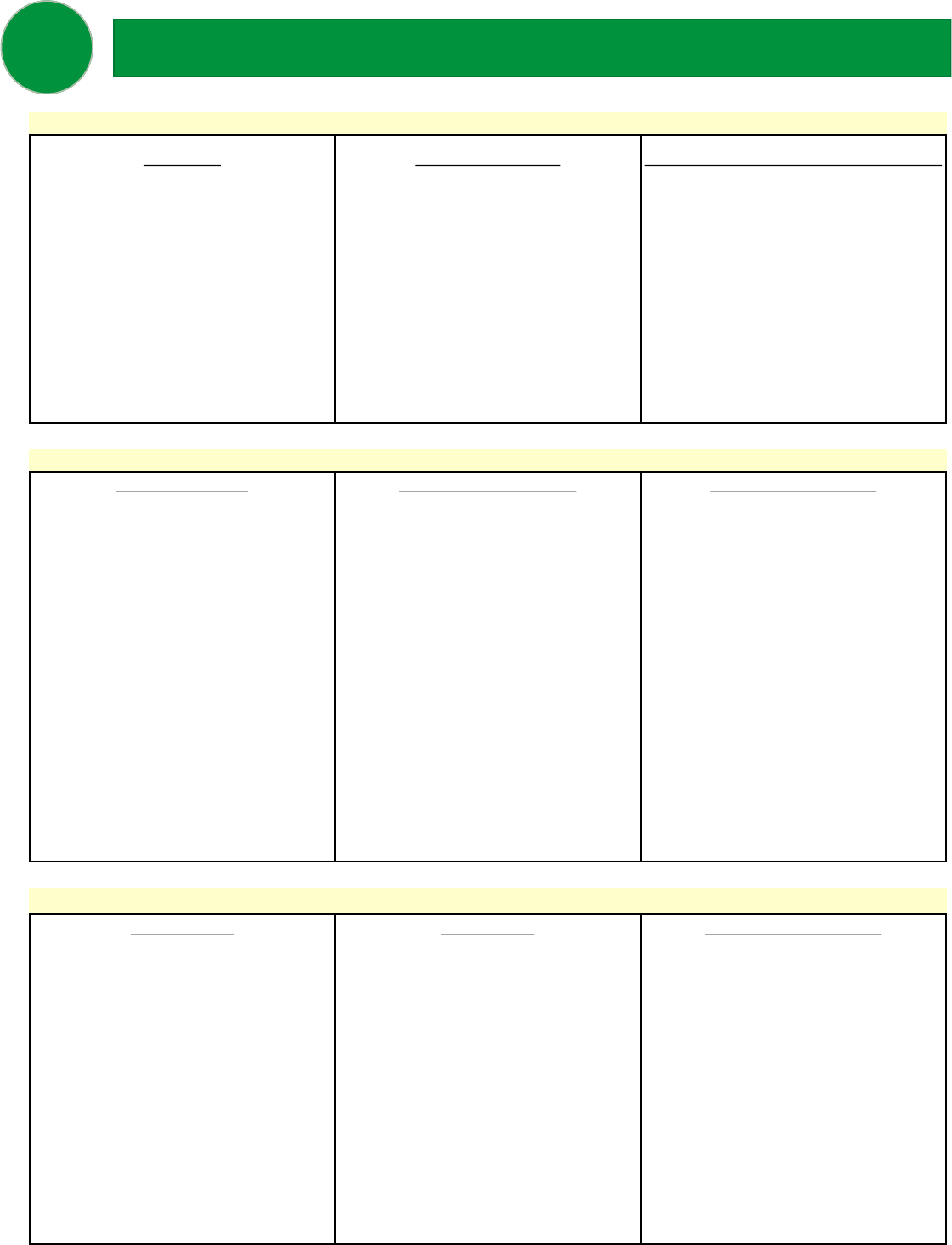
19
Aiken County Public School District Majors
Agriculture, Food, & Natural Resources
Horculture Agricultural Mechanics Environmental & Natural Resources Management
AHS, MVHS, RSMHS, SBHS WSHS WSHS
Agricultural Mechanics & Technology
Agricultural Mechanics & Technology
Agricultural Mechanics & Technology
Agricultural Science & Technology Agricultural Science & Technology
Equipment Operaon & Management
Soil and Water Conservaon
Environmental & Natural Resource Manage-
ment
Floriculture
Equipment Operaons & Management
Introducon to Horculture
Agricultural Structural Mechanics
Horculture for the Workplace 1
Soil and Water Conservaon
Horculture for the Workplace 2
Agriculture, Science & Technology
Sports Turf Management
Wildlife Management
Turf & Lawn Management Equipment Operaons & Maintenance
Educaon & Training
Educaon & Training Health & Physical Educaon Early Childhood Educaon
AHS, MVHS, NAHS, RSMHS,SAHS, SBHS, WSHS AHS, MVHS, NAHS, RSMHS,SAHS, SBHS, WSHS AHS, WSHS
Required: Required: Required:
Teacher Cadet PE 2, 3, or 4 Early Childhood Educaon 1 & 2
Three or more units from the following: Addional approved courses: Addional approved courses:
AP Psychology/Psychology/Psych 101
AP Psychology/Psychology Child Development 1, Child Development 2
Family & Community Health
Personal Health & Wellness Family & Community Health
Entrepreneurship, Teacher Cadet
Foreign Language Level 2 or Higher
Personal Health & Wellness
Integrated Business Applicaons I
Foods & Nutrion 1, Family Life
Sociology/Soc 101 Anatomy & Physiology
Early Childhood Educaon 1
Foods & Nutrion 1 Introducon to Early Childhood Educaon
Child Development 1
Introducon to Early Childhood Educaon Medical Terminology
Integrated Business Applicaons I
Speech Teacher Cadet
Health Science
Sports Medicine Health Science Medical Science & Research
ACCTC, NAHS ACCTC, AHS, RSMHS AHS, MVHS, NAHS, RSMHS, SAHS, SBHS, WSHS
Required: Required: Anatomy & Physiology
Sports Medicine 1 Health Science 1 AP Biology
Sports Medicine 2 Health Science 2 AP Chemistry
Addional approved courses:
Addional approved courses: AP Lan
Health Science 3 Lan 1, 2, 3, 4, AP
Sports Medicine 3 Health Science Clinical Study
AP Psychology/Psychology/ Psych. 201
Family & Community Health
Health Science 1, 2, 3 Medical Terminology
Personal Health & Wellness
Health Science 1, 2, 3
Health Science Clinical Study Sports Medicine 1
Health Science Clinical Study
Sports Medicine 1, 2
Medical Terminology Sports Medicine 2 Medical Terminology
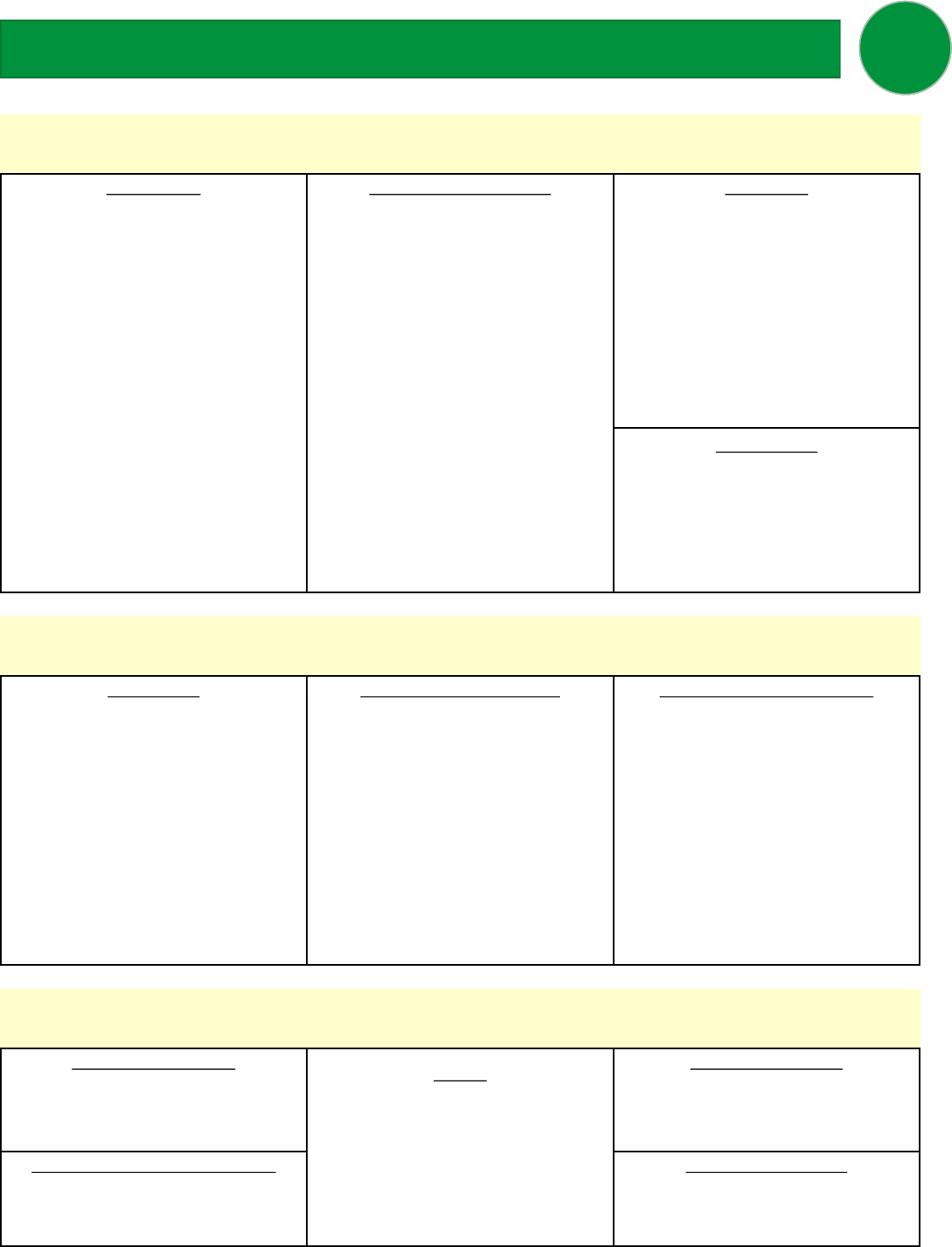
20
Aiken County Public School District Majors
Human Services
Social Sciences Family & Consumer Sciences Cosmetology
AHS, ASA, MVHS, NAHS, RSMHS,SAHS, SBHS,
WSHS
AHS, MVHS, NAHS, SBHS, WSHS ACCTC, WSHS
Psychology Child Development 1
Required:
Sociology Family Life Educaon 1 Cosmetology 1
Two or more units from the following:
Foods & Nutrion Cosmetology 2
Addional approved courses:
Cosmetology 3
Child Development 1 Cosmetology 4
Family & Community Health
Introducon to Culinary Arts, Culinary Arts 1
Family Life Educaon 1
Foreign Language Level 2 or Higher
Early Childhood Educaon 1, Teacher Cadet
Nail Technology
Peer Mediaon 1, 2 ACCTC
Peer Tutoring
Child Development, Parenng Educaon Nail Technology 1
Personal Health & Wellness
Preparing Mustangs for the Future
Introducon to Early Childhood Educaon Nail Technology 2
Service Learning 1, 2
Informaon Technology
Cyber Security Web & Digital Communicaons Informaon and Support Services
ACCTC SAHS
NAHS, RSMHS,WSHS
Required:
Required: Required: Computer Repair and Service
Cisco Internetworking Concepts Fundamentals of Web Page Design Advanced Computer Repair and Service
Cisco Router Conguraon Advanced Web Page Design Addional approved courses :
Network Vulnerability Assessment
Addional approved courses:
Entrepreneurship
Fundamentals of Network Security I Fundamentals of Compung
Oponal Summer Oerings for Cercate
Compleon:
Entrepreneurship
Fundamentals of Compung
Computer Forensics
Operang Systems Professional Leadership Development
Manufacturing Transportaon, Distribuon, & Logiscs
Machine Tool Technology
Welding
Automove Technology
ACCTC ACCTC
Machine Technology 1, 2, 3, 4
ACCTC, SAHS, WSHS
Automove Technology 1, 2, 3, 4
Mechatronics Integrated Technologies
Welding 1, 2, 3, 4
Diesel Engine Technology
ACCTC ACCTC
Mechatronics 1, 2, 3, 4 Diesel Engine Technology 1, 2, 3, 4
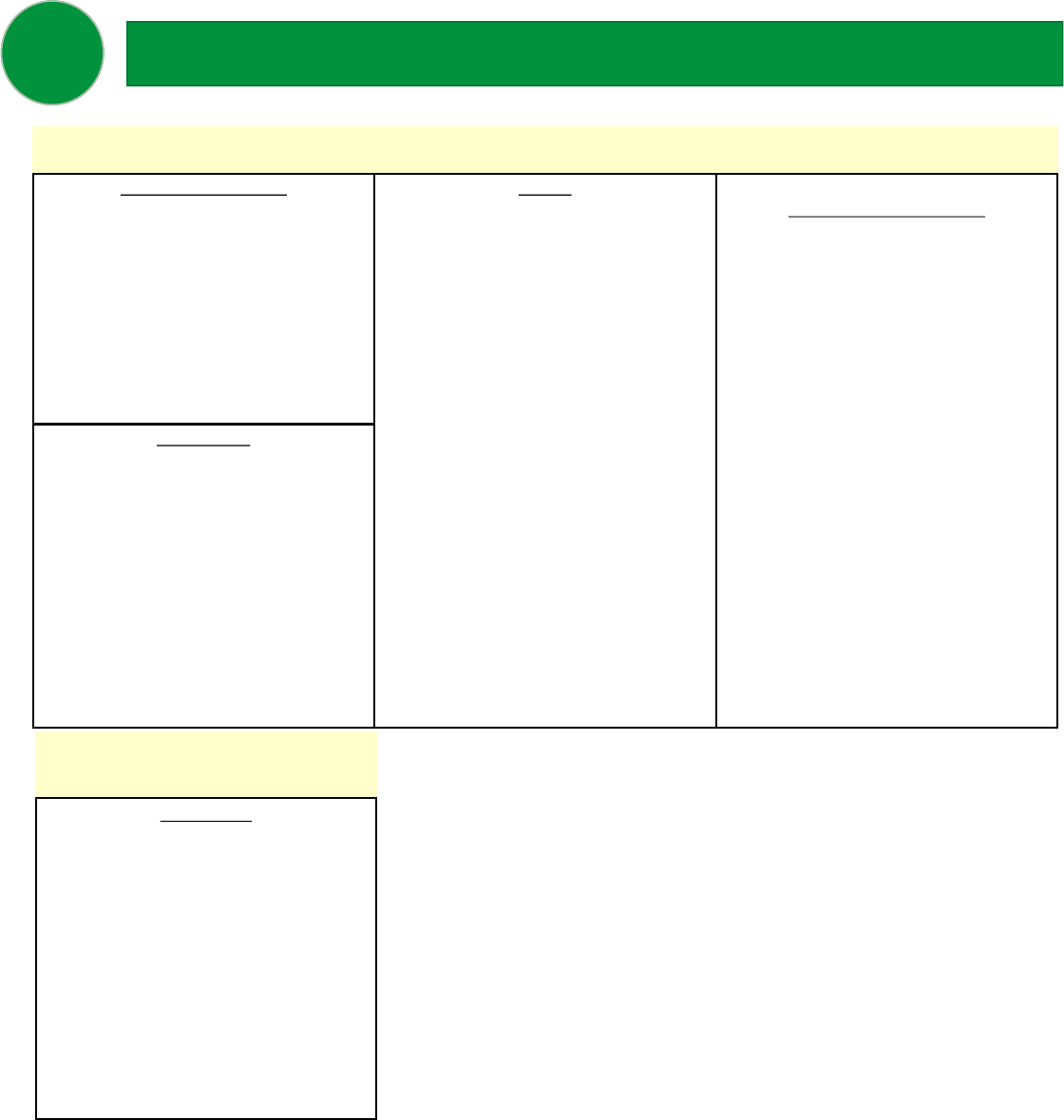
21
Aiken County Public School District Majors
Science, Technology, Engineering, & Mathemacs (STEM) Markeng, Sales, & Service
Pre Engineering (PLTW) Science
Markeng Communicaons
AHS, NAHS
AHS, ASA, MVHS, NAHS, RSMHS, SAHS, SBHS,
WSHS
Required: Anatomy & Physiology
ASA, MVHS, NAHS, SAHS
Introducon to Engineering (PLTW) AP Biology
Principles of Engineering (PLTW) AP Chemistry
Required:
Addional approved courses: AP Computer Science A
Computer Integrated Manufacturing (PLTW) AP Computer Science Principles Adversing
Digital Electronics (PLTW) AP Environ Science Markeng
Civil Engineering and Architecture (PLTW) AP Physics 1
Addional approved courses:
Engineering Design & Development (PLTW)
AP Physics 2
Mathemacs
AP Sciences Prep Lab Digital Mulmedia
AHS, ASA,MVHS, NAHS, RSMHS, SAHS, SBHS,
WSHS
Civil Engineering & Architecture (PLTW)
Professional Leadership Development
Calculus, AP Calculus AB, & AP Calculus BC Engineering Design & Development (PLTW)
AP Computer Science A
Environmental & Natural Resource Manage-
ment
Fundamentals of Web Page Design
AP Computer Science Principles Introducon to Engineering Design (PLTW) Entrepreneurship
Probability & Stascs/AP Stascs Sports & Entertainment Markeng
Pre-Calculus Lan 1, 2, 3, 4, AP Image Eding 1
Algebra 2 Honors Marine Science Virtual Enterprise 1
Geometry Honors Medical Terms
Personal Finance & Accounng 1 Physics
Principles of Engineering (PLTW)
Hospitality & Tourism
Culinary Arts
AHS, MVHS, NAHS, SAHS, SBHS
Required:
Culinary Arts 1
Culinary Arts 2
Addional approved courses:
Accounng 1
Baking & Pastry
Entrepreneurship
Foods & Nutrion
Integrated Business Applicaons I
Introducon to Culinary Arts
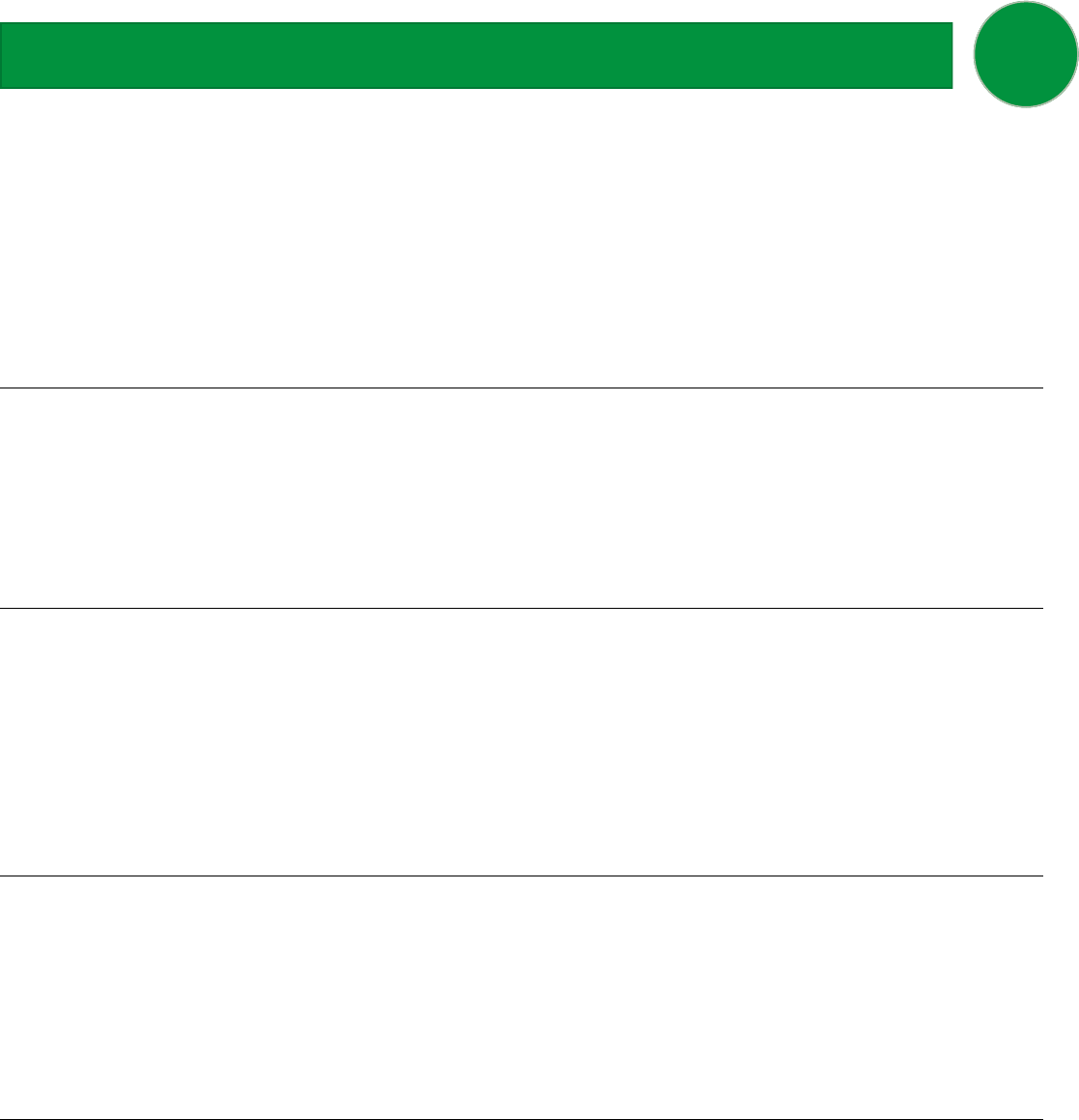
22
English & Language Arts
English 1
302400CW Unit: 1
Grade: 9 AHS, MVHS, NAHS, RSMHS, SAHS, SBHS, WSHS
Prerequisite: None
In English I CP, students will read and respond to a variety of literary and informaonal texts, and they will write for a broad range
of purposes and audiences. The course emphasizes employing close reading strategies to analyze and evaluate texts, choosing
language appropriate for a given context, and parcipang in collaborave discussions. Addionally, students will learn to cite
specic textual evidence to support their thinking. Throughout English I CP, students will acquire and use academic and
content-specic language needed for college- and career-readiness.
IGCSE English 1
306800CW Units: 1
Grade: 9 AHS
Prerequisite: None
In IGCSE English 1, learners develop the ability to communicate clearly, accurately and eecvely in both speech and wring. Stu-
dents will learn how to employ a wide-ranging vocabulary, use correct grammar, spelling and punctuaon, and develop a personal
style and an awareness of the audience being addressed. IGCSE English 1 also develops more general analysis and communicaon
skills such as synthesis, inference, and the ability to order facts and present opinions eecvely.
English 1 Honors
302400HW Unit: 1
Grade: 8 - 9 RSMHS, MVHS, NAHS ,SAHS, SBHS
Prerequisite: Selecon per district/school criteria.
In English I Honors, students will read and respond to a variety of literary and informaonal texts, and they will write for a broad
range of purposes and audiences. The course emphasizes employing close reading strategies to analyze and evaluate texts,
choosing language appropriate for a given context, and parcipang in collaborave discussions. Addionally, students will learn to
cite specic textual evidence to support their thinking. Throughout English I Honors students will acquire and use academic and
content-specic language needed for college- and career-readiness. Honors students are expected to read and comprehend more
complex literary and informaonal texts independently and prociently.
IGCSE English 1 Honors
306800HW Units:1
Grade: 8 or 9 AHS
80 or above in 8th grade English; Minimum Lexile of 1000
In IGCSE English 1 H, learners develop the ability to communicate clearly, accurately and eecvely in both speech and wring.
Students will learn how to employ a wide-ranging vocabulary, use correct grammar, spelling and punctuaon, and develop a per-
sonal style and an awareness of the audience being addressed. IGCSE English 1 H also develops more general analysis and commu-
nicaon skills such as synthesis, inference, and the ability to order facts and present opinions eecvely. IGCSE English I H is taught
at a more rigorous and challenging level and moves at a faster pace than ISCSE English I.
English 2
302500CW Unit: 1
Grades: 9 - 10 MVHS, NAHS, RSMHS, SAHS, SBHS, WSHS
Prerequisite: Successful compleon of English 1 or English 1 H
English II engages in a study of world literature from a variety of genres including con, poetry, drama, and non-con literary
text. In English II, students write regularly for a various range of purposes, tasks, and audiences over various me periods. To
develop language skills, students rounely apply knowledge of language to understand how language funcons in dierent
contexts, to make eecve choices for meaning or style and to comprehend more fully when reading or listening. By the end of the
course, students develop the ability to read and comprehend a variety of literary and informaonal texts prociently. All English 2
students must take the English 2 End-of-Course Test as part of the South Carolina End-of-Course Examinaon Program.
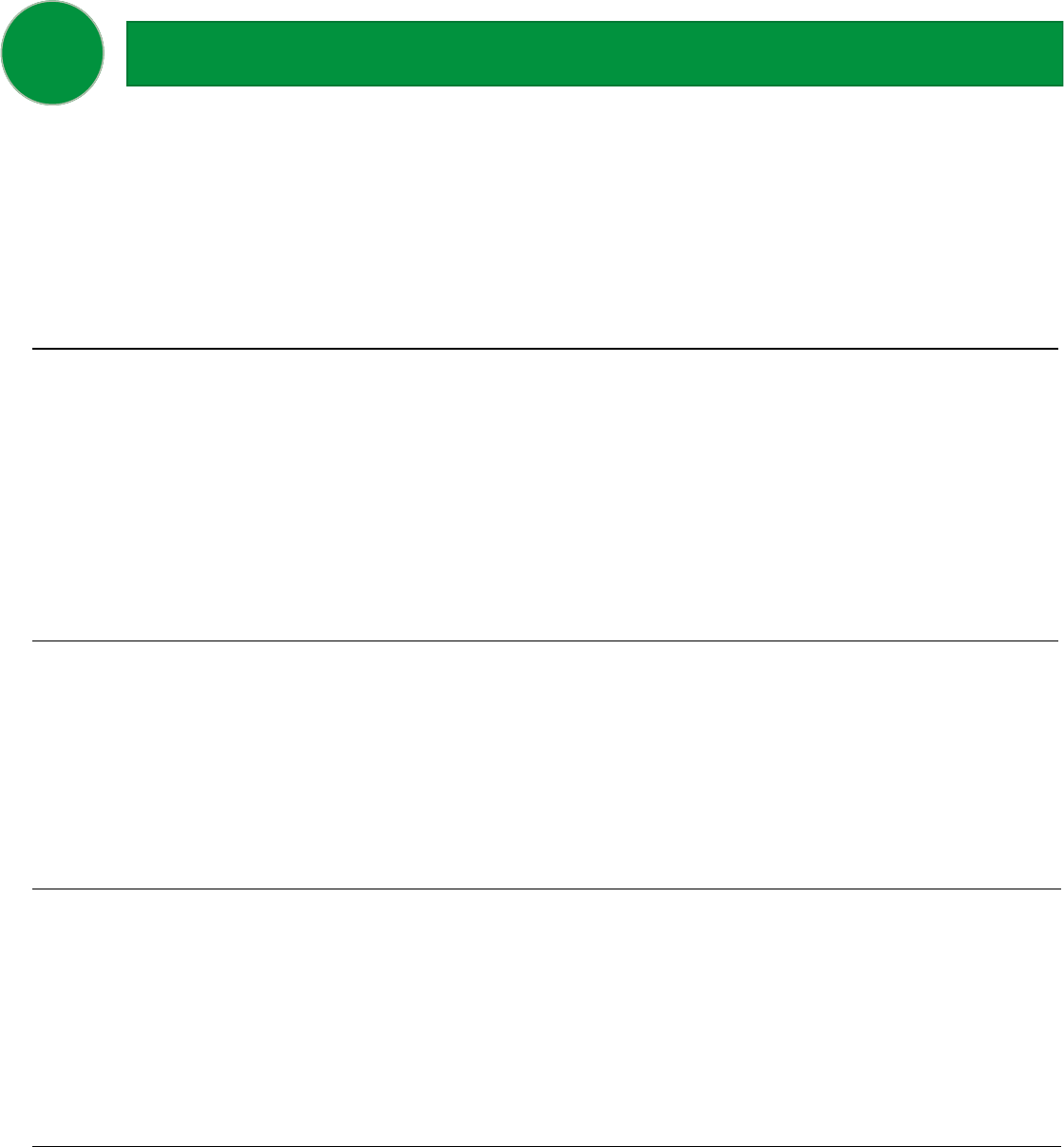
23
English & Language Arts
IGCSE English 2 Honors
306900HW Unit: 1
Grades: 9
Prerequisite: 80 or above in IGCSE English 1/English 1
IGCSE English 2 H enables learners to read, interpret and evaluate texts through the study of literature in English. Learners develop
and understand of literal meaning, relevant contexts and of the deeper themes or atudes that may be expressed. Through their
studies, they learn to recognize and appreciate the ways in which writers use English to achieve a range of eects, and will be able
to present an informed, personal response to the material they have studied. IGCSE English 2 H is taught at a more rigorous and
challenging level and moves at a faster pace than ISCSE English 2.
English 3
302600CW Units: 1
Grades: 10 - 11 MVHS, NAHS, RSMHS, SAHS, SBHS, WSHS
Prerequisite: Successful compleon of English 2 or English 2 H
English 3 is a study of American literature, covering various literary movements associated with historical periods and biographical backgrounds. Students apply a
themac or chronological approach to trace and study works from the earliest Nave America to contemporary literature. To promote college and career readi-
ness, English 3 dierenated instrucon and coursework engages students in compleng short- and long-term research projects, developing crical thinking skills
through presentaons and class discussions, reading and analyzing complex literary and informaonal texts, and wring for a variety of purposes, tasks, and audi-
ence. Throughout English III students focus on vocabulary in context and grammar usage, especially in preparaon for the ACT, SAT, and WIN tesng.
IGCSE English 3
901300CW Units: 1
Grades: AHS
Prerequisite: Successful compleon of IGCSE English 2/English 2
IGCSE English 3 encourages learners to explore literature from dierent countries and cultures. Through study of great novelists,
poets and dramasts from around the world, learners acquire lifelong skills in interpreng and evaluang texts. They learn how to
develop and communicate an informed personal response to literature.
English 2 Honors
302500HW Unit: 1
Grades: 9 - 10 ASA, MVHS, NAHS, RSMHS, SAHS, SBHS, WSHS
Prerequisite: Successful compleon of English 1 or English 1 H
This course will require students to understand complex ideas through compleon of rigorous assignments. English II Honors
focuses on the study of world literature through a variety of con, poetry, drama, and non-con literary texts. Students write
regularly for a various range of purposes, tasks, and audiences over various me periods. To develop language skills, students apply
knowledge of language to understand how language funcons in dierent contexts, to make eecve choices for meaning or style,
and to comprehend more fully when reading or listening. By the end of the course, students should be able to read and
comprehend a variety of literary and informaonal texts prociently. All English 2 students must take the English 2 End-of-Course
Test as part of the South Carolina End-of-Course Examinaon Program.
IGCSE English 2
306900CW Unit: 1
Grades: 9 - 10 AHS
Prerequisite: Successful compleon of IGCSE English 1/English 1
IGCSE English 2 enables learners to read, interpret and evaluate texts through the study of literature in English. Learners develop
and understand of literal meaning, relevant contexts and of the deeper themes or atudes that may be expressed. Through their
studies, they learn to recognize and appreciate the ways in which writers use English to achieve a range of eects, and will be able
to present an informed, personal response to the material they have studied.
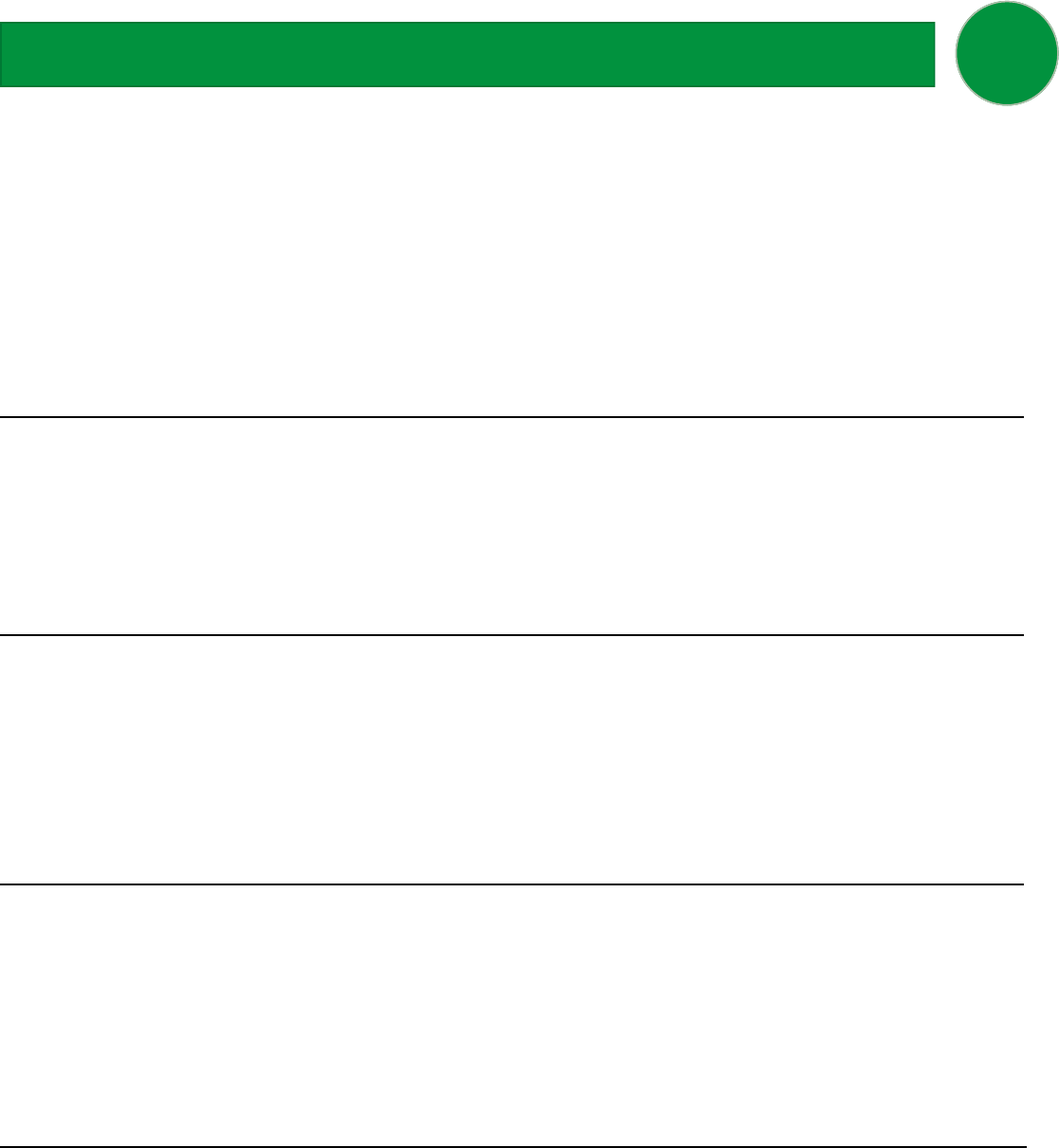
24
English & Language Arts
English 4 Honors
302700HW Units: 1
Grades: 11 - 12 AHS, MVHS, RSMHS, SAHS, SBHS, WSHS
Prerequisite: Successful compleon of English 3 or English 3 H
This course engages students in extended study and analysis of complex literary and informaon texts and requires students to cra advanced wrien works and
presentaons. English 4 Honors is a chronological survey of Brish literature, enhanced by a themac integraon of world texts. Students develop and rene wring and
research skills in preparaon for post-secondary endeavors. Instrucon emphasizes argumentave wring and requires addional work in narraon and exposion. English
4 Honors also includes an in-depth study of grammar and vocabulary. This course will require extensive outside reading and wring, and as is stated in the 2017 South
Carolina Honors Framework Implementaon Guide, a depth in rigor, complexity, challenges, and creavity beyond what is entailed at the CP level. By the end of the course,
students develop the ability to analyze and evaluate a variety of literary and informaonal texts, and to write in a variety of modes.
English 4
302700CW Units: 1
Grades: 11 - 12 AHS, MVHS, NAHS, RSMHS, SAHS, SBHS, WSHS
Prerequisite: Successful compleon of English 3 or English 3 H
This course prepares students for college and career success by building on the foundaonal skills from all previous levels of English. English IV is a chronological
survey of Brish literature, enhanced by a themac integraon of world texts. Students develop and rene wring and research skills in preparaon for
post-secondary endeavors. Instrucon emphasizes argumentave wring and provides opportunies for addional work in narraon and exposion. English 4
also includes an in-depth study of grammar and vocabulary. By the end of the course, students develop the ability to read and comprehend a variety of literary and
informaonal texts prociently, and to write in a variety of modes.
English 3 Honors
302600HW Units: 1
Grades: 10 - 11 ASA, MVHS, NAHS, RSMHS, SAHS, SBHS, WSHS
Prerequisite: Successful compleon of English 2 or English 2 H
English 3 Honors expands learning so that greater independence and responsibility is placed on the advanced learner to achieve a higher quality of work. The ad-
vanced learner will be expected to produce quality work as a result of the depth in rigor, complexity, challenges, and creavity that go beyond the CP level. South
Carolina College- and Career Ready Standards are taught with extensions and enrichments beyond the standard coursework. Students examine various literary
movements associated with American literature and the historical and biographical backgrounds relang to these periods. Students apply a themac or chrono-
logical approach to trace and study works from the earliest Nave Americans to contemporary literature, including extended analysis of complex literary and infor-
maonal texts. Addional focus is on the study of vocabulary stems, vocabulary in context, grammar, and mechanics, especially in preparaon for the ACT, SAT,
and WIN tesng.
IGCSE English 3 Honors
901300HW Units: 1
Grades: 10-11 AHS
Prerequisite: 80 or above in IGCSE English 2/English 2
IGCSE English 3 encourages learners to explore literature from dierent countries and cultures. Through study of great novelists,
poets and dramasts from around the world, learners acquire lifelong skills in interpreng and evaluang texts. They learn how to
develop and communicate an informed personal response to literature. IGCSE English 3 H is taught at a more rigorous and chal-
lenging level and moves at a faster pace than ISCSE English 3.
Advanced Composion Honors
303000HW Units: 1
Grade: 10 - 12 NAHS, SAHS, SBHS
Prerequisite: English 2
This course is designed for seniors who are commied to improving their communicaon skills in preparaon for a freshman English college course. Emphasis is
placed on wring formal essays (expository, associaonal, denive, narrave, descripve, inducve, deducve, and persuasive), the crical analysis, business
leers, the research paper, and children’s stories, as well as analyzing short stories, poetry, and other literary works. Parallel reading is used as the basis for wring
literary cricism. This course is designated as an academic elecve.
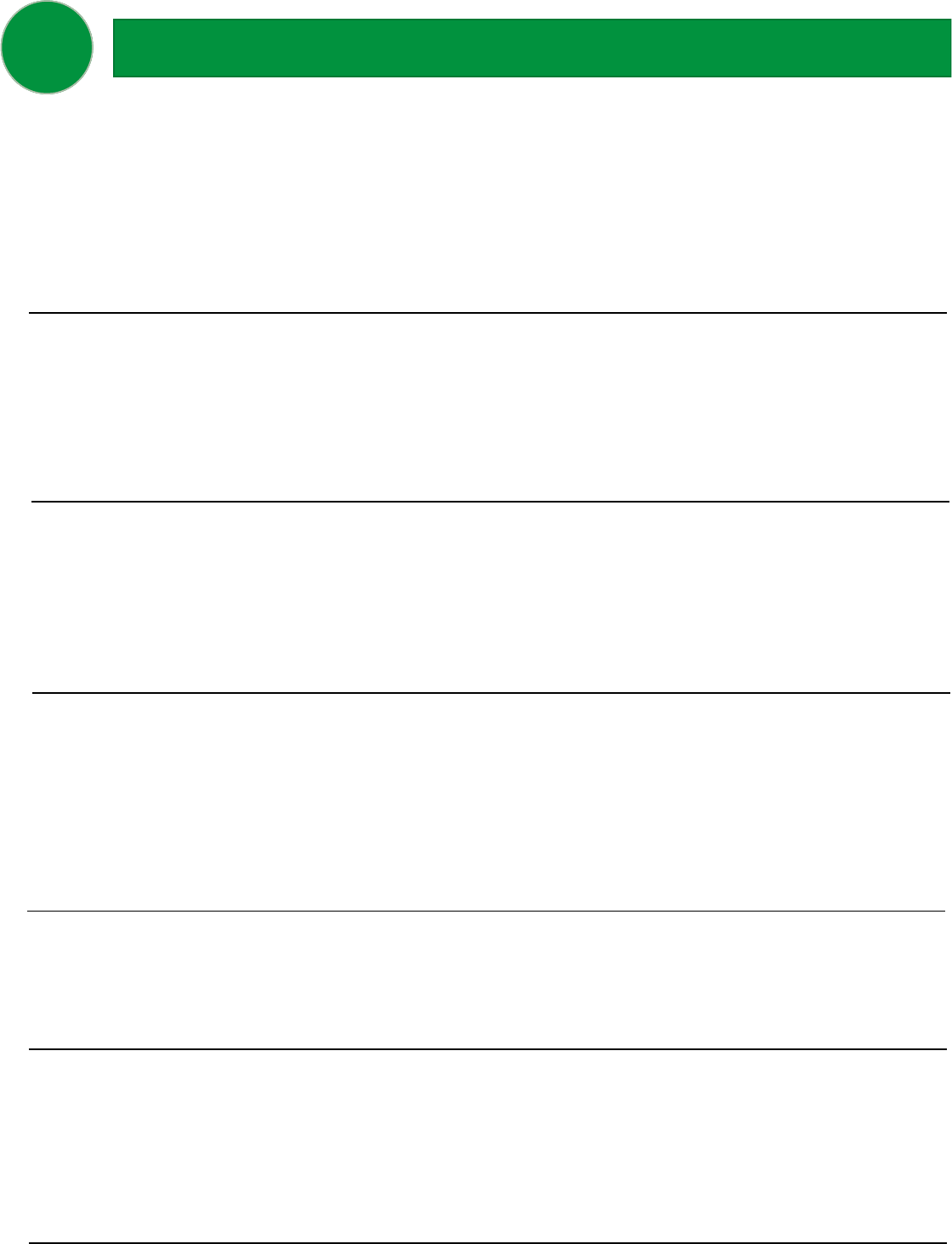
25
English & Language Arts
AICE English Language, AS Level
901200GW Unit: 1
Grades: 10-12 AHS
Prerequisite: Successful compleon of IGCSE English 2 H/English 2 H and teacher recommendaon; compleon of or currently en-
rolled in AICE English General Paper
AICE English Language provides learners with the opportunity to study English language and its use in communicaon. Learners will
be encouraged to respond crically to a wide variety of texts in a range of forms, styles and contexts, and to promote skills of com-
municaon, reading, research and analysis. Through their study, learners will develop an ability to read and analyze material, gain-
ing further knowledge and understanding of English language features and issues.
AICE English Literature, AS Level
901100GW Unit: 1
Grades: 11-12 AHS
Prerequisite: Successful compleon of AICE English Language and teacher recommendaon
Learners in the AICE English Literature course will study a range of texts in the three main forms: prose, poetry and drama. Set
texts are oered from a wide range of dierent periods and cultures. Learners will develop skills of reading and analysis of texts,
and are encouraged to undertake wider reading to aid understanding of the texts studied. They will learn skills of eecve and ap-
propriate communicaon including the ability to discuss the crical context of texts.
AICE English General Paper, AS Level
306700GW Units: 1
Grades: 10-11 AHS
Prerequisite: Successful compleon of at least one honors level English course
AICE English General Paper encourages learners to engage with a variety of topics, including knowledge and understanding gained
from study of other subjects. They learn to become condent in analyzing knowledge and opinion from a variety of sources, to
build arguments and to communicate through wrien English. AICE English General Paper enables learners to develop these skills
which are of great use for further study and employment.
AP English Language & Composion
307100AW Units: 1
Grade: 11-12 ASA, NAHS, RSMMHS, SAHS, SBHS
Prerequisite: None. Students should be able to read and comprehend college-level texts and apply the convenons of Standard Wrien English in their wring.
An AP English Language and Composion course requires students to become skilled readers of prose wrien in a variety of rhetorical contexts and skilled writers
who compose for a variety of purposes. Both their reading and their wring should make students aware of interacons among a writer’s purposes, reader
expectaons, and an author’s proposional content, as well as the genre convenons and the resources of language that contribute to eecveness in wring.
AP English Literature & Composion
307000AW Units: 1
Grades: 11 - 12 RSMHS, NAHS, SAHS, SBHS
Prerequisite: None. Students should be able to read and comprehend college-level texts and apply the convenons of Standard Wrien English in their wring.
An AP English Literature and Composion course engages students in the careful reading and crical analysis of imaginave literature. Through the close reading of
selected texts, students deepen their understanding of the ways writers use language to provide both meaning and pleasure for their readers. As they read,
students consider a work’s structure, style and themes, as well as such smaller-scale elements as the use of gurave language, imagery, symbolism and tone. The
course includes intensive study of representave works from various genres and periods, concentrang on works of recognized literary merit.
AP English Prep Lab-Honors
302900HW Units: 1
Grades: 11 - 12 NAHS
Prerequisite: Enrollment in an Advanced Placement English course.
This course is a oponal link to Advanced Placement courses and is only open to those students enrolled in an Advanced Placement course.
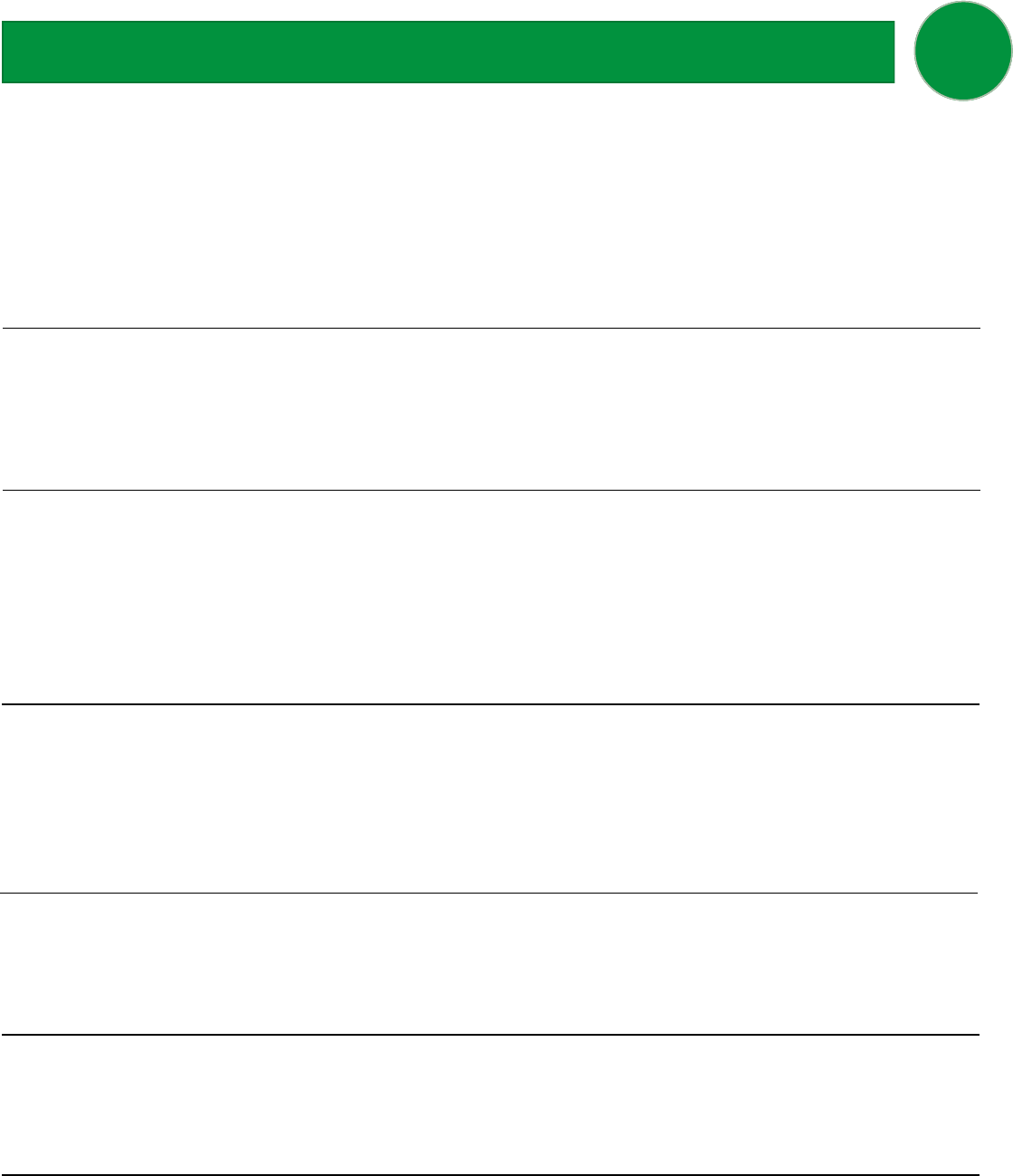
26
English & Language Arts
Creave Wring
303200CH Units: 1/2
Grades: 10 - 12 AHS, MVHS, NAHS, SAHS, SBHS
Prerequisite: None
This course is recommended for students who have a true love of wring. Students in this course will focus on developing voice and tone through a series of
creave wring experiences. Students will write creavely in the following genres: poetry, noncon, and con. Students will explore specic subgroups of the
aforemenoned genres in an exploraon to develop sound, lively, and unique creave wrings. Students will be graded based on wring, and will compile a
porolio to showcase their wrings.
Newspaper Producon
376800CW Units: 1
Grades: 10 - 12 NAHS
Prerequisite: Selecon by wrien applicaon and teacher selecon.
This course is designed to produce the school newspaper. The student will study the following aspects of journalism: copy wring, copy- eding, layout design,
publicaon nancing, and distribuon.
Journalism 1
305000CW Units: 1
Grades: 9 - 12 MVHS, NAHS, RSMHS, SAHS, SBHS
Prerequisite: None
This course introduces students to basic reporng and newswring skills, including interviewing, researching, and maintaining accuracy. It requires both in-class and
out-of-classroom reporng and wring assignments. In this course, students will study the principles and pracces of journalism as well as journalism's role and
impact in a democrac society. Class discussions will address the historical development and future of the eld, including new technologies and changing
strategies. Techniques, methods, and models guiding the contemporary pracce of journalism will be given parcular emphasis.
Journalism 2
305100CW Units: 1
Grades: 10-12 MVHS, NAHS
Prerequisite: Journalism 1
This course builds upon foundaonal knowledge learned in Journalism 1. The course requires both in-class and out-of-classroom reporng and wring assign-
ments. Class discussions will address historical development and the future of the eld. Techniques, methods, and models guiding the contemporary pracce of
journalism will be given parcular emphasis.
Broadcast Journalism 1
309943CW Units: 1
Grades: 10-12 AHS
Prerequisite: N/A
Students will learn about the eld of news and journalism by eding, direcng, and producing videos.
Speech
304000CH Units: 1/2
Grades: 9 - 12 AHS, MVHS, SBHS
Prerequisite: None
This course will help students develop the basic fundamentals of speech and non-verbal communicaon, as well as understand core group dynamics and
communicaon.
African American Literature
309915CW or 309915CH Units: 1 or 1/2
Grades: 9-12 AHS, MVHS
Prerequisite: N/A
Introduce students to an array of African American history in South Carolina and in the United States.
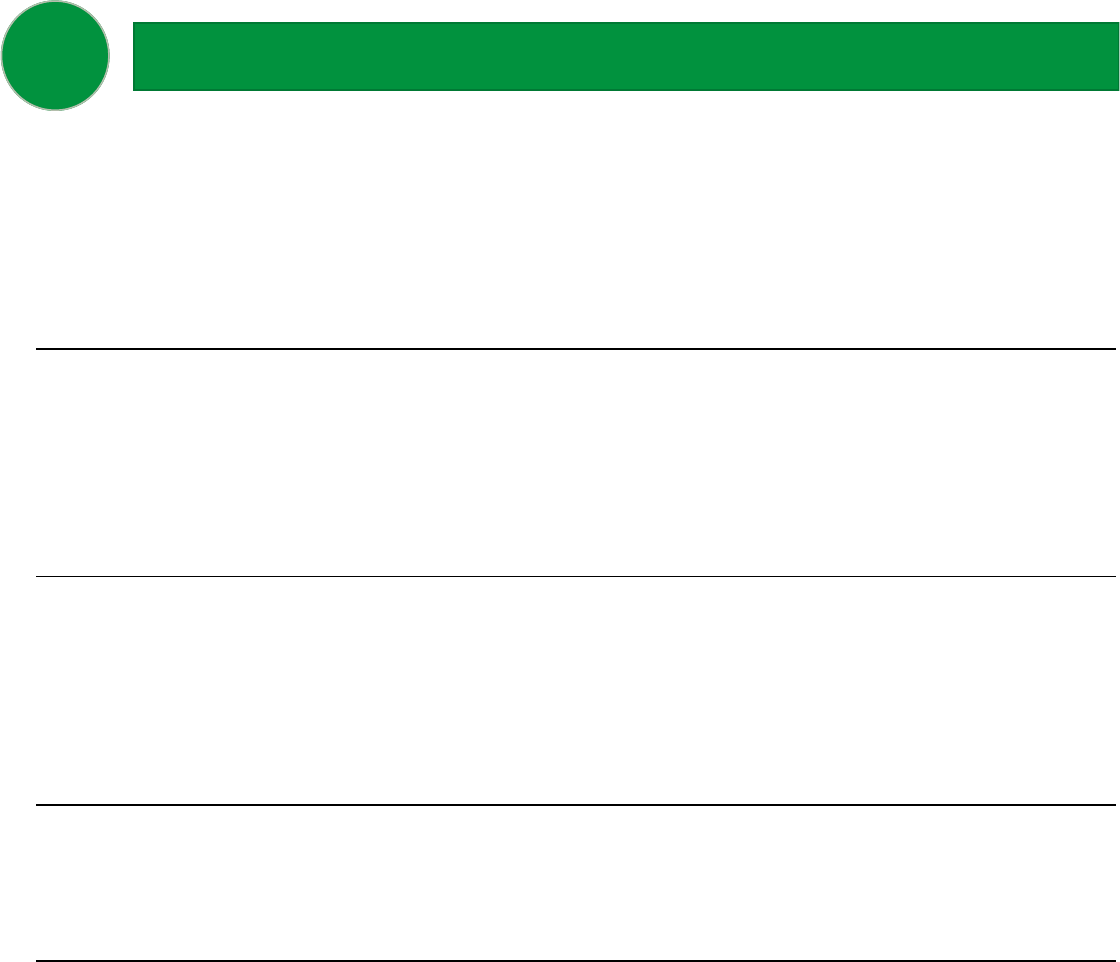
27
English & Language Arts
Yearbook Producon 1
376900CW Units: 1
Grades: 9 - 12 AHS, MVHS, NAHS, SAHS, SBHS, WSHS
Prerequisite: Selecon by wrien applicaon and teacher selecon.
This course is designed to produce the school yearbook. The student will gain skills required to create, design, edit, market, and fund the current years’ yearbook for
the school. Students will study the following aspects of journalism: copywring, eding, layout, design, publicaon, nancing, distribuon, interviewing,
photography, and organizaon of photographic events of the enre school. Students will be given extensive training in Adobe design soware.
Yearbook Producon 2
376902CW Units: 1
Grades: 10-12 AHS ,MVHS, NAHS, RSMHS, SAHS, SBHS,WSHS
Prerequisite: Selecon by wrien applicaon and teacher selecon.
This course is designed to produce the yearbook. The student will gain skills required to create, design, edit, market, and fund the
current years’ yearbook for the school. Students will study the following aspects of journalism: copywring, eding, layout, design,
publicaon, nancing, distribuon, interviewing, photography, and organizaon of photographic events of the enre school.
Students will be given extensive training in Adobe design soware.
Yearbook Producon 3 & 4
376903CW, 376904CW Units: 1
Grades: 11-12 AHS, MVHS, NAHS, RSMMHS ,SAHS, SBHS, WSHS
Prerequisite: Selecon by wrien applicaon and teacher selecon.
This course is designed to produce the yearbook. The student will gain skills required to create, design, edit, market, and fund the
current years’ yearbook for the school. Students will study the following aspects of journalism: copywring, eding, layout, design,
publicaon, nancing, distribuon, interviewing, photography, and organizaon of photographic events of the enre school.
Students will be given extensive training in Adobe design soware.
Student Publicaons
309932CW Units: 1
Grades: 10-12 AHS
Prerequisite: None
This course is an introducon to journalism and wring for publicaon. Students will learn about publishing, eding, and various modes of communicaon.
AICE Thinking Skills, AS Level
Unit: 1
Grades: 11-12 AHS
Prerequisite: AICE English General Paper, completed or enrolled in AICE Global Perspecves, and teacher recommendaon
AICE Thinking Skills develops a set of transferable skills, including crical thinking, reasoning and problem solving, that students can
apply across a wide range of subjects and complex real world issues. The course enables students to develop their ability to analyze
unfamiliar problems, devise problem solving strategies, and evaluate the diverse ways a problem may be solved. During the AICE
Thinking Skills course, students learn to put their personal views aside in favor of examining and evaluang the evidence. Students
learn how to make informed and reasoned decisions and construct evidence-based arguments.

28
English & Language Arts
ACT Language Arts Prep
401200CH Units: 1/2
Grades: 11 SAHS
Prerequisite: None
This course will help students prepare for the Language Arts poron of the ACT. This “ College and Career” readiness course will focus on verbal skills, wring skills,
vocabulary development, and test-taking strategies.
Secondary Literacy 1
308600CW or 308600CH Units: 1 OR 1/2
Grades: 9 - 12 AHS, MVHS, NAHS, RSMHS, SAHS, SBHS, WSHS
Prerequisite: None
This course is designed to provide reading remediaon and instrucon to students who need addional support in the area of ELA. The teachers will
use targeted soware as well as high interest reads to build a life-long love of reading in all students.
Secondary Literacy 2 & 3
308700CW/308700CH or
308800CW/308800CH
Units: 1 OR 1/2
Grades: 9 - 12 AHS, MVHS, NAHS, RSMHS, SAHS, SBHS, WSHS
Prerequisite: None
This course is designed to provide addional reading remediaon and instrucon to students who need support in the area of ELA. The teachers will
use targeted soware as well as high interest reads to build a life-long love of reading in all students.
English for Speakers of Other Languages 1 –6
ESOL 1 308400CW
ESOL 2 408000CW
ESOL 3 408100CW
ESOL 4 408200CW
ESOL 5 408700CW
ESOL 6 408800CW
Units: 1
Grades: 9 - 12 AHS, MVHS, NAHS, SAHS, SBHS, RSMHS
Prerequisite: Enrollment in the ESOL Program
ESOL class is an elecve course for students in the ESOL program. Students receive ELA instrucon appropriate for their English prociency level and receive support
in their content area courses.
Heroes and Myths
309950CH Units: 1/2
Grades: 9-12 MVHS
Prerequisite: None
Expose students to dierent cultures by surveying myths, folklore, and legends from around the world.
Survival: When Technology Fails
309949CH Units: 1/2
Grades: 9-12 MVHS
Prerequisite: None
This course teaches students manual methods of reading maps, compasses, and various survival techniques.
Mythology
Units: 1
Grades: 9-12 NAHS
Prerequisite: None
Analysis, understanding and appreciaon for myth in a disciplines, creave manner
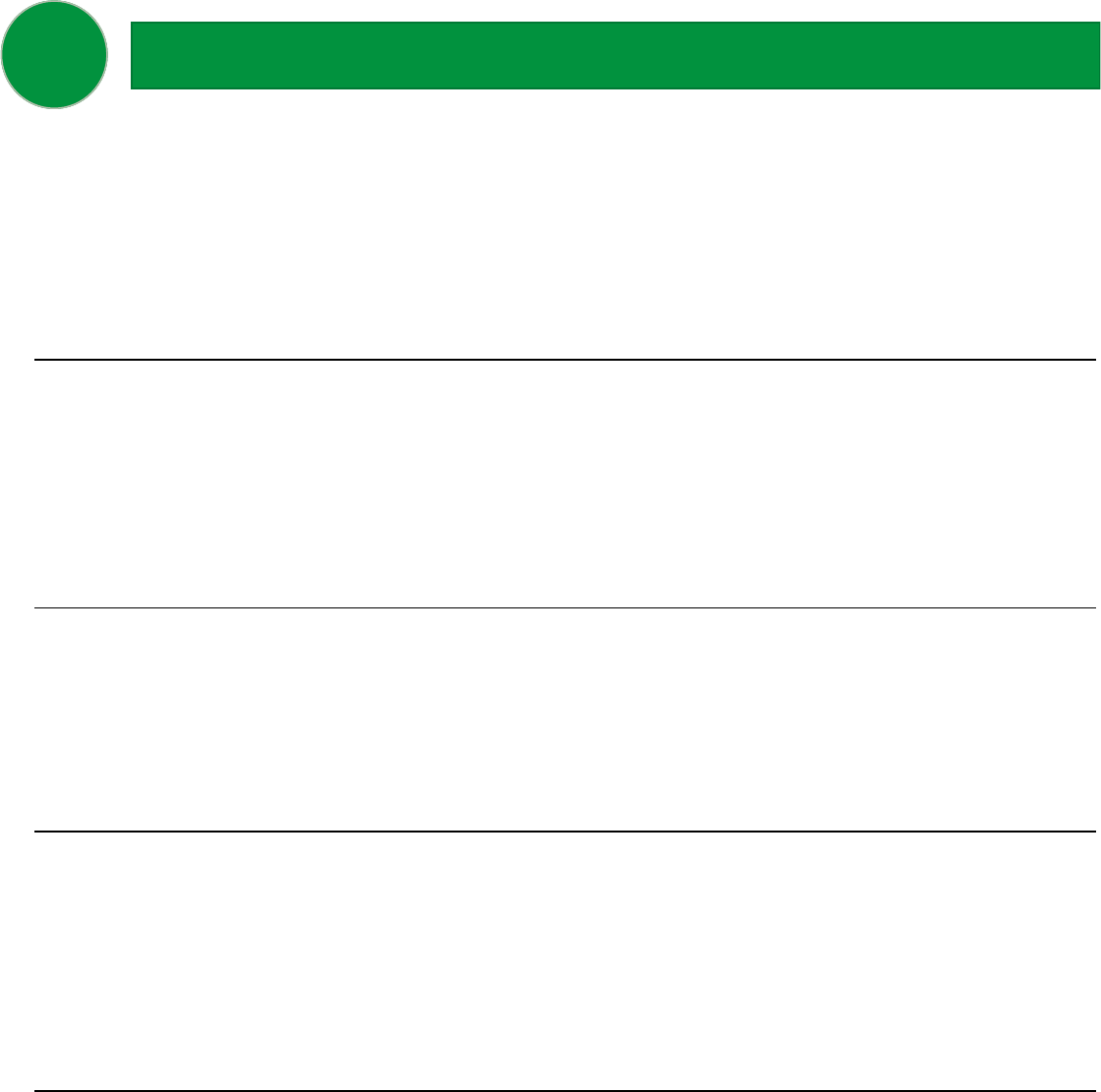
29
Social Studies
Human Geography
330700CW Units: 1
Grades: 9 MVHS, NAHS, SAHS, SBHS, WSHS
Prerequisites: None
Human Geography Honors
330700HW Units: 1
Grades: 9 RSMMHS, NAHS, SAHS, SBHS,WSHS
Prerequisites: None
Human Geography is a survey of the world’s physical environment, peoples, cultures, and economics, with a focus on selected
world regions. Special emphasis is paid to the issue of human interacon with the environment, and to the applicaon of geo-
graphic concepts and skills. This course is designed to have students analyze source materials and develop wring skills. Rigorous
research based assignments and papers are required to help prepare students for future Honors and Advanced Placement social
studies courses.
AP Human Geography
337900AW Units: 1
Grades: 9 - 10 AHS, ASA, MVHS, NAHS, SAHS, SBHS
Prerequisites: Students should be able to read college-level texts and apply the convenons of Standard Wrien English in their wring..
This course introduces students to the systemac study of paerns and processes that have shaped human understanding, use and alteraon of Earth’s surface. Students
employ spaal concepts and landscape analysis to examine human social organizaon and its environmental consequences. They also learn about the methods and tools
geographers use in their science and pracce. Students enrolled in this course will take a comprehensive College Board exam.
IGCSE Global Perspecves
333000CW Units: 1
Grades: 9 AHS
Prerequisites: None
IGCSE Global Perspecves provides opportunies for inquiry into, and reecon on, key global issues from a personal, local/
naonal and global perspecve. Students will assess informaon crically and explore lines of reasoning. This course emphasizes
the development and applicaon of skills rather than the acquision of knowledge. Students will develop transferable skills that
will be useful for further study and for young people as acve cizens of the future.
IGCSE Global Perspecves Honors
333000HW Units: 1
Grades: 9 AHS
Prerequisite: Successful compleon of IGCSE English 1 H/English 1 H
IGCSE Global Perspecves H provides opportunies for inquiry into, and reecon on, key global issues from a personal, local/
naonal and global perspecve. Students will assess informaon crically and explore lines of reasoning. This course emphasizes
the development and applicaon of skills rather than the acquision of knowledge. Students will develop transferable skills that
will be useful for further study and for young people as acve cizens of the future. IGCSE Global Perspecves H is taught at a more
rigorous and challenging level and moves at a faster pace than ISCSE Global Perspecves.
Human Geography is a survey of the world’s physical environment, peoples, cultures, and economics, with a focus on
selected world regions. Special emphasis is paid to the
issue of human interacon with the environment, and to the applicaon of geographic concepts and skills.
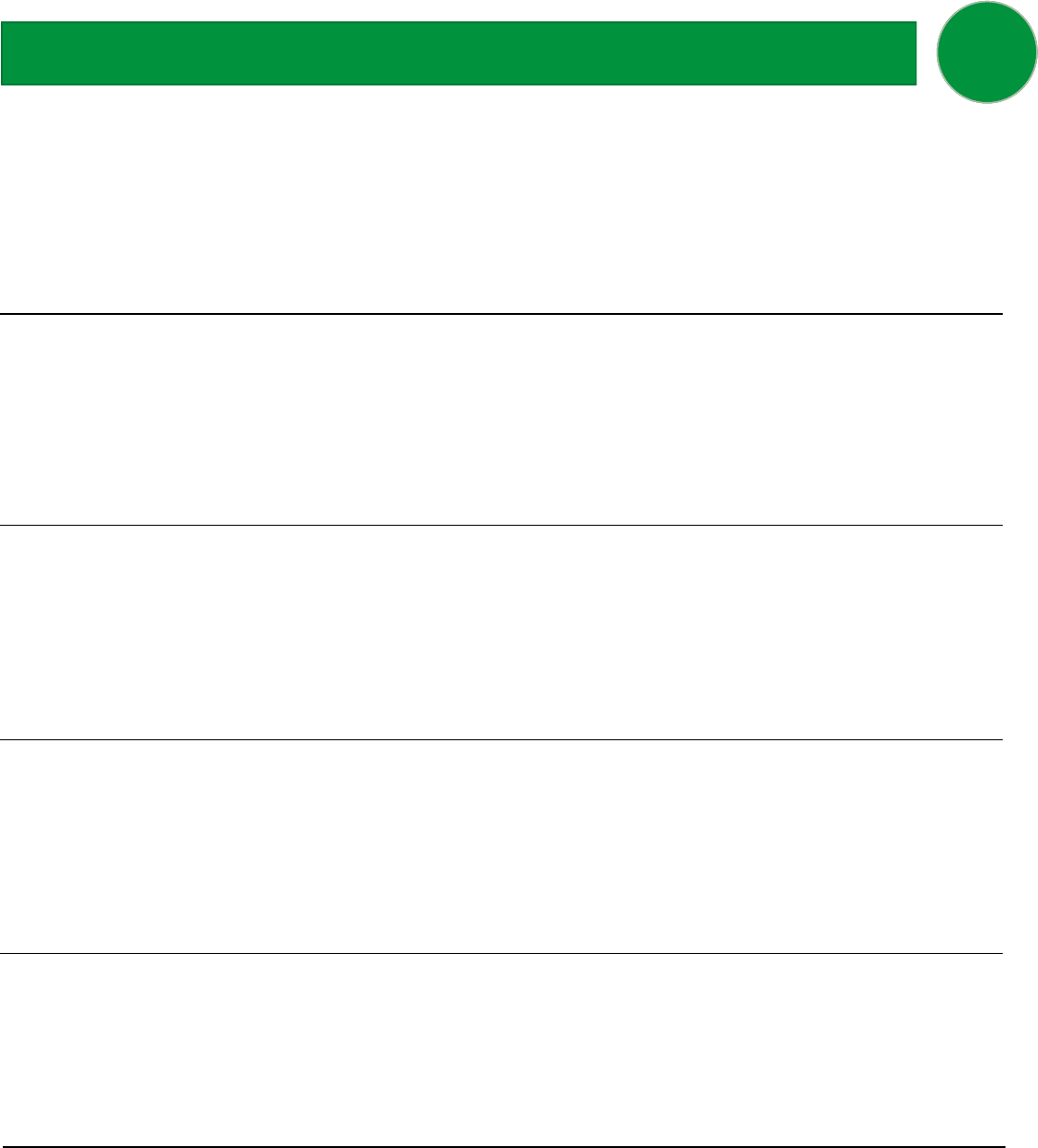
30
Social Studies
Modern World History
336000CW Units: 1
Grades: 10 MVHS, NAHS, RSMMHS, SAHS, SBHS, WSHS
Prerequisites: None
World History from 1300: The Making of the Modern World is designed to assist students in understanding how people and
countries of the world have become increasingly interconnected. In the last six hundred years, populaon growth, demand
for resources, curiosity, and technology have converged to draw the distant corners of the world closer together.
Modern World History Honors
336000HW Units: 1
Grades: 10 MVHS, NAHS, RSMMHS, SAHS, SBHS, WSHS
Prerequisites: None
This course is a comprehensive study of the major historical developments in the world from prehistoric mes to the present. It is
designed to help students evaluate historical data from a variety of sources as they trace the development and interacon of world
polical, cultural, social and economic instuons. Students examine primary and secondary sources as they analyze, synthesize
and evaluate informaon in order to construct sound historical interpretaon with evidence.
IGCSE History
330500CW Units: 1
Grades: 10 AHS
Prerequisite: Successful compleon of IGCSE Global Perspecves or equivalent 9
th
grade Social Studies course
IGCSE History looks at some of the major internaonal issues of the nineteenth and tweneth centuries, as well as covering the
history of parcular regions in more depth. The emphasis is on both historical knowledge and on the skills required for historical
research. Learners develop an understanding of the nature of cause and eect, connuity and change, similarity and dierence and
nd out how to use and understand historical evidence as part of their studies.
IGCSE History Honors
330500HW Units: 1
Grades: 10 AHS
Prerequisite: 80 or above in IGCSE Global Perspecves H or equivalent 9th grade Social Studies course
IGCSE History H looks at some of the major internaonal issues of the nineteenth and tweneth centuries, as well as covering the
history of parcular regions in more depth. The emphasis is on both historical knowledge and on the skills required for historical
research. Learners develop an understanding of the nature of cause and eect, connuity and change, similarity and dierence and
nd out how to use and understand historical evidence as part of their studies.
AP World History
337700AW Units: 1
Grades: 10 MVHS, NAHS, SAHS,
Prerequisites: Students should be able to read a college-level textbook and write grammacally correct, complete sentences.
This course challenges students to think globally and make connecons between cultures and across me. Students develop greater understanding of the evoluon of
global processes and contacts, in interacon with dierent types of human sociees. Emphasis is on the accumulaon of factual knowledge and the development of
analycal skills to prepare students to interpret primary sources and write persuasive essays. Students enrolled in this course will take a comprehensive College Board exam.
AP US History
337200AW Units: 1
Grades: 11 ASA, AHS,MVHS, NAHS, RSMHS,SAHS, SBHS, WSHS
Prerequisite: None. Students should be able to read college-level texts.
The AP US History course focuses on the development of historical thinking skills. Seven themes of equal importance – American and Naonal
Identy; Migraon and Selement; Polics and Power; Work, Exchange, and Technology; America in the World; Geography and the Environment; and Culture and Society
– provide areas of historical inquiry for invesgaon throughout the course. Students enrolled in this course will take a comprehensive College Board exam. The S.C. End-of-
Course Examinaon program requires students taking this course to take the U.S. History End-of-Course Test.

31
Social Studies
US Government Honors
333000HH Units: 1/2
Grades: 12
AHS, MVHS, RSMHS, NAHS, SAHS, SBHS, WSHS
Prerequisites: None
Honors Government provides the opportunity for advanced work, rigorous academic study, and the praccal applicaon of the major ideas and concepts
found in the study of Government. Honors students should learn to express and defend their ideas while aaining the distance necessary to accept
construcve cricism. Teachers should incorporate opportunies for each student to become a reecve thinker who possesses the potenal to become an
iniator of learning and accomplishments, exploring areas of his/her interests within the designated course of study. Honor Government is disnguished by a
dierence in the quality of the work expected, not merely an increase in quanty.
AP U.S. Government
337300AH or 337300AW Units: 1/2 OR 1
Grades: 12 AHS, MVHS, NAHS, SAHS
Prerequisites: Students should be able to read a college level textbook and write grammacally correct, complete sentences.
AP United States Government and Polics introduces students to key polical ideas, instuons, policies, interacons, roles, and behaviors that characterize the polical
culture of the United States. The course examines polically signicant concepts and themes, through which students learn to apply disciplinary reasoning assess causes and
consequences of polical events, and interpret data to develop evidence-based arguments. Students enrolled in this course will take a comprehensive College Board exam.
Economics and Personal Finance
330800CH Units: 1/2
Grades: 12 AHS, MVHS, NAHS, RSMHS, SAHS, SBHS, WSHS
Prerequisites: None
This course is a study of the American free enterprise economic system. It covers microeconomic and macroeconomic theory. This course helps students
eecvely use economic reasoning as workers, consumers and cizens. Emphasis is placed on the use of analycal and interpreve skills to make informed
decisions based on evaluaon of economic data, understanding of economic issues and knowledge concerning public policy. *This course sases the half-
credit Economics requirement. This course does not sasfy the Personal Finance graduaon requirement for the Class of 2027 and beyond.*
Economics Honors and Personal Finance
330800HH Units: 1/2
Grades: 12 AHS, ASA, MVHS, NAHS, RSMHS, SAHS, SBHS, WSHS
Prerequisites: None
This course is a study of the American free enterprise economic system. It covers microeconomic and macroeconomic theory. This course helps students
eecvely use economic reasoning as workers, consumers and cizens. Emphasis is placed on the use of analycal and interpreve skills to make informed
decisions based on evaluaon of economic data, understanding of economic issues and knowledge concerning public policy. This course is designed to give
the student a praccal study of features and funcons of economics and economic systems. Major emphasis is placed on the American system and its eect
on people living in the United States. There is also a focus on nancial literacy to emphasize appropriate personal nancial decisions. Extra reading and
homework will be given to enhance the students' learning experience. *This course sases the half-credit Economics requirement. This course does not
sasfy the Personal Finance graduaon requirement for the Class of 2027 and beyond.*
AP Microeconomics
337500AH Units: 1/2
Grades: 12 AHS, NAHS, SAHS
Prerequisite: Students should be able to read a college-level textbook and should possess basic mathemacs and graphing skills.
AP Microeconomics is an introductory college-level course that focuses on the principles of economics that apply to the funcons of individual economic decision-makers.
The course also develops students’ familiarity with the operaon of product and factor markets, distribuons of income, market failure, and the role of government in
promong greater eciency and equity in the economy. Students learn to use graphs, charts, and data to analyze, describe, and explain economic concepts. Students
enrolled in this course will take a comprehensive College Board exam.

32
Social Studies
African American Studies
339913CH Units: 1/2
Grades: 10-12 AHS, MVHS, WSHS
Prerequisite: None
This course is designed to help students gain an understanding of the signicant contribuons made by African Americans to the economic, social, polical,
and cultural development of the United States.
Current Events/Foreign Policy
333700CH Units: 1/2
Grades: 9-12 MVHS
Prerequisites: None
Current Events provides basic background and foundaonal informaon to help students understand the world that we live in today. It will examine various
social, polical, economic, religious, and cultural events in dierent countries and regions in order to beer comprehend mulple perspecves on the world
today. There will be a major focus on studying current events (their origins and causes) and idenfying soluons and predicng outcomes to those events.
Psychology
334000CH or 334000CW Units: 1/2 or 1
Grades: 10-12 AHS, MVHS, RSMMHS, NAHS
Prerequisites: None
This course focuses on the factors that inuence the behavior of individuals. It emphasizes behavior relaonships and the process of adjustment. It
includes human values as well as physical factors that inuence our everyday decisions in school and the community. Emphasis is also placed on the
understanding of human relaonships and individual processes of learning, development, and adjustment.
Psychology Honors
334000HH or 334000HW Units: 1/2 or 1
Grades: 10-12 RSMMHS, SAHS, SBHS
Prerequisites: None
This course focuses on the factors that inuence the behavior of individuals. It emphasizes behavior relaonships and the process of adjustment. It
This course is designed to have students analyze source materials and develop wring skills. Rigorous research based assignments and papers are
required to help prepare students for future Honors and Advanced Placement social studies courses.
AP Psychology
437100AW Units: 1
Grades: 10-12 MVHS, NAHS, SAHS, SBHS
Prerequisites: Students should be able to read a college-level textbook and write grammacally correct, complete sentences.
The AP Psychology course introduces students to the systemac and scienc study of human behavior and mental processes. Throughout the
course, students employ psychological research methods, including ethical consideraons, as they use the scienc method and evaluate evidence.
Law Educaon
333600CH Units: 1/2
Grades: 9-12 MVHS
Prerequisite: None
This course teaches young people about law that is praccal and relevant to their lives. Law Educaon courses strive to empower young people to be acve,
engaged cizens by equipping them with the knowledge and skills they need to successfully parcipate and create change in their communies.
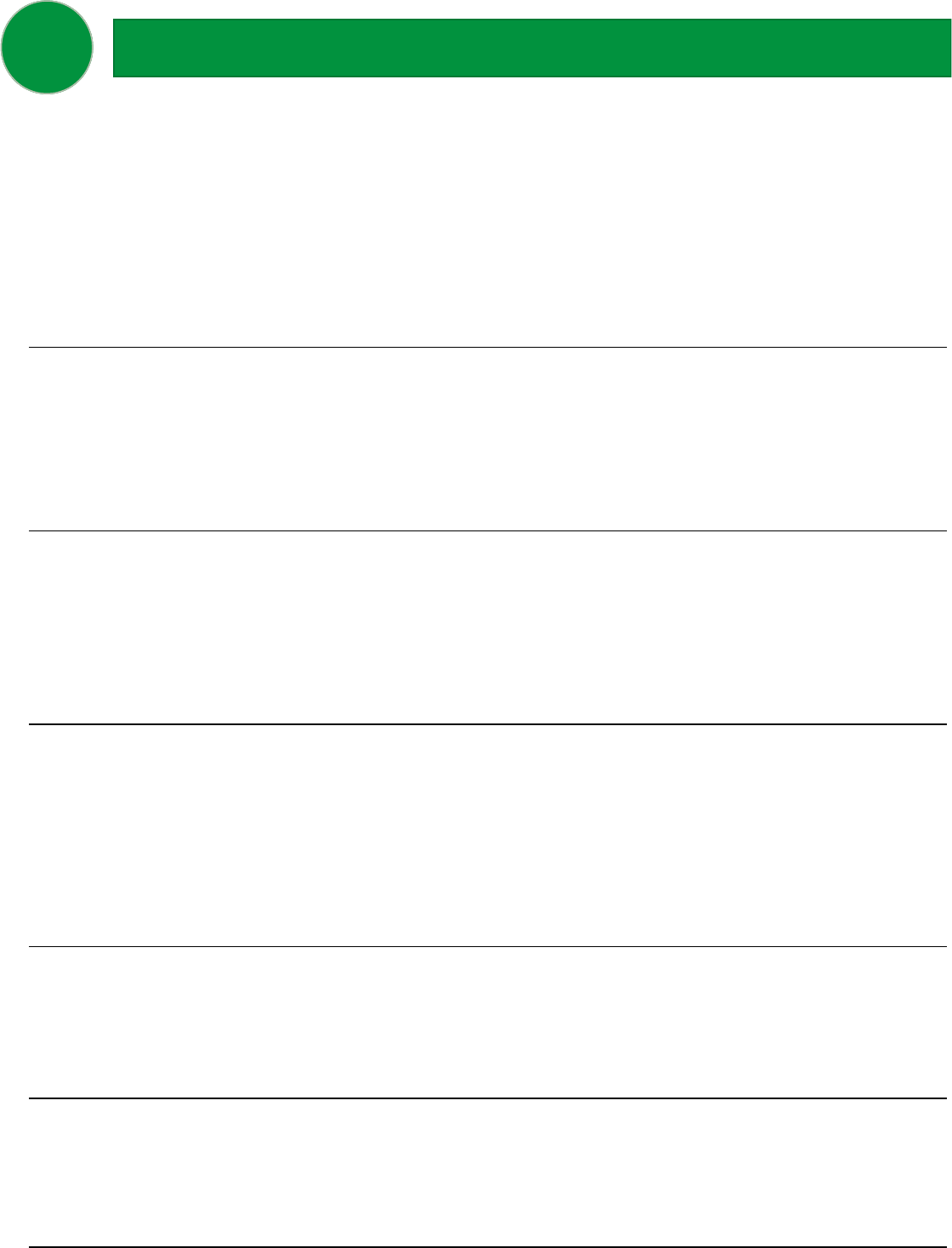
33
Social Studies
AICE Psychology, AS Level
935900GW Unit: 1
Grades: 11-12 AHS
Prerequisite: Successful compleon of AICE English General Paper and completed or enrolled in AICE Global Perspecves and Re-
search.
AICE Psychology learners develop their appreciaon of the subject by exploring the ways in which psychology is conducted. As part
of their studies, learners also review important research; this provides an insight into the ways in which psychology has been ap-
plied, thereby leading to a beer understanding of key approaches, research methods and issues and debates. The course reects
four core areas of psychology, namely biological, cognive, learning and social; it also relates psychology to abnormality, consumer
behavior, health and organizaons.
Sociology
334500CH or 334500CW Units: 1/2 or 1
Grades: 10-12 MVHS, NAHS
Prerequisites: None
This course is a survey of the eld of sociology. The emphasis is on the dynamics of social behavior and the causaon of social problems. This course
includes an introducon to sociological research and an analysis of human relaonships in modern culture through an examinaon of instuons,
tradions, customs and trends.
Sociology Honors
334500HH or 334500HW Units: 1/2 or 1
Grades: 10 - 12 SAHS, SBHS
Prerequisites: None
This course is a survey of the eld of sociology. The emphasis is on the dynamics of social behavior and the causaon of social problems. This course
includes an introducon to sociological research and an analysis of human relaonships in modern culture through an examinaon of instuons,
tradions, customs and trends. This course is designed to have students analyze source materials and develop wring skills. Rigorous research based
assignments and papers are required to help prepare students for future Honors and Advanced Placement social studies courses.
AICE Sociology, AS Level
435900GW Units: 1
Grades: 11-12 AHS
Prerequisite: Successful compleon of AICE English General Paper and completed or enrolled in AICE Global Perspecves and Re-
search.
In a rapidly changing world, AICE Sociology oers learners the opportunity not only to explore the processes that are shaping cur-
rent trends, but also to develop an understanding of the complexity and diversity of human sociees and their connuies with the
past. The study of sociology smulates awareness of contemporary social, cultural and polical issues, and focuses on the im-
portance of examining these issues in a rigorous, reasoned and analycal way.
AP Social Studies Prep Lab Honors
336900HW Units: 1
Grades: 9 - 12 ASA,NAHS
Prerequisites: Must be enrolled in an AP Social Studies course.
This course is a oponal link to Advanced Placement courses and is only open to those students enrolled in an Advanced
Placement course.
AP European History
337600AW Units: 1
Grades: 10-12 NAHS, RSMHS, SAHS, SBHS
Prerequisites: Students should be able to read a college-level textbook and write grammacally correct, complete sentences.
Study the cultural, economic, polical, and social developments that have shaped Europe from c. 1450 to the present. You'll ana-
lyze texts, visual sources, and other historical evidence and write essays expressing historical arguments.
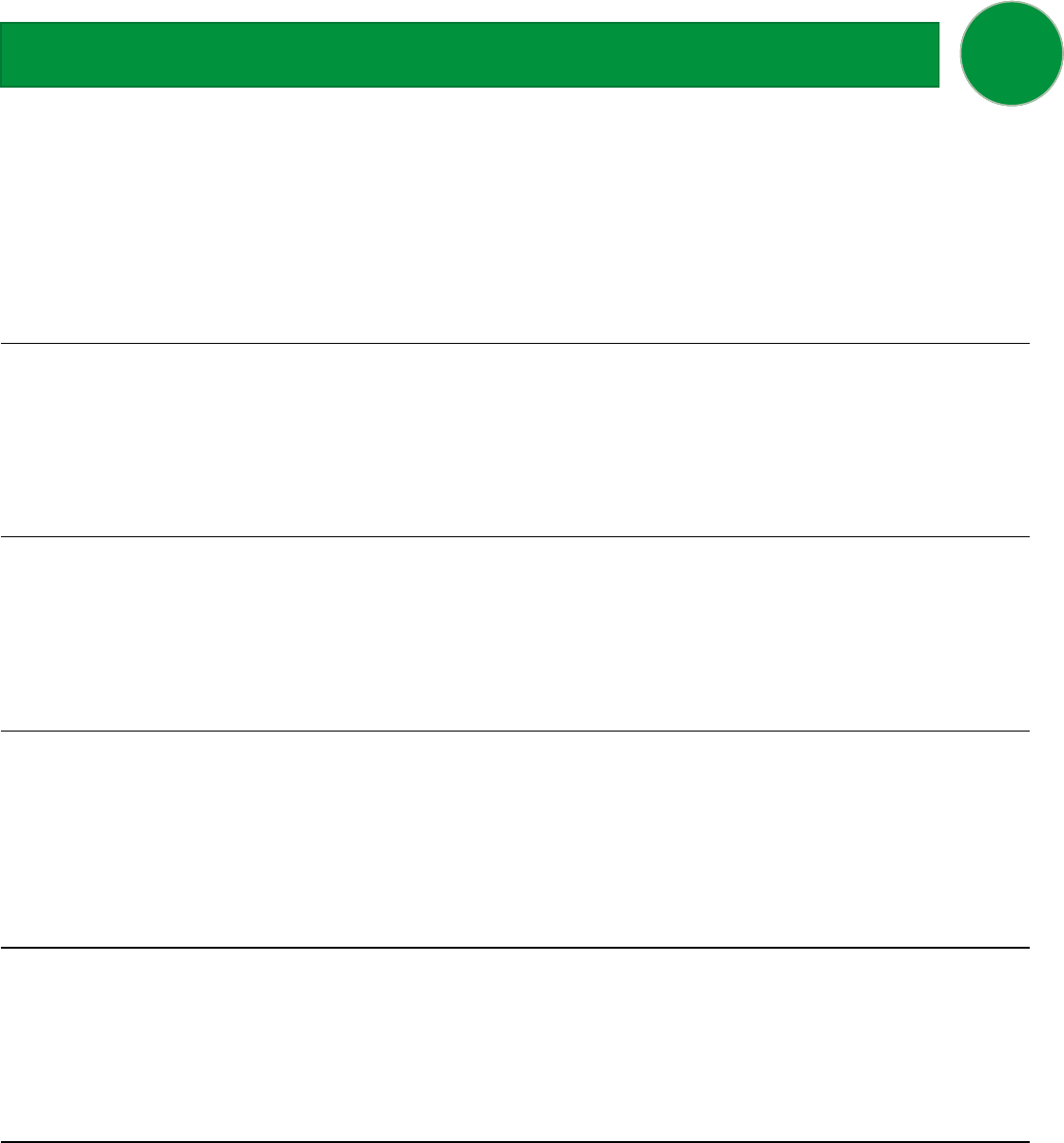
34
Fine Arts
Art 1
350100CW Units: 1
Grades: 9 - 12 MVHS, NAHS, SAHS, SBHS, RSMHS, WSHS
Prerequisites: None
This entry-level survey-style course provides students with: foundaonal knowledge of various art forms; basic art concepts,
terminology and techniques; tools and materials; cultural literacy; art history; and art career informaon. Hands-on learning
acvies are undertaken in drawing, printmaking, painng, ceramics and sculpture. Class criques, wrien tests and wrien
reports are required.
Art 1 Drawing & Painng
350112CW Units: 1
Grades: 9 - 12 AHS, NAHS
Prerequisites: None
This entry-level survey-style course provides students with: foundaonal knowledge of various art forms; basic art concepts,
terminology and techniques; tools and materials; cultural literacy; art history; and art career informaon. Hands-on learning
acvies are undertaken in drawing and painng. Class criques, wrien tests and wrien reports are required.
Art 1 Sculpture & Ceramics
350113CW Units: 1
Grades: 9 - 12 AHS
Prerequisites: None
This entry-level survey-style course provides students with: foundaonal knowledge of various art forms; basic art concepts,
terminology and techniques; tools and materials; cultural literacy; art history; and art career informaon. Hands-on learning
acvies are undertaken in sculpture and ceramics. Class criques, wrien tests and wrien reports are required.
Art 2
350200CW Units: 1
Grades: 10 - 12 AHS, MVHS, NAHS, RSMHS, SAHS, SBHS, WSHS
Prerequisites: Art 1 and Porolio
This advanced studio art course addresses a variety of drawing, printmaking, graphic design and painng techniques in a variety of
art styles and media. It also introduces advanced color theory and some cultural literacy, art history and career informaon.
Students develop a porolio and complete weekly sketchbook assignments. They also must parcipate in class criques, take
wrien tests, give reports and parcipate in select compeve exhibits.
Art 2 Photography
350210CW Units: 1
Grades: 10 - 12 AHS, NAHS
Prerequisites: Photography 1 or Art 1
This studio art course focuses on advanced use of photography along with a more thorough exploraon of photography history and
various types of photography producon. There is a connued focus on sketchbook journals, research, cultural literacy and the
presentaon of artwork. The course also covers the history of lm and its relaon to photography.
Art 3 Honors
350300HW Units: 1
Grades: 11 - 12 AHS, MVHS, NAHS, SBHS, RSMHS, WSHS
Prerequisites: Art 2 and Porolio
In this advanced studio art course, students produce creave, sophiscated and well-craed artwork in up to two of the following
2-D art forms: drawing, printmaking, painng, photography and/or graphic design (computer-generated imagery). Art projects are
based on a themac approach. Wrien student-teacher contracts with individualized guidelines and requirements are done for
each project. Course requirements include a weekly sketchbook/journal, sketches for all contracted work, individual criques,
wrien reports, a porolio, parcipaon in compeve exhibits and an end-of course show.

35
Fine Arts
Art 4 Honors
350400HW Units: 1
Grades: 10 - 12 MVHS, NAHS, WSHS
Prerequisites: Art 3 or teacher recommendaon
This studio art course is designed for advanced visual arts students, some of whom are also enrolled in Advanced Placement Studio
Art. Students are challenged to produce creave, sophiscated and well-craed artwork of the quality required in the Breadth
Secon of an AP porolio. Art projects are based on a themac approach.
Media Arts 1
351500CW Units: 1
Grades: 10 - 12 MVHS, SBHS
Prerequisites: Art 1
Media Arts is a technology based art class. Students use Adobe Photoshop and other media formats for art producon while
integrang the elements of art and principles of design. Possible topics include lmmaking, digital painng and photography. The
course curriculum focuses on art/media producon, art history, aesthecs, cricism and introductory study of media literacy.
Media Arts 2
351600CW Units: 1
Grades: 11-12 MVHS
Prerequisites: Media Tech 1
This course is a connuaon of Media Arts 1. Students will focus on integrang elements of art and principles of design ulizing
digital painng and photography. The course curriculum focuses on art/media producon, art history, aesthecs, cricism and
study of media literacy.
AP Studio Art: Drawing
357200AW Units: 1
Grades: 11 - 12 NAHS
Prerequisites: None. Previous experience in studio art courses that address conceptual, technical, and crical thinking skills can
support student success in the AP Studio Art Program.
This course requires students to produce a porolio—either drawing, 2-D Design or 3-D Design—for evaluaon. The porolio is to
be prepared and submied in accordance with specicaons required by the College Board. Each porolio contains three secons:
Quality (for which ve actual works of art are submied); Concentraon (an in-depth, individual project of up to 12 slides); and
Breadth (12 slides that demonstrate a wide range of experience).
AP Studio Art: 2D
357400AW Units: 1
Grades: 11 - 12 SBHS,NAHS
Prerequisites: None. Previous experience in studio art courses that address conceptual, technical, and crical thinking skills can
support student success in the AP Studio Art Program.
This course requires students to produce a porolio—either drawing, 2-D Design or 3-D Design—for evaluaon. The porolio is to
be prepared and submied in accordance with specicaons required by the College Board. Each porolio contains three secons:
Quality (for which ve actual works of art are submied); Concentraon (an in-depth, individual project of up to 12 slides); and
Breadth (12 slides that demonstrate a wide range of experience).
AP Studio Art 3D
357500AW Units: 1
Grades: 11 - 12 NAHS
Prerequisites: None. Previous experience in studio art courses that address conceptual, technical, and crical thinking skills can
support student success in the AP Studio Art Program.
This course requires students to produce a portfolio—either drawing, 2-D Design or 3-D Design—for evaluation. The portfolio is to be prepared and submitted in accordance with
specifications required by the College Board. Each portfolio contains three sections: Quality (for which five actual works of art are submitted); Concentration (an in-depth, individual
project of up to 12 slides); and Breadth (12 slides that demonstrate a wide range of experience).
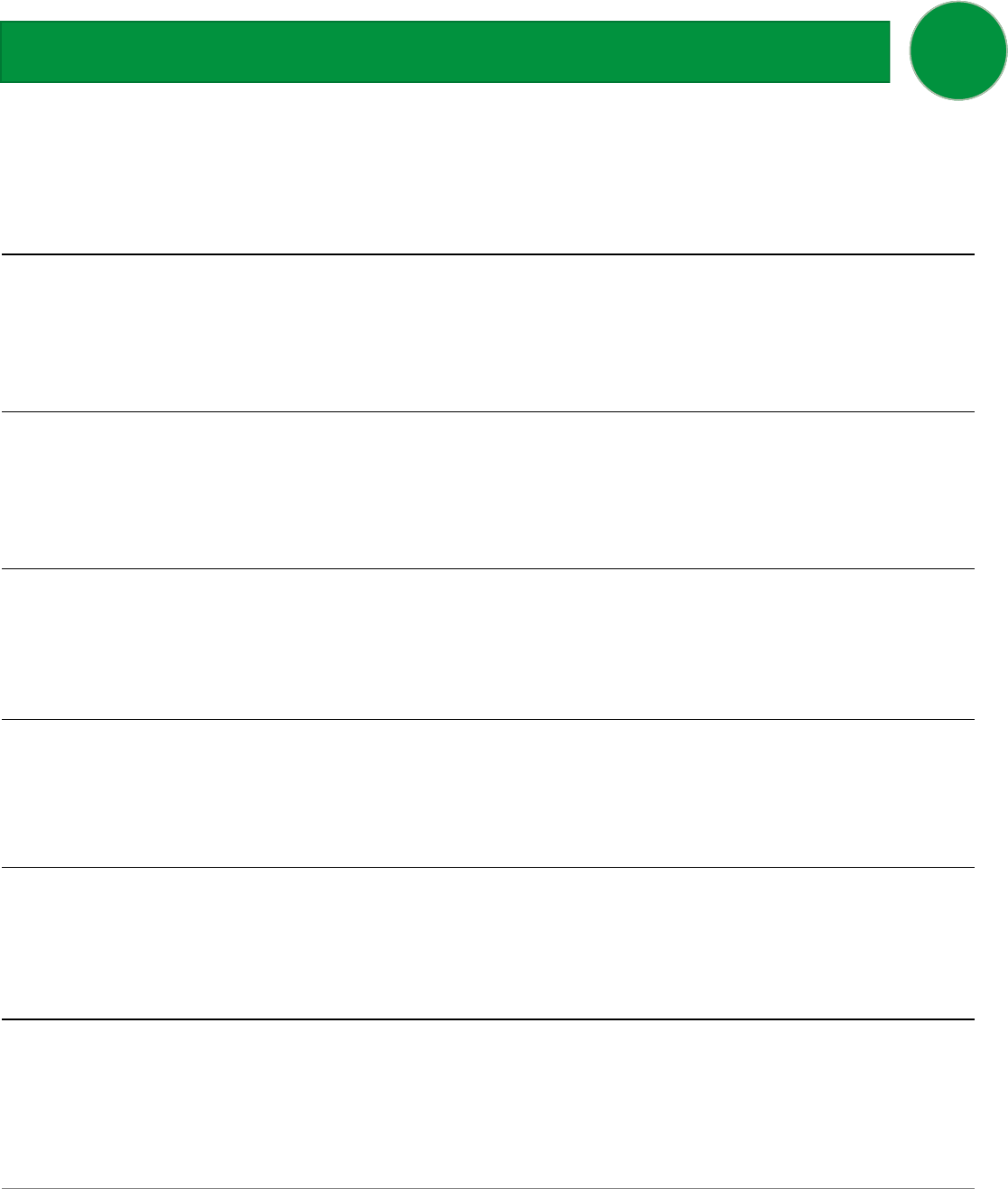
36
Fine Arts
AICE Art & Design
95A000GW Units: 1
Grades: 11 - 12 AHS
Prerequisites:
This course encourages imaginaon, conceptual thinking, powers of observaon and analycal ability. Learners develop technical
skills in two and three dimensional form and composion, and are able to idenfy and solve problems in visual and tacle forms.
AP Art History
357100AW Units: 1
Grades: 11 - 12 NAHS
Prerequisites: None
AP Art History is designed to allow students to examine major forms of arsc expression relevant to a variety of cultures evident in wide variety of
periods from present mes into the past.
Theatre 1
452100CW Units: 1
Grades: 9-12 AHS, MVHS, NAHS, RSMHS, SAHS, SBHS
Prerequisites: None
This course focuses on the techniques, aspects and theories of acng through various acvies including mime, pantomime, improvisaon, script analysis, monologues
and audions. The course concludes with a class producon allowing every student the opportunity to perform on stage.
Theatre 2
452200CW Units: 1
Grades: 9- 12 AHS, MVHS, NAHS, RSMHS, SAHS, SBHS
Prerequisite: Theatre 1
This course focuses on the techniques, aspects and theories of acng through various acvies including mime, pantomime, improvisaon, script analysis, monologues
and audions. The course concludes with a class producon allowing every student the opportunity to perform on stage.
Theatre 3 Honors /Theatre 4 Honors
452300HW or 452400HW Units: 1
Grades: 9- 12 NAHS, RSMHS, SAHS
Prerequisite: Theatre 1
This course focuses on the techniques, aspects and theories of acng through various acvies including mime, pantomime, improvisaon, script analysis,
monologues and audions. The course concludes with a class producon allowing every student the opportunity to perform on stage.
Music Appreciaon 1
356100CH or 356100CW Units: 1/2 or 1
Grades: 10 - 12 AHS, MVHS, NAHS, SAHS, SBHS,WSHS
Prerequisites: None
This course provides opportunies for students to hear and study music from many dierent historical periods as well as from various cultures. Trends in American
music and the inuence of society, media, genre and composers are of special interest. This course is designed to teach a beer comprehension of the elements of
music which include melody, rhythm, harmony, tempo, mbre, instrumentaon, voicing, etc. No prior music instrucon is necessary.
Music Appreciaon 2 356200CH Units: 1/2
Grades: 10 - 12 MVHS
Prerequisites: Music Appreciaon 1
This course provides opportunies for students to hear and study music from many dierent historical periods as well as from various cultures. Trends in American
music and the inuence of society, media, genre and composers are of special interest.
Art: Fiber and Texles
459915CW Units: 1
Grades: 10-12 NAHS
Prerequisites: Art 1
Students will be working with paerns and creang their own clothing and funconal items.

37
Fine Arts
High School Band Level 1
353100CW Units: 1
Grades: 9 - 12 AHS, MVHS, NAHS, SAHS, SBHS, RSMHS,WSHS
Prerequisite: Successful compleon of Middle School Band and/or Instructor approval.
High School Band Level 1 is the introductory high school band course, and the fourth band course of seven possible years of instrucon in the
Aiken County Band curriculum. In this course, students will receive connued instrucon in instrumental music performance on wind or
percussion instruments, and connued instrucon of music reading skills. They will also work on instrument and ensemble performance skills
(i.e. posture, playing posion, tone producon, aural skills). Parcipaon in band promotes social interacon and collaboraon that will begin
a lifelong appreciaon of music and diverse cultures. Students are expected to perform in mandatory concerts both during and aer school
as assigned by director.
High School Band Level 2
353200CW Units: 1
Grades: 10 - 12 AHS, MVHS, NAHS, RSMHS, SAHS, SBHS, WSHS
Prerequisite: Successful compleon of Band 1 and/or instructor approval
High School Band Level 2 is an intermediate high school band course, and the h band course of seven possible years of instrucon in the
Aiken County Band curriculum. In this course, students will receive connued instrucon in instrumental music performance on wind or
percussion instruments, and connued instrucon of music reading skills. They will also work on instrument and ensemble performance skills
(i.e. posture, playing posion, tone producon, aural skills). Parcipaon in band promotes social interacon and collaboraon that will begin
a lifelong appreciaon of music and diverse cultures. Students are expected to perform in mandatory concerts both during and aer school
as assigned by director.
High School Band 3 Honors
353300HW Units: 1
Grades: 11 - 12 AHS, MVHS, NAHS, RSMHS, SAHS, SBHS, WSHS
Prerequisite: Successful compleon of Band 2 and/or instructor approval.
High School Band 3 Honors is an intermediate high school band course, and the sixth band course of seven possible years of instrucon in the
Aiken County Band curriculum. In this course, students will receive connued instrucon in instrumental music performance on wind or
percussion instruments, and connued instrucon of music reading skills. They will also work on instrument and ensemble performance skills
(i.e. posture, playing posion, tone producon, aural skills). Parcipaon in band promotes social interacon and collaboraon that will begin
a lifelong appreciaon of music and diverse cultures. Students are expected to perform in mandatory concerts both during and aer school
as assigned by director.
High School Band 4 Honors
353400HW Units: 1
Grades: 12 AHS, MVHS, NAHS, RSMHS, SAHS, SBHS, WSHS
Prerequisite: Successful compleon of Band 3 and/or instructor approval.
High School Band 4 Honors is an advanced high school band course, and the seventh band course of seven possible years of instrucon in the
Aiken County Band curriculum. In this course, students will receive connued instrucon in instrumental music performance on wind or
percussion instruments, and connued instrucon of music reading skills. They will also work on instrument and ensemble performance skills
(i.e. posture, playing posion, tone producon, aural skills). At the compleon of Band 4, students should be able to demonstrate the ability
to read and perform appropriate level music as prescribed by director. Students are expected to perform in mandatory concerts both during
and aer school as assigned by director.
Band-Color Guard 1-4
Units: 1
Grades: 9-12 AHS, MVHS, NAHS, RSMHS, SAHS, SBHS, WSHS
Prerequisite: Parcipaon in the school color guard program.
This class is usually taken in conjuncon with parcipaon in the marching band. Students will learn musical expression and performance
through the use of ags, marching ries, sabers, and dance.
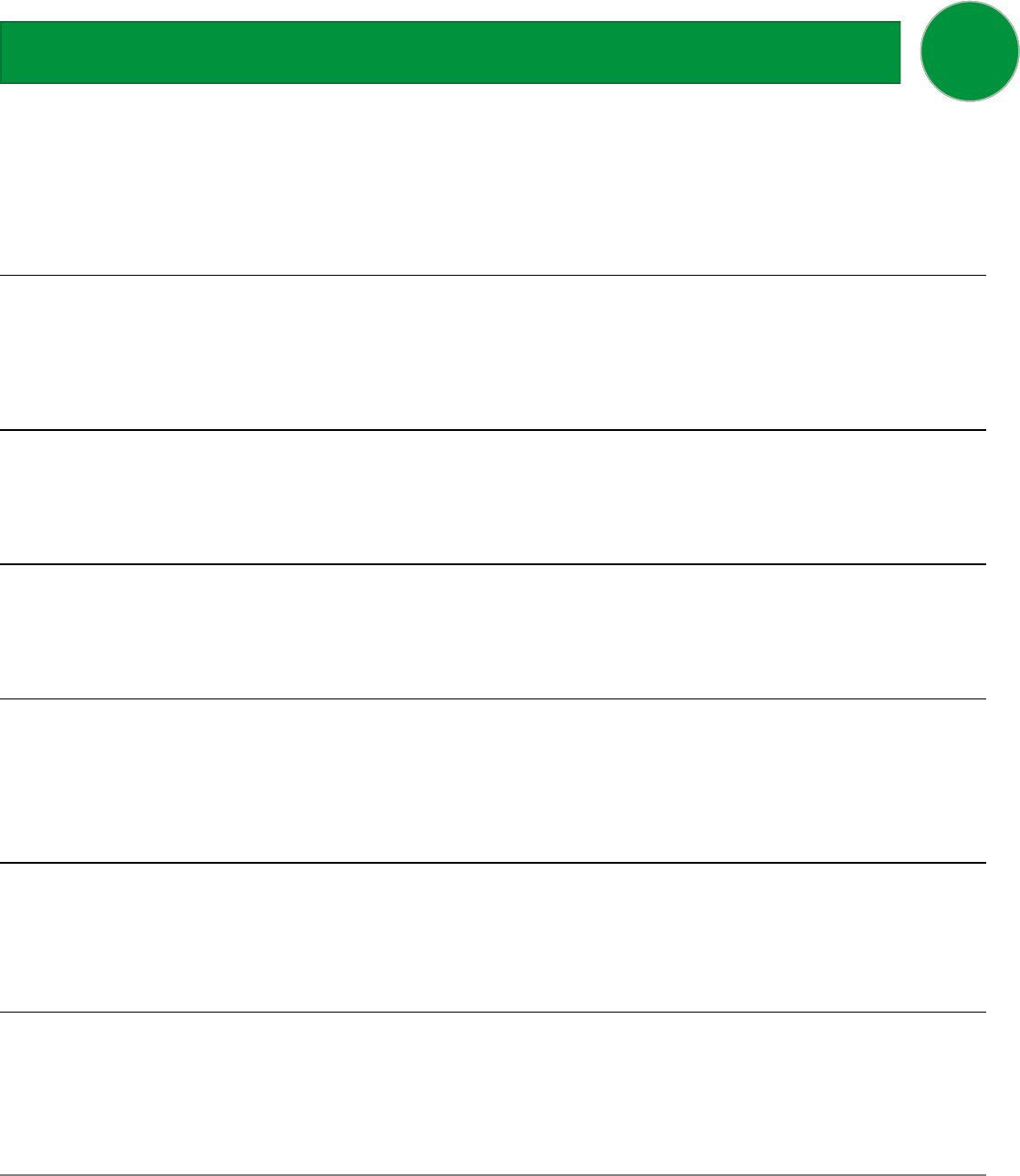
38
Fine Arts
Orchestra/Strings 1
355100CW Units: 1
Grades: 9 - 12 AHS, NAHS, MVHS
Prerequisites: None
This course is a beginning performance-oriented program concentrang on complex string repertoire. Students parcipate in Concert Fesval,
Solo and Ensemble Fesval, and may perform in compeve events. Extra rehearsal me may be scheduled aer school.
Orchestra/Strings 2
355200CW Units: 1
Grades: 9 - 12 AHS, NAHS
Prerequisites: Orchestra 1 or audion at advanced level
This course is a beginning performance-oriented program concentrang on complex string repertoire. Students parcipate in Concert Fesval,
Solo and Ensemble Fesval, and may perform in compeve events. Extra rehearsal me may be scheduled aer school.
Orchestra/Strings 3 Honors
355300HW Units: 1
Grades: 9 - 12 AHS, NAHS
Prerequisites: Orchestra 2 or audion at advanced level
This course is a performance-oriented group concentrang on advanced string repertoire. Rehearsal aer school may be required.
Orchestra/Strings 4 Honors
355400HW Units: 1
Grades: 9 - 12 AHS, MVHS, NAHS
Prerequisites: Orchestra 3 or audion at advanced level
This course is a performance-oriented group concentrang on advanced string repertoire. Rehearsal aer school may be required.
Instrumental Music: Guitar 1
356700CW Units: 1
Grades: 9 - 12 NAHS, SAHS, SBHS, WSHS
Prerequisites: None
This course is designed for the beginner with no prior music or guitar experience. Each student must provide his/her own acouscal
guitar and have access to a CD/cassee player to pracce daily lessons.
Instrumental Music: Guitar 2
458000CW Units: 1
Grades: 9 - 12 NAHS,SBHS, WSHS
Prerequisites: Instrumental Music: Guitar 1
Each student must provide his/her own acouscal guitar and have access to a CD/cassee player to pracce daily lessons.
Instrumental Music: Percussion
454800CW Units: 1
Grades: 9 - 12 SBHS, WSHS
Prerequisites: None
This introductory course provides students with the opportunity to study and perform on a variety of percussion instruments
nonwestern music of Africa, Asia, South America, and the Caribbean.
Instrumental Music: Piano Class 1 454100CW Units: 1
Grades: 9 - 12 AHS, SAHS
Prerequisites: Interest in playing piano, composion and music technology
This course is designed for instrucon in the basic fundamentals of piano keyboard playing, composion, music technology, music
theory, individual and group playing, sight-reading, and ear training.
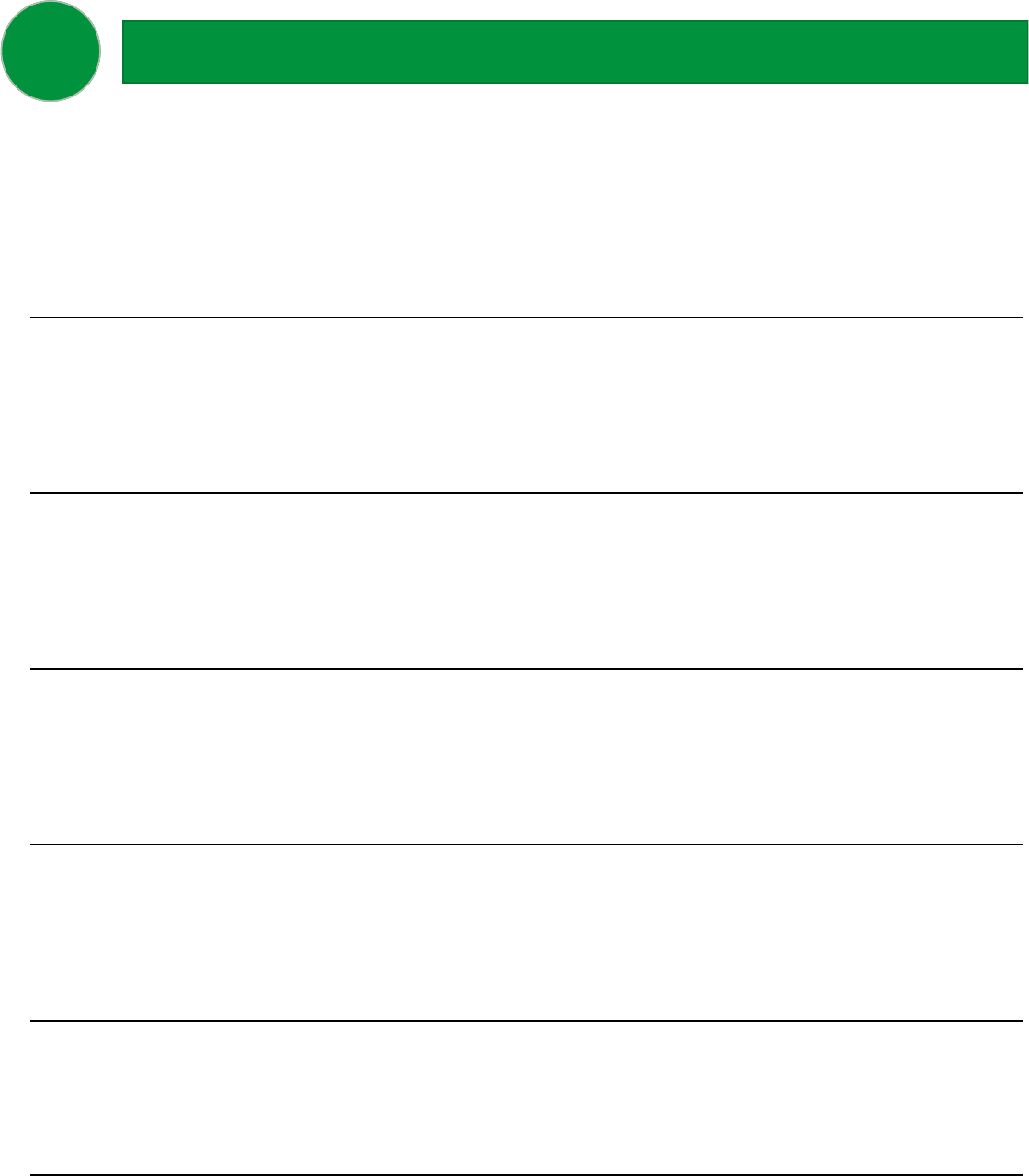
39
Fine Arts
AP Music Theory
357600AW Units: 1
Grades: 10 - 12 NAHS, SAHS
Prerequisite: Students should be able to read and write musical notaon. It is strongly recommended that the student has acquired at least
basic performance skills in voice or on an instrument.
This course will integrate aspects of melody, harmony, texture, rhythm, form, musical analysis, elementary composion, history and style. This
class will examine the principals of music notaon, musical terms, and the classicaon of instruments, scales, and chords. Musicianship skills
such as dictaon and other listening skills, sight-singing, and keyboard harmony are considered an important part of the theory course.
Chorus 1
354100CW Units: 1
Grades: 9 - 12 AHS, MVHS, NAHS, SAHS
Prerequisites: None
This performance-oriented course is for beginning choral students. Students learn and study singing through performance, ear-training,
sight-singing, musical literacy, vocal and breathing technique, and musical elements of performance through a variety of choral repertoire.
Students are required to perform in all concerts and performances. Aer-school rehearsals may be required.
Chorus 2
354200CW Units: 1
Grades: 10 - 12 AHS,MVHS, NAHS, SAHS
Prerequisites: Chorus 1 or audion at advanced level
This performance-oriented course emphasizes vocal techniques that are developed and studied through correct breathing, dicon, intonaon,
tone producon, musicality, musical literacy, and performance. This ensemble is designed to study the above menoned techniques through a
variety of choral music repertoire. Students are required to perform in all concerts and performances. Aer-school rehearsals may be required.
Chorus 3 Honors
354300HW Units: 1
Grades: 10 - 12 AHS,MVHS, NAHS, SAHS
Prerequisites: Chorus 2 or audion at advanced level
This performance-oriented course emphasizes musical literacy, sight-singing, musicality, technique, and musical elements of performance. The
course is designed for students who demonstrate vocal skill and knowledge. Students experience a higher level of training that is appropriate for
a variety of larger ensemble choral repertoire. Students are required to perform in all concerts, performances and aer-school rehearsals.
Chorus 4 Honors
354400HW Units: 1
Grades: 10 - 12 AHS,MVHS, NAHS, SAHS
Prerequisites: Audion at advanced level
This performance-oriented course is designed for choral students who demonstrate vocal skill, knowledge, & musical independence. Students
experience a high level of vocal training regarding tone, dicon, balance, blend, technical vocabulary, sight-reading, vocal technique, breathing,
musical literacy, & musicality. Students are required to perform in all concerts/performances. Aer-school rehearsals may be required.
Chorus Rehearsal
354000CW Units: 1
Grades: 9 - 12 MVHS
Prerequisites: None
This performance-oriented course is for beginning choral students. Students learn and study singing through performance, ear-training,
sight-singing, musical literacy, vocal and breathing technique, and musical elements of performance through a variety of choral repertoire.
Musical Theatre
459989CW Units: 1
Grades: 9 - 12 AHS
Prerequisites: None
This course is designed for students with an interest in musical theatre and performance. Students will analyze, evaluate, and create various
genres and aspects of musical performance.
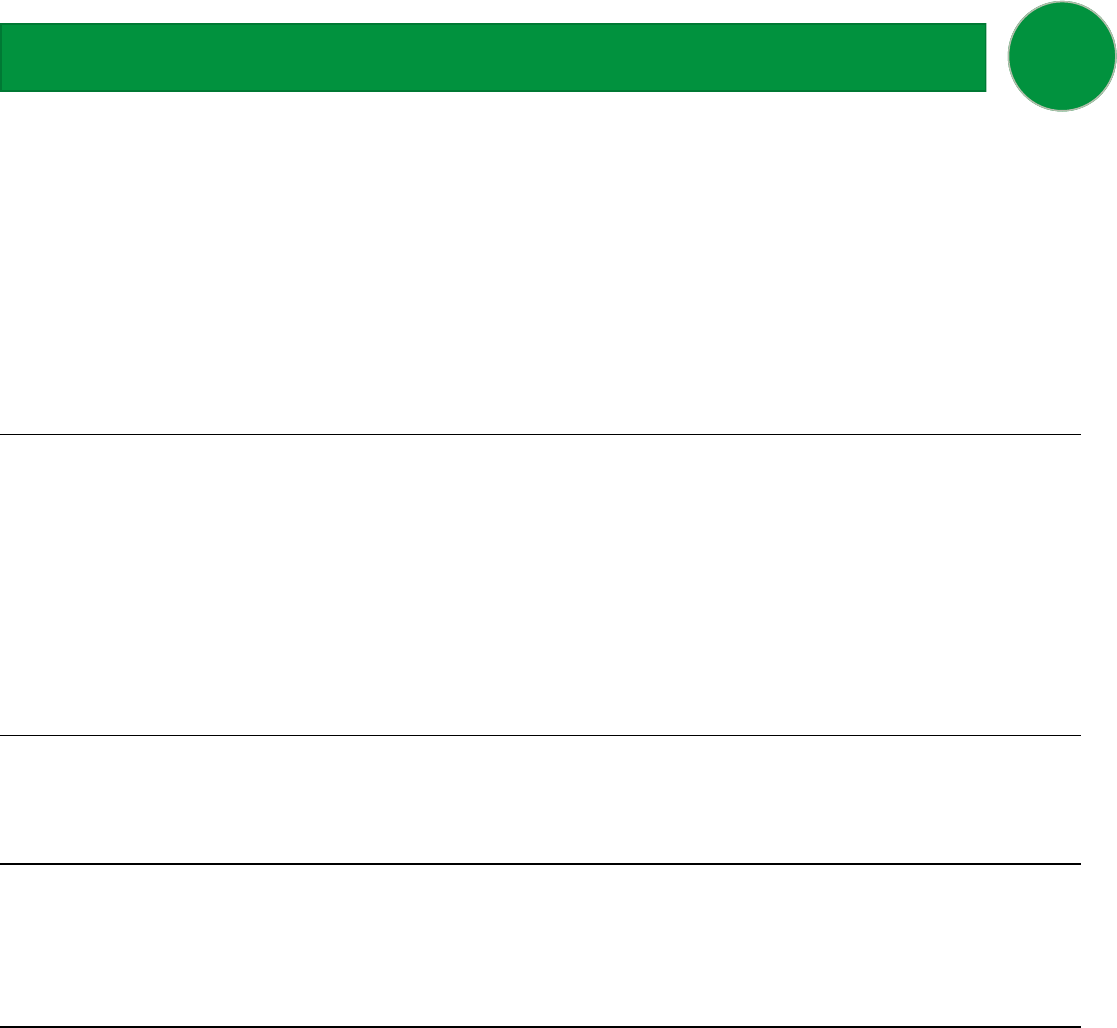
40
World Language
French I
361100CW Units: 1
Grades: 9 - 12 AHS,MVHS, NAHS, SAHS
Prerequisite: None
In French I students will communicate in real-life situaons using the three modes: interpersonal (two-way speaking/wring),
interpreve (listening and reading), and presentaon (one-way speaking/wring).
Through the use of authenc resources (videos and documents intended for nave speakers), students will develop the ability to
communicate in French at the intermediate level. In addion to praccing basic language skills, students will examine cultural
pracces and perspecves to gain a deeper understanding of French speakers in local and global communies.
By the end of the course students will be able to use the language to ask and answer quesons on familiar topics and express ideas
in the present and future.
French 2
361200CW Units: 1
Grades: 9 - 12 AHS,MVHS, NAHS, SAHS
Prerequisite: French I
In French II students will communicate in real-life situaons using the three modes: interpersonal (two-way speaking/wring),
interpreve (listening and reading), and presentaon (one-way speaking/wring).
Through the use of authenc resources (videos and documents intended for nave speakers), students will develop the ability to
communicate in French at the intermediate level. In addion to praccing basic language skills, students will examine cultural
pracces and perspecves to gain a deeper understanding of French speakers in local and global communies.
By the end of the course students will be able to use the language to ask and answer quesons on familiar topics and express ideas
in the present and future.
French 3 Honors
361300HW Units: 1
Grades: 10 - 12
AHS, MVHS, NAHS, SAHS
Prerequisite: French 1 and 2
In French III students will communicate in real-life situaons using the three modes: interpersonal (two-way speaking/wring),
interpreve (listening and reading), and presentaon (one-way speaking/wring).
By using authenc resources (videos and documents intended for nave speakers,) students will be able to communicate in French
at the intermediate level. Through listening, reading, and speaking in French, students will connue to examine cultural pracces
and perspecves to gain a deeper understanding of French speakers in local and global communies. By the end of the course,
learners will create with the language to express themselves using elaborate tenses and moods.
French 4 Honors
361500HW Units: 1
Grades: 10 - 12
AHS
Prerequisite: French 1, 2 and 3
In French 4 students will communicate in real-life situaons using the three modes: interpersonal (two-way speaking/wring),
interpreve (listening and reading), and presentaon (one-way speaking/wring). By using authenc resources (videos and docu-
ments intended for nave speakers,) students will be able to communicate in French at the intermediate level. Through listening,
reading, and speaking in French, students will connue to examine cultural pracces and perspecves to gain a deeper understand-
ing of French speakers in local and global communies.
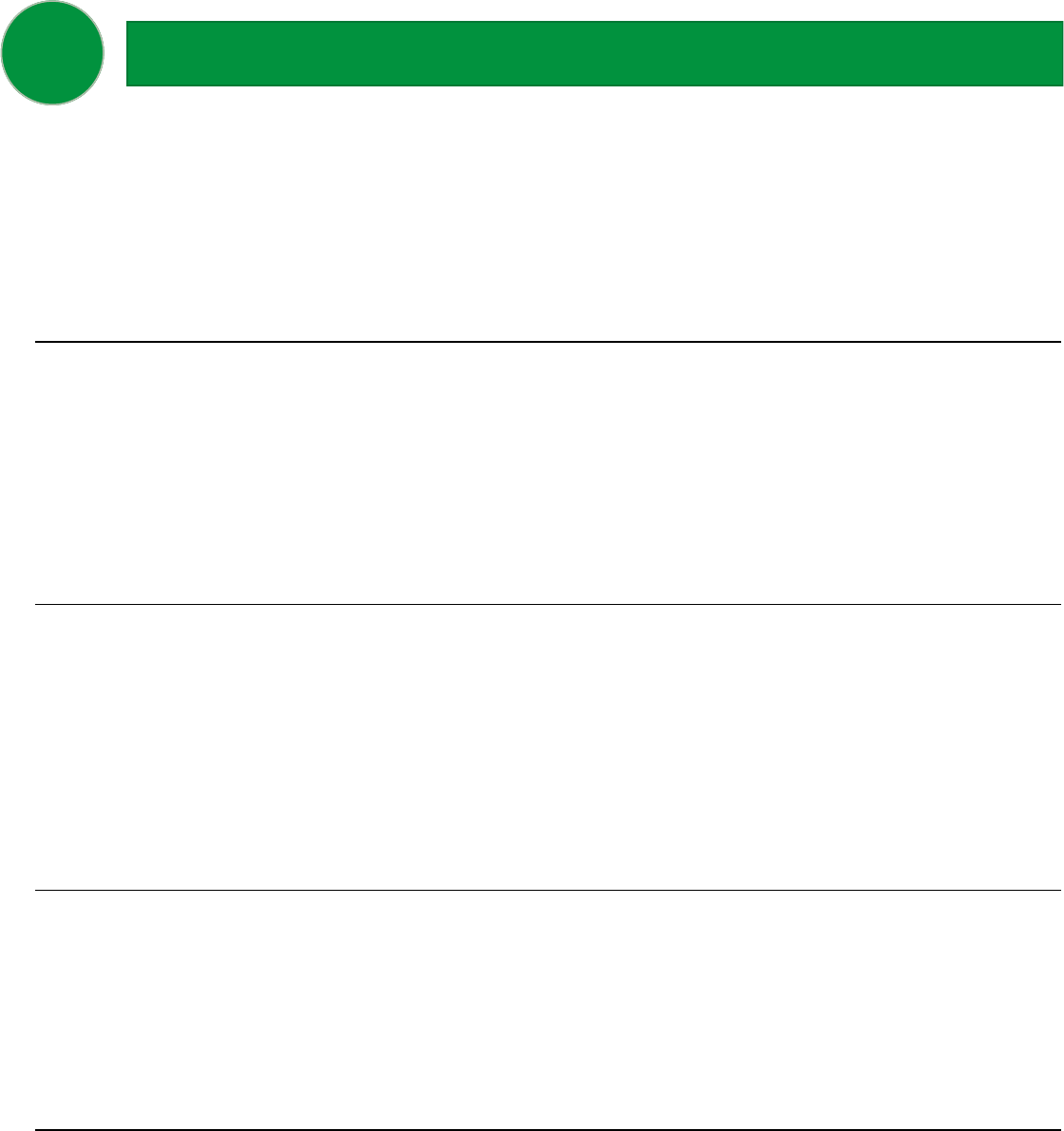
41
World Language
Spanish 1
365100CW Units: 1
Grades: 9 - 12 AHS, MVHS, NAHS, RSMHS, SAHS, SBHS, WSHS
Prerequisite: None
Spanish I is the foundaon for Spanish language acquision. Most of the instrucon is in Spanish and emphasizes speaking,
listening, reading, and wring in order to empower learners in Spanish at the novice level. In addion to praccing basic language
skills, students will examine cultural pracces and perspecves to gain a deeper understanding of Spanish speakers in local and
global communies. By the end of the course students will be able to create phrases, quesons, and statements on familiar topics.
Spanish 2
365200CW Units: 1
Grades: 9 - 12 AHS, MVHS, NAHS, RSMHS, SAHS, SBHS, WSHS
Prerequisite: Spanish I
Spanish II connues fundamental skills for Spanish language acquision. Most of the instrucon is in Spanish and emphasizes basic
skills in the areas of speaking, listening, reading, and wring so learners will progress from the novice-mid level to the novice-high
level based on SC standards. Through listening and reading in Spanish, students will connue to examine cultural pracces and
perspecves to gain a deeper understanding of Spanish speakers in local and global communies. By the end of the course,
learners will be able to use the target language to create communicaon expressing present and past events on very familiar
topics.
Spanish 3 Honors
365300HW Units: 1
Grades: 10 - 12 AHS, MVHS, NAHS, RSMHS, SAHS, SBHS, WSHS
Prerequisite: Spanish II
Spanish III is an honors course taught enrely in Spanish. Students must communicate and interact in Spanish at all mes. All areas
of communicaon are emphasized: speaking, listening, reading, and wring. Based on their language acquision in levels 1 and 2,
at level 3, students should progress from the novice-high level to the intermediate-low level according to SC standards. Students
should be able to write and discuss events in various me frames: present, past, and future. Students will idenfy common cultural
paerns, compare cultural beliefs, engage in cultural pracces, and interact in familiar and unfamiliar cultural contexts. At the end
of the course, learners will be able to present, summarize, and compare informaon they have read or heard. Addionally,
students will be able to debate, persuade, and convince using the target language.
Spanish 4 Honors
365400HW Units: 1
Grade: 11 - 12 AHS, MVHS, NAHS, RSMHS, SBHS, WSHS
Prerequisite: Spanish III
Spanish 4 is designed to provide advanced students with authenc language experiences as they use Spanish to explore a variety of
cultural topics and contemporary social issues. The study of grammar and literacy selecons will be included as vehicles for
improving communicave competency. Many facets of life in Hispanic countries are discussed, comparing present day life and that
of the recent past. Movies, novels and the internet are used as springboards for discussions. Daily oral communicaon is an
essenal part of the class. Topics for communicaon, comprehension and composion include social and cultural themes.
AP Spanish Language
367500AW Units: 1
Grades: 11 - 12 SAHS, SBHS, NAHS
Prerequisite: None. Students are typically in their fourth year of high school Spanish language study. In the case of nave or
heritage speakers, there may be a dierent course of study leading to this course.
The AP Spanish Language and Culture course emphasizes communicaon (understanding and being understood by others) by
applying the interpersonal, interpreve, and presentaonal modes of communicaon in real-life situaons. This includes
vocabulary usage, language control, communicaon strategies, and cultural awareness. The AP Spanish Language and Culture
course strives not to overemphasize grammacal accuracy at the expense of communicaon. To best facilitate the study of
language and culture, the course is taught almost exclusively in Spanish.
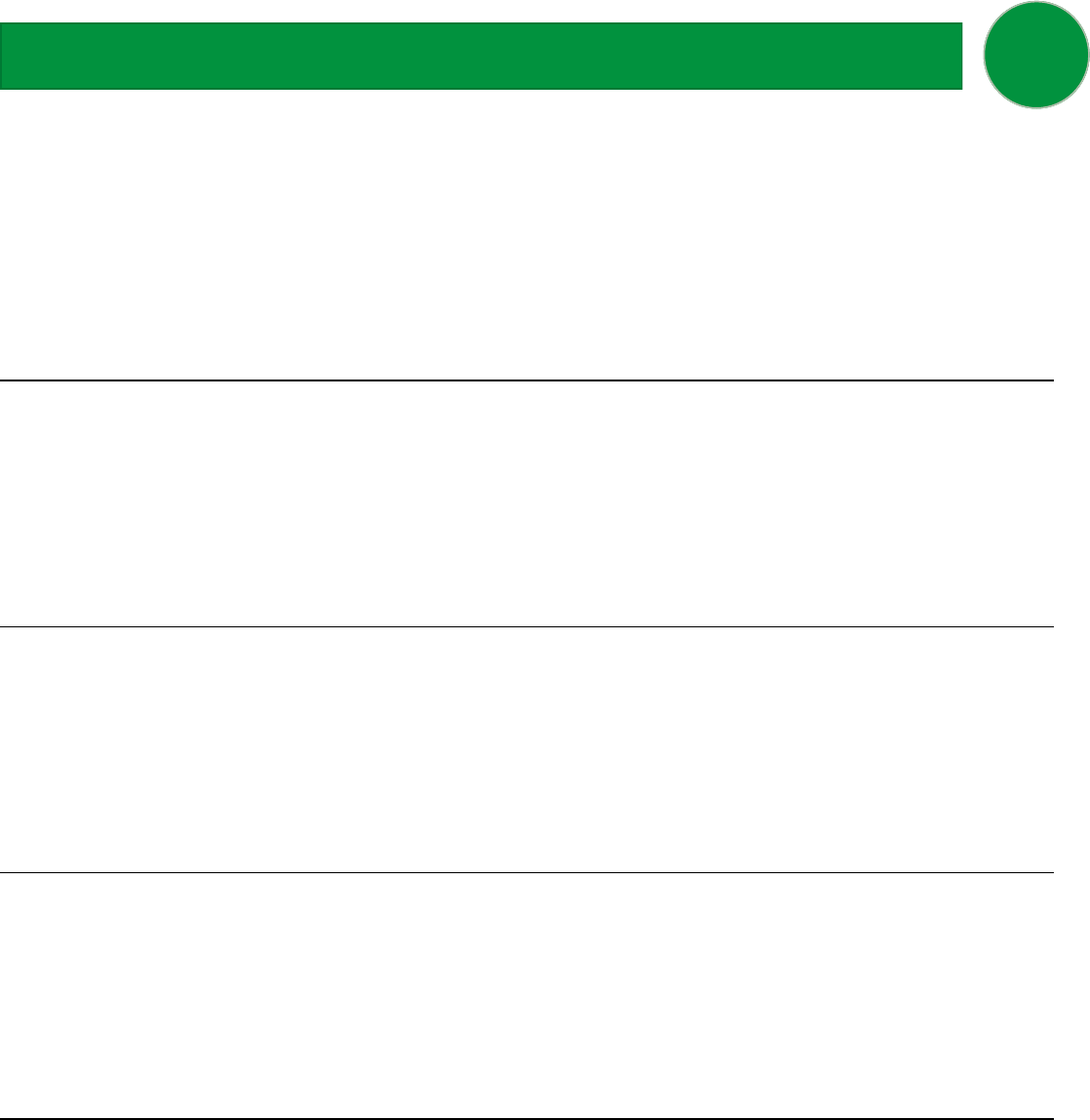
42
World Language
German I
362100CW Units: 1
Grades: 9 - 12 AHS, SAHS
Prerequisite: None
German I introduces students to the ve C's of foreign language learning: communicaon, culture, connecons, comparisons and
communies. Students learn the fundamental structures of the language by engaging in brief conversaons, directed dialogues,
and a variety of oral acvies. In addion, short reading passages, aural comprehension, wring acvies, and grammar are
integral components of the program. The language lab and other technology serve as useful, creave, and movang tools to build
language prociency and cultural understanding.
German II
362200CW Units: 1
Grades: 10 - 12 AHS, SAHS
Prerequisite: German I
German II is a connuaon of German I and connues to develop listening, speaking, reading and wring skills. Students increase
their vocabulary, learn new grammacal concepts, and develop a deeper understanding of the culture. At this stage, students
pracce the skill of speaking through class discussions and presentaons. Moreover, students begin to write composions on a
variety of topics. The language lab and other technology connue to serve as useful, creave, and movang tools to build
language prociency and cultural understanding.
German III Honors
362300HW Units: 1
Grades: 11 - 12 AHS, SAHS
Prerequisite: German II
In German III students learn challenging grammacal structures and read about historical gures, the German-speaking regions,
and signicant events in German history. Cultural dierences are discussed in greater detail. Emphasis is on spoken language
through role-play and in-class presentaons. Short stories, fairy tales, legends, poetry and a mystery reader round out the
academic year. The nal exam/project is based on our end of the year literature piece. The language lab and other technology
serve as useful, creave, and movang tools to build language prociency and cultural understanding.
German IV Honors
362400HW Units: 1
Grades: 12 AHS
Prerequisite: German III
In German IV there is increased cultural coverage of the German-speaking countries of Germany, Austria, and Switzerland. A
variety of communicave acvies such as cooperave learning, role-play, and pair/group work engage students in class. Short
stories and other pieces of German literature are read in 2nd semester. The nal exam/project is based on our end of the year
literature piece.
AICE Spanish First Language
963600GW Units: 1
Grades: 9 - 12 AHS
Prerequisite: Spanish 1, 2 and 3
This course enables learners to achieve greater uency, accuracy and condence in the language as it is spoken and wrien, and
improve their communicaon skills. They will learn how to improve their use of Spanish in a variety of situaons, understanding
how to read texts and other source materials, extract informaon, iniate conversaons, and respond to quesons both orally
and in wring.

43
Algebra 1
411400CW Units: 1
Grades: 9 - 10 AHS, MVHS, NAHS, RSMHS, SAHS, SBHS, WSHS
Prerequisite: Selecon per district/school criteria.
Algebra 1 uses variables to generalize and extend the laws of arithmec. In this course, the student will acquire facility in applying
algebraic concepts and skills to real world problems. This course is the basis for all further study of college preparatory
mathemacs. A student enrolling in this course should have mastery of the fundamental concepts and operaons of arithmec and
a basic understanding of linear relaonships. Course topics include the study of the real number system, linear equaons and
inequalies, polynomials and factoring, graphing and modeling of funcons and relaons, quadrac and exponenal relaonships,
as well as irraonal numbers and descripve stascs. All Algebra 1 students must take the Algebra 1 End-of-Course Test as part of
the South Carolina End-of-Course Examinaon Program.
Algebra 1 Honors
411400HW Units: 1
Grades: 7 - 9 NAHS, SAHS, SBHS, RSMHS
Prerequisite: Selecon per district/school criteria.
Students will master learning standards in more depth than their college prep counter-parts, engage in more rigorous coursework,
and receive assessments that are more challenging. Course topics include the study of the real number system, linear equaons
and inequalies, polynomials and factoring, graphing and modeling of funcons and relaons, quadrac and exponenal relaon-
ships, as well as irraonal numbers and descripve stascs. All Algebra 1 Honors students must take the Algebra 1 End-of-Course
Test as part of the South Carolina End-of-Course Examinaon Program.
SREB High School Math
314500CW Units: 1
Grades: 9 MVHS, RSMHS, SAHS,SBHS
Prerequisite: Student should be concurrently enrolled in Algebra 1.
This course emphasizes understanding of mathemacs concepts rather than just memorizing procedures. Students learn why to
use a certain formula or method to solve a problem. By engaging students in real-world applicaons, this course develops crical
thinking skills that students will use throughout their high school studies. SREB Math is an elecve credit.
Algebra 2
411500CW Units: 1
Grades: 9 - 12
AHS, MVHS, NAHS, RSMHS, SAHS, SBHS, WSHS
Prerequisite: Successful compleon of Algebra 1 & Geometry
In Algebra 2, students build on their work with linear, quadrac, and exponenal funcons. Students will work closely with the
content that includes: funcons, systems of equaons, systems of linear inequalies, quadrac equaons, complex numbers,
algebraic expressions, nonlinear relaonships including exponenal, logarithmic, radical, polynomial, and raonal, sequences, and
series. Expected student outcomes include data illustrang, approaches to learning interests, and the skills and knowledge to jus-
fy the instruconal materials and methods used. This course requires the use of a graphing calculator.
Algebra 2 Honors 411500HW Units: 1
Grades: 9 - 12 ASA, AHS, NAHS, RSMHS, SAHS, SBHS, WSHS
Prerequisite: Successful compleon of Algebra 1 H & Geometry H or Teacher Recommendaon
Students will expand learning so that greater independence and responsibility is placed on the advanced learner. Honors mathe-
macs courses are disnguished by the quality of work expected of the advanced learner. Specically, students will master learn-
ing standards in more depth than their college prep counter-parts, engage in more rigorous coursework, and receive assessments
that are more challenging. Students will work closely with the expressions that dene funcons and their graphs, connue to ex-
pand and hone their abilies to model situaons, solve polynomial equaons over the set of complex numbers in addion to expo-
nenal equaons using the properes of logarithms. This course requires the use of a graphing calculator.
Mathemacs
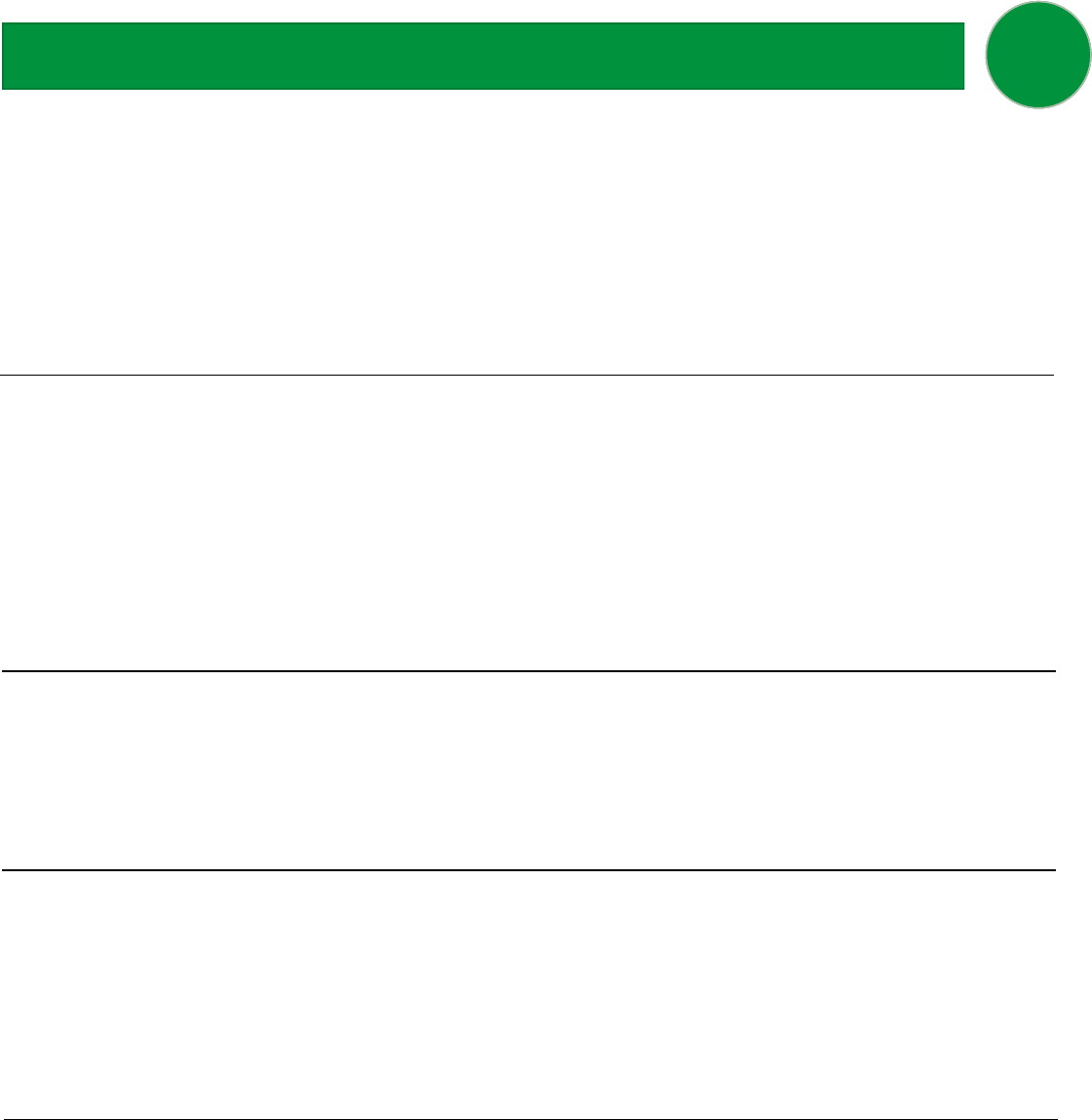
44
Mathemacs
Geometry
412200CW Units: 1
Grades: 9 - 11 AHS, MVHS, NAHS, RSMHS, SAHS, SBHS, WSHS
Prerequisite: Successful compleon of Algebra 1 or Foundaons/Intermediate Algebra sequence
In Geometry, students will solve problems about objects and shapes in two- and three-dimensions, and apply properes of basic
geometric gures to solve problems that arise in the workplace, society, and everyday life. Students will create and analyze the
mathemacal representaons used in the modeling process. Students will integrate algebra and coordinate geometry extensively
within the context of the course, and use algebraic techniques such as factoring polynomials, solving equaons/systems of
equaons, and simplifying radicals throughout the course.
Geometry Honors
412200HW Units: 1
Grades: 8 - 10 AHS, MVHS, NAHS, RSMHS, SAHS, SBHS, WSHS
Prerequisite: Successful compleon of Algebra 1 H or Teacher Recommendaon
Geometry Honors exceeds the SCCCR-Mathemacs standards for Geometry in accordance with the honors policy. Specically,
students will master learning standards in more depth than their college prep counter-parts, engage in more rigorous coursework,
and receive assessments that are more challenging. Students will solve problems about objects and shapes in two- and
three-dimensions, and apply properes of basic geometric gures to solve problems that arise in the workplace, society, and
everyday life. Students will also create and analyze mathemacal representaons used in the modeling process. They will analyze
and interpret advanced algebraic concepts and abstracon within the context of this course, and use algebraic techniques such as
factoring polynomials, solving equaons/systems of equaons, and simplifying radicals throughout the course.
Algebra 3 Honors
411300HW Units: 1
Grades: 10 ASA, RSMMHS
Prerequisite: Successful compleon of Algebra 2 Honors
Algebra 3 focuses on the connuaon of study of Algebra and Trigonometry. Topics studied in this course include linear equaons
and inequalies, polynomials, factoring, raonal expressions, trigonometric idenes and funcons: exponenal, logarithmic, trig-
onometric, inverse trigonometric.
Pre-Calculus
413100CW Units: 1
Grades: 10 - 12 AHS, MVHS, NAHS, SAHS, SBHS
Prerequisite: Successful compleon of Algebra 2
Pre-Calculus is designed for students who have completed Algebra 2 at the college preparatory or honors level and who wish to
experience a challenging introducon to college mathemacs. The Pre-Calculus course content is rigorous, including an intense
study of the following funcons: trigonometric, polynomial, exponenal, logarithmic, raonal, and radical. Sequences and series,
topics in analycal geometry, polar coordinates and parametric equaons are included in the course content. This course requires
the use of a graphing calculator.
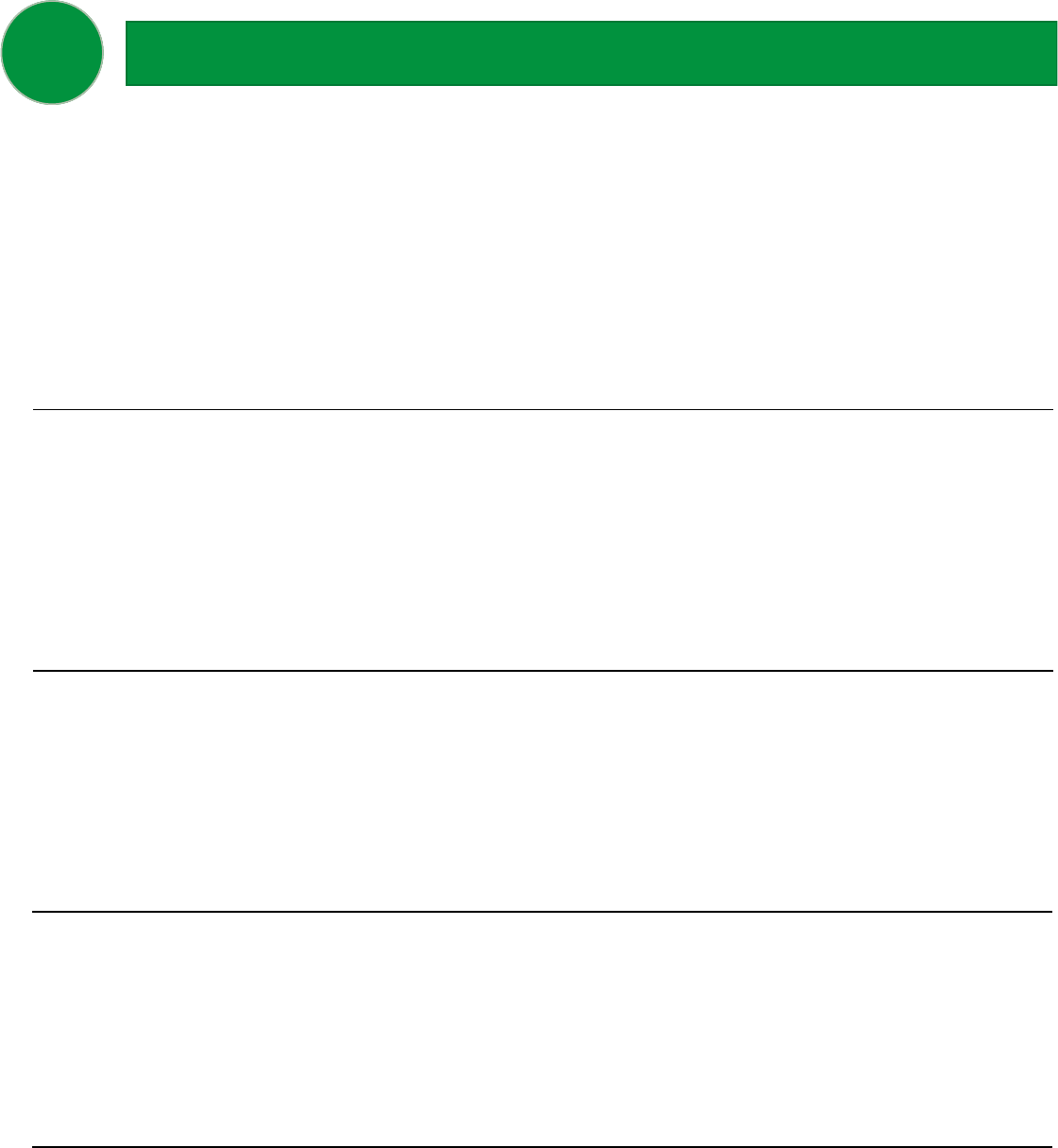
45
Mathemacs
Pre-Calculus Honors
413100HW Units: 1
Grades: 10 - 12 ASA, AHS, MVHS, NAHS, RSMHS, SAHS, SBHS, WSHS
Prerequisite: Successful compleon of Algebra 2 H or Teacher Recommendaon
Students will master learning standards in more depth than their college prep counter-parts, engage in more rigorous coursework,
and receive assessments that are more challenging. Course content includes a study of the following funcons: trigonometric,
polynomial, exponenal, logarithmic, raonal, radical, and other primary funcons. Students will receive dierenated instrucon
using, but not limited to: student-iniated research, student collaboraon and engagement, and project-based learning. Expected
student outcomes include problem-solving, crical thinking, creavity, and innovaon. Sequences and series, topics in analycal
geometry, polar coordinates and parametric equaons are included in the course content. This course requires the use of a gra-
phing calculator.
Calculus Honors
413500HW Units: 1
Grades: 11 - 12 RSMHS, NAHS
Prerequisite: Pre-calculus
Calculus is the study of the mathemacs of change. The primary concepts of Calculus are limits, dierenaon and integraon.
Students will learn the basic methods for determining limits, nding derivaves of funcons and nding integrals of funcons.
Applicaons of dierenaon include velocity, acceleraon, rates of change, curve sketching, opmizaon and approximaon
techniques. Applicaons of integraon include the posion funcon, the average value of a funcon over an interval, the area
under a curve, and the volume of a solid formed by rotaon. Students will use appropriate technology (graphing calculator,
modeling soware) to assist their calculaons .
AP Calculus AB
417000AW Units: 1
Grades: 11 - 12 AHS, ASA,MVHS, NAHS, SAHS, SBHS, WSHS
Prerequisite: Pre-calculus H or Teacher Recommendaon
AP Calculus AB is roughly equivalent to a rst semester college calculus course devoted to topics in dierenal and integral
calculus. The AP course covers topics in these areas, including concepts and skills of limits, derivaves, denite integrals, and the
Fundamental Theorem of Calculus. Students will learn how to approach calculus concepts and problems when they are
represented graphically, numerically, analycally, and verbally, and how to make connecons amongst these representaons.
Students will parcipate in the College Board’s AP Calculus AB exam administered in May.
AP Calculus BC
417200AW Units: 1
Grades: 11 - 12 ASA,SAHS
Prerequisite: Pre-calculus H or Teacher Recommendaon
AP Calculus BC is roughly equivalent to both rst and second semester college calculus courses, and extends the content learned in
AB to dierent types of equaons and introduces the topic of sequences and series. This course covers topics in dierenal and
integral calculus, including concepts and skills of limits, derivaves, denite integrals, the Fundamental Theorem of Calculus, and
series. Students will parcipate in the College Board’s AP Calculus BC exam administered in May.
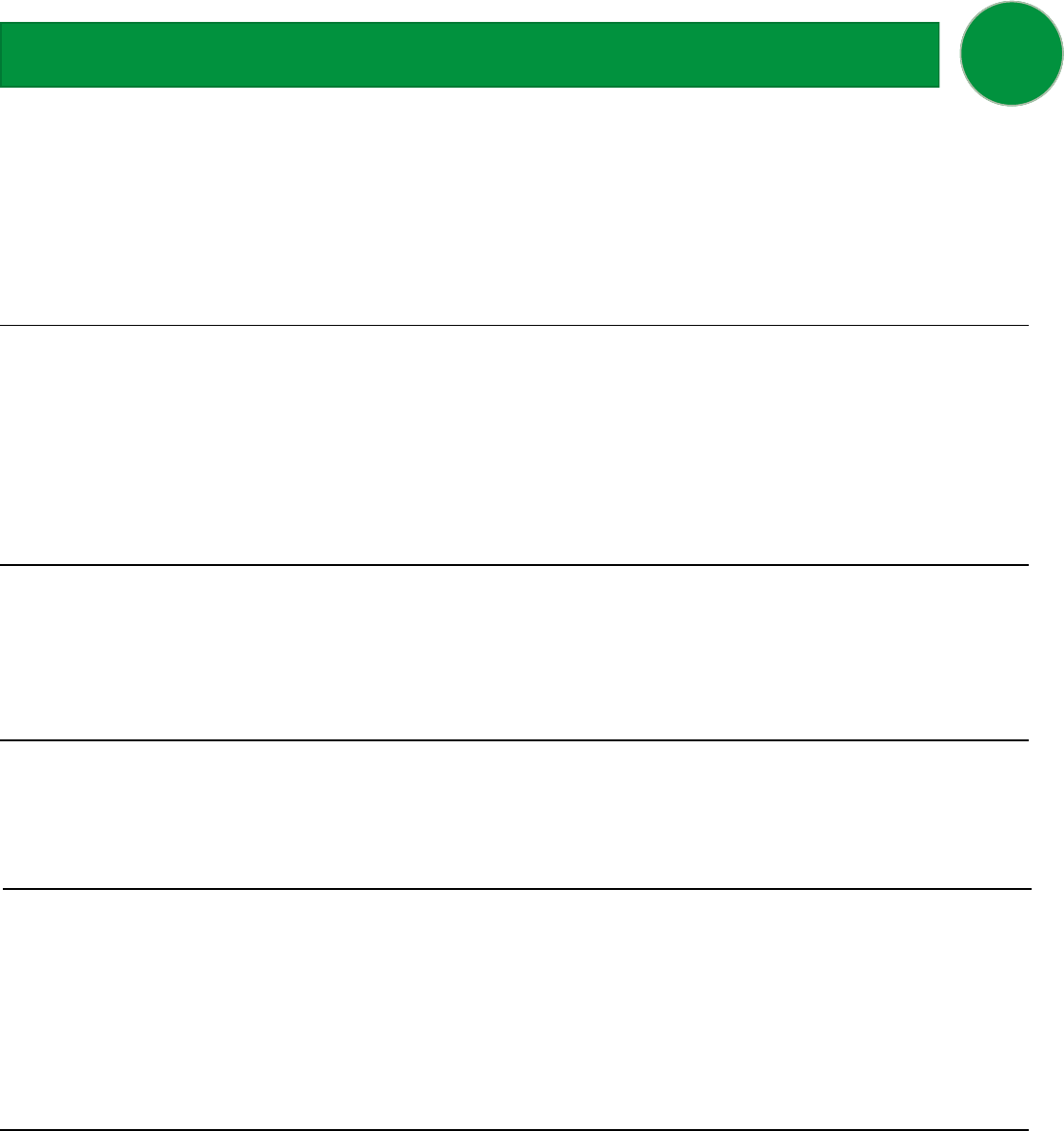
46
Mathemacs
Probability & Stascs
414100CW Units: 1
Grades: 11 - 12 AHS,MVHS, NAHS, RSMHS, SAHS, SBHS, WSHS
Prerequisite: Algebra 1, Geometry, and Algebra 2 OR Foundaons in Algebra , Intermediate Algebra, and Geometry
Probability & Stascs provides students the opportunity to study up-to-date stascal topics and techniques that will prepare
them for college-level work in stascs. Students will collect, display and interpret data, and use graphing calculators/computer
soware to solve problems and produce charts and graphs.
AP Stascs
417100AW Units: 1
Grades: 11 - 12 AHS, ASA, NAHS, SAHS, SBHS
Prerequisite: Algebra 2
AP Stascs is equivalent to a one-semester, introductory, non-calculus-based college course in stascs. The course introduces
students to the major concepts and tools for collecng, analyzing, and drawing conclusions from data. There are four themes in the
AP Stascs course: exploring data, sampling and experimentaon, ancipang paerns, and stascal inference. Students use
technology, invesgaons, problem solving, and wring as they build conceptual understanding. Students will parcipate in the
College Board’s AP Calculus AB exam administered in May.
Discrete Math
Units: 1
Grades: 11-12 AHS, MVHS, NAHS, RSMHS, SAHS
Prerequisite: Successful compleon of Algebra and Geometry.
Discrete mathemacs is the branch of mathemacs dealing with objects that can assume only disnct, separated values. Logic is
the formal mathemacal study of the methods, structure, and validity of mathemacal deducon and proof.
AP Prep Lab Honors-Math
214900HW Units: 1
Grades: 10-11 ASA, NAHS
Prerequisite: Successful compleon of Algebra, Geometry, and Algebra 2.
AP Prep Lab for Math focuses on the skills students need to be successful in AP Math and prepare for the College Board exam.
AICE Mathemacs
912000GW Units: 1
Grades: 10-11 AHS
Prerequisite:
The AICE Mathemacs course is designed to further develop mathemacal skills in order to apply mathemacs in the context of
everyday situaons and in other subjects they may be studying as well as use mathemacs as a means of communicaon. Learners
can apply these skills across a wide range of subjects and these skills equip them well for progression to higher educaon or direct-
ly into employment.

47
Science
Biology 1
322100CW Unit: 1
Grades 9 -10 MVHS, NAHS, SAHS, SBHS, RSMHS, WSHS
Prerequisite: None
This course is an introductory laboratory-based course designed to meet the SC Curriculum Standards in Science. Students will be
introduced to the major units of biological science: lab safety, ecology, biochemistry, cell structure and funcon, cell transport,
cellular energy, cell growth and division, sexual reproducon and inheritance, DNA replicaon and protein synthesis,
biotechnology, and biological evoluon. Students must pass this course in order to receive a state high school diploma. A
state-mandated end-of-course examinaon is required.
Biology 1 Honors
322100HW Unit: 1
Grades 9 - 10 ASA, MVHS, NAHS, SAHS, SBHS, RSMHS, WSHS
Prerequisite: None
This course is designed for the above average student who excels in science. Crical thinking and an appreciaon for the nature of
science will be developed through laboratory experiences involving laboratory safety, ecology, biochemistry, cell structure and
funcon, cell transport, cellular energy, cell growth and division, sexual reproducon and inheritance, DNA replicaon and protein
synthesis, biotechnology, and biological evoluon. Students planning to enroll in a four-year college should take this course.
Biology 1 Honors requires more eort and in-depth learning and prepares the student for Advanced Placement Biology. Students
must pass this course in order to receive a state high school diploma. A state-mandated end-of-course examinaon is required.
IGCSE Biology
424800CW Unit: 1
Grades: 10 AHS
Prerequisite: Successful compleon of IGCSE English 1/English 1
With an emphasis on human biology, IGCSE Biology helps learners to understand the technological world in which they live, and
take an informed interest in science and scienc developments. Learners gain an understanding of the basic principles of Biology
through a mix of theorecal and praccal studies. They also develop an understanding of the scienc skills essenal for further
study in advanced Biology, skills which are useful in everyday life. As they progress, learners understand how science is studied and
pracced, and become aware that the results of scienc research can have both good and bad eects on individuals, communies
and the environment.
IGCSE Biology Honors
424800HW Unit : 1
Grades: 9-10 AHS
Prerequisite: Successful compleon of IGCSE English 1/English 1
With an emphasis on human biology, IGCSE Biology helps learners to understand the technological world in which they live, and
take an informed interest in science and scienc developments. Learners gain an understanding of the basic principles of Biology
through a mix of theorecal and praccal studies. They also develop an understanding of the scienc skills essenal for further
study in advanced Biology, skills which are useful in everyday life. As they progress, learners understand how science is studied and
pracced, and become aware that the results of scienc research can have both good and bad eects on individuals, communies
and the environment. IGCSE Biology H is taught at a more rigorous and challenging level and moves at a faster pace than ISCSE Biol-
ogy.
Biology 2
322200CW Unit: 1
Grades 11 - 12 AHS
Prerequisite: Biology 1; Recommended: Chemistry 1
This course is a sequel to Biology 1. Instrucon includes analysis, synthesis, and evaluaon of informaon obtained from print and
laboratory research. This college prep course is designed to provide students with key biological concepts which includes:
microbiology, the evoluon of plants and animals, biotechnology, and animal behavior. Laboratory study is an integral part of this
class.
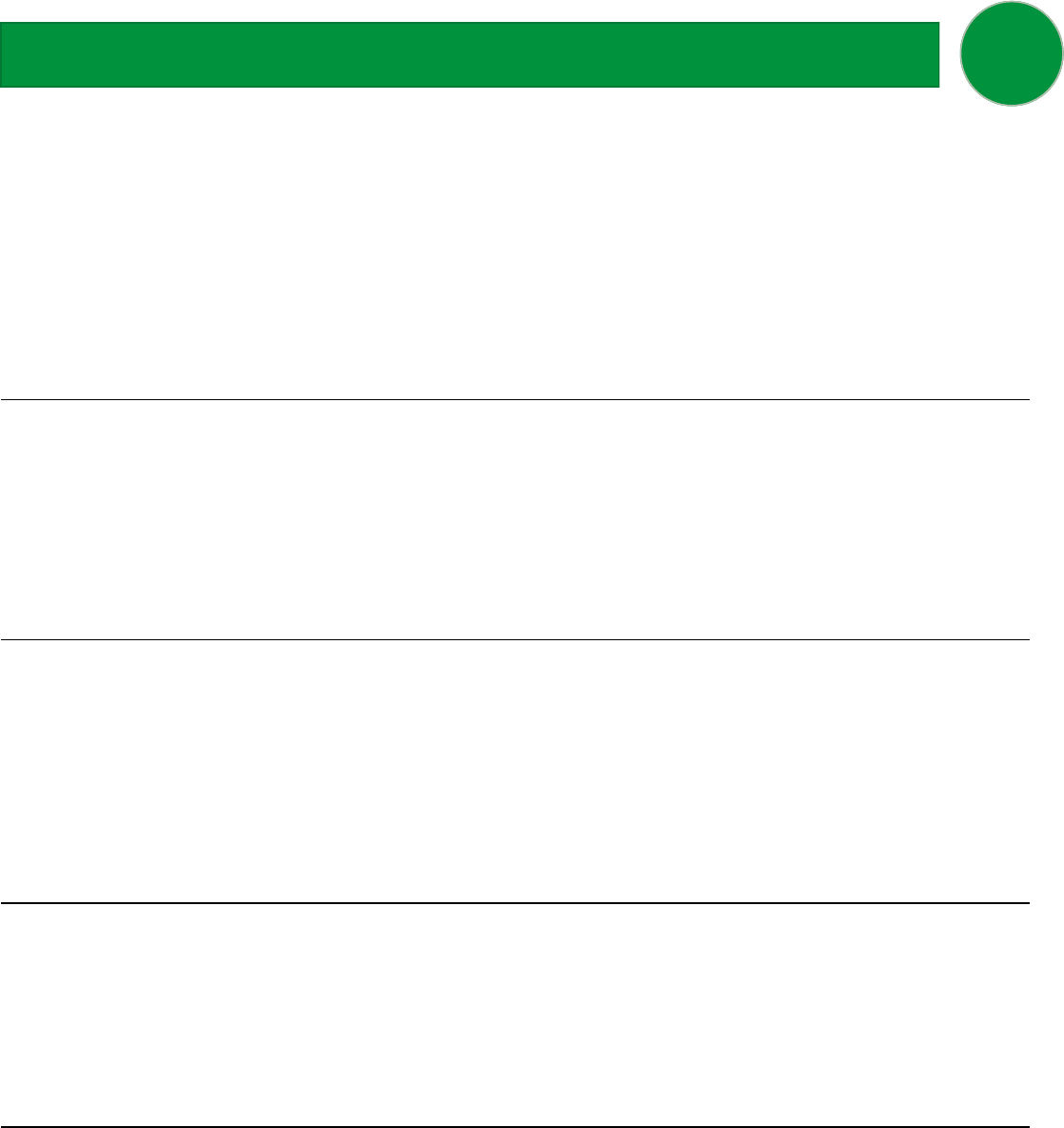
48
Science
Biology 2 Honors
322200HW Unit: 1
Grades 11 - 12 RSMHS
Prerequisite: Biology 1H & Chemistry 1H or take Bio. 2H & Chem. 1H concurrently AND/OR Bio. 1 H teacher’s recommendaon
This course is a sequel to Biology 1. Honors Biology 2 is a science course for high school students with a strong interest in science.
Instrucon includes analysis, synthesis, and evaluaon of informaon obtained from print and laboratory research. Students are
expected to do independent research, plan invesgaons, pracce self-evaluaon, and give evidence of applying knowledge
outside the classroom. This course is a comprehensive course designed to provide students with in-depth knowledge of the key
biological concepts that includes: microbiology, the evoluon of plants and animals, biotechnology, and animal behavior.
Laboratory study is an integral part of this class.
AP Biology
327200AW Unit: 1
Grades: 10 - 12 NAHS, RSMHS,SAHS, SBHS
Prerequisite: Successful compleon of high school Biology
AP Biology is an introductory college-level biology course. Students culvate their understanding of biology through inquiry-based
invesgaons as they explore the following topics: evoluon, cellular processes — energy and communicaon, genecs,
informaon transfer, ecology, and interacons. This course requires that 25 percent of the instruconal me will be spent in
hands-on laboratory work, with an emphasis on inquiry-based invesgaons that provide students with opportunies to apply the
science pracces.
AICE Biology, AS Level
921100GW Unit: 1
Grades: 10-12 AHS
Prerequisite: Successful compleon of IGCSE Biology H/Biology H and IGCSE Chemistry H/Chemistry H
AICE Biology builds on the skills acquired at IGCSE (or equivalent) level. The course includes the main theorecal concepts which
are fundamental to the subject, some current applicaons of biology, and a strong emphasis on advanced praccal skills. Praccal
skills are assessed in a metabled praccal examinaon. The emphasis throughout is on the understanding of concepts and the
applicaon of Biology ideas in novel contexts as well as on the acquision of knowledge. The course encourages creave thinking
and problem-solving skills which are transferable to any future career path. AICE Biology is ideal for learners who want to study
Biology or a wide variety of related subjects at university or to follow a career in science.
AICE Environmental Management, AS Level
926000GW Unit: 1
Grades: 10-12 AHS
Prerequisite: Successful compleon of IGCSE Biology H/Biology H
The AICE Environmental Management course develops scienc knowledge and understanding of global environmental issues and
theories, and of the policies and strategies for managing the environment. The course covers the sustainable use and management
of resources, and strategies that aim to protect environments. Learners will interpret and analyze data and do invesgave work.
Case studies allow teachers to choose their own examples to invesgate, which may be local, regional or global.
Chemistry 1
323100CW Unit: 1
Grades: 10 - 11 MVHS, NAHS, RSMHS, SAHS, SBHS, WSHS
Prerequisite: Earth Science & Algebra 1 or equivalent
The purpose of Chemistry 1 is to develop an understanding of the periodic table and the composion of maer to produce the
wide variety of substances that make up the physical universe. Students will ulize science and engineering pracces to invesgate
maer and its composion, bonding, formulas, equaons, stoichiometry, soluons, behavior of maer, and acid-base chemistry.
Students will gain a comprehensive foundaon for problem solving, laboratory procedures, material composion and real world
applicaons of science. Crical thinking and problem solving skills are used to demonstrate comprehension of the chemical compo-
sion of the world.

49
Science
IGCSE Chemistry
923300CW Unit: 1
Grades: 10-12 AHS
Prerequisite: Successful compleon of Algebra 1 and IGCSE Biology/Biology
IGCSE Chemistry enables learners to understand the technological world in which they live, and take an informed interest in sci-
ence and scienc developments. Learners gain an understanding of the basic principles of Chemistry through a mix of theorecal
and praccal studies. They also develop an understanding of the scienc skills essenal for further study in advanced Chemistry,
skills which are useful in everyday life. As they progress, learners understand how science is studied and pracced, and become
aware that the results of scienc research can have both good and bad eects on individuals, communies and the environment.
Chemistry 1 Honors
323100HW Unit: 1
Grades: 10 - 11 ASA, MVHS, NAHS, RSMHS, SAHS, SBHS, WSHS
Prerequisite: Biology 1 H, and completed or enrolled in Algebra 2
The purpose of Honors Chemistry 1 is to develop an understanding of the periodic table and the composion of maer to produce
the wide variety of substances that make up the physical universe. Students will ulize science and engineering pracces to
invesgate maer and its composion, bonding, formulas, equaons, stoichiometry, soluons, behavior of maer, acid-base
chemistry, thermochemistry and reacon kinecs. This honors course relies heavily on laboratory
experiences emphasizing measurement, mathemacal applicaons including manipulang mulvariable equaons and
interpretaon of data, and laboratory technique.
IGCSE Chemistry Honors
923300HW Unit: 1
Grades: 10-12 AHS
Prerequisite: Successful compleon of Algebra 2 H (completed or currently enrolled) and IGCSE Biology H/Biology H
IGCSE Chemistry enables learners to understand the technological world in which they live, and take an informed interest in sci-
ence and scienc developments. Learners gain an understanding of the basic principles of Chemistry through a mix of theorecal
and praccal studies. They also develop an understanding of the scienc skills essenal for further study in advanced Chemistry,
skills which are useful in everyday life. As they progress, learners understand how science is studied and pracsed, and become
aware that the results of scienc research can have both good and bad eects on individuals, communies and the environment.
IGCSE Chemistry H is taught at a more rigorous and challenging level and moves at a faster pace than ISCSE Chemistry.
AP Chemistry
327300AW Unit: 1
Grades: 10 - 12 SAHS, SBHS
Prerequisite: Students should have successfully completed a general high school chemistry course and Algebra II.
The AP Chemistry course provides students with a college-level foundaon to support future advanced course work in chemistry.
Students culvate their understanding of chemistry through inquiry-based invesgaons, as they explore topics such as: atomic
structure, intermolecular forces and bonding, chemical reacons, kinecs, thermodynamics, and equilibrium. This course requires
that 25 percent of the instruconal me engages students in lab invesgaons. This includes a minimum of 16 hands-on labs (at
least six of which are inquiry based), and it is recommended that students keep a lab notebook throughout.
AICE Chemistry, AS Level
923100GW Unit: 1
Grades:10-12 AHS
Prerequisite: Successful compleon of IGCSE Chemistry H/Chemistry H
AICE Chemistry builds on the skills acquired at IGCSE (or equivalent) level. The course includes the main theorecal concepts which
are fundamental to the subject, some current applicaons of chemistry, and a strong emphasis on advanced praccal skills. Prac-
cal skills are assessed in a metabled praccal examinaon. The emphasis throughout is on the understanding of concepts and the
applicaon of chemistry ideas in novel contexts as well as on the acquision of knowledge. The course encourages creave think-
ing and problem-solving skills which are transferable to any future career path. AICE Chemistry is ideal for learners who want to
study chemistry or a wide variety of related subjects at university or to follow a career in science.
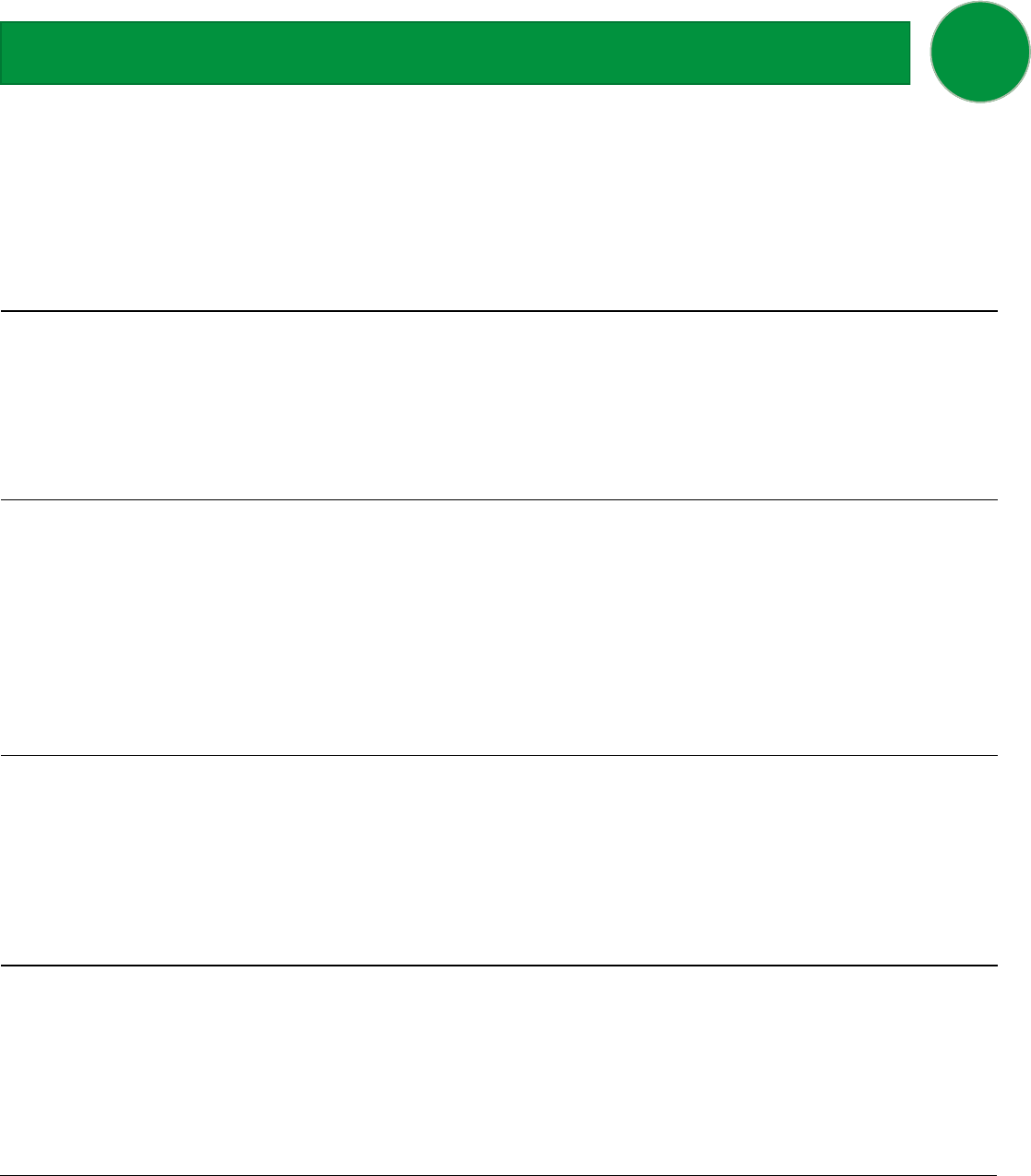
50
Science
Physics
324100CW Unit: 1
Grades 11 - 12 AHS, NAHS
Prerequisite: Chemistry 1 & Algebra 2
This course oers an in-depth study of physics principles, with emphasis on mathemacal computaon and quantave-qualitave
reasoning. Topics include the scienc method, measurement, linear moon, vectors, forces, Newton’s laws of moon, two-dimensional
moon, work, power, energy, momentum and impulse, electricity, waves, sound, and light.
Physics Honors
324100HW Unit: 1
Grades 11 - 12 RSMHS, SBHS,WSHS
Prerequisite: Chemistry 1 H & Algebra 2 H; Recommended: Grade 80 or beer in both Algebra 2 and Chemistry 1
This course presents a conceptual approach to physics and stresses understanding the applicaon of physical phenomena such as mechanics,
momentum, energy, heat, moon, opcs, electricity, magnesm, waves, sound, and light. Problem solving is encouraged by the use of
relevant physics materials and inquiry-based laboratory materials.
AP Physics 1
328200AW Unit: 1
Grades: 10 - 12 NAHS, SAHS
Prerequisite: Students should have completed Geometry and be concurrently taking Algebra II or an equivalent course.
Recommended: Although the Physics 1 course includes basic use of trigonometric funcons, this understanding can be gained either in the
concurrent math course or in the AP Physics 1 course itself.
AP Physics 1 is an algebra-based, introductory college-level physics course. Students culvate their understanding of Physics through inquiry-
based invesgaons as they explore topics such as Newtonian mechanics (including rotaonal moon); work, energy, and power; mechanical
waves and sound; and introductory, simple circuits. This course requires that 25 percent of the instruconal me will be spent in hands-on
laboratory work, with an emphasis on inquiry-based invesgaons that provide students with opportunies to apply the science pracces.
AP Physics 2
328200AW Unit: 1
Grades: 11-12 SAHS
Prerequisite: Students should have completed AP Physics 1 or a comparable introductory physics course, and should have taken or be
concurrently taking pre-calculus or an equivalent course.
AP Physics 2 is an algebra-based, introductory college-level physics course. Students culvate their understanding of physics through inquiry-
based invesgaons as they explore these topics: uids; thermodynamics; electrical force, eld, and potenal; electric circuits; magnesm
and electromagnec inducon; geometric and physical opcs; and quantum, atomic, and nuclear physics.
AICE Physics, AS Level
Unit: 1
Grades: 10-12 AHS
Prerequisite: Successful compleon of Algebra 2 H and IGCSE Chemistry H/Chemistry H
AICE Physics builds on the skills acquired at IGCSE (or equivalent) level. The course includes the main theorecal concepts which
are fundamental to the subject. Praccal skills are assessed in a metabled praccal examinaon. The emphasis throughout is on
the understanding of concepts and the applicaon of physics ideas in novel contexts as well as on the acquision of knowledge.
The course encourages creave thinking and problem-solving skills which are transferable to any future career path.
AP Sciences Prep Lab
328900HW Unit: 1
Grades: 9 - 12 NAHS
Prerequisite: Current enrollment in an Advanced Placement (AP) course.
The AP research lab is oered in the subjects of English, Social Studies, Science and Math. The research lab is an elecve credit
which allows students access to an AP teacher of their enrolled subject area to provide AP enrichment.
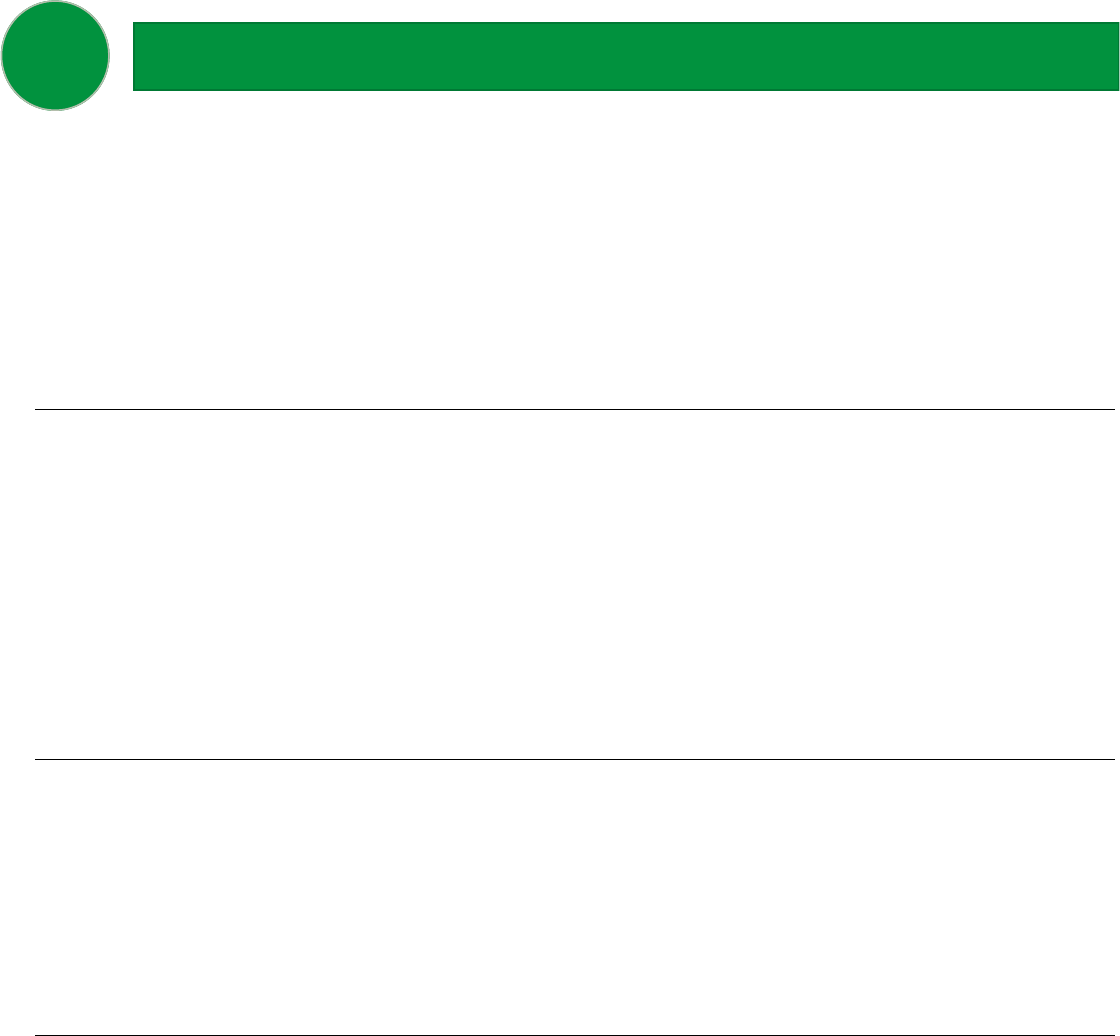
51
Science
Anatomy and Physiology
326300CW Unit: 1
Grades: 11 - 12 MVHS, NAHS
Prerequisite: Biology 1 & Chemistry 1
This course will study the shape, structure, and funcon of the human body and its parts. The course is a presentaon of anatomical and physiological
concepts along with discussion of diseases and dysfuncons which reinforce the understanding of normal human structure and funcon. This course relies
heavily on lab experiences including dissecons. This course is design for students who are planning a college major in science of a related health eld. Content
includes 1) lab safety, 2) basic anatomy and direconal terminology, and 3) structure and funcon of body systems (in the following order) -histology, integu-
mentary, musculoskeletal, cardiovascular including blood, respiratory, digesve, reproducve, nervous (cellular structure and nervous systems funcon is
integrated throughout the year; endocrine system topics are integrated throughout the year as part of the homeostac process).
Anatomy and Physiology Honors
326300HW Unit: 1
Grades: 11 - 12 AHS, NAHS, RSMHS, SAHS, SBHS, WSHS
Prerequisite: Biology 1H AND completed or currently enrolled in Chemistry 1H
This course is recommended for students who have an interest in careers in medicine and health occupaons, sports medicine and therapy, physical and
occupaonal therapy, nutrion, psychology, and forensic science. This course will study the shape, structure, and funcon of the human body and its parts.
The course is a presentaon of anatomical and physiological concepts along with discussion of diseases and dysfuncons which reinforce the understanding
of normal human structure and funcon. The content of this honors course will include an in-depth analysis of: 1) laboratory pracces 2) anatomy and
direconal terminology, and 3) structure and funcon of body systems (in the following order) -histology, integumentary, musculoskeletal, cardiovascular
including blood, respiratory, digesve, reproducve, nervous (cellular structure and nervous systems funcon is integrated throughout the year; endocrine
system topics are integrated throughout the years part of the homeostac process). This advanced course will focus on human structure and funcon from
the cell to the interacon of body systems. Emphasis will be placed on the human body and related diseases and disorders. This course relies heavily on lab
experiences including dissecons.
Earth Science
326500CW Unit: 1
Grades: 9 - 12 AHS, MVHS, NAHS, RSMHS, SAHS, SBHS, WSHS
Prerequisite: None
The Earth science course is designed to interpret and understand the world around you. In order to do so, students will invesgate and study the interacons
between the four major Earth’s spheres, including the geosphere, atmosphere, hydrosphere and biosphere in order to explain Earth’s formaon, processes,
history, landscapes, how and why Earth changes over me. The course will also explore how current acons of man interact and aect Earth’s spheres
leading to local and global changes. Topics to be addressed include, but are not limited to, the scienc method, mapping Earth’s surface, minerals, plate
tectonics, earthquakes, volcanoes, geologic me, meteorology, and astronomy. Students will parcipate in laboratory exercises, small group acvies, web
based invesgaons, class discussions, projects, and research.
Earth Science Honors
326500HW Unit: 1
Grades: 9 - 12 AHS, MVHS, SAHS, SBHS, WSHS
Prerequisite: compleon of or concurrent enrollment in Biology 1 Honors
The honors Earth science course is designed to introduce the Earth sciences to the self-movated student who is college bound. The Earth science course is
designed to interpret and understand the world around you. In order to do so, students will invesgate and study the interacons between the four major
Earth’s spheres including the geosphere, atmosphere, hydrosphere and biosphere in order to explain Earth’s formaon, processes, history, landscapes, how
and why Earth changes over me. The course will also explore how current acons of man interact and aect Earth’s spheres leading to local and global
changes. Topics to be addressed include, but are not limited to, the scienc method, mapping Earth’s surface, minerals, plate tectonics, earthquakes,
volcanoes, geologic me, meteorology, and astronomy. Students in the honors Earth science course should expect a higher level of rigor, cognion and quality
of work than the standard course. They will also be involved in exploratory, experimental, and open-ended learning experiences with a faster paced, more
in-depth study of material. To meet, use, and develop the skills required in the Honors Earth science course, students will parcipate in laboratory exercises,
small group acvies, web based invesgaons, class discussions, and both in class and independent projects and research involving reading and wring
requiring a greater depth of understanding of Earth Science concepts that require students to prociently communicate their ideas.
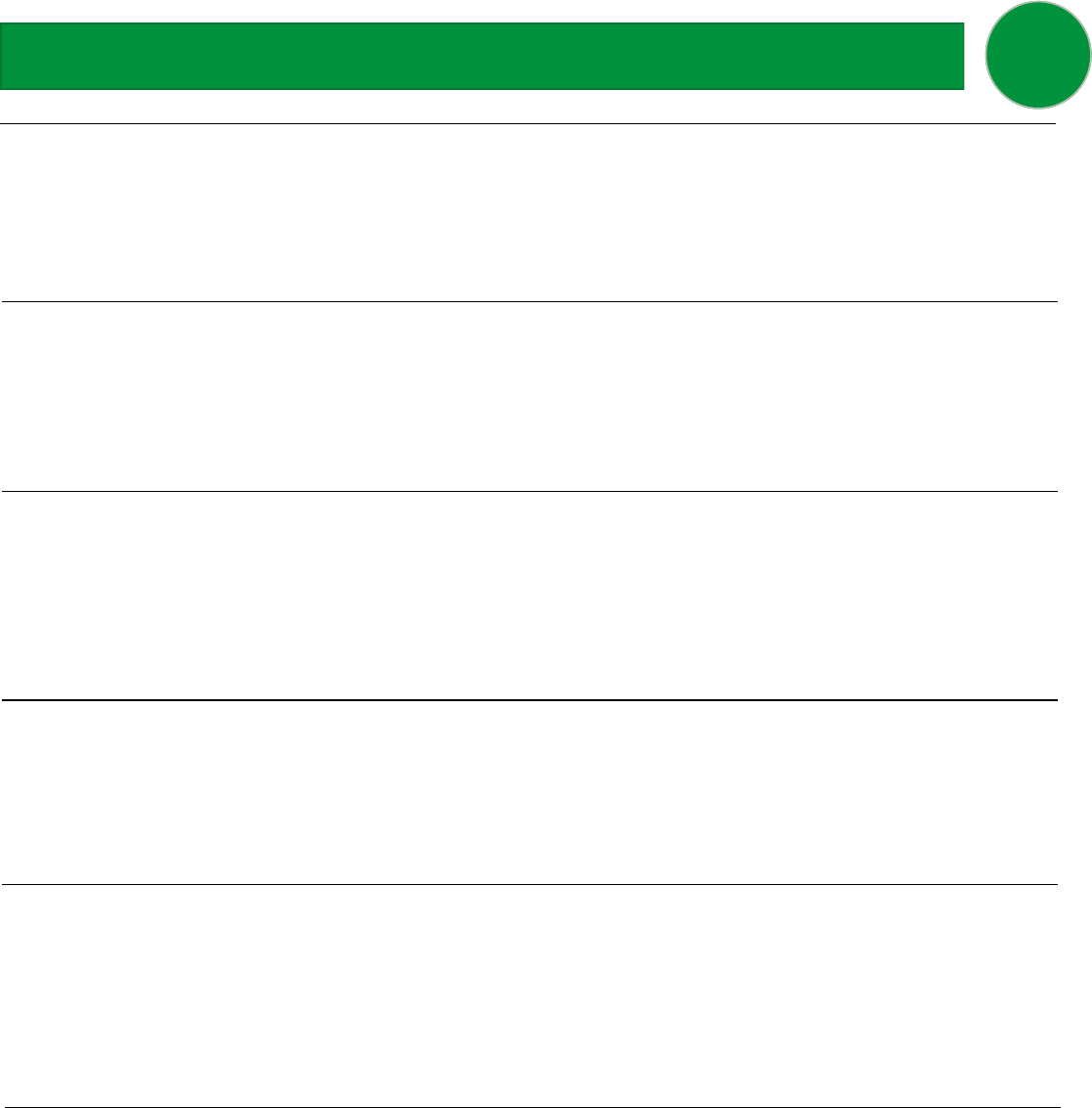
52
Science
Marine Science Honors
322500HW Unit: 1
Grades 11 - 12 NAHS, SAHS, SBHS
Prerequisite: Biology 1Honors & Chemistry 1Honors
This course is designed to meet the needs of the student who wishes to obtain an in-depth awareness of coastal and marine
systems. The course includes the biological, physical, chemical, and geological aspects of oceanography.
AICE Marine Science
924200GW Unit: 1
Grades: 11-12 AHS
Prerequisite: Biology
The emphasis throughout is on the understanding of concepts and the applicaon of ideas to new contexts. It is expected that
praccal acvies will underpin the teaching of the whole course. Science is a praccal subject and research suggests that success
in future scienc study, or a scienc career, requires good praccal skills.
Environmental Science
326100CW Unit: 1
Grades 9 - 12 AHS, MVHS,RSMHS, WSHS
Prerequisite: Biology 1
This course is a study of the principles of ecology and the impact of humans on the environment including topics such as land use,
resource conservaon, & populaon growth. Topics include as climate change, polluon, & alternave energy sources.
AP Environmental Science
327700AW Unit: 1
Grades: 9 - 10 MVHS, NAHS, SAHS, SBHS
Prerequisite: Algebra 1 H and concurrent with Biology 1 H
The AP Environmental Science course is designed to be the equivalent of a one-semester, introductory college course in
environmental science, through which students engage with the scienc principles, concepts, and methodologies required to
understand the interrelaonships of the natural world.
Forensic Science
Unit: 1
Grades 11 - 12 AHS, MVHS, NAHS, RSMMHS, SAHS, SBHS,WSHS
Prerequisite: Biology
Forensics is a muldisciplinary course that includes concepts of chemistry, zoology, anatomy, genecs, physics, medicine, mathe-
macs and stascs, sociology, psychology, communicaons, and law, in order to help solve crimes.
Marine Science
322500CW Unit: 1
Grades 11 - 12 MVHS, NAHS, SAHS, SBHS
Prerequisite: Biology 1 or Biology 1H
This course is designed to provide the student with an understanding of the physical components of the marine environment as
well as an understanding of the ecology of life in the oceans. Students should gain an appreciaon for our marine environment.
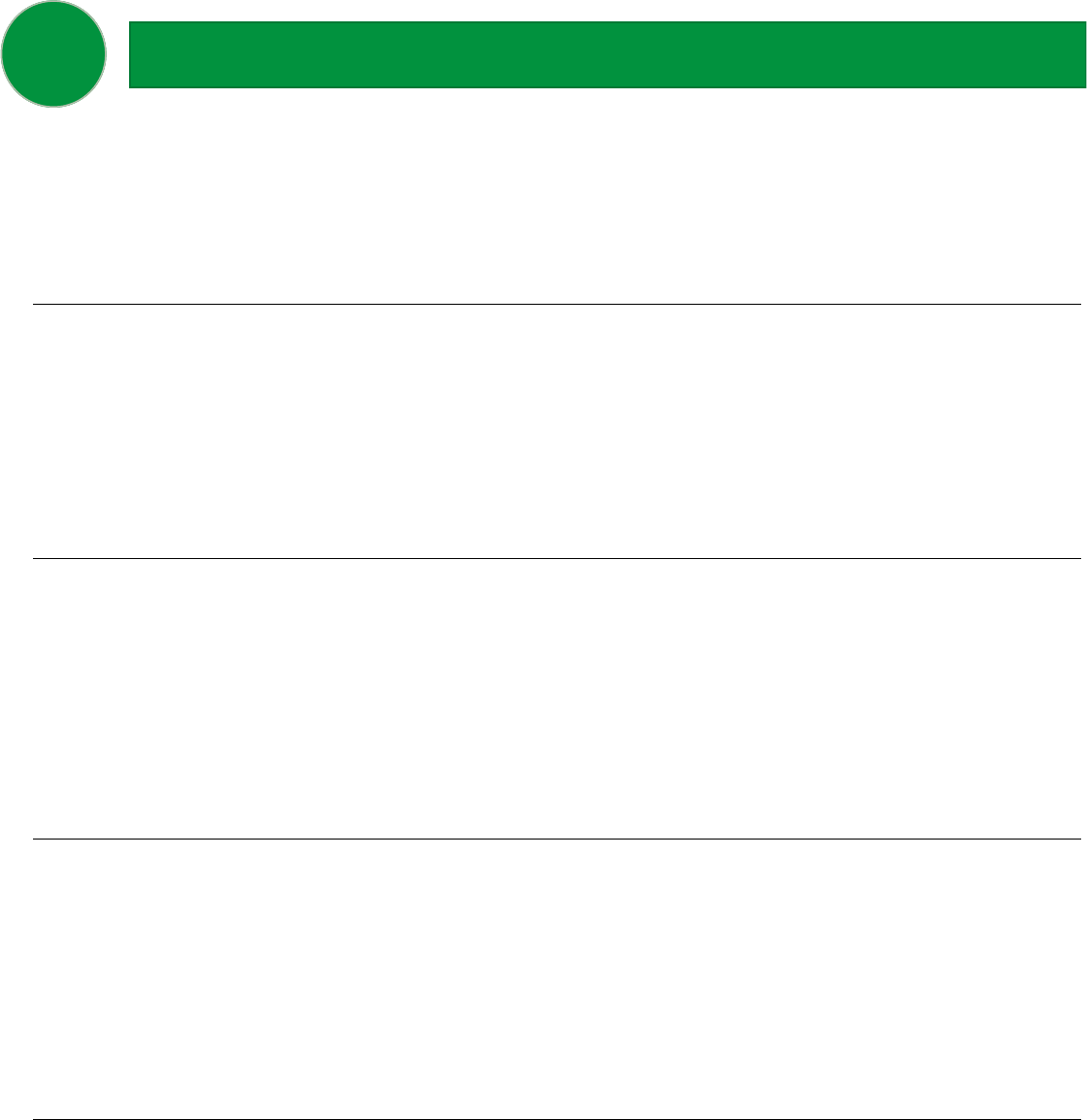
53
Health & Physical Educaon
Family & Community Health 340100CH Units: 1/2
Grades: 9 - 12 MVHS, RSMHS, SBHS
Prerequisites: None
This course covers diseases, drug educaon, and rst aid. Instrucon is given in assessing community health needs and
the wise use of available resources.
Personal Health & Wellness 340200CH Units: 1/2
Grades: 9 - 12 MVHS, RSMHS, SBHS
Prerequisites: None
In Personal Health, students will have the opportunity to explore topics and issues that will aect their personal health
and wellness for their enre life. The exploraon of issues aecng health and wellness will provide students with the
knowledge to make quality personal health decisions. Mental health, personal relaonships, health risk behaviors,
consumer health, goal seng and decision making are some of the topics that students will use to parcipate in online
projects and interacve assignments.
Physical Educaon 1 344100CW Units: 1
Grades: 9-12
AHS, MVHS, NAHS, RSMHS, SAHS, SBHS, WSHS
Prerequisites: None
This course is designed to promote physical growth and de-velopment of the individual. Basic skills, team sports,
individual sports, recreaonal lifeme acvies, and personal tness are emphasized to create a love for lifelong
physical acvity. The course consists of classroom experiences, incorporang the 5 components of tness: muscular
strength, muscular endurance, cardiovascular tness, exibility and body composion. Each student will create a
personal tness plan and work towards achieving the goals of that plan during the school year.
*Meets Comprehensive Health requirement
Physical Educaon 2 344200CW or 344200CH Units: 1 or 1/2
Grades: 9-12 AHS, MVHS,NAHS, RSMHS, SAHS, SBHS, WSHS
Prerequisites: None
This course is designed to give students the opportunity to learn weight-training concepts and techniques used for
obtaining opmal physical tness. Students will benet from comprehensive weight training and cardiorespiratory
endurance acvies. Students will learn the basic fundamentals of weight training, strength training, aerobic training,
and overall tness training and condioning. Course includes both lecture and acvity sessions. Students will be
empowered to make wise choices, meet challenges, and develop posive behaviors in tness, wellness, and movement
acvity for a lifeme.
Physical Educaon 3 344300CW or 344300CH Units: 1 or 1/2
Grades: 9-12 AHS, MVHS, NAHS, RSMHS,SAHS, SBHS, WSHS
Prerequisites: None
This course is designed to familiarize the student with an approach to athlec condioning and strength training. This
class will promote students’ knowledge in developing, tracking and learning about resistance training as it relates to
athlecs. Students will develop a weight-training program based on a personal tness goal. Students will be instructed
in basic principles of strength training & condioning for personal tness and development and athlec performance.
The course includes instrucon in lis & principles of strength training and condioning. Topics, which may be
explored, include systemac strength training, plyometric (explosion) training, speed & agility training, physiology of
exercise, and other training methods.
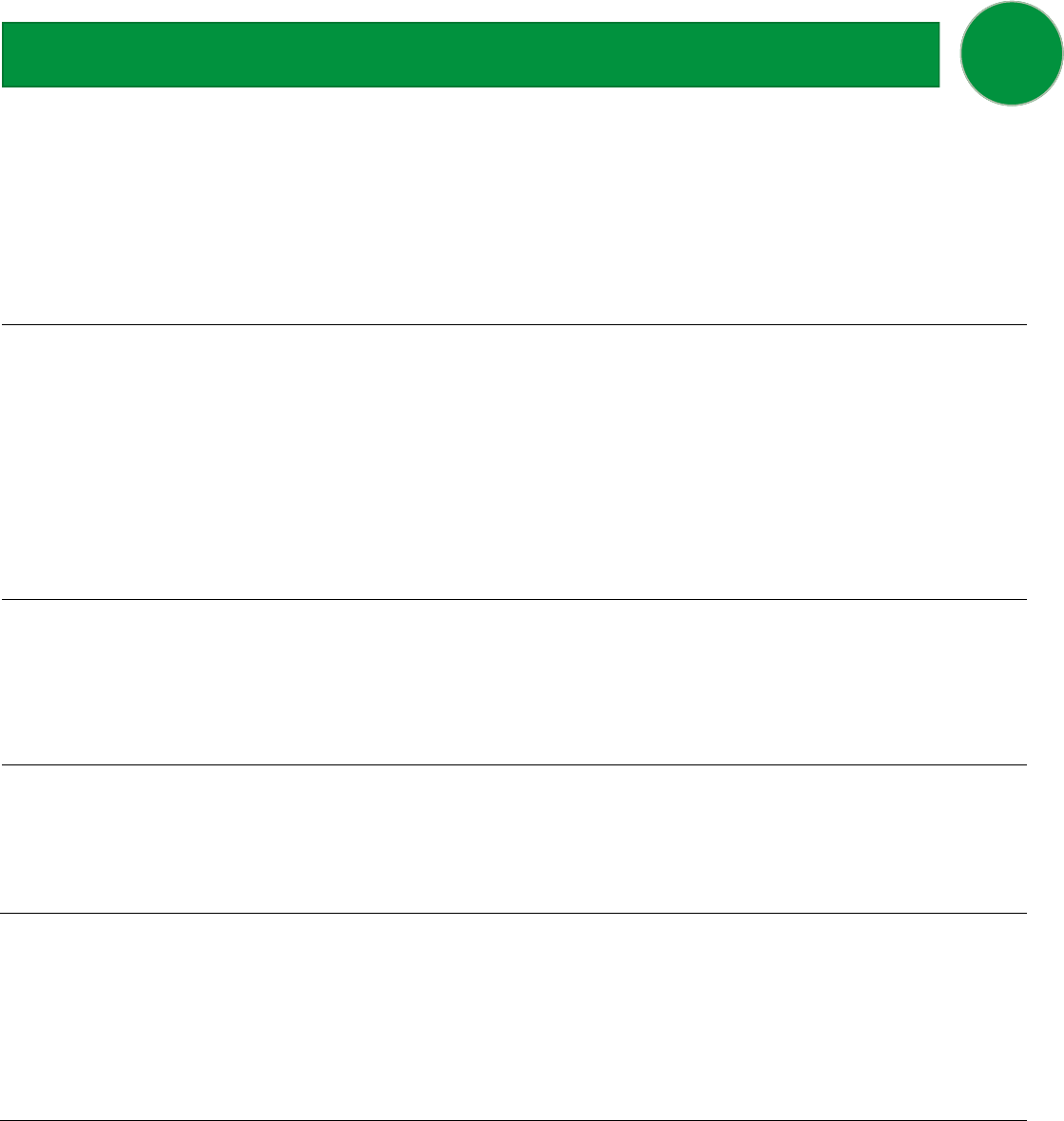
54
Physical Educaon
Partner PE
3442PACW
Units: 1
Grades: 10 - 12 NAHS,SAHS
Prerequisites: PE 1
Students who exhibit high interest in Physical Educaon and have the ability to assist, support and mentor other
students with disabilies during their assigned physical educaon class. Students must be willing to parcipate in a
variety of acvies that help build a foundaon of physical and cognive development through safe pracces.
Physical Educaon 4-Football or Basketball 344400CW or 344400CH Units: 1 or 1/2
Grades: 9-12 MVHS, NAHS, SAHS, SBHS, RSMHS, WSHS
Prerequisites: None
This program provides each student with the opportunity to parcipate in and facilitate a comprehensive program
consisng of skill development, lead up games, team sports, and physical tness acvies while mentoring and
coaching their peers. The students provide instrucon in rules, skills, and strategies associated with the dierent sports
as well as learning experiences involving physical condioning acvies. The students will also have opportunies to
promote and model life-long physical acvies through individual sport units. The program promotes the spirit of
cooperaon, leadership, fair play, and friendly compeon.
Physical Educaon 6-Football or Basketball 349956CW or 349956CH Units: 1 or 1/2
Grades: 11-12 NAHS
Prerequisites: Recommendaon by coach
Physical tness, strength training, and condioning for athletes.
Physical Educaon 5-Football or Basketball 349955CW or 349955CH Units: 1 or 1/2
Grades: 11-12 NAHS
Prerequisites: Recommendaon by coach
Physical tness, strength training, and condioning for athletes.
Adapve PE 344500CW Units: 1
Grades: 9-12 MVHS
Prerequisites: None
Adapve Physical Educaon is an adapted, or modied, physical educaon program designed to meet the
individualized gross motor needs, or other disability-related challenges, of an idened student. The program can be
provided in a small group or within the general physical educaon seng.
Athlec Mentoring Program 349912CW Units: 1
Grades: 10 - 12 NAHS
Prerequisites: PE 1
Students who exhibit high interest in Physical Educaon and have the ability to assist, support and mentor other
students with disabilies during their assigned physical educaon class. Students must be willing to parcipate in a
variety of acvies that help build a foundaon of physical and cognive development through safe pracces.
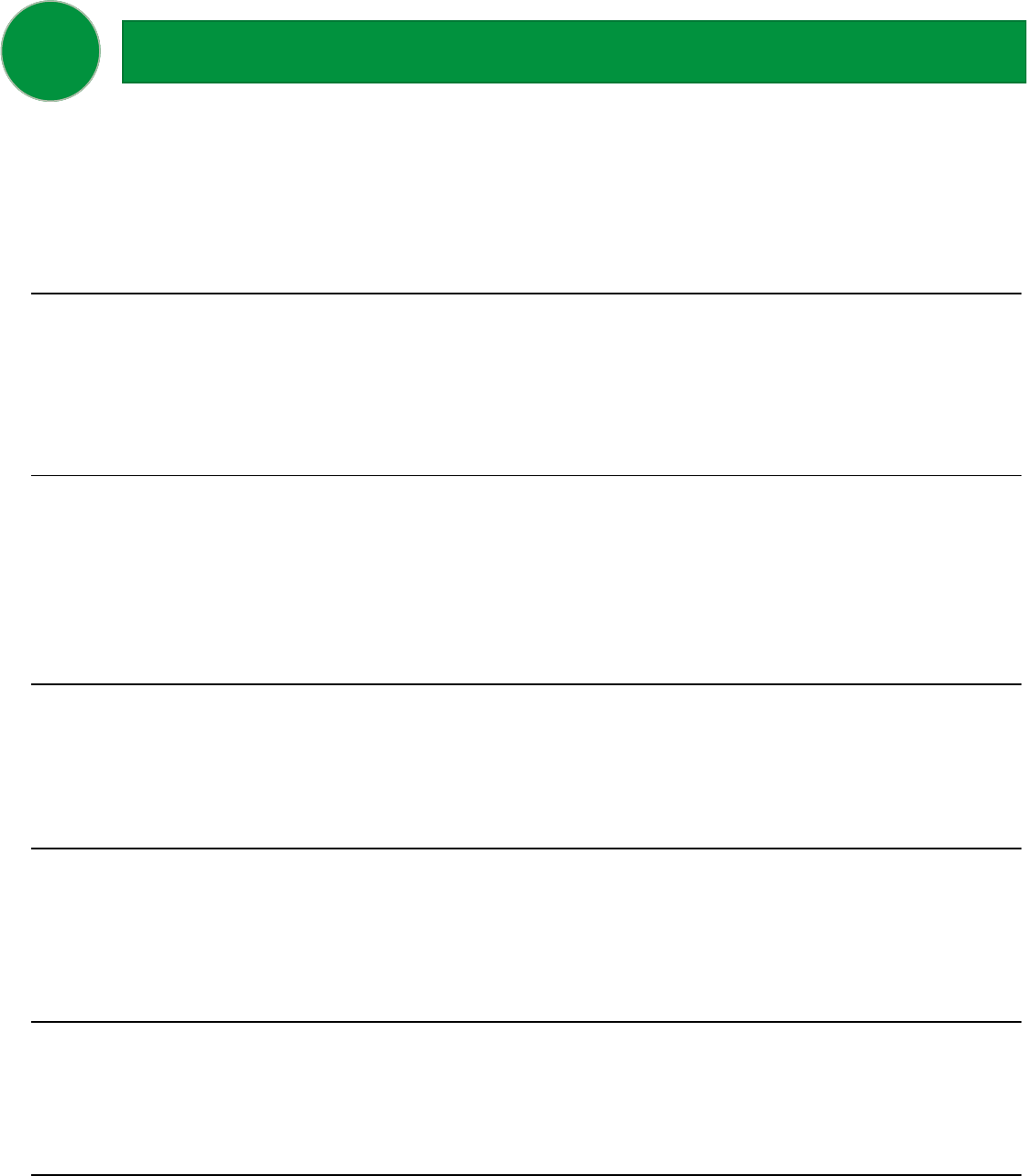
55
Military Science
JROTC 1
375100CW Units: 1
Grades: 9 - 12 AHS, MVHS, NAHS, SAHS, SBHS, WSHS
Prerequisite: Physically capable of parcipang in the school’s PE program (excepons made for those with disabilies).
JROTC 1 emphasizes leadership, personal behavior and hygiene, and orientaon. This course may be used to meet the
physical educaon requirement for graduaon or as an elecve. Compleon of JROTC 1 will qualify the
student for aendance at a summer JROTC camp on a voluntary basis.
JROTC 2
375200CW Units: 1
Grades: 10 - 12
AHS, MVHS, NAHS, SAHS, SBHS, WSHS
Prerequisite: Successful compleon of JROTC 1 or approval of the JROTC Instructor.
JROTC 2 emphasizes leadership techniques.
Compleon of JROTC 2 will qualify the student for aendance at summer leadership academy on a voluntary basis.
JROTC 3 & 4 Honors
375300HW 375400HW Units: 1
Grades: 11 - 12 AHS, MVHS, NAHS, SAHS, SBHS, WSHS
Prerequisite: Successful compleon of JROTC 2 or approval of the JROTC Instructor.
JROTC 3 emphasizes leadership and discipline. Compleon of JROTC 3 will qualify the student for aendance
at summer advanced leadership academy on a voluntary basis. JROTC 4 emphasizes advanced leadership
techniques and current events.
JROTC 5 375500CW Units: 1
Grades: 11 - 12 MVHS, NAHS, SAHS, SBHS
Prerequisite: Ocer status and/or instructor approval
JROTC 5 emphasizes advanced leadership techniques and current events for ocers.
NJROTC Academic Focus 349915CH Units:1/2
Grades: 9 - 12 MVHS
Prerequisite: ROTC and/or instructor approval
NJROTC Academic Focus promotes academic compeveness and post-secondary planning.
NJROTC Drill and Ceremonies 1-4 349961CW, 349962CW
349963CW, 349964CW Units: 1
Grades: 9 - 12 SBHS
Prerequisite: ROTC and/or instructor approval
Drill and ceremonies will cover procedures, leadership, and skill building for both military and civilian protocols.
Technology and the Baleeld 379986CW Units: 1
Grades: 10-12
Prerequisite: ROTC parcipaon
Introduce students to various technologies that have emerged over the last century by introducing them
through world conicts, etc.

56
SC Credenal (SCHSC)/District Credenal (CDOC)
Essenals of English I 390002CW AHS, SAHS, NAHS, MVHS, RSMHS, SBHS, WSHS
Grade 9 1 unit
Essenals of English I emphasizes English Language Arts literacy concepts that are aligned to the South Car-
olina College-and Career-Ready Standards and the Prole of the South Carolina Graduate. This course will
provide an integrated model of literacy and self-determinaon skills necessary for daily living and the world
of work. The integrated model of literacy for this course will focus on inquiry, analysis and communicaon
to explore literary, informaonal, and non-print text. Non-credit bearing course.
Essenals of English II 3901002CW AHS, SAHS, NAHS, MVHS, RSMHS, SBHS, WSHS
Grade 10 1 unit
Essenals of English II emphasize English Language Arts literacy concepts that are aligned to the South Car-
olina College-and Career-Ready Standards and the Prole of the South Carolina Graduate. This course will
provide an integrated model of literacy and self-determinaon skills necessary for daily living and the world
of work. This course will focus on immersion of eecve communicaon skills in both daily living and em-
ployment sengs with the use of standard rules of convenon and syntax to give and request informaon.
Non-credit bearing course
Essenals of English III 392002CW AHS, SAHS, NAHS, MVHS, RSMHS, SBHS, WSHS
Grade 11 1 unit
Essenals of English III emphasize the English III course of study aligned to the South Carolina College-and
Career-Ready Standards and the Prole of the South Carolina Graduate. This course will provide an inte-
grated model of literacy and self-determinaon skills necessary for daily living and the world of work. This
course will focus on reading, wrien and oral expression of informaon required in a variety of daily living
and employment sengs. Non-credit bearing course.
Essenals of English IV 393002CW AHS, SAHS, NAHS, MVHS, RSMHS, SBHS, WSHS
Grade 12 1 unit
Essenals of English IV emphasize English Language Arts literacy concepts that are aligned to the South Car-
olina College-and Career-Ready Standards and the Prole of the South Carolina Graduate. This course will
provide an integrated model of literacy and self-determinaon skills necessary for daily living and the world
of work. This course will focus on the integraon of reading, wrien and oral expression through technolo-
gy and research for daily living, employment, self-advocacy and social purposes. Non-credit bearing course.
Essenals of Math I 390102CW AHS, SAHS, NAHS, MVHS, RSMHS, SBHS, WSHS
Grades 9 1 unit
Essenals of Math I emphasizes basic mathemacal concepts needed to compute real world algebraic prob-
lems that are aligned to the South Carolina College and Career-Ready Standards and the Prole of the
South Carolina Graduate. This course will allow students to make sense of problems and persevere in solv-
ing them as well as connect mathemacal ideas and real-world situaons through modeling. Non-credit
bearing course.

57
SC Credenal (SCHSC) Courses
Essenals of Math II 391102CW AHS, SAHS, NAHS, MVHS, RSMHS, SBHS, WSHS
Grades 10 1 unit
Essenal of Math II emphasizes basic mathemacal concepts needed to compute real world algebraic prob-
lems that are aligned to the South Carolina College and Career-Ready Standards and the Prole of the
South Carolina Graduate. This course will allow students to idenfy and ulize structure and paerns as
well as communicate mathemacally and approach mathemacal situaons with precision ulizing mathe-
macal tools eecvely. Non-credit bearing course.
Essenals of Math III 392102CW AHS, SAHS, NAHS, MVHS, RSMHS, SBHS, WSHS
Grades 11 1 unit
Essenals of Math III emphasize the mathemacal concepts needed to compute real world algebraic and
geometric problems that are aligned to the South Carolina College and Career-Ready Standards and the
Prole of the South Carolina Graduate. This course will allow students to idenfy and ulize structure and
paern as well as communicate mathemacally and approach mathemacal situaons with precision uliz-
ing mathemacal tools eecvely. Non-credit bearing course.
Essenals of Math IV 393102CW AHS, SAHS, NAHS, MVHS, RSMHS, SBHS, WSHS
Grades 12 1 unit
Essenals of Math IV aligns with the CATE Course 5131, Personal Finance and introduces students to the
fundamentals of personal nance, which includes budgeng, obtaining credit, maintaining deposit ac-
counts, understanding investments, understanding risk management, compung taxes, and analyzing the
basic elements of nance. Non-credit bearing course.
Essenals of Science I: Biology 390202CW AHS, SAHS, NAHS, MVHS, RSMHS, SBHS, WSHS
Grades 9-12 1 unit
Essenals of Science I emphasize the biology course of study aligned to the South Carolina College-and Ca-
reer-Ready Standards and the Prole of the South Carolina Graduate. This course will allow students to en-
gage in problem solving, decision making, crical thinking, and applied learning to become sciencally lit-
erate and consumers of scienc informaon. Non-creding bearing course.
Essenals of Science II: Physical Science 391202CW AHS, SAHS, NAHS, MVHS, RSMHS, SBHS, WSHS
Grades 9-12 1 unit
Essenals of Science II emphasizes the Physical Science course of study aligned to the South Carolina Col-
lege-and Career-Ready Standards and the Prole of the South Carolina Graduate. This course will allow stu-
dents to engage in core concepts (paerns; cause and eect; scale, proporon, and quanty; systems and
system models; energy and maer; structure and funcon; and stability and change) to become sciencal-
ly literate and consumers of scienc informaon. Non-creding bearing course

58
SC Credenal (SCHSC) Courses
Essenals of Social Studies I: US History & Constuon 391102CW 1 unit
AHS, MVHS, NAHS, RSMHS, SAHS, SBHS, WSHS
Grades 11
Essenals of Social Studies I emphasizes the United States History and the Constuon course of study
aligned to the South Carolina Standards and the Prole of the South Carolina State Graduate. This course
will provide a reward of literacy for the 21st century student. This course will allow students to engage in
problem solving, decision making, crical thinking, and applied learning required in cizenship.
Essenals of Social Studies II: Government 391302CW 1 unit
AHS, MVHS, NAHS, RSMHS, SAHS, SBHS, WSHS
Grades 12
Essenals of Social Studies II emphasizes the governmental system of the United States and understanding
the nature and purpose of government. This course of study aligned to the South Carolina Standards and
the Prole of the South Carolina State Graduate. This course will further emphasize geography relang to
map and global skills.
Essenals of Technology 39M8020W 1 unit
AHS, SAHS, NAHS, MVHS, RSMHS, SBHS, WSHS
Grades 9-12
The Essenals of Technology course emphasizes the computer science course of study aligned to the South
Carolina computer science high school standards. This course of integrated content and process standards
will enable students to develop world-class knowledge, skills, life, and career characteriscs idened in
the Prole of the South Carolina Graduate as a computer literate student. Non-credit bearing course.

59
SC Credenal (SCHSC) Courses
Employability Educaon I: Career Awareness and Exploraon 390802CW 1 unit
Grades 9 AHS, SAHS, NAHS, MVHS, RSMHS, SBHS, WSHS
The Employability Educaon I course is designed for students to explore interests, research careers, create
resumes, pracce interview skills, and conduct informaonal interviews and job shadows. This course is
designed to introduce students to the fundamental atudes, behaviors, and habits needed to obtain and
maintain employment and make career advancements. Students will parcipate in school-based learning
acvies including work ethic development, job-seeking skills, decision-making skills, & self manage-
ment. Students will begin a career porolio as part of the requirement for the South Carolina High School
Credenal. Formal career planning and development of knowledge regarding transion planning begins in
this course and connues throughout the employability educaon courses. Non-credit bearing course
Employability Educaon II: Advanced Awareness and Exploraon 391802CW 1 unit
Grades 10 AHS, SAHS, NAHS, MVHS, RSMHS, SBHS, WSHS
This course is designed to develop skills generic to all career majors; resource management, communica-
on, interpersonal relaonships, technology, stamina, endurance, safety, mobility skills, motor skills, team-
work, sensory skills, problem solving, cultural diversity, informaon acquision/management, and self-
management. Students will develop a repertoire of basic skills that will serve as a foundaon for future ca-
reer applicaon. Students will expand their school-based learning acvies to include school-based job
shadowing and work-based learning acvies. Job seeking skills also will be rened. Students may be in-
volved in on-campus vocaonal training acvies such as school-based enterprises. Addionally, the course
will connue the focus on the development of the career porolio. Non-credit bearing course.
Employability Educaon III: Career Development 392802CW 1 unit
Grades 11 AHS, SAHS, NAHS, MVHS, RSMHS, SBHS, WSHS
The Employability Educaon III course is designed to connue the development and begin the applicaon
of employability skills. Work-based learning acvies are provided including school-based enterprises, com-
munity-based training, job shadowing, job sampling, internships, situaonal assessment and apprence-
ships. These work-based acvies allow students to apply employability skills to a variety of employment
sengs and demonstrate the eecveness of their work personality. Mulple opportunies for leadership
and self-determinaon development are provided. Non-credit bearing course.
Employability Educaon IV: Advanced Career Development 393802CW 1 unit
Grades 12 AHS, SAHS, NAHS, MVHS, RSMHS, SBHS, WSHS
The Employability Educaon IV course gives students the opportunity to synthesize all the skills acquired in
previous employability preparaon courses and apply them to their personal career choice. This course al-
lows students to solve work-related problems, pracce self-advocacy skills and master the theorecal and
praccal aspects of their career choice. Students nish compleng the 360 hours of work-based learning/
training opportunies that are required for successful compleon of the South Carolina High School Cre-
denal Course of Study. Students will complete the career porolio that provides an educaonal and voca-
onal record of their credenal experience. Non-credit bearing course.

60
SC Credenal (SCHSC) Courses
Career So Skills I 3902C1CW AHS, SAHS, NAHS, MVHS, RSMHS, SBHS, WSHS
Grades 9 1 unit
Career So Skills courses focus on skills to be developed and applied to community based
placements. These skills include: community orientaon skills, mobility skills, basic geographical
concepts, and the student’s role as a cizen in a democrac society. Instrucon in consumer responsibilies
enables students to demonstrate basic principles of prudent personal management, including paying taxes
and saving for a planned, secure future. Non-credit bearing course
Career So Skills II 3902C2CW AHS, SAHS, NAHS, MVHS, RSMHS, SBHS, WSHS
Grades 10 1 unit
This course focuses on skills to be developed and applied to community based placements. These skills in-
clude: community orientaon skills, mobility skills, basic geographical concepts, governmental concepts,
and the student’s role as a cizen in a democrac society. Instrucon in consumer responsibilies enables
students to demonstrate basic principles of prudent personal management, including paying taxes and sav-
ing for a planned, secure future. Non-credit bearing course.
Career So Skills III 3902C3CW AHS, SAHS, NAHS, MVHS, RSMHS, SBHS, WSHS
Grades 11 1 unit
This course focuses on skills to be developed and applied to community based placements. These skills in-
clude: community orientaon skills, mobility skills, basic geographical concepts, governmental concepts,
and the student’s role as a cizen in a democrac society. Instrucon in consumer responsibilies enables
students to demonstrate basic principles of prudent personal management, including paying taxes and sav-
ing for a planned, secure future. Non-credit bearing course.
Career So Skills IV 3902C4CW AHS, SAHS, NAHS, MVHS, RSMHS, SBHS, WSHS
Grades 12 1 unit
This course focuses on skills to be developed and applied to community based placements. These skills in-
clude: community orientaon skills, mobility skills, basic geographical concepts, governmental concepts,
and the student’s role as a cizen in a democrac society. Instrucon in consumer responsibilies enables
students to demonstrate basic principles of prudent personal management, including paying taxes and sav-
ing for a planned, secure future. Non-credit bearing course

61
Addional Special Programs Courses
ELA 39010000 AHS, SAHS, NAHS, MVHS, WSHS
Grades 9-12 1 unit
ELA is designed to make English praccal, relevant and useful for students. The basic instruconal compo-
nents are in the areas of reading, wring, and language competencies to prepare students for compeve
employment and community life. Non-credit bearing course.
Math 39010001 AHS, SAHS, NAHS, MVHS, WSHS
Grades 9-12 1 unit
Math engages students in the acquision of funconal math concepts designed to equip students with
math skills needed for successful employment and independent living. Non-credit bearing course.
Science 39010002 AHS, SAHS, NAHS, MVHS, WSHS
Grades 9-12 1 unit
Science engages students in the acquision of funconal science concepts designed to equip students
with science skills needed for successful employment and independent living.
Non-creding bearing course .
Life Skills 39010003 AHS, SAHS, NAHS, MVHS, WSHS
Grades 9-12 1 unit
Life Skills is a comprehensive course designed to develop basic living skills in foods, clothing management,
consumer economics, child/human development, housing, parenng, and relaons, career and family.
Non-credit bearing course.
Employment Training 39010007 AHS, SAHS, NAHS, MVHS, WSHS
Grades 9-12 1 unit
Employment Training is designed to introduce students to a variety of vocaonal career opons through a
“hands-on” approach. This course allows students to explore their own interests and abilies so they may
begin the decision making process that leads to a successful career. Students will have the opportunity to
work in jobs with community partners. Non-credit bearing course.
Career Awareness 39010008 AHS, SAHS, NAHS, MVHS, WSHS
Grades 9-12 1 unit
Career Awareness courses focus on skills to be developed and applied to community based placements.
These skills include: community orientaon skills, mobility skills, basic geographical concepts, and the stu-
dent’s role as a cizen in a democrac society. Non-credit bearing course.
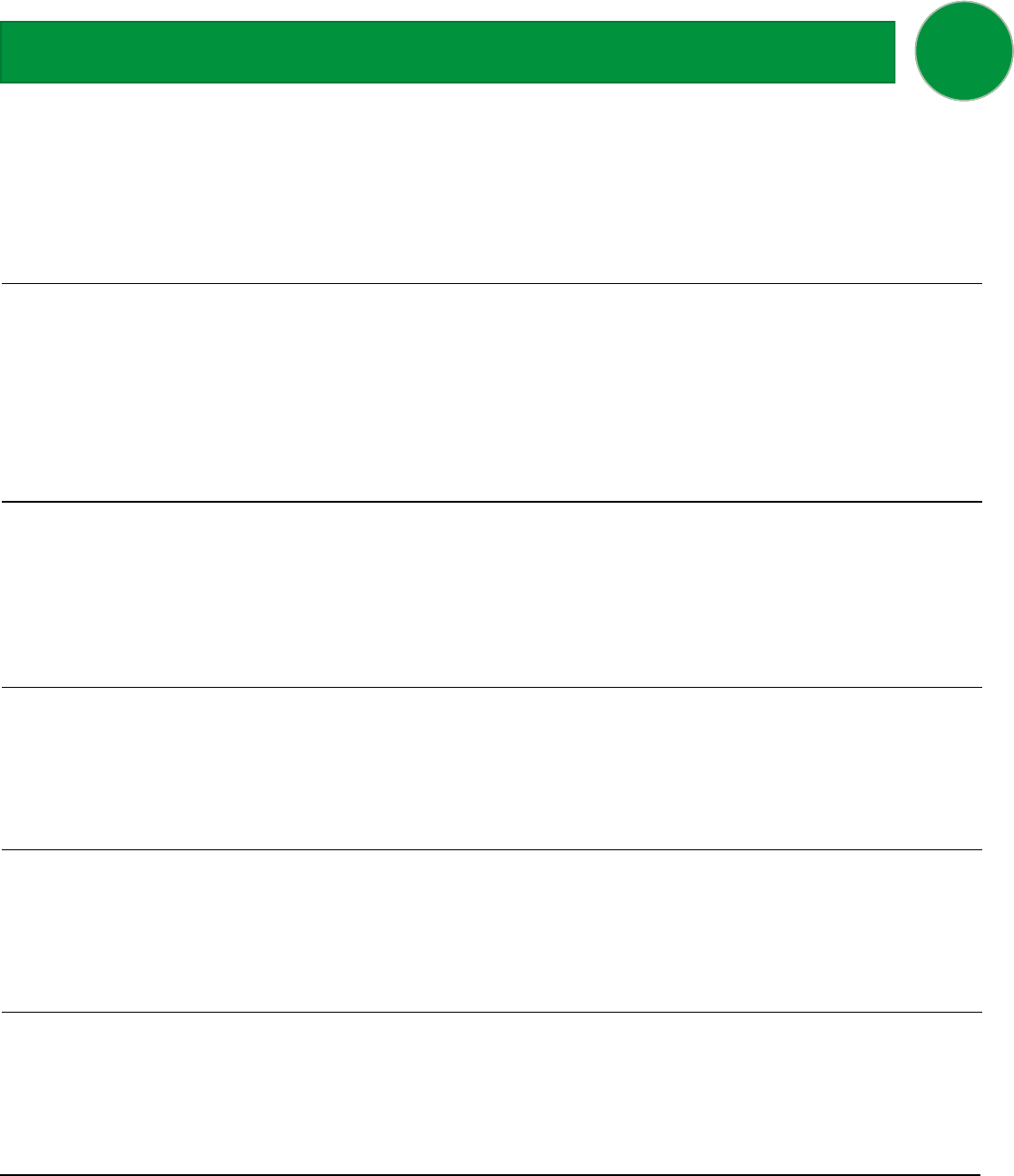
62
Addional Elecves
AP Capstone Research
373100AW Units: 1
Grades: 11-12 ASA,NAHS, SAHS
Prerequisites: AP Seminar
This course empowers students to research an area of inquiry that they are passionate about. The course is designed to develop
skills in research, analysis, evidence-based arguments, collaboraon, wring, and presenng.
AP Capstone Seminar
373000AW Units: 1
Grade: 9 -12 ASA, NAHS, SAHS, SBHS
Prerequisite: None
AP Seminar is the rst of two courses in the AP Capstone™ program. AP Research is the second course. If you earn scores of 3 or higher in AP Seminar and AP
Research and on four addional AP Exams of your choosing, you will receive the AP Capstone Diploma™. This signies outstanding academic achievement and
aainment of college-level academic and research skills. Alternavely, if you earn scores of 3 or higher in AP Seminar and AP Research only, you will receive the AP
Seminar and Research Cercate™. In AP seminar, students invesgate real world issues from mulple perspecves, gathering and analyzing informaon from
various sources in order to develop credible and valid evidence based arguments. There is a strong emphasis on collaboraon and presentaon in this course.
Career Internship
Units: 1
Grade: 11-12 AHS
Prerequisite: Work-based learning applicaon
To develop experiences for students to enhance their professionalism and employment skills within their cluster of study. Students are taught
technical and employability skills during their work-based learning placement. Students are evaluated on their performance, aendance, and
mastery of skills as outlined in their training plan with their site supervisor and school-sponsor.
Career Readiness 1-WIN
349930CH Units: 1/2
Grade: 11-12 AHS, MVHS, NAHS, RSMHS, SAHS, SBHS, WSHS
Prerequisite: Recommendaon from counselor or administrator
This course will prepare students for the ACT WorkKeys assessment. Students will receive support to increase their WorkKeys
scores to earn a Career Readiness designaon and naonally recognized workforce credenal.
Career Readiness 2-WIN
349932CH Units: 1/2
Grade: 11-12 AHS, MVHS, NAHS, RSMHS, SAHS, SBHS, WSHS
Prerequisite: Recommendaon from counselor or administrator
This course will prepare students for the ACT WorkKeys assessment. Students will receive support to increase their WorkKeys
scores to earn a Career Readiness designaon and naonally recognized workforce credenal.
College Readiness ELA
309957CH Units: 1/2
Grade: 11-12
Prerequisite: Recommendaon from counselor or administrator AHS, MVHS, NAHS, RSMHS, SAHS, SBHS, WSHS
This course will prepare students for the English poron of the ACT and SAT. Students will receive support to increase their scores
to earn a College Readiness designaon.
College Readiness Math
319906CH Units: 1/2
Grade: 11-12
Prerequisite: Recommendaon from counselor or administrator AHS, MVHS, NAHS, RSMHS, SAHS, SBHS, WSHS
This course will prepare students for the Math poron of the ACT and SAT. Students will receive support to increase their scores to
earn a College Readiness designaon.
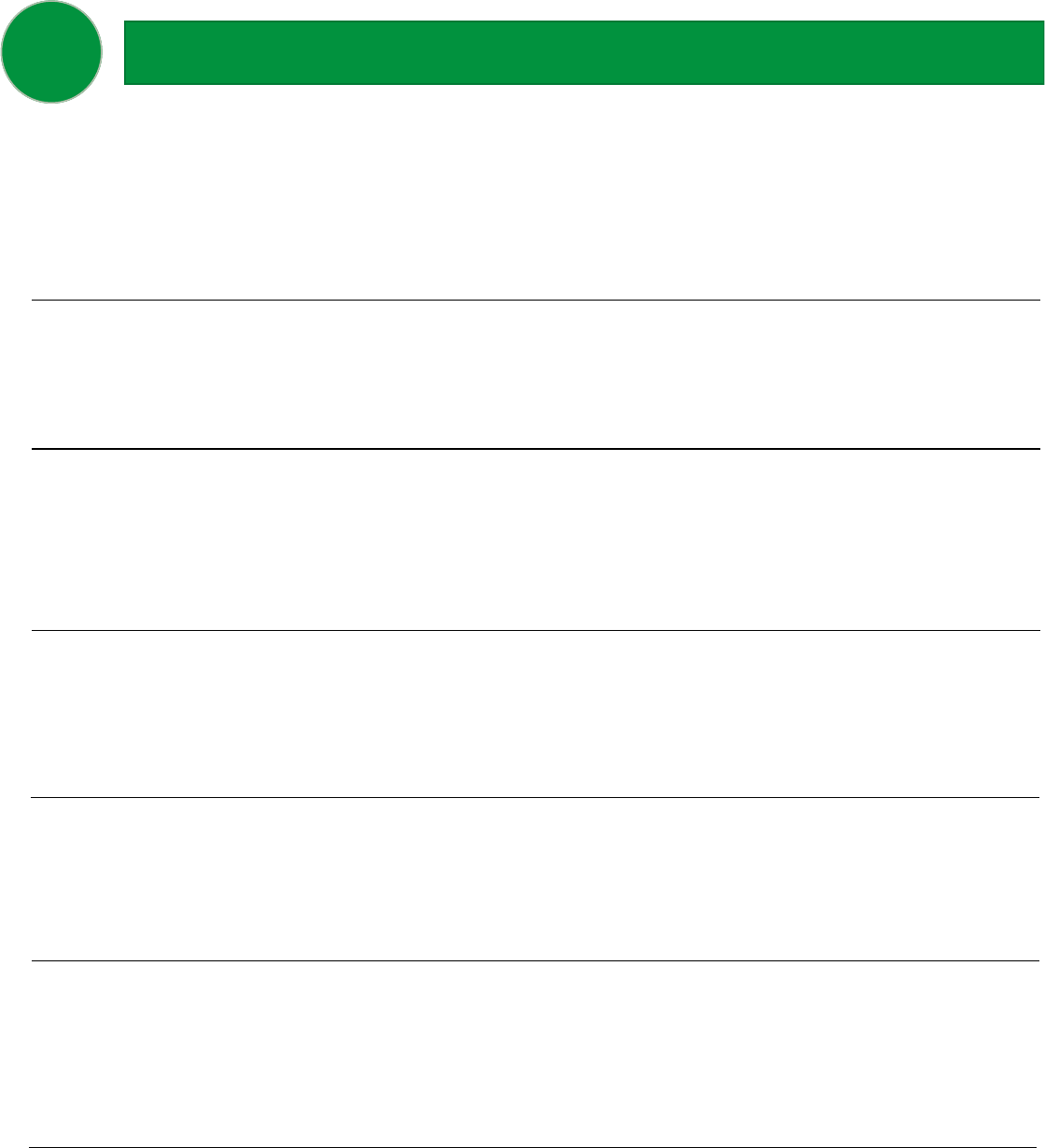
63
Addional Elecves
Freshmen Success
379912CW or 379912CH Units: 1/2 or 1
Grades: 9 AHS, RSMMHS, SBHS
Prerequisite: None
Students learn skills in leadership and professionalism. Topics include self-image, developing a healthy self-esteem, and how to
build healthy relaonships. This course is a part of the Capturing Kids Hearts program.
Leadership 1-4
Units: 1
Grade: 9-12
AHS, SAHS, SBHS, NAHS, MVHS, RSMHS, WSHS
Prerequisite: None
The course is designed to help students discover their talents, skills, and abilies. Students will learn how to set and reach goals.
Leadership: Impact Through Acon
Units: 1
Grade: 9-12
MVHS
Prerequisite: See school counselor
The course is designed to help students discover their talents, skills, and abilies. Students will learn how to set and reach goals
through a partnership with local businesses.
Phoenix Focus 1-4
379914CW, 379915CW
379916CW, 379917CW
Units: 1
Grades: 9 ASA
Prerequisite: None
This course integrates students into the culture and community of the Aiken Scholars Academy. The focus prepares students for a
rigorous course of study, early college entrance, and academic support.
Real Life 101
379937CH Units: 1/2
Grades: 11 - 12 NAHS
Prerequisite: None
Real Life 101 is a course designed for Junior and Senior students. It is taught in collaboraon with outside community
organizaons. The goal of the course is to teach basic skills for maintaining a healthy and producve lifestyle, and the classes are
taught by community professionals. The classes are lecture format, and tests will be given on most lessons. Some of the topics
include Public Safety, Virtues, Employment, Equee, Relaonships, Finance, and Identy The.
Learning Strategies
390R00CH or 390R00CW Units: 1/2 or 1
Grades: 9 - 12 AHS, MVHS, NAHS, RSMHS, SAHS, SBHS, WSHS
Prerequisites: Placement by IEP team
Learning strategies is an elecve course for students who are working towards a SC high school diploma. This course is designed to
develop, strengthen, and improve skills for posive academic and funconal performance and achievement.
Peer Mediaon
309951CW Units: 1
Grades: 9 - 12 SAHS
Prerequisites: N/A
Students will learn essenal communicaon skills, engage in team building, and pracce using conict resoluon strategies.

64
Addional Elecves
The Flying Environment
329904CH Units: 1/2
Grade: 11- 12 NAHS
Prerequisite: Successful compleon of Launching in Aviaon
This course is foundaonal for both manned and unmanned ight aviaon in preparaon to take either of two Federal Aviaon
tests.
Launching in Aviaon
329901CH Units: 1/2
Grades: 9-12 NAHS
Prerequisite: N/A
Provide the foundaon for advanced exploraon in the areas of ying, aerospace engineering and unmanned aircra systems
Exploring Aviaon and Aerospace
329902CH Units: 1/2
Grade: 10 - 12 NAHS
Prerequisite: Successful compleon of Launching in Aviaon
It is designed to give students a clear understanding of career opportunies in aviaon.
Flight Planning
329903CH Units: 1/2
Grade: 11- 12 NAHS
Prerequisite: Successful compleon of Launching in Aviaon
This course is foundaonal for both manned and unmanned ight aviaon in preparaon to take either of two Federal Aviaon
tests.
Ready for High School Literacy
305700CW Units: 1
Grade: 9 MVHS
Prerequisite: School/district criteria
This course ulizes a disciplinary literacy approach that teaches students strategies for reading and understanding complex texts in dierent subject areas. Students
learn to develop and defend ideas, both orally and in wring, in high school-level subjects such as English, history and science.
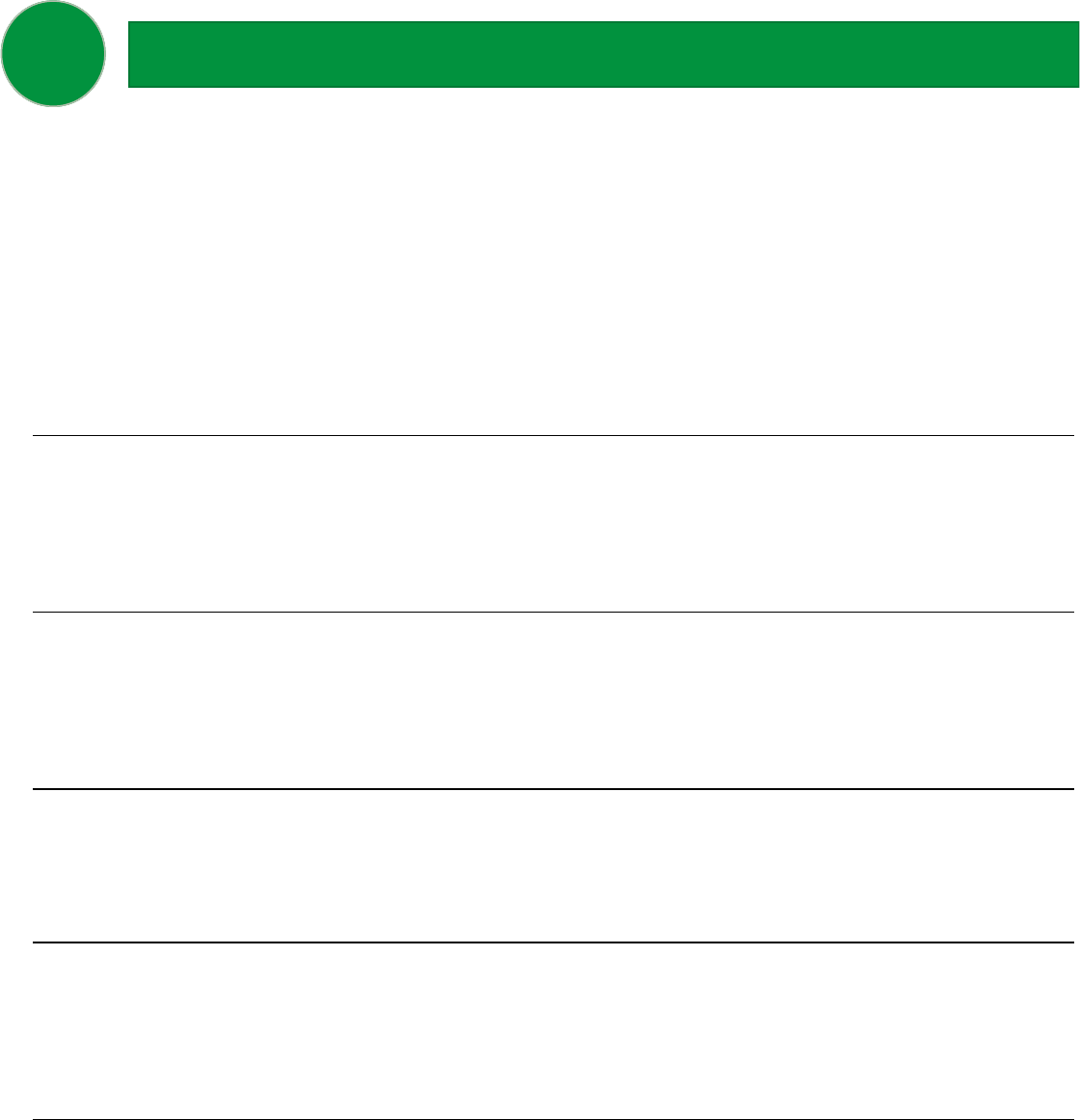
65
Educaon & Human Services
Introducon to Early Childhood
570200CW Units: 1
Grades: 9 - 11 AHS
Prerequisite: None
Introducon to Early Childhood Educaon is designed as an introducon of skills required for a career in the care, educaon and
administraon of programs for young children. Students will develop skills in areas including career paths, developmentally
appropriate pracces, safe and healthy learning environments, and collaborave relaonships. Academics and employability skills
are integrated throughout the course.
Early Childhood Educaon 1
570000CW Units: 1
Grades: 10 - 11 AHS, WSHS
Prerequisite: Recommended: Introducon to Early Childhood Educaon or Child Development 1 and/or 2
Early Childhood Educaon 1 is designed to provide students with hands-on opportunies to acvely explore and observe the world
of children and prepare them for educaonal and administrave careers in the eld. This course provides an in-depth study of
career paths, developmentally appropriate pracces, curriculum development, safe and healthy learning environments, and
collaborave relaonships.
Early Childhood Educaon 2
570100CW or 570100CD Units:1 or 2
Grades: 11 - 12 AHS, WSHS
Prerequisite: Early Childhood Educaon 1
Early Childhood Educaon 2 is an advanced course focusing on the competencies needed to plan, guide, and care for young children
in a safe, healthy, and developmentally appropriate environment. Students can acquire cercaon in pediatric safety, CPR, and
rst aid. Students interact with professionals in the eld and parcipate in various school-to-work acvies.
Child Development 1
580000CW Units: 1
Grades: 9 - 12 AHS, WSHS
Prerequisite: None
Child Development 1 focuses on the physical, social, emoonal, and cognive growth and development of children. Emphasis is
placed on helping students acquire knowledge and skills essenal to the care and guidance of children. Students learn to create
environments that promote opmal development. Factors inuencing a child’s development from concepon through childhood
are explored.
Cosmetology 1, 2, 3
615000CD, 615100CD, 615200CD Units: 2 for each course
Grades: 10 - 12 WSHS
Prerequisite: None for Cosmetology 1; Courses must be taken sequenally.
The Cosmetology Program is designed to prepare students to qualify and successfully complete all requirements for a SC
Cosmetology license. The student receives training following the guidelines and regulaons established by the SC Labor, Licensing,
and Regulaon (SCLLR0 Cosmetology Board. The course of study includes Sanitaon and Safety, Professionalism, and Salon
Management, Professional Skin Care Skills, and Unassigned Specic Needs. Instrucon in chemistry, bacteriology, and anatomy and
physiology of the face, head , arms,, and hands is incorporated by means of theory and of praccal applicaon on both mannequins
and live models.
Teacher Cadet
373500EW Units: 1
Grades: 11 - 12 AHS, MVHS, NAHS, RSMHS, SAHS, SBHS, WSHS
Prerequisites: GPA of 3.0 or higher and teacher recommendaon
The Teacher Cadet Program is an innovave approach designed to aract talented young people to the teaching profession through a challenging
introducon to teaching. The program seeks to provide high school students insight into the nature of teaching, the problems of schooling, and the crical
issues aecng the quality of educaon in America’s schools. The primary goal is to encourage academically able students who possess exemplary
interpersonal and leadership skills to consider teaching as a career. An important secondary goal of the program is to provide these talented future
community leaders with insights about teachers and schools so that they will become civic advocates of educaon. The major components of the program
include experiencing growth and development, history and educaonal trends, structure and governance, cercaon and employment, and an internship in
the eld that includes observaon, applicaon, and instrucon. The program is under the auspices of the Center for Educator Recruitment, Retenon, and
Advancement in Rock Hill. Students receive four college credit hours from USC-Aiken, our college partner.
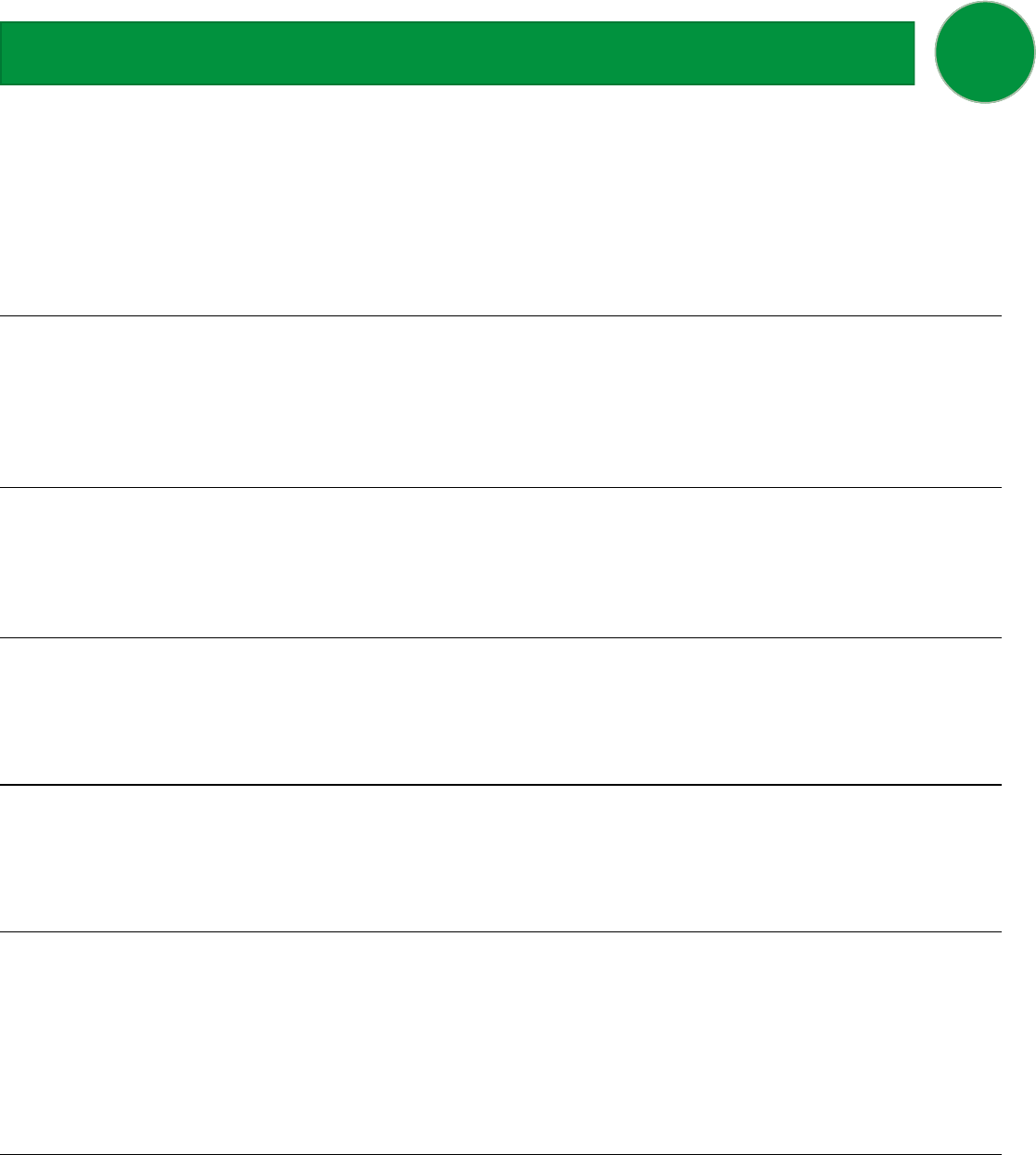
66
Hospitality & Tourism
Foods & Nutrion 1
582400CW Units: 1
Grades: 9 - 12 WSHS
Prerequisite: None
Students enrolled in Foods and Nutrion 1 will receive rigorous and relevant learning experiences as they study the principles of nutrion for
individual and family health, tness, and wellness. Students will gain knowledge and experiences in nutrion, food safety and sanitaon,
kitchen work centers, meal planning, preparaon techniques, table service and equee, and nutrion-related careers. Crical thinking and
praccal problem-solving are emphasized in a co-curricular approach that incorporates principles of mathemacs, science, wring,
communicaons, and economics.
Introducon to Hospitality & Tourism Management
547800CW Units: 1
Grades: 9 - 11 AHS, SBHS
Prerequisite: None
Introducon to Hospitality and Tourism Management explores the nature, concepts and impact of the hospitality and tourism industry. This
course focuses on foundaonal informaon about the hospitality and tourism industry and provides opportunies for students to get a taste
of what hospitality and tourism is all about. Course content includes: career exploraon, employability and career development skills, guest
sasfacon, safety, security and environmental pracces, the history of the hospitality industry, and the hospitality and tourism segments.
Introducon to Culinary Arts
572200CW Units: 1
Grades: 9 - 10 AHS, MVHS, NAHS, SBHS
Prerequisite: None
Introducon to Culinary Arts provides students with an overview of interest, aptude, and technical skills to provide foundaonal skills and
knowledge for Culinary Arts 1 and/or the food service industry.
Culinary Arts 1
572000CW or 572000CD Units: 1 or 2
Grades: 10 - 12 AHS, MVHS, NAHS, SAHS, SBHS
Prerequisite: None
Culinary Arts prepares students for gainful employment and/or entry into postsecondary educaon in the food producon and service
industry. Content provides students the opportunity to acquire marketable skills by examining both the industry and its career opportunies.
Laboratory experiences simulate commercial food producon and service operaons.
Culinary Arts 2
572100CD Units: 2
Grades: 11 - 12 AHS, MVHS, NAHS, SAHS, SBHS
Prerequisite: Culinary Arts 1
Culinary Arts 2 is an advanced level course that prepares the serious culinary student for gainful employment and/or entry into postsecondary
educaon. Content provides students the opportunity to acquire marketable skills by examining both the industry and its career opons.
Students have opportunies to develop skills in workplace sengs.
Baking & Pastry
572300CD Units:2
Grades: 11 - 12 AHS
Prerequisite: Culinary Arts 1
Baking and Pastry for secondary students is a course that provides students an opportunity to develop foundaonal skills needed for a
seamless transion to a postsecondary program, workforce, or military. Students will develop advanced skills in safety and sanitaon in
addion to management and professionalism. Specialized content includes units on formulas and techniques, basic baking principles,
specialized dietary baking, breads, desserts and pastries, and advanced techniques for specialty cakes, confecons, piping, plate presentaon,
and avor pairing. Concepts are aligned with competencies from the American Culinary Federaon Educaon foundaon assessment, ACF
Retail Commercial Baking Cercaon.
Baking & Pastry Honors
572300HW Units: 1
Grades: 11 - 12 NAHS, SAHS
Prerequisite: Culinary Arts 1
This course provides students an opportunity to develop foundaonal skills needed for a seamless transion to a postsecondary program,
workforce, or military. Students will develop advanced skills in safety and sanitaon in addion to management and professionalism. Special-
ized content includes units on formulas and techniques, basic baking principles, specialized dietary baking, breads, desserts and pastries, and
advanced techniques for specialty cakes, confecons, piping, plate presentaon, and avor pairing. Concepts are aligned with competencies
from the American Culinary Federaon Educaon foundaon assessment, ACF Retail Commercial Baking Cercaon.
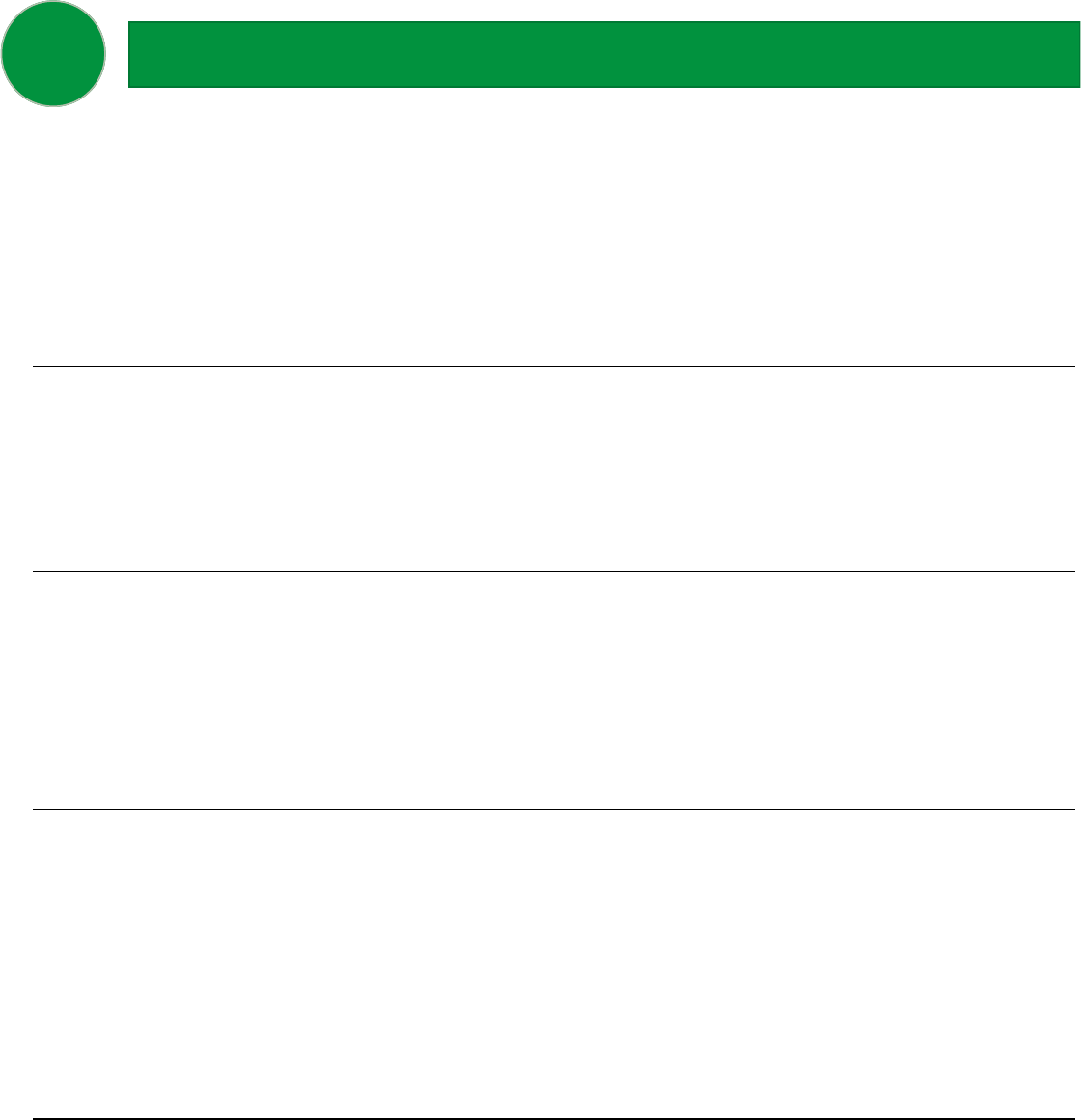
67
Agriculture
Agriculture, Science, & Technology
562400CW Units: 1
Grades: 9 - 10 AHS, MVHS, SBHS, RSMHS, WSHS
Prerequisite: None
The Agricultural Science and Technology course teaches essenal concepts and understanding related to plant and animal life
including biotechnology, the conservaon of natural resources, and the impact of agriculture and natural resource ulizaon on
the environment. Emphasis is placed on the role of agriculture in our society and the importance of agriculture to the welfare of
the world. Basic personal and community leadership and safety and agricultural mechanical technology are included as a part of
the instruconal program. Each student is required to design and parcipate in a supervised agricultural experience.
Agricultural Crop Producon & Management
561400CW Units: 1
Grades: 9 - 12 AHS, MVHS, RSMHS
Prerequisite: None
The Agricultural Crop Producon and Management course prepares students to operate enterprises producing cereal grain, ber, forage, oilseed,
tree fruits and nuts, small fruits, vegetables and other plant products and includes instrucon in soils, plant physiology, crop culvaon pracces,
plant diseases, pest management, harvesng and markeng.
Agricultural Mechanics & Technology
566000CW Units: 1
Grades: 9 - 10 MVHS, RSMHS, WSHS
Prerequisite: None
The Agriculture Mechanics and Technology course is designed as an introductory course to the Agriculture Mechanics Career
Pathway. In addion, it provides development of general mechanical skills, which are required in all areas of Agricultural Educaon.
Typical instruconal acvies include hands-on experiences in woodworking, metalworking, welding, small engine repair, basic
farm and homestead improvements, parcipang in personal and community leadership development acvies, planning and
implemenng a relevant school-to-work transion experience, and parcipang in FFA acvies.
Environmental & Natural Resource Management
562600CW Units: 1
Grades: 9 - 10 WSHS
Prerequisite: None
Environmental and Natural Resource Management is the introductory course for the Environmental and Natural Resources Career
Pathway. It is a combinaon of subject maer and planned learning experiences on the principles involved in the conservaon
and/or improvement of natural resources such as air, soil, water, land, forest, and wildlife for economic and recreaonal purposes.
Instrucon also emphasizes such factors as the establishment, management, and operaon of land for recreaonal purposes.
Typical learning acvies include construcng a model watershed; idenfying and/or measuring the levels of air, water, noise, and
solid waste polluon in a selected site; parcipang in hands-on experiences with site analysis; evaluang compeng interests; and
analyzing biological and physical aspects of the environment and environment-related issues including methods of abang and
controlling polluon.
Soils & Soilless Research
563000CW Units: 1
Grades: 9-12 RSMHS
Prerequisite: Ag Science and Environmental & Natural Resources Management, or Intro to Horculture
Soils and Soilless Research is designed to teach students the science involved in growing crops in both soil and soilless producon
systems. Students learn the importance of soil chemistry and composion as it relates to the growth of economically important
crops. Students invesgate common agricultural pracces as well as alternave methods for growing crops to include hydroponic
techniques. Students are also introduced to experimental research using the principles of experimental design.
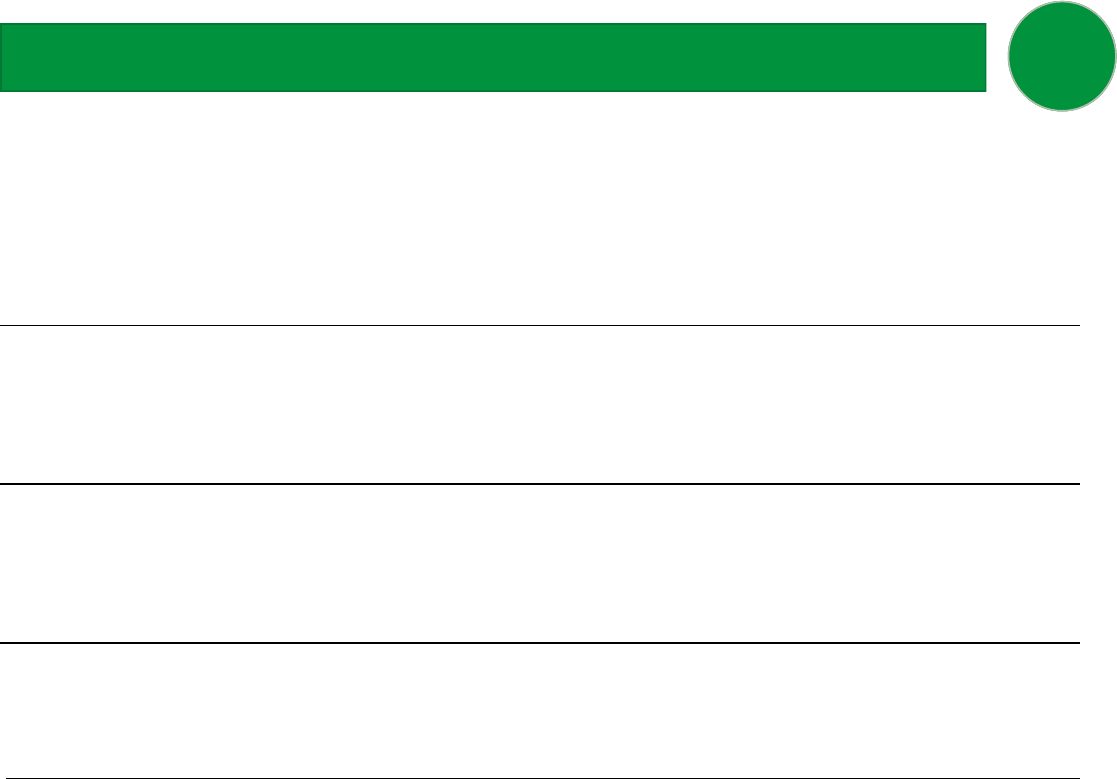
68
Agricultural Power Mechanics
561000CW Units: 1
Grades: 10-12 WSHS
Prerequisite: Agricultural Science & Technology
This course is designed to qualify the student compleng the courses for job entry into farm, business, or industrial phases of agri-
cultural mechanics or to connue advanced training in post high school educaon. A combinaon of subject maer and acvies is
designed to teach technical knowledge and skills for entry-level posions in selling, selecng, and servicing agribusiness technical
equipment and facilies, including computers, specialized soware, power units, machinery equipment, structures and ulies.
Animal Science
560300CW Units: 1
Grades: 9 - 12 AHS, MVHS
Prerequisite: None
The Animal Science course is designed to provide an overview of the animal science industry. It provides informaon on the biological make-up of
various species of agricultural livestock. It also provides students with informaon on animal behavior that would be benecial before embarking
on a career in Animal Science.
Equipment Operaon & Maintenance
562100CW Units: 1
Grades: 10 - 12 WSHS
Prerequisite: Agricultural Science & Technology, Agricultural Mechanics & Technology, or Introducon to Horculture
This course is designed to teach students how to operate and maintain equipment commonly used in the agricultural industry. It includes
equipment used in all four of the Agriculture, Food and Natural Resources pathways: Horculture, Plant and Animal Systems, Environmental and
Natural Resources Management and Agricultural Mechanics and Technology.
Agriculture
Introducon to Veterinary Science
561300CW Units: 1
Grades: 11-12 MVHS
Prerequisite: Animal Science
In this advanced animal science course, students will explore the eld of veterinary medicine.
Wildlife Management
567400CW Units: 1
Grades: 10- 12 WSHS
Prerequisite: Environmental and Natural Resources Management
The Wildlife Management course is designed to be introductory course for the Environmental and Natural Resources pathway. The
course is a combinaon of subject maer and planned learning experiences on the principles involved in the conservaon and/or
improvement of natural resources such as air, soil, water, land, forest, and wildlife for economic and recreaonal purposes.
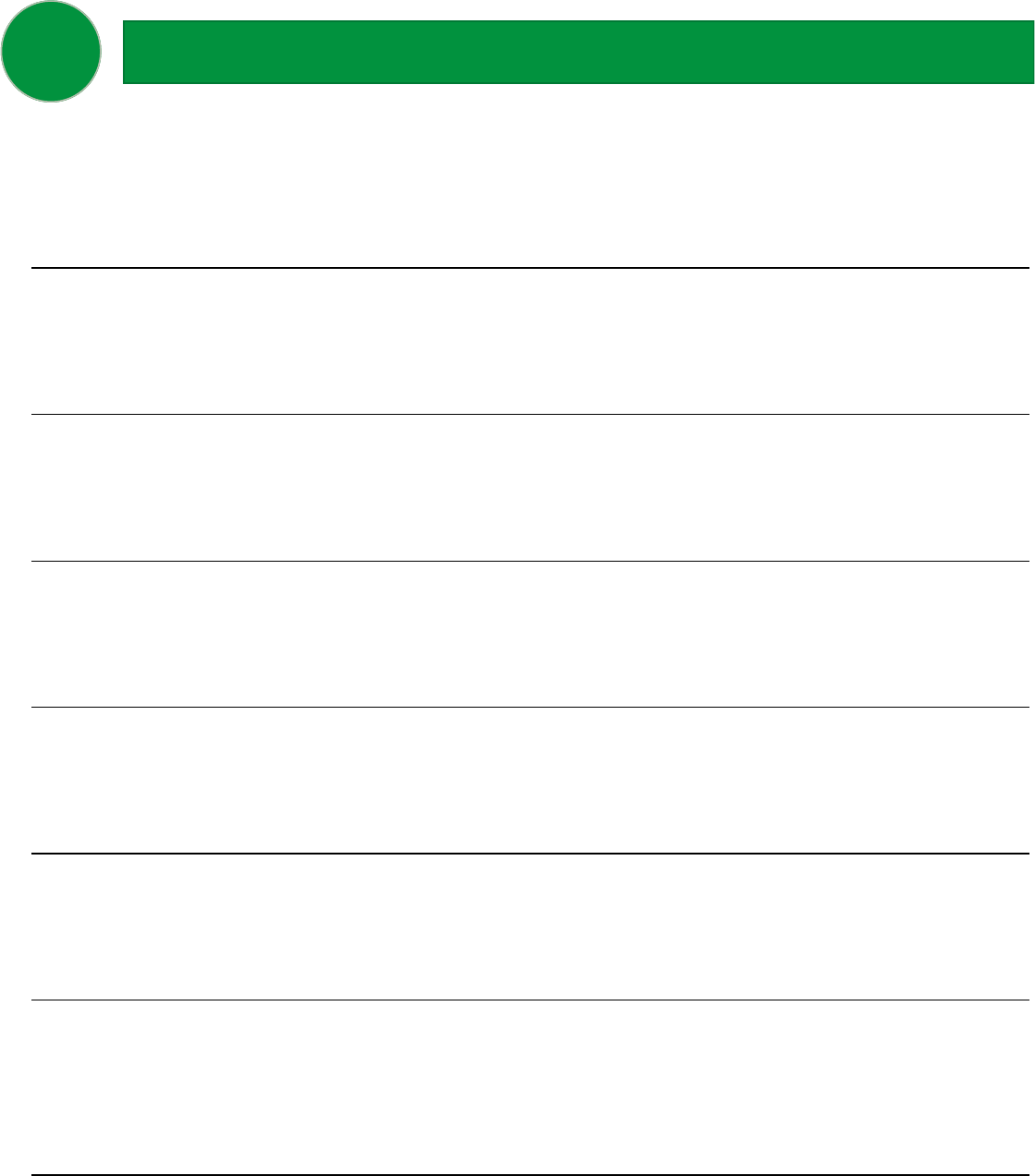
69
Business, Markeng, & Finance
Business Law
504400CW Units: 1
Grades: 11 - 12 SAHS
Prerequisite: None
Business Law is designed to provide the student with knowledge of the legal environment in which a consumer operates, to provide
the student with knowledge of the legal environment in which a business operates, and to provide the student with knowledge of
legal principles.
Human Resource Management
509300CW Units: 1
Grades: 10 - 12 SAHS
Prerequisite: None
The purpose of this course is to provide students with a basic understanding of the primary funcons of human resources
management to include recruitment, selecon, training and development, compensaon, and evaluaon.
Markeng
542100CW Units: 1
Grades: 9 - 12 AHS, MVHS, NAHS, RSMHS, SAHS
Prerequisite: None
This course introduces markeng concepts and examines economic, markeng, and business fundamentals, in addion to the
markeng funcons of selling, promoon, pricing, and distribuon. The standards listed reect the needs of the local business
community. This is the basic course in the markeng curriculum and should be taken before the specialized courses.
Sports & Entertainment Markeng
542500CW Units: 1
Grades: 10 - 12 AHS, SAHS
Prerequisite: None
Sports and Entertainment Markeng is for students who wish to pursue careers in the various areas of the sports and entertainment
industry. This includes careers in box oce management and sales, group sales, public sales, markeng, operaons, development
and sports programming.
Advanced Personal Finance
513100CW Units: 1
Grades: 9 - 12 AHS, MVHS, NAHS, SAHS
Prerequisite: None
Personal Finance introduces students to the fundamentals of personal nance, which include budgeng, obtaining credit,
maintaining deposit accounts, understanding investments, understanding risk management, compung taxes, and analyzing the
basic elements of nance. This course sases the new graduaon requirement for students graduang in 2027 and beyond.
Entrepreneurship
540000CW Units: 1
Grades: 11 - 12 MVHS, NAHS, RSMHS, SAHS, SBHS,WSHS
Prerequisite: None
Entrepreneurship is designed to provide students with the knowledge and skills leading to the development of a business plan. An
important part of the course will be the incorporaon of tradional and non-tradional markeng strategies, technology, stang,
and nancial consideraons. This course sases the new graduaon requirement for students graduang in 2027 and beyond.
Business Principles and Management
509200CW Units: 1
Grades: 10-12 WSHS
Prerequisite: Digital Literacy Course
Students will develop a thorough understanding of the role and acvies of businesses, and in the many acvies, problems, and
decisions that are essenal to the management of a successful business. Students will analyze characteriscs of businesses, social
and ethical environments, business economics, internaonal business, forms and types of business, ethical and legal responsibilies,
communicaon, decision-making, leadership, personnel, professional development, and related careers.
Professional Sales
547100CW Units: 1
Grades: 10-12
MV
Prerequisite: Markeng
Students will study concepts needed to respond to customer wants and needs through personalized communicaon that inuences
purchase decisions, maintains customer relaonships, ensures sasfacon, and enhances future business opportunies. Subject
maer includes selling strategies, social factors inuencing buying and selling, and technological integraon in selling.
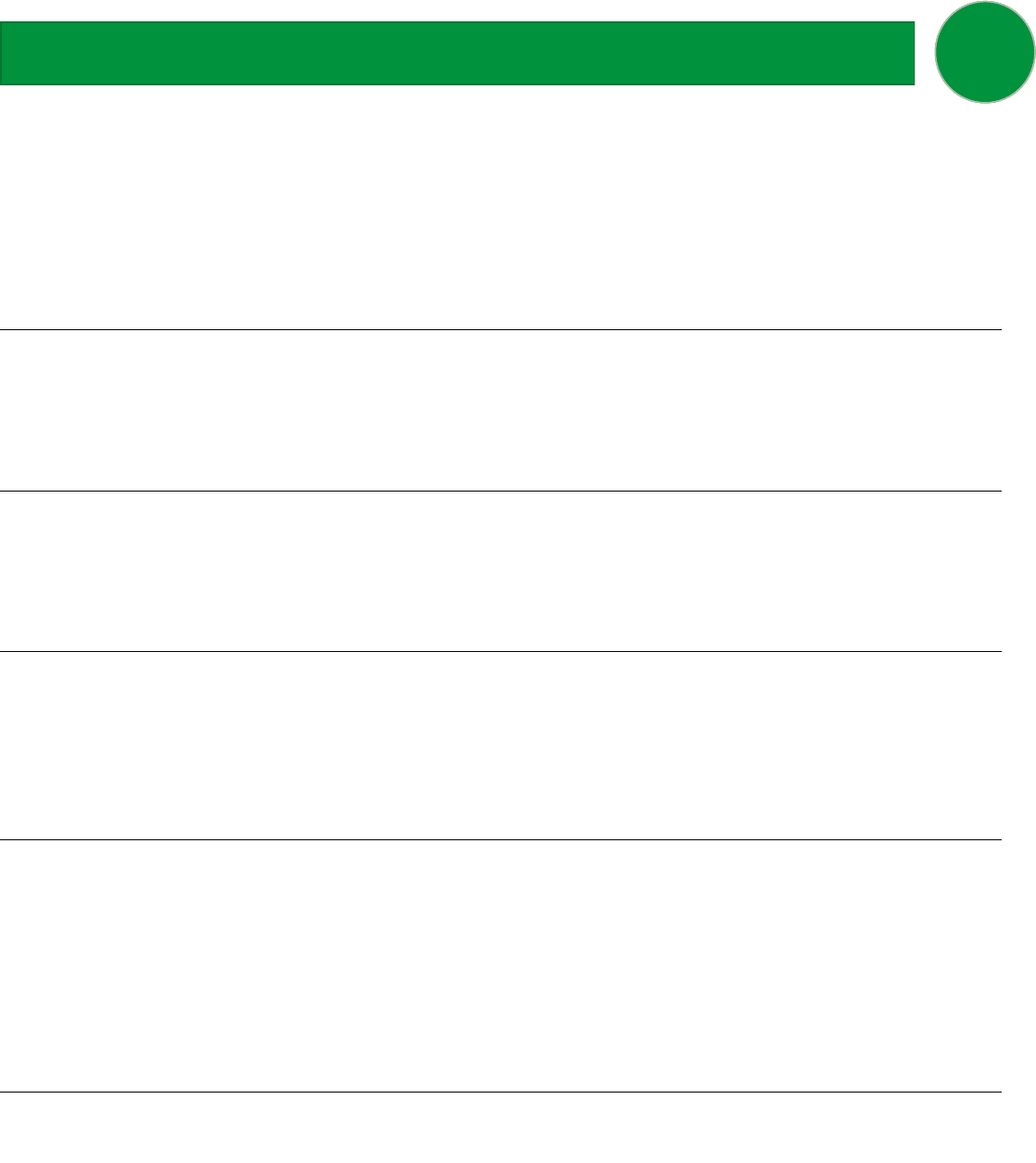
70
Business, Markeng, & Finance
Accounng1
500100CW Units: 1
Grades: 10 - 12 MVHS, SAHS, SBHS, WSHS
Prerequisite: Compleon of Algebra I or equivalent with a grade of C or beer and/or instructor approval.
Accounng 1 is designed to help the student develop the skills necessary for the highly technical interacon between accounng
and business, to develop an understanding of the steps of the accounng cycle as applied to several dierent kinds of business
operaons, and to develop an understanding of accounng concepts, principles, and pracces. Use of the computer in simulated
acvies gives the student an opportunity to see the advantages of technology in accounng procedures.
Adversing
547000CW Units: 1
Grades: 11 - 12
AHS, MVHS, NAHS, RSMHS, SAHS
Prerequisite: Markeng
Adversing is designed to introduce the concepts of adversing, planning strategies, communicaon skills, and professional
development. Course content includes budget development, media selecon, design, and the preparaon of ads for various media.
Fundamentals of Web Page Design & Development
503100CW Units: 1
Grades: 10 - 12 MVHS, NAHS, RSMHS
Prerequisite: Entry level computer course
Fundamentals of Web Page Design is designed to provide students with the knowledge and skills needed to design and develop
websites. Students will aain skills in designing, implemenng, and maintaining websites using authoring tools.
Fundamentals of Compung
502300CW Units: 1
Grades: 9 - 12
MVHS, NAHS, SAHS, SBHS, RSMHS, WSHS
Prerequisite: N/A
Fundamentals of Compung is designed to introduce students to the eld of computer science through an exploraon of engaging
and accessible topics. Students will gain a fundamental understanding of the history and operaon of computers, programming,
and web design. Students will also be introduced to compung careers and will examine societal and ethical issues of compung.
Professional Leadership Development
517800CW Units: 1
Grades: 10 - 12 MVHS, NAHS, SAHS, WSHS
Prerequisite: None; Recommended: current membership in one or more career related student organizaons.
The purpose of Professional and Leadership Development is to help students develop leadership skills necessary for success in
business careers through eecve communicaons, problem-solving techniques, and managing resources and meengs. The
students will develop an understanding of the need for community service as part of their overall civic and professional
responsibilies. In situaons where several career and technology student organizaons (CTSOs) are represented in the class,
preference should not be given to any one student organizaon. The standards are generic to all of the career and technology
educaon student organizaons.
Business Data Applicaons
502100CW Units: 1
Grades: 9
Prerequisite: Algebra 1
The collecon, manipulaon, storage, and retrieval of data has become an important tool and indicator of business success. Deci-
sions are made based on data analysis that impact all parts of society. In Business Data Applicaons, students analyze dierent
data sets, collect, manipulate, store, secure, and retrieve data using electronic spreadsheets and database soware applicaons.
Students use problem-solving and crical thinking skills to prepare computaonal arfacts which will be used to make informed
decisions using a real-world approach. This course can be used to meet the South Carolina computer science graduaon require-
ment.

71
Informaon Technology & Engineering
Computer Service and Repair
532000CW Units: 1
Grades: 9-12 MVHS, WSHS
Prerequisite:
Course content will cover topics related to the personal computer. Major topic areas include PC components, troubleshoong, and
operaonal procedures. Students will acquire knowledge of computer maintenance, learn how to create appropriate documenta-
on, and apply technical skills to address emerging technologies.
Advanced Computer Service and Repair
532100CW Units: 1
Grades: 10-12 MVHS , WSHS
Prerequisite: Computer Service and Repair
Prepares students to perform tasks related to computer repair and service. Student receive instrucon in the installaon, operaon, maintenance, and
repair of computer-based technology including mobile peripheral, and networked devices, and laptops. Laboratory acvies provide hands-on instruc-
on in installaon, conguraon, troubleshoong, component replacement, operang systems, security, networking devices, and upgrades in accord-
ance with industry cercaon standards.
PLTW - Introducon to Engineering Design
605100CW
Grades: 9 - 10 AHS, MVHS, NAHS
Prerequisite: None
Students dig deep into the engineering design process, applying math, science, and engineering standards to hands-on projects. They work both individually and
in teams to design soluons to a variety of problems using 3-D modeling soware and use an engineering notebook to document their work.
PLTW - Principles of Engineering
605000CW Units: 1
Grades: 9 - 10 AHS, MVHS, NAHS
Prerequisite: Introducon to Engineering Design
Through problems that engage and challenge, students explore a broad range of engineering topics, including mechanisms, the strength of structures and materials, and automaon.
Students develop skills in problem solving, research, and design while learning strategies for design process documentaon, collaboraon, and presentaon.
PLTW - Engineering Design & Development
605400CW Units: 1
Grades: 10 - 12 NAHS
Prerequisite: Introducon to Engineering, Principles of Engineering, or Teacher Recommendaon
The knowledge and skills student acquire on the “Pathway To Engineering” come together in EDD as they idenfy an issue and then research, design,
and test a soluon, ulmately presenng their soluon to a panel of engineers. Students apply the professional skills they have developed to
document a design process to standards. Compleng EDD prepares students to be ready to take on any post-secondary program or career.
PLTW - Civil Engineering & Architecture
605800CW Units: 1
Grades: 10 - 12 AHS
Prerequisite: Introducon to Engineering, Principles of Engineering, or Teacher Recommendaon
Students learn important aspects of building and site design and development, applying math, science, and standard engineering pracces to design
both residenal and commercial projects. They document designs using 3D architecture design soware. Some students have seen these designs
come to life through partnerships with local housing organizaons.
Media Technology 1, 2
612400CW, 612500CW/612500CD Units: 1 or 2
Grades: 10 -12 MVHS
Prerequisite: No prerequisite for Media Tech. 1; courses must be taken sequenally
In the Media Technology program, students will explore the general eld of communicaons and will focus primarily on audio and moon media
industries. Students will also learn about related elds such as radio, graphic design, computer graphics, animaon, special eects, online media
development, adversing, public relaons, and corporate communicaons. Students will get hands-on experience in basic producon techniques for
audio, video, and lm. They will learn how to use industry-standard equipment and will develop skills including wring, direcng, producing, an
eding video pieces of increasing complexity.
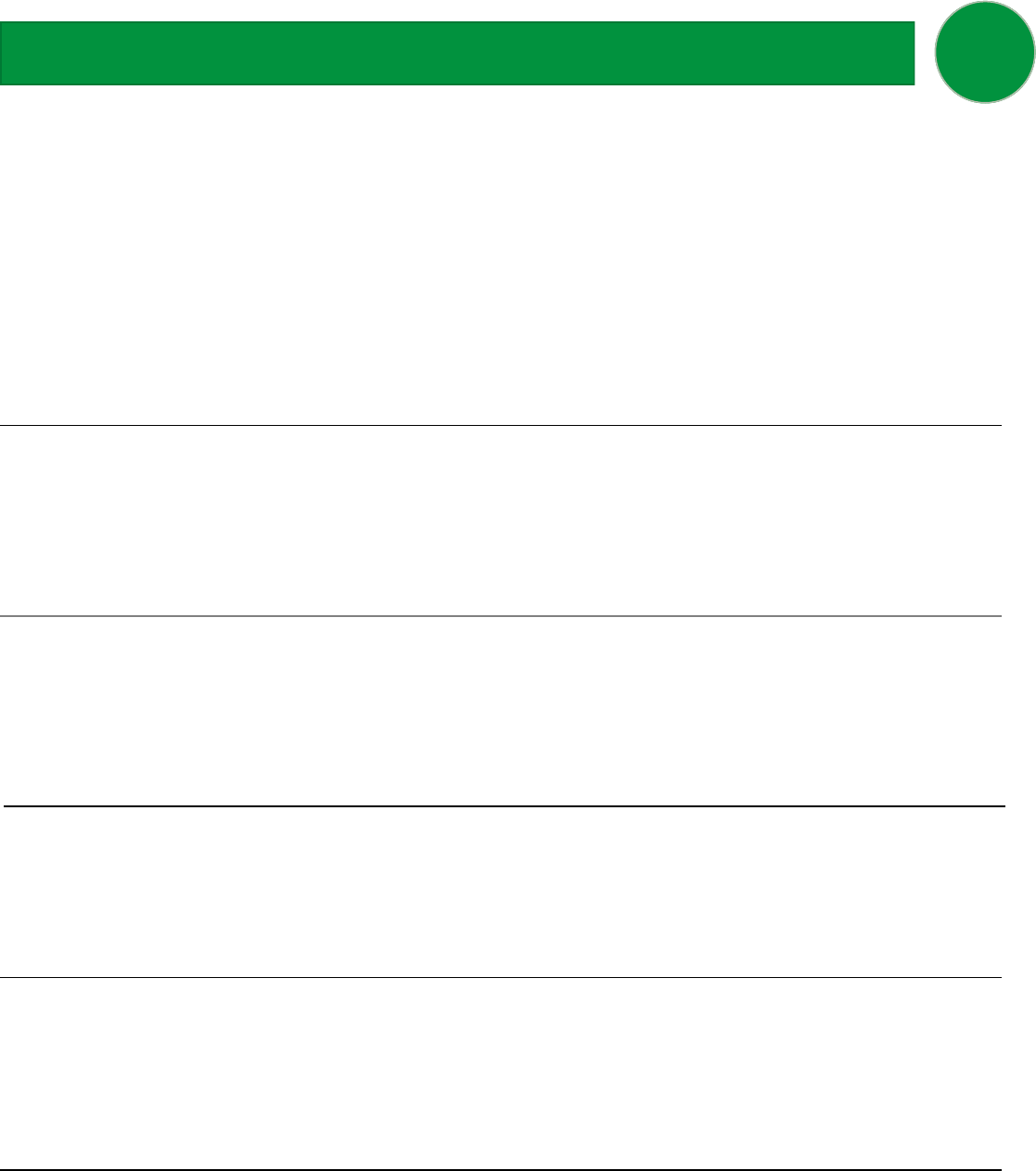
72
AP Computer Science A
477100AW Unit: 1
Grades: 10-12 AHS, NAHS, SAHS, WSHS
Prerequisite: The assumed prerequisites for entering the AP Computer Science A course include knowledge of basic English and
Algebra.
AP Computer Science A is equivalent to a rst-semester, college level course in computer science. The course introduces students
to computer science with fundamental topics that include problem solving, design strategies and methodologies, organizaon of
data (data structures), approaches to processing data (algorithms), analysis of potenal soluons, and the ethical and social
implicaons of compung. The course emphasizes both object-oriented and imperave problem solving and design using Java
language. These techniques represent proven approaches for developing soluons that can scale up from small, simple problems
to large, complex problems. The AP Computer Science A course curriculum is compable with many CS1 courses in colleges and
universies.
AP Computer Science Principles
477500AW Unit: 1
Grades: 9- 12 AHS, SAHS, SBHS, NAHS, WSHS
Prerequisite: Algebra 1
AP Computer Science Principles introduces students to the foundaonal concepts of computer science and challenges them to
explore how compung and technology can impact the world. With a unique focus on creave problem solving and real-world
applicaons, AP Computer Science Principles prepares students for college and career.
Informaon Technology & Engineering
Cyber Security Fundamentals
537000CW Unit: 1
Grades: 10-12
SBHS, WSHS
Prerequisite: Fundamentals of Compung or IT Fundamentals
Students examine the core concepts and terminology of cyber security and informaon assurance, integrang the importance of
user involvement, network architecture, threats, and security; operaonal and system security; cryptography; conngency plan-
ning; applicaon, data, and host security; access control and identy management; and a broad range of other topics
Advanced Cyber Security
537200CW Unit: 1
Grades: 10-12
SBHS
Prerequisite: Cybersecurity
Students examine the core concepts and terminology of cyber security and informaon assurance, integrang, the importance of
user courses, students will be prepared to earn naonally-recognized industry cercaons.
Advanced Networking
531100CW Unit: 1
Grades: 10-12 SBHS
Prerequisite: Networking Fundamentals
Students perform networking tasks commonly performed by systems administrators, network administrators, network engineers
and related careers. Students manage hardware and soware network components including IP conguraon, seng up wireless
and wired networks, managing networks, basic network security, soware updates, hardware upgrades and network protocols
Networking Fundamentals
531000CW Unit: 1
Grades: 9-12
SBHS
Prerequisite: None
Students will perform networking tasks commonly performed by systems administrators, network administrators, network engi-
neers and related careers. Students manage hardware and soware network components including IP conguraon, seng up
wireless and wired networks, managing networks, basic network security, soware updates, and hardware upgrades.

73
Manufacturing & Transportaon
Welding Technology 1, 2, 3, 4
634000CW, 634100CW, 634200CW, 634300CW
Units: 1 per Course (WSHS)
634000CD, 634100CD, 634200CD, 634300CD
Units: 2 per Course (SAHS)
Grades: 9 -12 SAHS, WSHS
Prerequisite: None for level 1; courses must be taken sequenally
Welding Technology prepares individuals to apply technical knowledge and skills to join or cut metal surfaces. Includes instrucon in
arc welding, resistance welding, brazing and soldering, cung, high-energy beam welding and cung, solid state welding, ferrous
and non-ferrous materials, oxidaon-reducon reacons, welding metallurgy, welding processes and heat treang, structural
design, safety, and applicable codes and standards.
Automove Technology 1, 2, 3, 4
603000CW, 603100CD, 603200CD,
603400CD
Units: 1-2
Grades: 10 - 12 AHS
Prerequisite: None for level 1; courses must be taken sequenally
This program oers a sequence of courses that provides coherent and rigorous content aligned with challenging academic standards
and relevant technical knowledge and skills needed to prepare for further educaon and careers in the Transportaon, Distribuon
and Logiscs career cluster. The Automove Technology program provides technical skill prociency and includes
competency-based applied learning that contributes to the academic knowledge, higher-order reasoning and problem-solving skills,
work atudes, general employability skills, technical skills and occupaon-specic skills, and knowledge of all aspects of the
Transportaon, Distribuon and Logiscs career cluster.
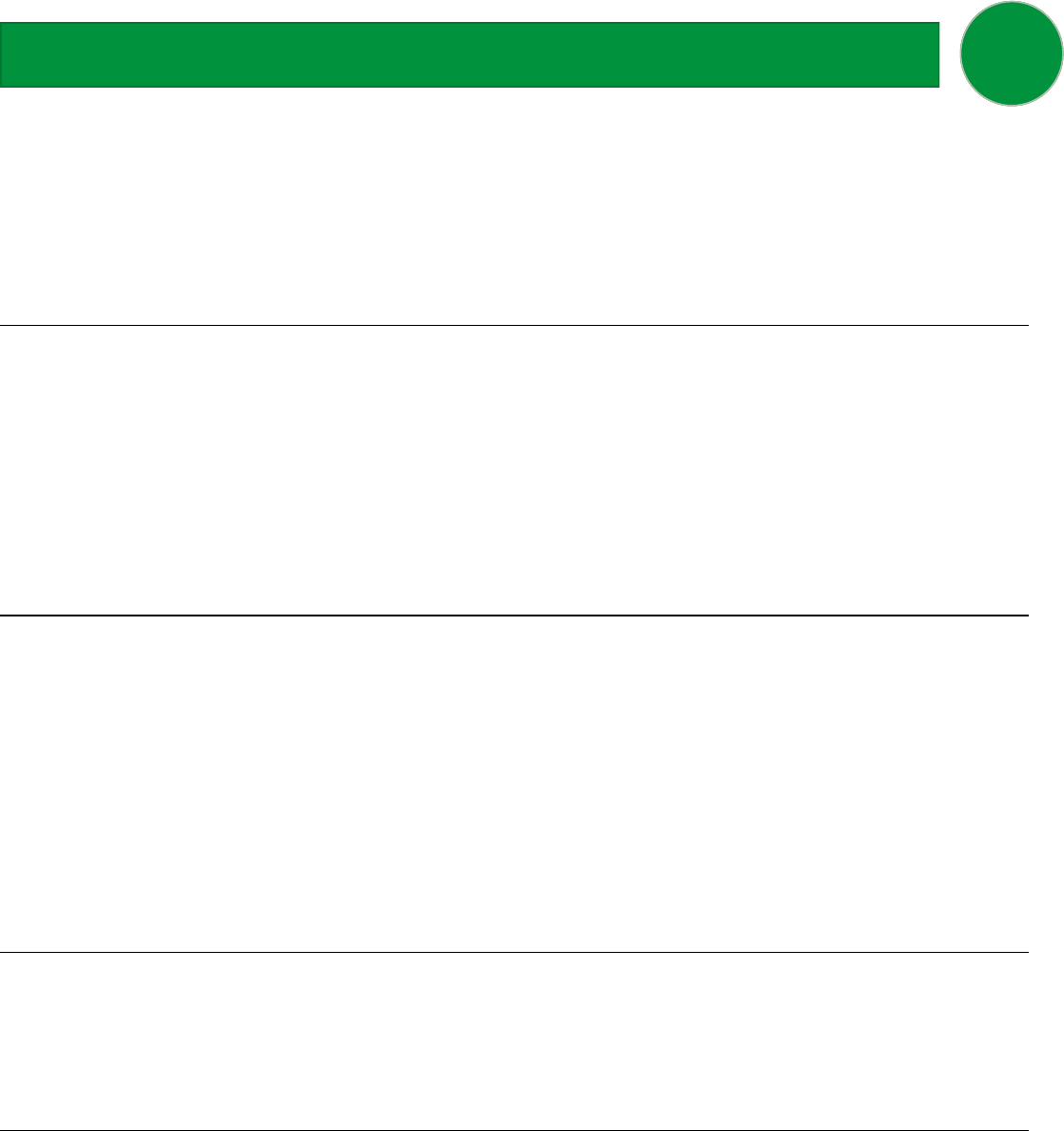
74
Health Science
Medical Terminology
554000CW Units: 1
Grades: 9 - 12 AHS, RSMHS
Prerequisite: None
Medical terminology is designed to develop a working knowledge of the language of health professions. Students acquire
word-building skills by learning prexes, suxes, roots, combining forms, and abbreviaons. Ulizing a body systems approach,
students will dene, interpret, and pronounce medical terms relang to structure and funcon, pathology, diagnosis, clinical
procedures, and pharmacology. Students will use problem-solving techniques to assist in developing an understanding of course
concepts.
Health Science 1
555000CW Units: 1
Grades: 9 - 12 AHS, RSMHS
Prerequisite or Co-requisite: Biology 1
Health Science 1 is the rst of four courses oered to students interested in pursuing a career in the healthcare eld. During this
rst course students are introduced to healthcare history, careers, law and ethics, cultural diversity, healthcare language and math,
infecon control, professionalism, communicaon, basics of the organizaon of healthcare facilies, and types of healthcare
insurance. Students get a good grasp of where healthcare has been, where it’s going and how professionalism and personal
characteriscs impact their success. Students will be introduced to “Standard Precauons” and learn about condenality through
HIPPA. Students will parcipate in a Career Project, and will hear from guest speakers in the healthcare eld. Students will learn rst
-aid procedures and learn re safety. The skills and knowledge that students learn in Health Science 1 serve to prepare them for
future clinical experiences such as job shadowing or internships as they advance in the Health Science courses. To advance to Health
Science 2, it is recommended that students should have an 80% score or higher in Health Science 1, or teacher recommendaon.
Health Science 2 Honors
555100HW or 555100HD Units: 1 or 2
Grades: 10 - 12 AHS, RSMHS
Prerequisite: Health Science 1 or Sports Medicine 1
Health Science 2 applies the knowledge and skills that were learned in Health Science 1 while further challenging the students to
learn more about the healthcare eld. Health Science 2 will connue teaching in more detail, units of study that include advanced
study of infecon control. They will learn about “Transmission Based Precauons” and become more familiar with OSHA, HIPPA, and
the CDC. Students in Health Science 2 will learn how to take vital signs, record them and learn what the data means. Students will
learn about the stages of life and Maslow’s Hierarchy of needs. Students will learn how law and ethics are applied in the healthcare
seng. This course will introduce students to basic paent care skills and medical terminology is incorporated throughout the
lessons being taught. Basic Pharmacology is introduced and students will have an understanding of pharmacy math computaons.
Students will be cered in First Aid and CPR in this course. Students in this course should further their knowledge of healthcare
careers and future goals by parcipang in a job shadowing experience. This course provides a foundaon for further advancement
in Health Science. It is recommended that students should score an 80% or higher in this course to advance to Health Science 3, or
Clinical Study.
Health Science 3
555200CW Units: 1
Grades: 10 - 12 AHS
Prerequisite: None
Health Science 3 focuses on the human body. Students will gain knowledge of all human body systems and how they work (Anatomy
and Physiology). This course will emphasize the study of disease, prevenon and treatment (Pathophysiology). Students will
parcipate in teamwork acvies for assigned projects. Medical Terminology is incorporated throughout the course. Skills learned in
HS2 will be reinforced as each body system is studied.
Health Science Clinical Study
556000CW Units: 1
Grades: 12 AHS, RSMHS
Prerequisite: Health Science 1, 2, 3; Teacher recommendaon
Health Science Clinical Study is designed to give students a clinical experience. Students will have classroom me to review the
necessary skills and qualies needed to complete rotang internships that will require travel to worksites. (District specic student
travel guidelines should be followed and worksite HIPPA training and required worksite guidelines should be adhered to.) CPR and
FA cercaons can be renewed during this course if needed. Students should be cered in CPR and FA before being placed at a
medical facility.

75
Health Science
Sports Medicine 1
555500CW Units: 1
Grades: 9 - 12 NAHS
Prerequisite: Biology or Health Science 1
Sports Medicine 1 emphasizes sports medicine career exploraon and the prevenon of athlec injuries, including the components
of exercise science, kinesiology, anatomy, principles of safety, rst aid, cardiopulmonary resuscitaon (CPR), and vital signs. Subject
maer also includes legal issues, members of the sports medicine team, nutrion, protecve sports equipment, environmental
safety issues, taping and wrapping, mechanisms of injury, and applicaon of other sports medicine concept. Students interested in
healthcare careers in athlec training, physical therapy, medicine, exercise physiology, nursing, biomechanics, nutrion, psychology,
and radiology will benet from this course. This course is recommended for students in grades 10-12. Students are encouraged to
have previous course work in the biological sciences and/or health science.
Sports Medicine 2
555600CW or 555600CD Units: 1 or 2
Grades: 10 - 12 NAHS
Prerequisite: Successful compleon of Sports Medicine 1, plus CPR/First Aid cercaon
Sports Medicine 2 emphasizes the assessment and rehabilitaon of athlec injuries. Subject maer will include discussion of specic
condions and injuries that may be experienced by individuals parcipang in athlec acvies. In addion, the use of appropriate
therapeuc modalies and exercise in the care and rehabilitaon and treatment of injuries will be examined. A review of the body
systems will be included with this course. Advanced concepts related to the administrave aspects of the sports medicine program
will also be covered in this course. Other career roles in Sports Medicine will be discussed as the athlec trainer takes the injured
athlete through the pathway of recovery.
Sports Medicine 3
555700CW Units: 1
Grades: 12 NAHS
Prerequisite: Successful compleon of Sports Medicine 2
Sports Medicine 3 emphasizes the student’s ability to apply concepts from previous Sports Medicine course work to real world
situaons and scenarios. A priority will be placed on understanding the current research and evidence based pracces aecng the
pracce of Sports Medicine professionals. Students will develop policies, procedures, and guidelines based on these aspects, as well
as explore detailed treatment and rehabilitaon procedures for common athlec injuries. Students are expected to parcipate in
clinical situaons either at school with their athlec department or in an outside clinical seng for real world experience.

76
Aiken County Career & Technology Center
Students who want to major in one of the Completer Programs at the Career Center must complete an appli-
caon. Applicaons are available to students in grades 9-11 in the PowerSchool Student Portal under
Forms. ACCTC has limited space and cannot always accept all qualied applicants.
Students successfully compleng some career and technology programs are eligible to receive Technical Ad-
vanced Placement (TAP) credit at various technical colleges. This gives students an opportunity to connue
post-secondary educaon without duplicang courses taken in career and technology educaon. In addion,
industry cercaons and licensure are available in certain programs.
Students who take career and technology educaon classes and are enrolled in their upper level of training
may be eligible to parcipate in cooperave educaon work experience or other school-to-work programs.
Technical training is combined with supervised work experience in an actual job seng. These school-to-
work programs require prior approval by the instructor, the school-to-work coordinator, the school adminis-
trator, and the employer. Students have an opportunity to earn wages and a unit of high school credit simul-
taneously. Students should possess a strong work ethic and be independent workers, characteriscs desired
by industries and employers.
Work Based Credit is an oponal structured learning opportunity designed to provide career-related work
experiences that enhance classroom studies. Experiences may include apprenceships, cooperave educa-
on, and internships which give the student invaluable training that supplements their regular classroom and
career experience. Companies have varying employment pracces and expectaons and students are ex-
pected to adhere to company pracces and policies when students are working. See your Career and Tech-
nology Educaon instructor or counselor for more informaon.

77
ACCTC Courses: Architecture & Construcon
Electricity 1, 2, 3, 4
628700CW, 628800CW,
628900CW, 629000CW
Units: 1
Grades: 11 - 12
Prerequisite: None for Level 1; courses must be taken sequenally
Comprehensive courses provide a survey of the theory, terminology, equipment, and praccal experience in the skills needed for
careers in the electrical eld. These courses typically include AC and DC circuitry, safety, and the Naonal Electrical Code and may
cover such skills as those involved in building circuits; wiring residenal, commercial, and/or industrial buildings; installing lighng,
power circuits, and cables; and esmang job costs. As students progress, their projects become more complex and expansive. In
these courses, safety is stressed, and a career exploraon component may be oered.
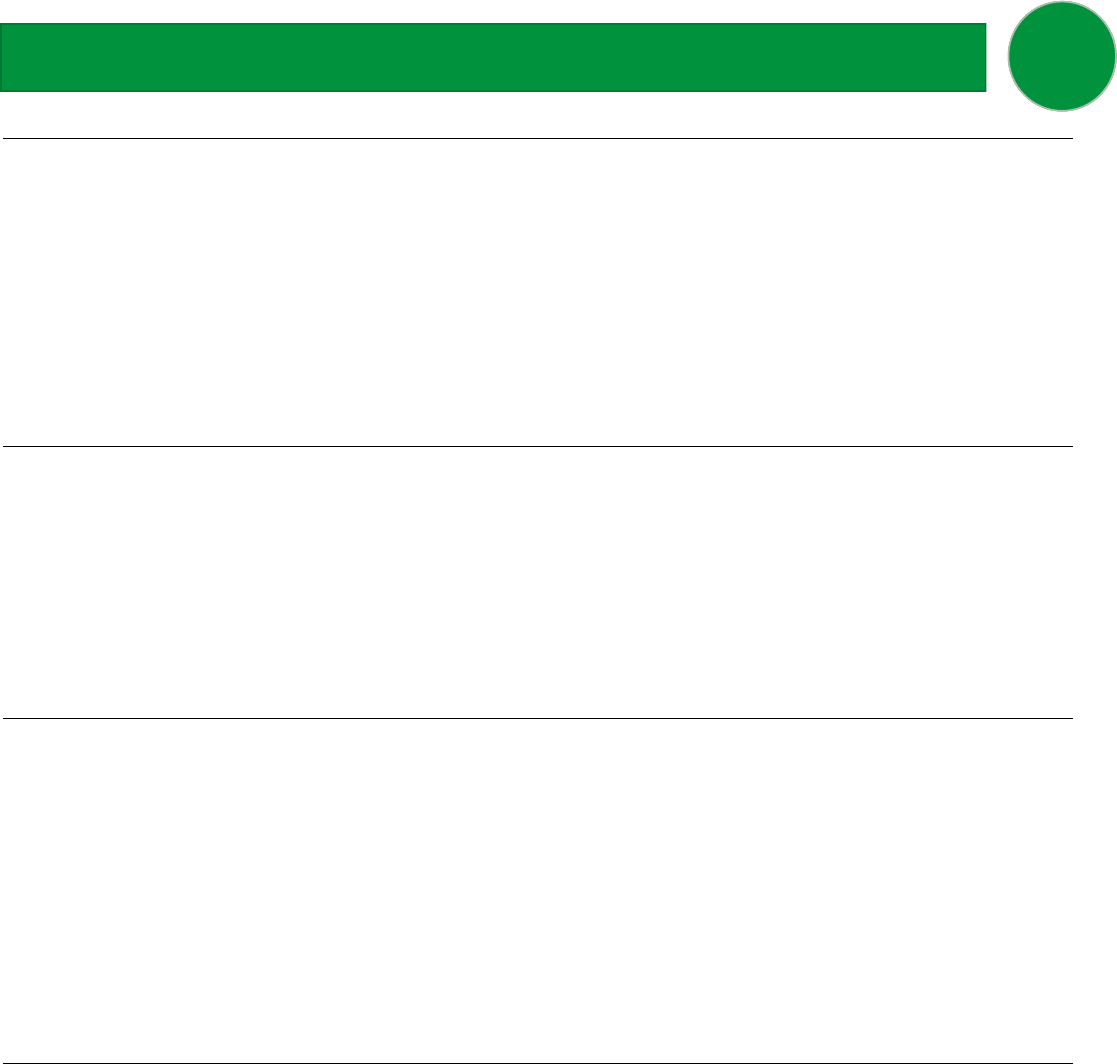
78
ACCTC Courses: Arts, A/V Technology, & Communicaons
Fabric, Fashion, and Design 1
580400CW Units: 1
Grades: 10
Prerequisite: None
Human Services Course. Did you know that you can make clothing out of everyday items such as gum wrappers, res, bamboo,
and aluminum foil? Learn how texles are woven into the fabric of life. Enroll in Fashion, Fabric, and Design 1 to develop skills in
the selecon, purchase, design, care, and construcon of texle products. The course emphasizes crical thinking skills needed
for making wise consumer choices and career decisions. Integraon of the Family and Consumer Sciences Pre-Professional Assess-
ment Cercaon (Pre-PAC) and the student organizaon, Family Careers and Community Leaders of America (FCCLA) competen-
cies, greatly enhances this curriculum.
Fashion Design and Apparel Construcon 1
571000CD Units: 2
Grades: 11
Prerequisite: None
Ready to create your own look? Tired of having clothes that don’t t? Make a skirt or vest out of your dad’s old neckes. Open the
world of fashion from your own closet. Fashion Design and Apparel Construcon 1 focuses on the study of the fashion and gar-
ment industry with emphasis on the basics of design and construcon. Students will develop a global view and weigh design deci-
sions within the parameters of ecological, socio-economic, and cultural contents. Concepts are applied with hands-on learning
experiences as students study career pathways, texles, fashion design, apparel construcon, consumer behavior, products, and
materials of the fashion industry. Projects are integrated throughout the course work and at least one garment will be completed.
South Carolina standards for English/language arts, mathemacs, science, social studies, and visual arts are reinforced. The Family
and Consumer Sciences student organizaon Family, Career, and Community Leaders of America (FCCLA) greatly enhances this
curriculum.
Fashion Design and Apparel Construcon 2
571100CD Units: 2
Grades: 12
Prerequisite: Fashion Design and Apparel Construcon 1
Design and make your own prom dress or ouit! Professionalism is showcased as preparaons are made to enter the world of
fashion design and apparel construcon. Unfold the world of fashion merchandising and markeng. The skills of fashion design
and apparel construcon are rened. Creavity is on the runway in this hands-on course. Emphasis is placed on the development
of problem solving, decision-making, and technological applicaons in a real-world context. South Carolina standards for English/
language arts, mathemacs, science, social studies, and visual arts are reinforced. The Family and Consumer Sciences student
organizaon Family, Career, and Community Leaders of America (FCCLA) greatly enhances this curriculum.
Digital Art and Design 1, 2, 3, 4
612000CW, 612100CW,
612200CW, 612300CW
Units: 1 unit per course
Grades: 10- 12
Prerequisite: None for level 1; courses must be taken sequenally
The ever changing and global technological advancements oer newer and broader opportunies in the creave industry. The
Digital Art and Design program prepares students for a multude of careers in the graphic design eld. This program provides
instrucon in layout, computer design, electronic art, color enhancement, and digital photography. Students use design concepts,
principles, and processes that meet client expectaons using Adobe Creave Suite Soware: Photoshop, Illustrator, and InDesign.
Students will have the opportunity to aain Adobe Cered Associate cercaon. Career development and employability skills
are the foundaon of all career and technical educaon.
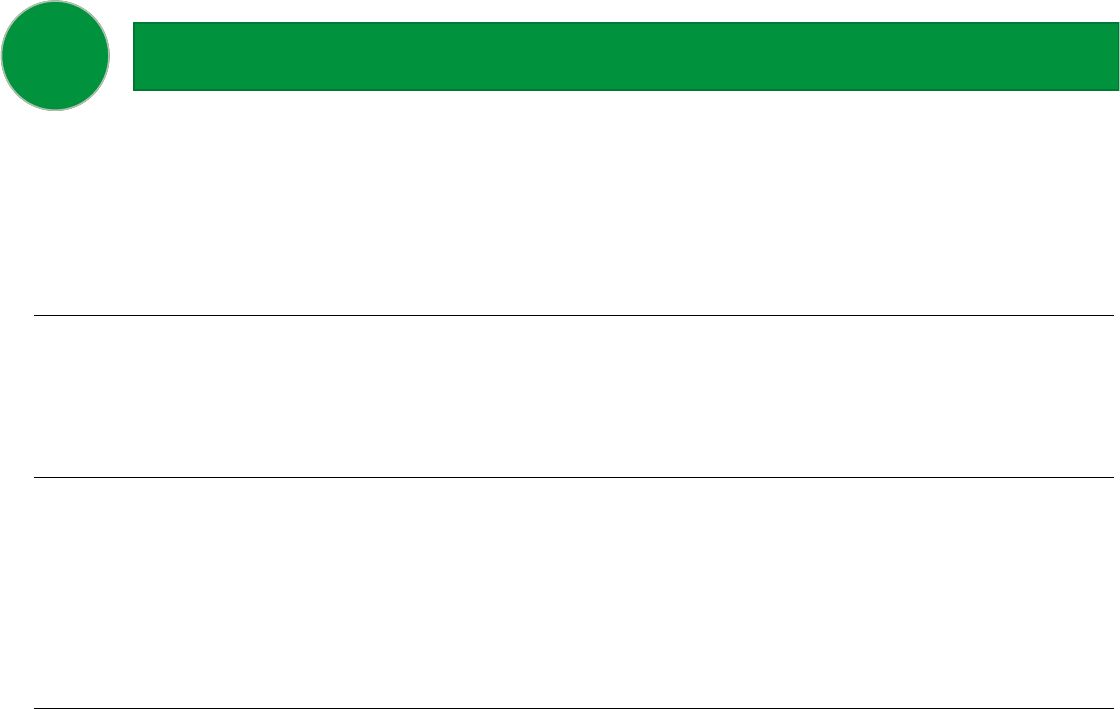
79
ACCTC Courses: Health Science (PLTW)
PLTW Principles of Biomedical Sciences Honors
558000HW Units: 1
Grades: 10-11
Prerequisite: Pre- or co-requisite Biology 1
Principles of Biomedical Sciences is a foundaon course for the Project Lead the Way (PLTW) Biomedical Sciences program for high
school students. This course provides an introducon to the biomedical sciences through excing hands-on projects and problems.
Students invesgate the human body systems and various health condions including heart disease, diabetes, sickle-cell disease,
hypercholesterolemia, and infecous diseases.
PLTW Human Body Systems Honors
558100HW Units: 1
Grades: 10 - 12
Prerequisite: Principles of Biomedical Sciences
Students examine the interacons of body systems as they explore identy, communicaon, power, movement, protecons, and
homeostasis. Students design experiments, invesgate the structures and funcons of the human body, and use data acquision
soware to monitor body funcons such as muscle movement, reex and voluntary acon, and respiraon.
PLTW Medical Intervenons Honors
558200HW Units: 1
Grades: 11 - 12
Prerequisite: Human Body Systems and Principles of Biomedical Science
In the Medical Intervenons course, students will invesgate the variety of intervenons involved in the prevenon, diagnosis and
treatment of disease as they follow the lives of a cous family. A “How-To” manual for maintaining overall health and homeosta-
sis in the body, the course will explore how to prevent and ght infecon, how to screen and evaluate the code in our deoxyribonu-
cleic acid (DNA), how to prevent, diagnose and treat cancer, and how to prevail when the organs of the body begin to fail. Through
these scenarios, students will be exposed to the wide range of intervenons related to Immunology, Surgery, Genecs, Pharmacolo-
gy, Medical Devices, and Diagnoscs.
PLTW Biomedical Innovaon Honors
558300HW Units: 1
Grades: 11-12
Prerequisite: Principles of Biomedical Sciences (PBS), Human Body Systems (HBS), and Medical Intervenons
Biomedical Innovaon is the capstone course for the Project Lead the Way (PLTW) Biomedical Sciences program for high school stu-
dents. Students design innovave soluons for the health challenges of the 21st century. They work through progressively challeng-
ing open-ended problems, addressing topics such as clinical medicine, physiology, biomedical engineering and public health. They
have the opportunity to work on an independent project with a mentor or advisor from a university, hospital, research instuon,
or the biomedical industry.
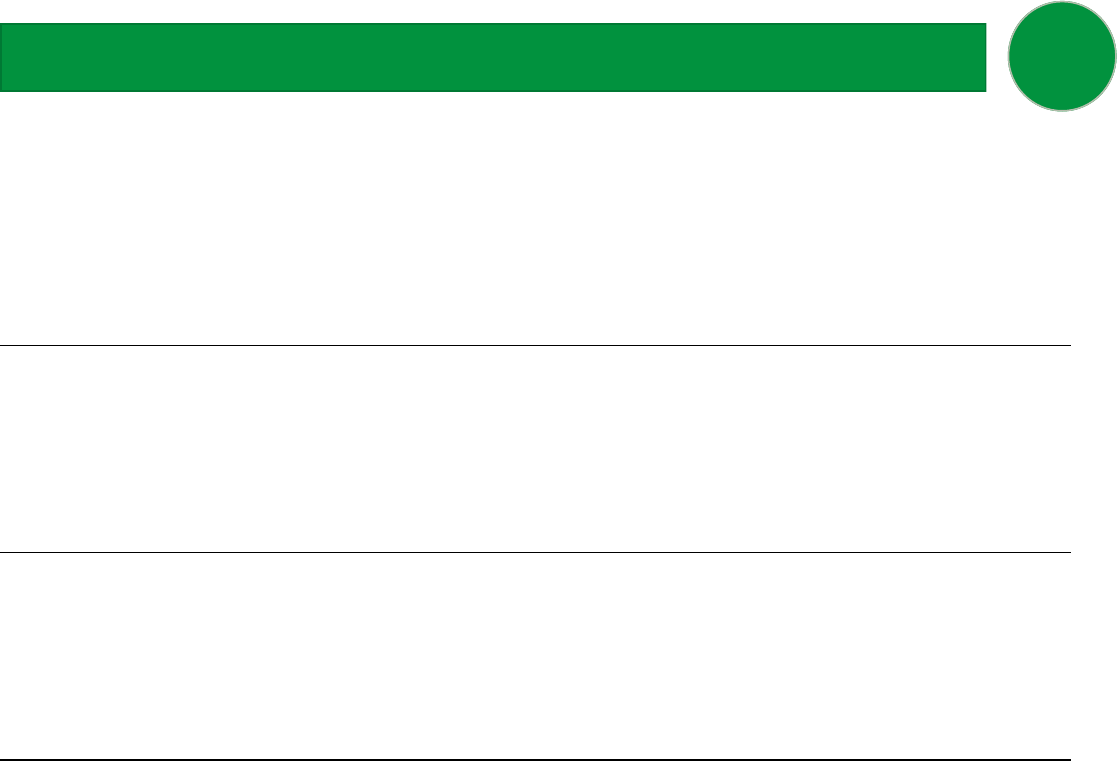
80
ACCTC Courses: Health Science
Health Science 1: Foundaons of Healthcare Professionals
555000CW Units: 1
Grades: 11
Prerequisite: Biology 1
Health Science 1, Foundaons of Healthcare Professionals, is an introductory course designed to provide students with an overview
of the healthcare careers and foundaonal skills to begin their journey towards the future as a healthcare professional. Upon com-
pleon of this course procient students will be able to idenfy careers in these elds, compare and contrast the features of
healthcare systems and begin to provide foundaonal health care skills. This course will serve as a foundaon for all Health Science
programs of study.
Health Science 2 Honors: Essenal Healthcare Pracces
555100HW Units: 1
Grades: 11
Prerequisite: Biology 1 and Health Science 1 – Foundaons of Healthcare Professionals
Health Science 2, Advanced Healthcare Applicaons, course is designed to provide for the development of advanced knowledge
and skills related to a wide variety of health careers. Students will employ hands-on experiences for connued knowledge and skill
development. General Requirements - Students enrolled in this course must have successfully completed Health Science 1 with a
grade of 75% or higher. Furthermore, students are required to job shadow in an area that will connect to a real-world experience in
the healthcare industry.
Health Science - Human Structure, Funcon & Disease
555200CW Units: 1
Grades: 11
Prerequisite: None
Health Science Human Structure, Funcon, and Disease acquaints students with basic anatomy and physiology of the human body.
Students learn how the human body is structured and the funcon of each of the 12 body systems. Students will study the relaon-
ship that body systems have with disease from the healthcare point of view. This is a very “hands-on” course, and students will
learn through projects and acvies in the classroom. Skill procedures and foundaon standards are reviewed and integrated
throughout the program. Job shadowing is encouraged. This course does not count as a lab science.
Health Science Clinical Study Honors
556000HD Units: 2
Grades: 12
Prerequisite: Be a completer in any Health Science Pathway plus Basic Life Support (BLS) Cardiopulmonary Resuscitaon (CPR) cer-
caon.
Health Science Clinical Study is a course that guides students to make connecons from the classroom to the healthcare industry
through clinical experiences/acvies. This course is designed to provide for further development and applicaon of knowledge
and skills common to a wide variety of healthcare professions. The students will relay these skills into real-life experiences. The
student, teachers, and work-based learning coordinators will work together to create opportunies for the students to get the best
experience available in the district's geographic region. Students in this course must be BLS Healthcare Providers CPR cered and
HIPAA trained before parcipang in any healthcare experience outside of the classroom. OSHA Safety Training – Healthcare cer-
caon is highly recommended.
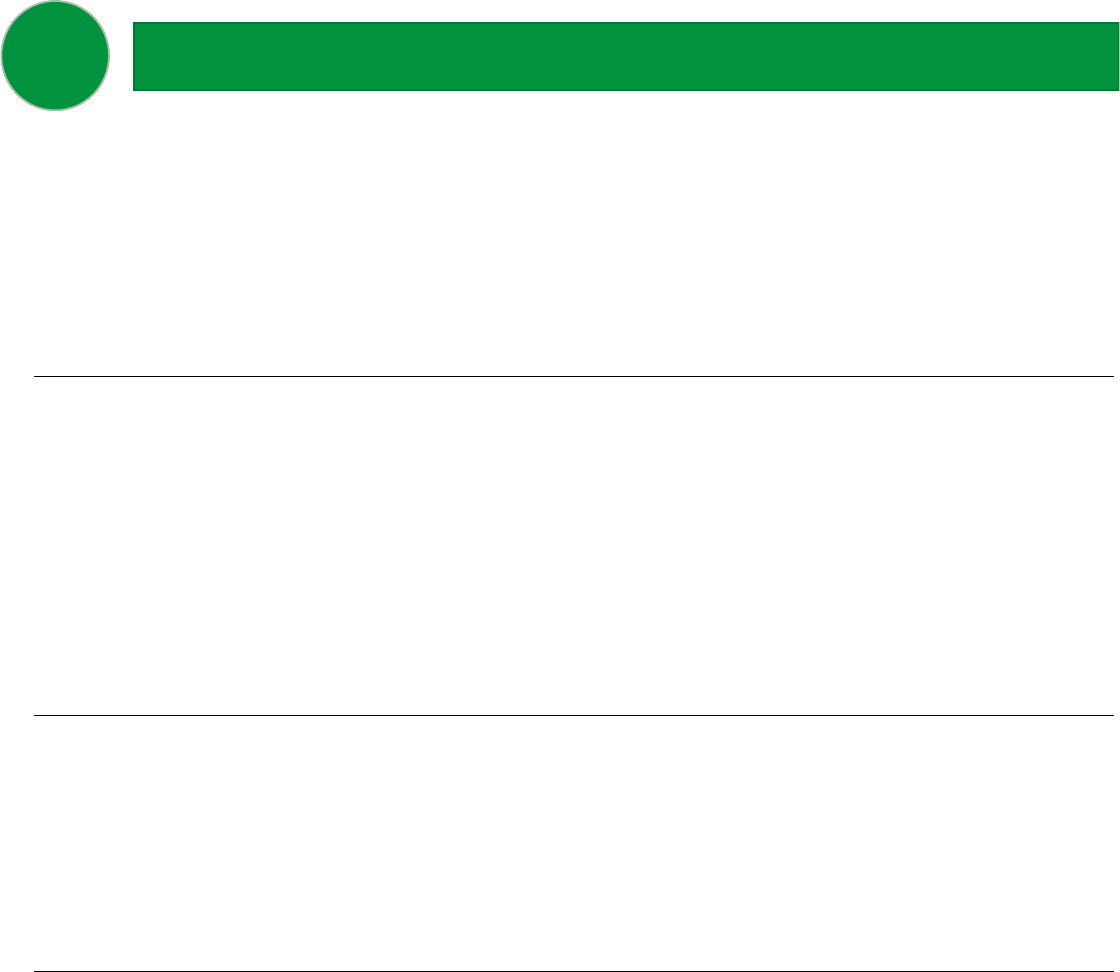
81
ACCTC Courses: Health Science
Sports Medicine 1
555500CW Units: 1
Grades: 11
Prerequisite: None
Sports Medicine 1 emphasizes sports medicine career exploraon and the prevenon of athlec injuries, including the components
of exercise science, kinesiology, anatomy, principles of safety, rst aid, Cardio Pulmonary Resuscitaon (CPR), and Automac Exter-
nal Debrillator (AED) use. Subject maer also includes legal issues, members of the sports medicine team, nutrion, protecve
sports equipment, environmental safety issues, principles of taping and wrapping, mechanisms of injury, and applicaon of other
sports medicine concepts. Students interested in healthcare careers in athlec training, physical therapy, medicine, exercise physiol-
ogy, nursing, biomechanics, nutrion, psychology, and radiology will benet from this course.
Sports Medicine 2
555600CW Units: 1
Grades: 11-12
Prerequisite: Required successful compleon of Sports Medicine 1, plus Cardio Pulmonary Resuscitaon (CPR) and rst aid (FA) cer-
caon
Sports Medicine 2 emphasizes the recognion and care of common injuries and illnesses sustained by a physically acve populaon.
Subject maer will include discussion of specic condions and injuries that may be experienced by individuals parcipang in ath-
lec acvies. In addion, the concepts of therapeuc modalies and exercise in the care of injuries will be examined. A focus on
deeper understanding of body systems and common pathologies will be included. Concepts related to the administrave aspects of
the sports medicine program will also be covered. Students will apply legal and ethical principles through real-world scenarios in
various sports medicine sengs. Other career roles in sports medicine will be discussed as the Athlec Trainer takes the injured
athlete through the pathway of recovery. Also recommended but not required: Health Science 3 or its substute (Medical Terminol-
ogy, Project Lead the Way (PLTW) Human Body Systems, Science department Anatomy and Physiology, Advanced Placement (AP)
Biology).
Sports Medicine 3
555700CW Units: 1
Grades:11-12
Prerequisites: Required successful compleon of Sports Medicine 1 and 2 with a grade of 75 or higher plus Basic Life Support (BLS)
cercaon. It is strongly recommended that students successfully complete Medical Terminology, Health Science 3, or Anatomy
and Physiology prior to this course
Sports Medicine 3 emphasizes the student’s ability to apply concepts from previous Sports Medicine course work to real-world situ-
aons and scenarios. A priority will be placed on understanding the current research and evidence-based pracces aecng the
pracce of Sports Medicine professionals. Students will develop policies, procedures, and guidelines based on these aspects, as well
as explore detailed treatment and rehabilitaon procedures for common athlec injuries. Students are expected to parcipate in
clinical situaons either at school with their athlec department or in an outside clinical seng for real world experience.
Emergency Medical Services 1, 2
553100CW Units: 4
Grades: 11-12
Prerequisite: Applicaon
Emergency Medical Services 1 is designed to teach students how to recognize and respond to various emergencies. Students will
review basic anatomy and physiology as it relates to injury management and treatment. Students will review basic informaon
needed for all phases of a healthcare professional. Informaon that students are exposed to will include legal and ethical implica-
ons, communicaons, safety, infecon control and professionalism. In this course, students will learn what skills are necessary to
recognize and care for emergencies in adults, children, and infants unl professional medical help arrives. Students will obtain FA/
CPR/AED cercaon. Students will be required to perform light physical acvity.
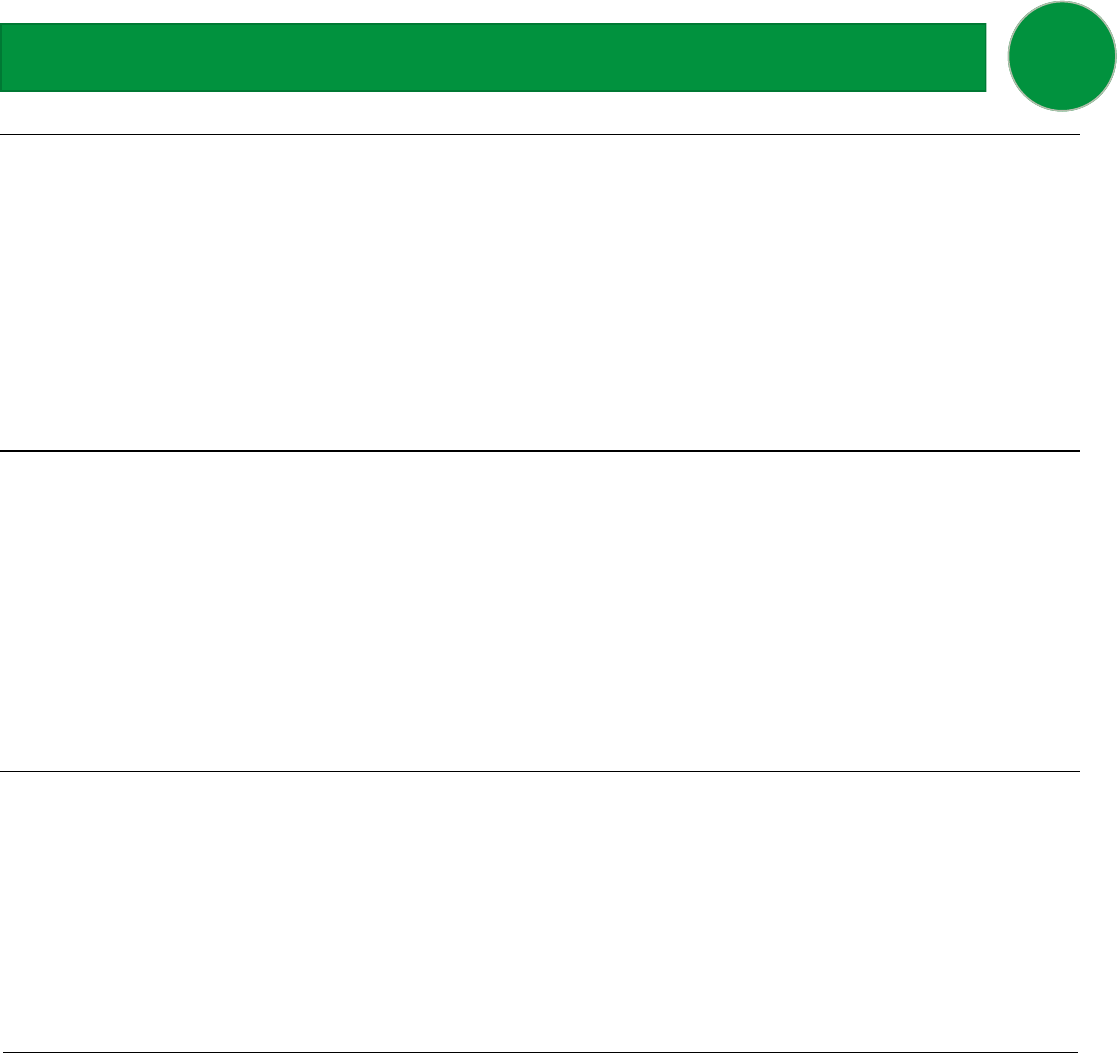
82
ACCTC Courses: Human Services
Cosmetology 1, 2, 3, 4
615000CD, 615100CD,
615200CT, 615300CW
Units: 2, 2, 3, 1
Grades: 11-12
Prerequisite: Courses should be taken sequenally; Must meet clock hour requirements to progress through the program.
The Cosmetology Program is designed to prepare students to qualify and successfully complete all requirements for a South Caroli-
na Cosmetology license. The student receives training following the guidelines and regulaons established by the South Carolina
Labor, Licensing, and Regulaon (SCLLR) Cosmetology Board. The course of study includes Sanitaon and Safety, Professionalism
and Salon Management, Sciences of Cosmetology, Professional Hair Care Skills, Professional Nail Care Skills, Professional Skin Care
Skills, and Unassigned Specic Needs. Instrucon in chemistry, bacteriology, and anatomy and physiology of the face, head, arms,
and hands is incorporated by means of theory and of praccal applicaon on both mannequins and live models. The use of four
course codes is required for this program.
Nail Technology 1, 2, 3 & 4
615400CW & 615500CW Units: 8 total
Grades: 11 - 12
Prerequisite: Courses should be taken sequenally; Must meet clock hour requirements to progress through the program.
The Nail Technology program is designed to prepare students to become licensed nail technologists. Nail Technology students re-
ceive training in the art and science of the care and beaucaon of nails. The student receives training following the guidelines
and regulaons established by the South Carolina Labor, Licensing, and Regulaon (SCLLR) Cosmetology Board. The course of
study includes instrucon in diseases and disorders, chemistry, biology and anatomy, and physiology of the arms, hands, and feet.
Manicures, pedicures, ps, sculptures, and wraps are incorporated by means of theory and praccal applicaon on both manne-
quins and live models. Also included in the course of study is salon planning and management.
Barbering/Master Hair Care 1, 2, 3, 4
615800CD, 615900CD,
616000CT, 616100CW
Units: 2, 2, 3, 1
Grades: 11-12
Prerequisite: Courses should be taken sequenally; Must meet clock hour requirements to progress through the program.
The Barber/Master Hair Care Specialist Program is designed to prepare students to become Registered Barbers or Master Hair Care
Specialists. The student receives training following the guidelines and regulaons established by the South Carolina Labor, Licens-
ing, and Regulaon (SCLLR) Barber Board. Students will perform techniques and arts such as hair cung and styling, facial treat-
ments, trimming and shaving of facial hair, chemical hair relaxing, nng, coloring, shampooing, and rinsing. Instrucon in chemis-
try, bacteriology, and anatomy and physiology of the face, head, arms, and hands is incorporated by means of theory and praccal
applicaon on both mannequins and live models. Also included in the course of study is barber shop/salon planning and manage-
ment. The use of four course codes is required for this program.
Natural Hair Braiding
614600CD Units: 2
Grades: 11-12
Prerequisite: None
Students will learn the technical understanding of hair structure, safety and sanitaon, professional ethics and rules and regula-
ons of the SC State Board. Students will have the ability to pursue a hair braider’s license upon successful compleon of the
course, passing the SC State Board exam, and meeng the state board qualicaons.
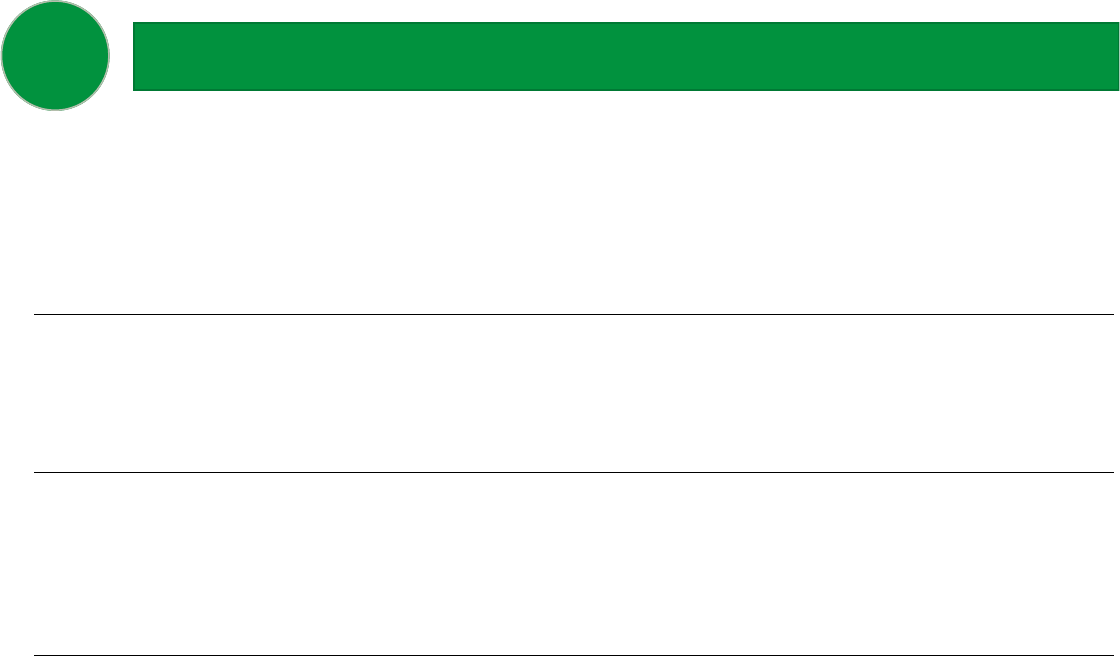
83
ACCTC Courses: Informaon Technology
IST 201 DE Internetworking Concepts
676300EW Units: 1
Grades: 11
Prerequisite: Acceptable Dual Enrollment Placement Scores
IST 201 is taught by Aiken Technical College as part of our dual enrollment Cybersecurity program. This course is a study of current
and emerging computer networking technology. Topics covered include safety, networking, network terminology and protocols,
network standards, LANs, WANs, OSI models, cabling, cabling tools, Cisco routers, router programming, star topology, IP addressing
and network standards
IST 202 Cisco Router Conguraon
877500EW Units: 1
Grades: 11
Prerequisite: IST 201 with a grade of "C" or higher
IST 202 is taught by Aiken Technical College as part of our dual enrollment Cybersecurity program. This course is a study of LANs,
WANs, OSI models, Ethernet, token ring, ber distributed data interface TCP/IP addressing protocol, dynamic roung, roung, and
the network administrator's role and funcon.
IST 267 Network Vulnerability Assessment
877700EW Units: 1
Grades: 12
Prerequisite: IST 201 with a grade of "C" or higher
IST 267 is taught by Aiken Technical College as part of our dual enrollment Cybersecurity program. This course provides students
with the knowledge and skills necessary to test network security using network vulnerability assessment tools and methods. Stu-
dents will also learn how to improve network security based on the assessment results. This course will prepare students to take the
Cered Ethical Hacker exam.
IST 291 Fundamentals of Network Security
877200EW Units: 1
Grades: 12
Prerequisite: IST 201 with a grade of "C" or higher
IST 291 is taught by Aiken Technical College as part of our dual enrollment Cybersecurity program. This course is the study of intro
levels of security processes based on a security policy, emphasizing hands-on skills in the areas of secure perimeter, security connec-
vity, security management, identy services and intrusion detecon. The course prepares students to manage network security.
This course prepares students to manage network security. This course is applicable to the Associate in Applied Science: Major in
Computer Technology and the Associate in Applied Science: Major in Network Systems Management degree; it is equivalent to Se-
curity+ Cercaon.

84
ACCTC Courses: Law, Public Safety, & Security
Law Enforcement Services 1 and 2
651000CD, 651100CD Units: 2 each
Grades: 11 - 12
Prerequisite: None for Level 1; Law Enforcement Service 1 to take Level 2
Law and Enforcement Services 1 and 2 prepare individuals to perform the dues of police and public security ocers, including
patrol and invesgave acvies, trac control, crowd control and public relaons, witness interviewing, evidence collecon and
management, basic crime prevenon methods, weapon and equipment operaons and maintenance, report preparaon and other
roune law enforcement responsibilies.
Fireghter 1 and 2
651400CD, 651500CD Units: 2 each
Grades: 11 - 12
Prerequisite: None for Level 1; Fire Fighter 1 to take Level 2
This program prepares individuals to do the work of re ghters. Fireghter I and II courses intended to achieve Naonal Fire Pro-
tecon Agency (NFPA) cercaon must be conducted using curriculum that addresses the NFPA standards. Fireghter I, Fireght-
er II, Hazardous Materials Awareness (HMA), Hazardous Materials Operaons (HMO) and Basic Auto Extricaon (BAE 3330) curricu-
lum materials can be acquired from the South Carolina Fire Academy (SCFA). For complete descripons of SCFA’s courses, see the
Academy’s online catalog at SC Department of Labor, Licensing and Regulaons. Curriculum for First Aid/Cardiopulmonary Resusci-
taon (CPR) prerequisite training may be based on any recognized accredited course, such as those oered through the American
Heart Associaon or American Red Cross. Hazardous Materials Awareness and Hazardous Materials Operaons prerequisites must
comply with NFPA 472, Standard for Competence of Responders to Hazardous Materials/Weapons of Mass Destrucon Incidents.
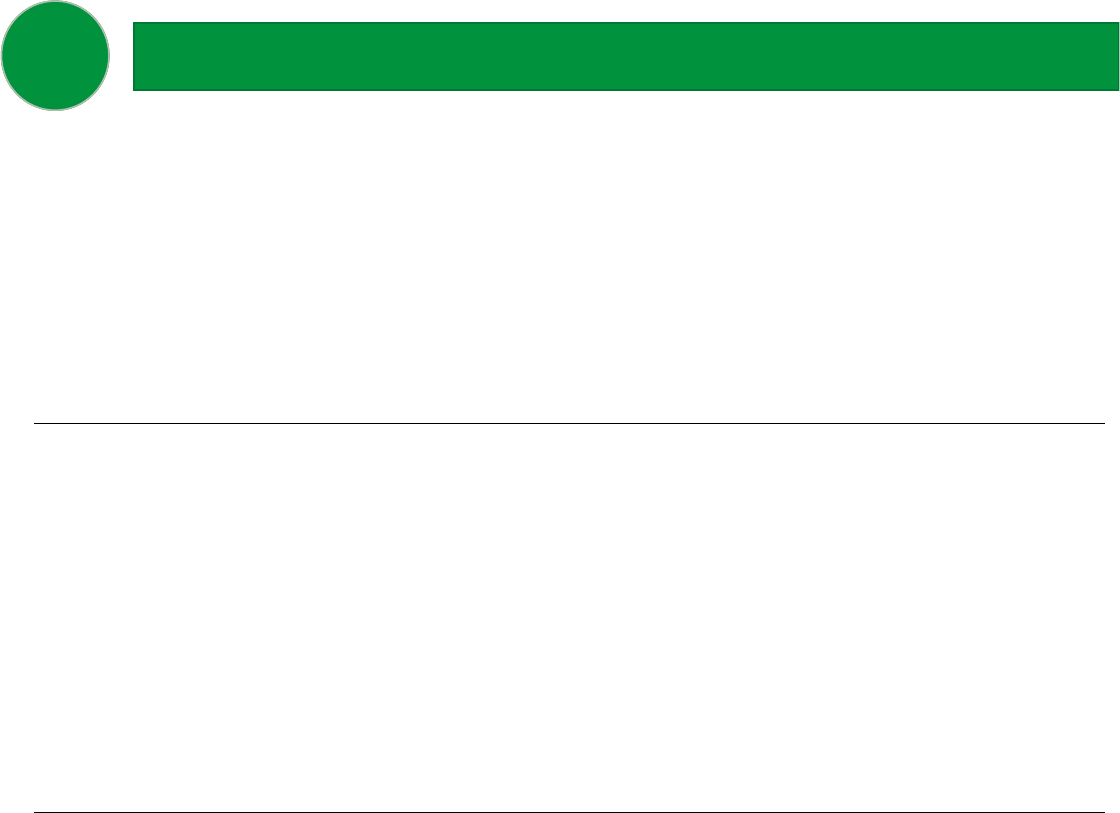
85
ACCTC Courses: Manufacturing
Mechatronics 1, 2, 3, 4
623000CW, 623100CW,
623200CW, 623300CW
Units: 1 each
Grades: 10 - 12 Apply in 9th Grade
Prerequisite: No prerequisite for Level 1; Courses taken sequenally
Mechatronics is a new interdisciplinary eld involving electrical, mechanical, instrumentaon, electronics, robocs/automaon,
computer components, and control systems. The program exposes students to a higher level of working with their hands as well
as understanding simple to complex systems. Dual credit may be available through some SC technical colleges. Provided a stu-
dent takes Introducon to Construcon and scores 70 percent on all assessments (00101-8-15), he or she does not have to repeat
these modules in Heang, Venlaon and Air Condioning (HVAC), Building Construcon, Cabinetmaking, Carpentry, Electricity,
Masonry, Mechatronics, Plumbing, and Welding.
Machine Tool Technology 1, 2, 3, 4
623000CW, 623100CW,
623200CW, 623300CW
Units: 1 each
Grades: 11 - 12 Apply in 10th Grade
Prerequisite: No prerequisite for Level 1; Courses taken sequenally
Machine Tool Technology oers a sequence of courses that provides coherent and rigorous content aligned with challenging aca-
demic standards and relevant technical knowledge and skills needed to prepare for further educaon and careers in the manufac-
turing career cluster; provides technical skill prociency, and includes competency-based applied learning that contributes to the
academic knowledge, higher-order reasoning and problem-solving skills, work atudes, general employability skills, technical
skills, and occupaon-specic skills, and knowledge of all aspects of the manufacturing career cluster. The content includes
broad, transferable skills, and stresses the understanding of all aspects of the modern machining industry, including Computer
Numerical Control/Computer-Aided Design and Manufacturing (CNC/CAD/CAM), and demonstrates such elements of the industry
as planning, management, technical and producon skills, underlying principles of technology, labor issues, community issues,
and health, safety, and environmental issues. Students must complete the 10-hour General Industry Occupaonal Safety and
Health Administraon (OSHA) course/assessment and receive the card.
Welding Technology 1, 2, 3, 4 (Level 3-4 Honors)
634000CW, 634100CD,
634200HD, 634300HD
Units: 1, 2, 2
Grades: 11 - 12
Apply in 10th grade
Prerequisite: No prerequisite for Level 1; Courses taken sequenally
Welding Technology is designed to provide students with the skills and knowledge to eecvely perform cung and welding ap-
plicaons used in the construcon industry or in advanced manufacturing. Students will develop prociency in fundamental safe-
ty pracces in welding, interpreng drawings, creang computer-aided drawings, idenfying and using joint designs, eciently
laying out parts for fabricaon. This program will provide the students with skills in basic Shielded metal arc welding (SMAW), gas
metal arc welding (GMAW), Flux core arc welding (FCAW), Gas tungsten arc welding (GTAW), as well as quality control methods.
Provided a student takes Introducon to Construcon and scores 70 percent on all assessments (00101-8-15), he or she does not
have to repeat these modules in Heang, Venlaon and Air Condioning (HVAC), Building Construcon, Cabinetmaking, Car-
pentry, Electricity, Masonry, Mechatronics, Plumbing, and Welding.
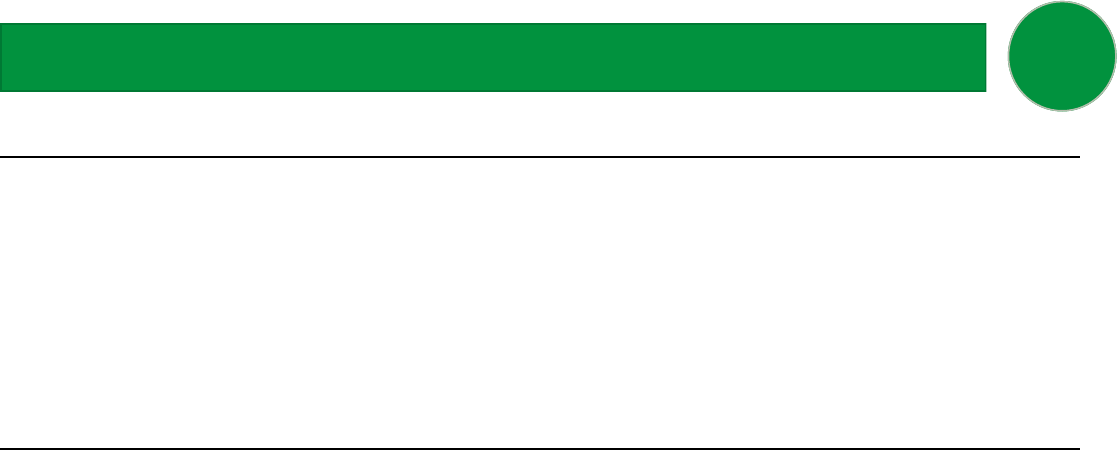
86
ACCTC Courses: Transportaon, Distribuon, & Logiscs
Automove Technology 1, 2, 3 and 4
603000CW, 603100CW
603200CW, 603300CW
Units: 1 unit per course
Grades: 11 - 12
Prerequisite: None for level 1; courses must be taken sequenally
This program oers a sequence of courses that provides coherent and rigorous content aligned with challenging academic stand-
ards and relevant technical knowledge and skills needed to prepare for further educaon and careers in the Transportaon, Distri-
buon, and Logiscs career cluster. The Automove Technology program provides technical skill prociency and includes compe-
tency-based applied learning that contributes to the academic knowledge, higher-order reasoning and problem-solving skills, work
atudes, general employability skills, technical skills and occupaon-specic skills, and knowledge of all aspects of the Transporta-
on, Distribuon, and Logiscs career cluster.
Diesel Engine Technology 1, 2, 3 and 4
631000CW, 631100CW
631200CW, 631300CW
Units: 1 unit per course
Grades: 10 - 12
Prerequisite: None for level 1; courses must be taken sequenally
The Diesel Engine Technology program is designed to prepare students to perform entry-level maintenance and repair tasks under
the supervision of an experienced technician. Upon successful compleon of the program, students will have the opportunity to
obtain the ASE Inspecon, Maintenance and Minor Repair and Diesel Engine entry-level cercaons, as well as other industry
cercaons. 540 hours minimum for Inspecon Maintenance & Minor Repair (IMMR) accredited program; 740 hours for Medi-
um/Heavy Truck Service Technology (TST) program; 1040 hours for Medium/Heavy Master Truck Service Technology (MTST) pro-
gram.

87
Work Based Credit is an oponal learning opportunity designed to provide career-related work experiences that enhance classroom
studies. Students take part of their class me working with businesses and industries. Experiences can include apprenceship,
cooperave educaon, and internships which give the student invaluable training that supplements their regular classroom and career
experience. Students must complete an applicaon that includes site supervisor approval and parent permission. Students should work
with the career specialist, counselor, and the supervising teacher to complete the applicaon.
(WBC) Work Based Credit by Course Code
WBC: Agriculture, Food, and Natural Resources 569000CW
Horcultural Science
WBC: Architecture & Construcon 669000CW
Electricity
WBC: Arts, AV Technology & Communicaons 529000CW
Adversing Design, Digital Art & Design,
Fashion Design & Apparel Construcon, Graphics Technology
WBC: Business, Management, and Administraon 549000CW
Business Informaon & Support Systems, Business Financial
Management, Management & Business Analysis
WBC: Finance 619000CW
Accounng & Business Finance
WBC: Educaon & Training 639000CW
Early Childhood Educaon
WBC: Health Science 559000CW
Health Science Technology
WBC: Public Health 558800CW
Public Health
WBC: Sports Medicine 559100CW
Sports Medicine
WBC: Human Services 579000CW
Early Childhood, Braiding, Nail Tech, Cosmetology, Barbering
WBC: Hospitality & Tourism 519000CW
Culinary Arts
WBC: Informaon Technology 539000CW
Computer Programming, Computer Service Technology, Oracle
WBC: Law Enforcement 659000CW
Law Enforcement, Emergency & Fire Management (Fireghter)
WBC: Manufacturing 649000CW
Electronics, Mechatronics-IST, Welding Technology, Machine Tool Technology
WBC: Markeng, Sales, & Service 509100CW
Markeng
WBC: Pre-Engineering/Engineering and Industrial Technology 609000CW
Pre-Engineering
WBC: Transportaon, Distribuon, & Logiscs 679000CW
Automove Technology, Diesel Technology
WBC: Science, Technology, Engineering and Math 689000CW
Science, Engineering and Math
Work Based Credit
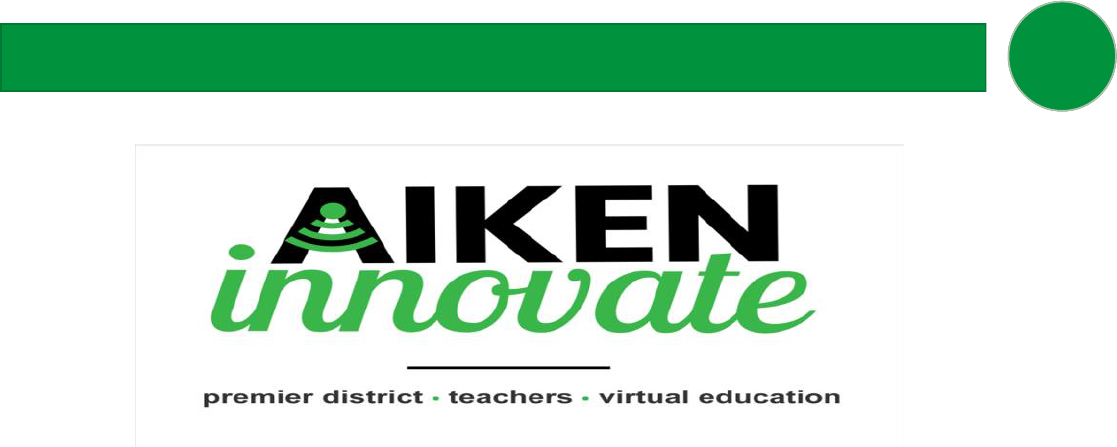
88
AIKEN iNNOVATE
Aiken County Public Schools (ACPSD) is an experienced leader in high-
quality virtual educaon. ACPSD is the state's largest VirtualSC
franchise and the rst school District in the state to develop our own
virtual program as a franchisee of VirtualSC. Through Aiken iNNOVATE
(also referred to as Ai) we are excited to oer full-me virtual learning
for students in 6th-12th grade.
Parents/Guardians who select Ai can expect to have direct instrucon
provided virtually by local teachers cered in the specic course
and/or grade level who are 100% dedicated to online teaching and
learning. Students will engage in scheduled virtual meengs, collabo-
rave discussions, and assignments involving interacve resources
that are completed at home. Enrolling a student in Aiken iNNOVATE
will require the commitment of a student's parent/guardian to en-
sure that students are successful.
Students in Aiken iNNOVATE will remain fully-enrolled in their regular
school, with all opportunies available to them such as extra-
curricular acvies, clubs, plays, graduaon, etc. The student-teacher
relaonship is crical to all learning environments. The unique ability
for our teachers to create, sustain, and nurture relaonships with
students in a digital environment has been crical to the success of
ACPSD's virtual oerings.

89
INTRODUCTION AND GOALS
The Aiken County Virtual Academy was created to give our students addional
learning opportunies, provide opons for taking coursework, and to expand op-
portunies to earn high school credit. All of our courses are taught by highly quali-
ed Aiken County teachers.
The goal of the Aiken County Virtual Academy is to increase graduaon rates, re-
duce retenon, create content recovery opons, present virtual curriculum to stu-
dents in grades 7-12, and to assist in giving students exible scheduling opons.
This includes extending coursework beyond the school day and also oering sum-
mer sessions.
COURSE OFFERINGS
Course oerings are updated each semester based on student need. For the most
updated lisng of opons, please visit our Aiken County Virtual Academy webpage
under “Departments” at www.acpsd.net
Courses are oered in the following content areas:
English
Math
Science
Social Studies
PE and Health
Career and Technology Educaon
COURSE REGISTRATION
Course registraon is completed online and should be completed by the student
aer receiving advisement from their school counselor along with parent permis-
sion.
Aiken County Virtual Academy
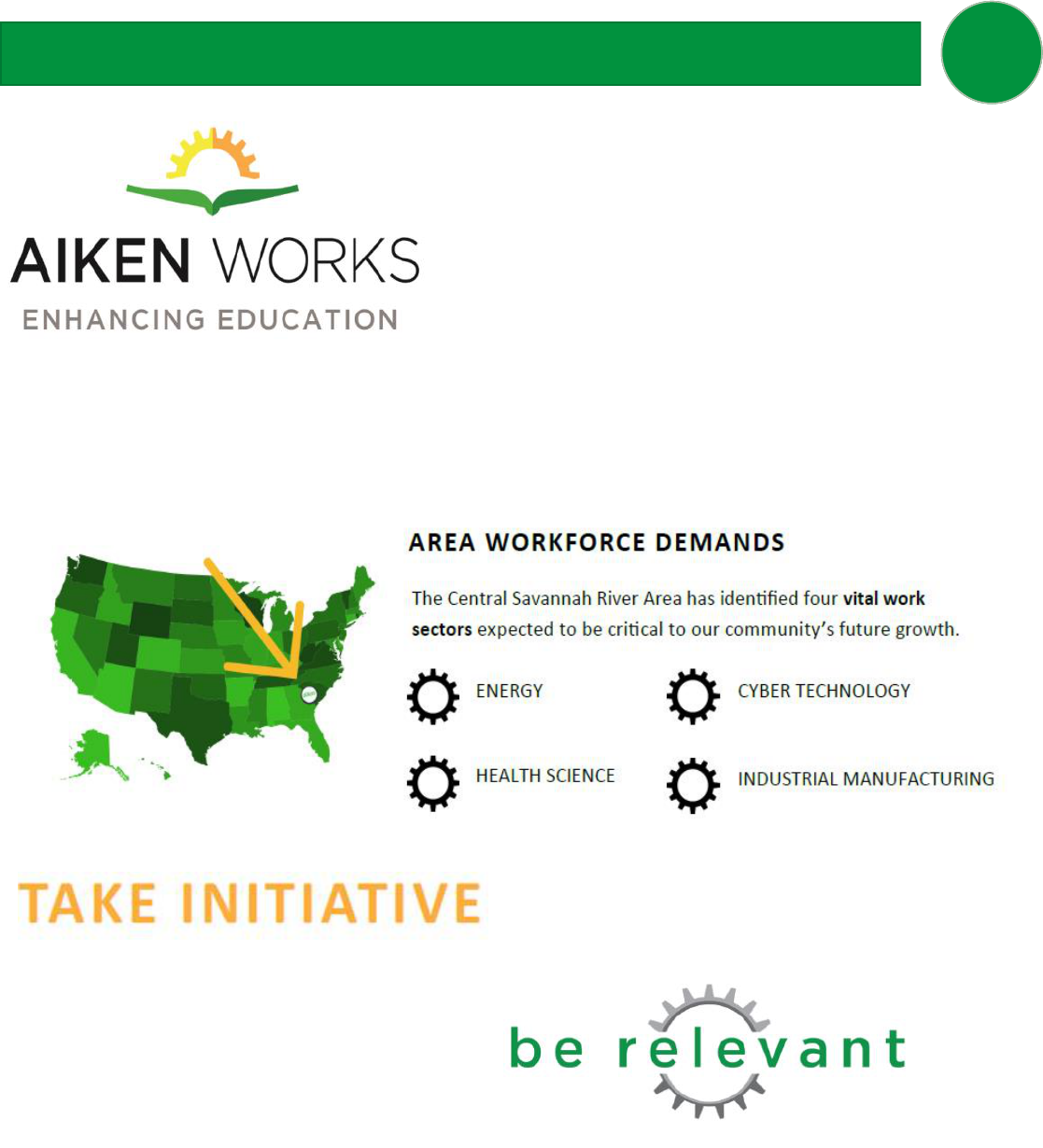
90
Aiken Works
www.AikenWorks.org
Contact Larry Millstead for more informaon at
lmillst[email protected]t
Join Aiken County Public School District as we acvely seek to engage business and industry partners
to provide hands-on experiences for students. Our goal is for students to gain valuable skills that are
needed to sustain our community’s workforce and economic vitality for years to come.

Aiken County Career & Technology Center
2455 Jeerson Davis Highway
Warrenville, SC 29851
Phone 803-593-7300
Fax 803-593-7115
Kenneth Lo, Director
klo@acpsd.net
www.acpsd.net/acctc
Aiken High School
449 Rutland Drive
Aiken, SC 29801
Phone 803-641-2500
Fax 803-641-2501
Alisa Hamrick, Principal
www.acpsd.net/ahs
Aiken Scholars Academy
471 University Parkway
Aiken, SC 29801
Phone 803-306-1400
Martha Messick, Principal
www.acpsd.net/aikenscholarsacademy
Midland Valley High School
227 Mustang Drive
Graniteville, SC 29829
Phone 803-593-7100
Fax 803-593-7106
Sheldon Higgenboom, Principal
shiggenbo[email protected]
www.acpsd.net/mvhs
North Augusta High School
2000 Knobcone Avenue
North Augusta, SC 29841
Phone 803-442-6100
Fax 803-442-6127
John Murphy, Principal
www.acpsd.net/nahs
Ridge Spring Monea Middle/High School
10 J. P. Kneece Drive
Monea, SC 29105
Phone 803-685-2100
Fax 803-685-2108
Mahew Shepler, Principal
www.acpsd.net/rsmmhs
Silver Blu High School
64 DeSoto Dr.
Aiken, SC 29803
Phone 803-652-8100
Fax 803-652-8104
Kae Hawks, Principal
www.acpsd.net/sbhs
South Aiken High
232 East Pine Log Rd.
Aiken, SC 29803
Phone 803-641-2600
Fax 803-641-2607
Samuel Fuller, Principal
www.acpsd.net/sahs
Wagener-Salley High
272 Main St. S.
Wagner, SC 29164
Phone 803-564-1100
Fax 803-564-1109
Rasheem Neloms, Principal
www.acpsd.net/wshs
